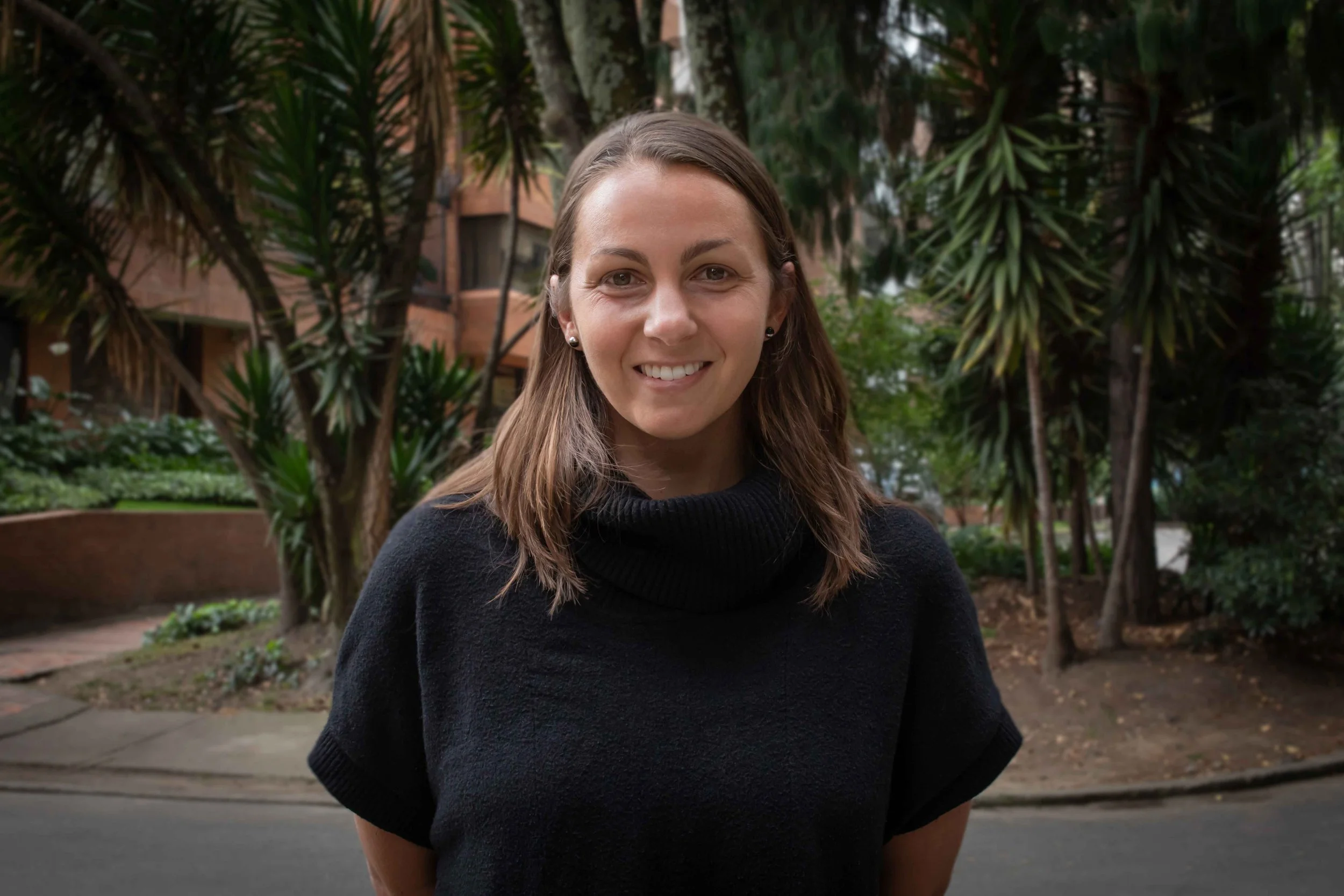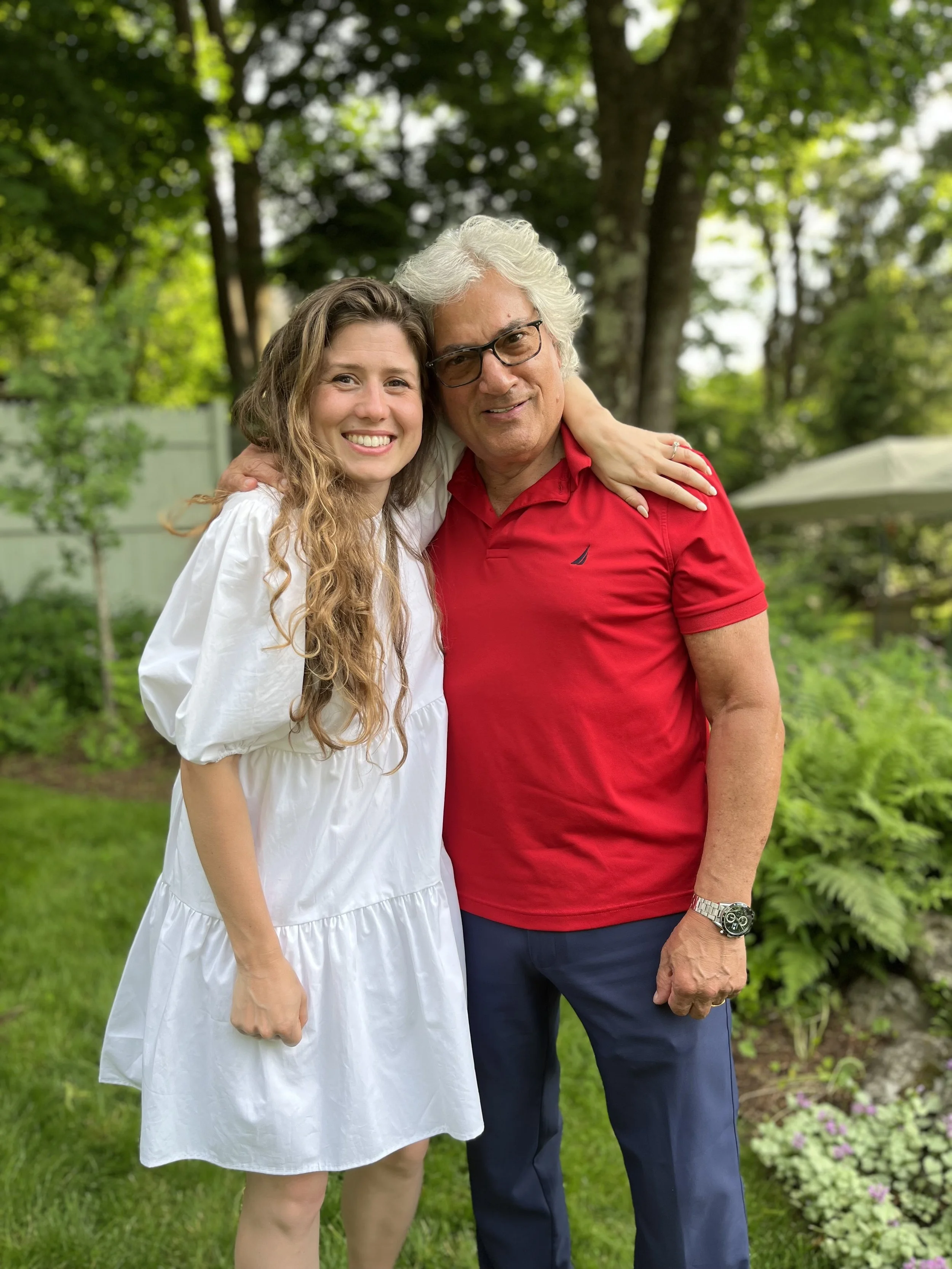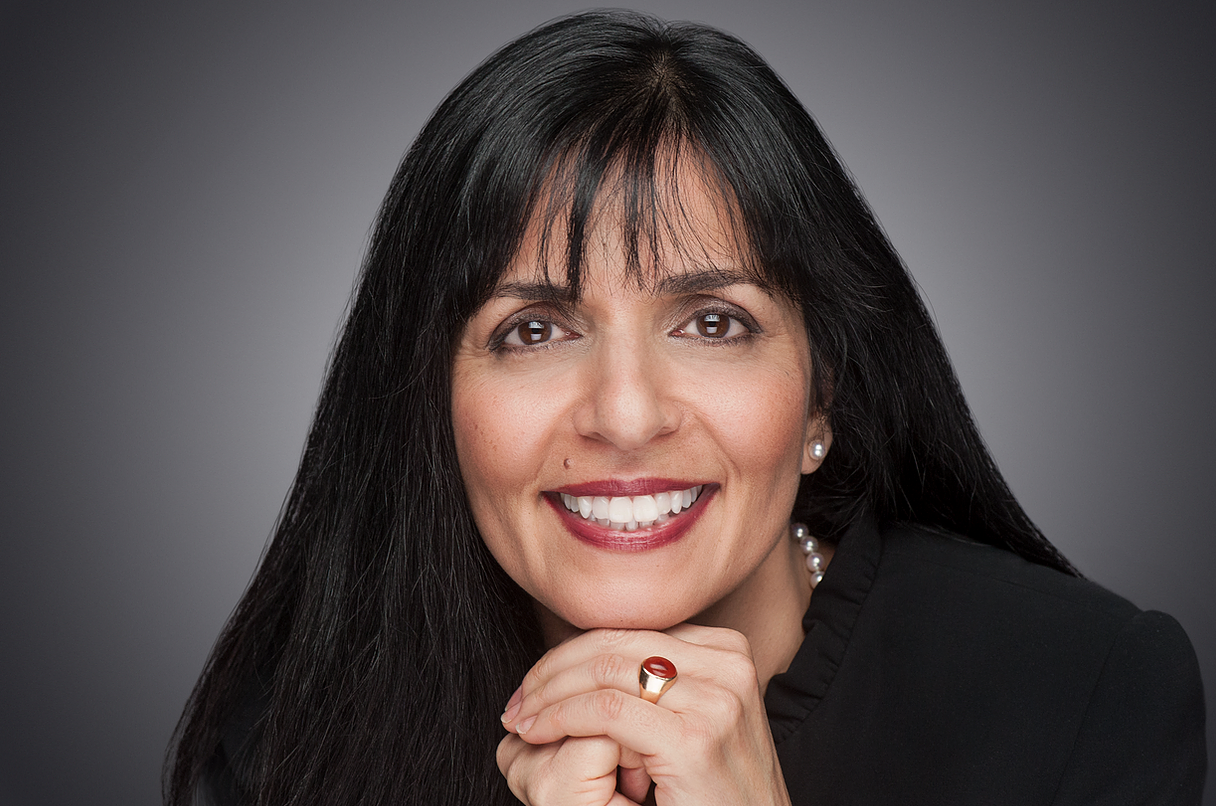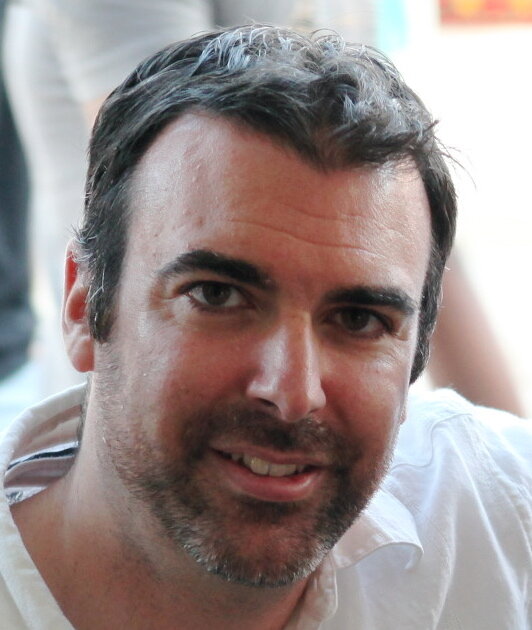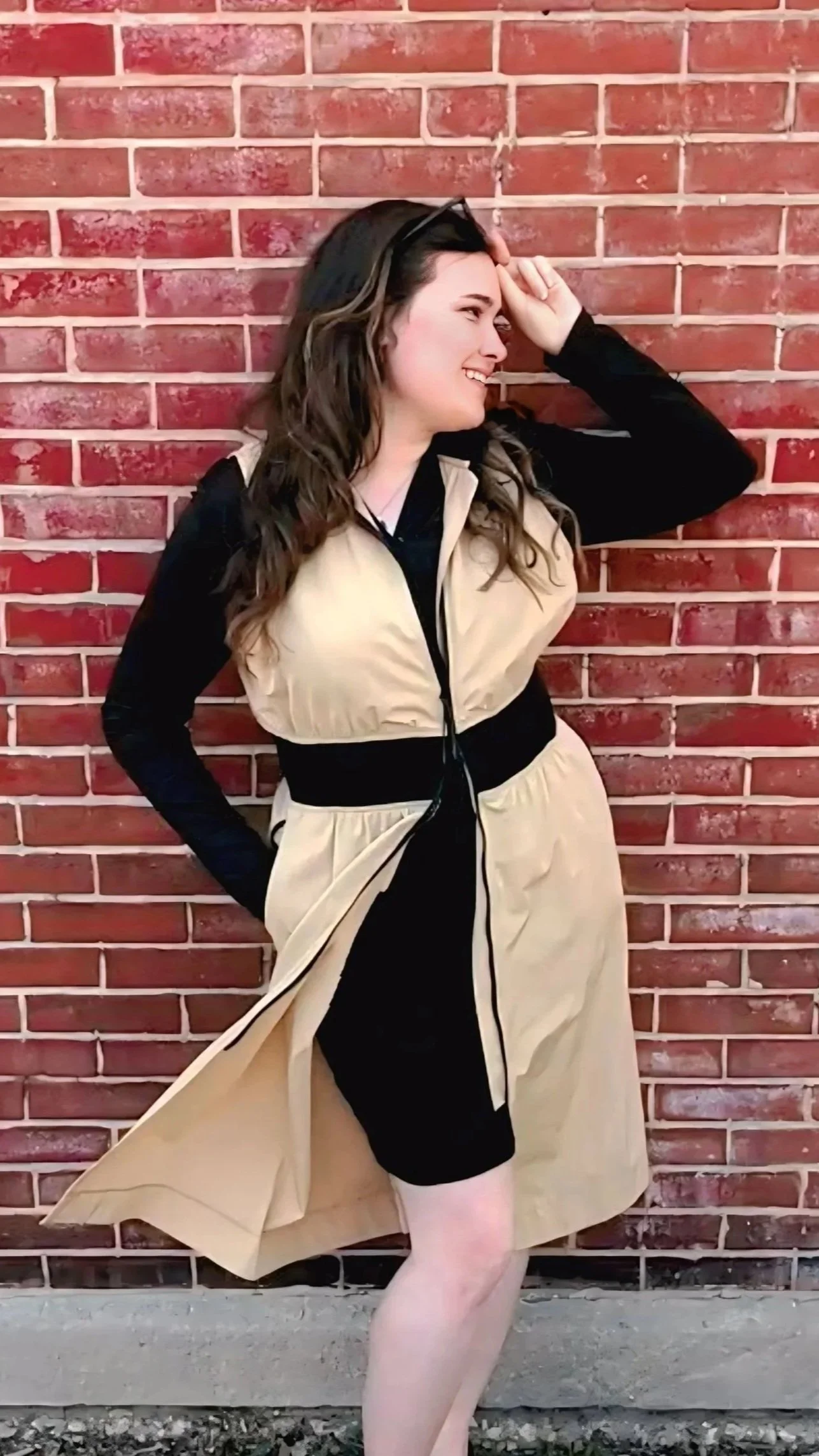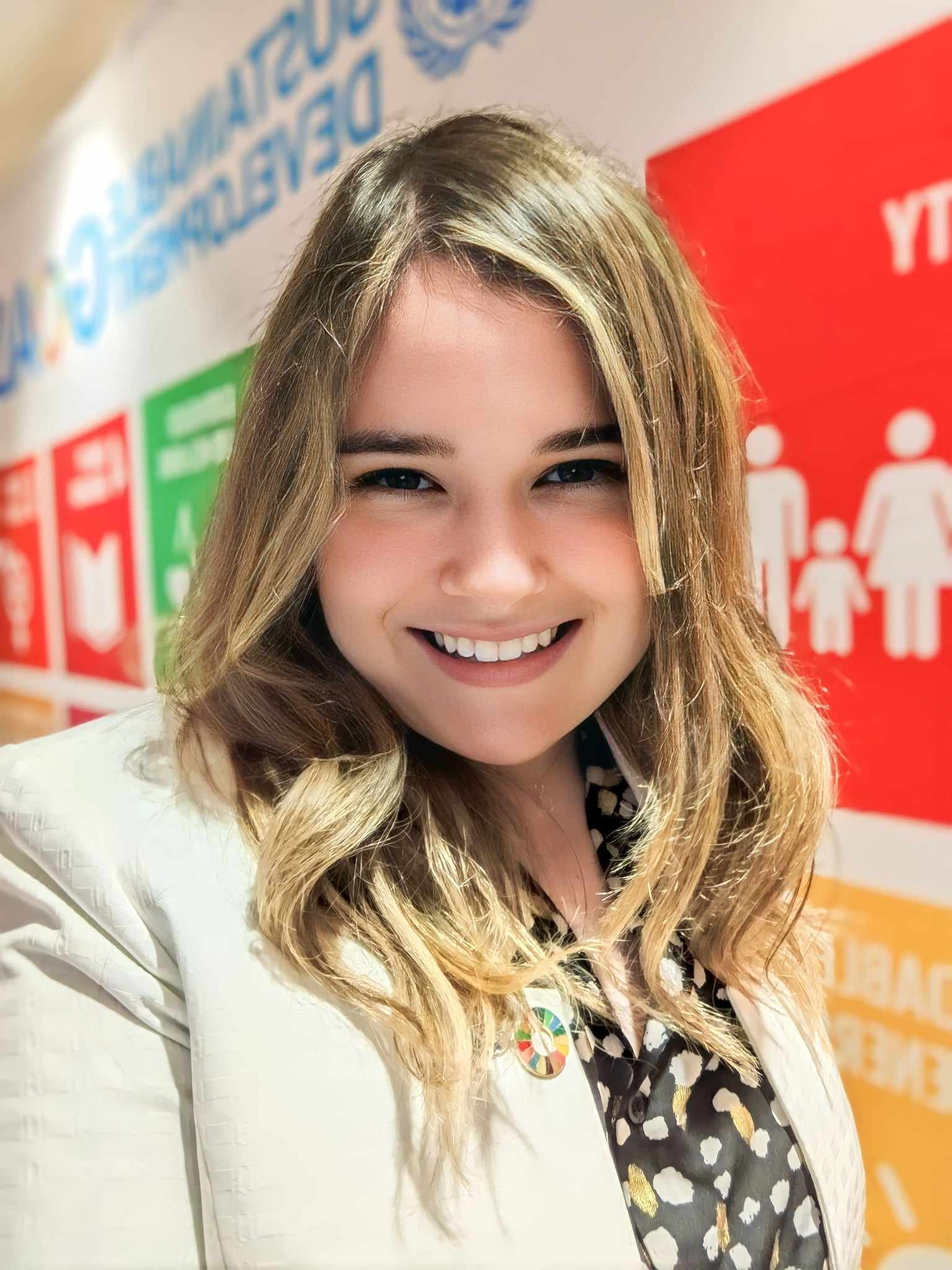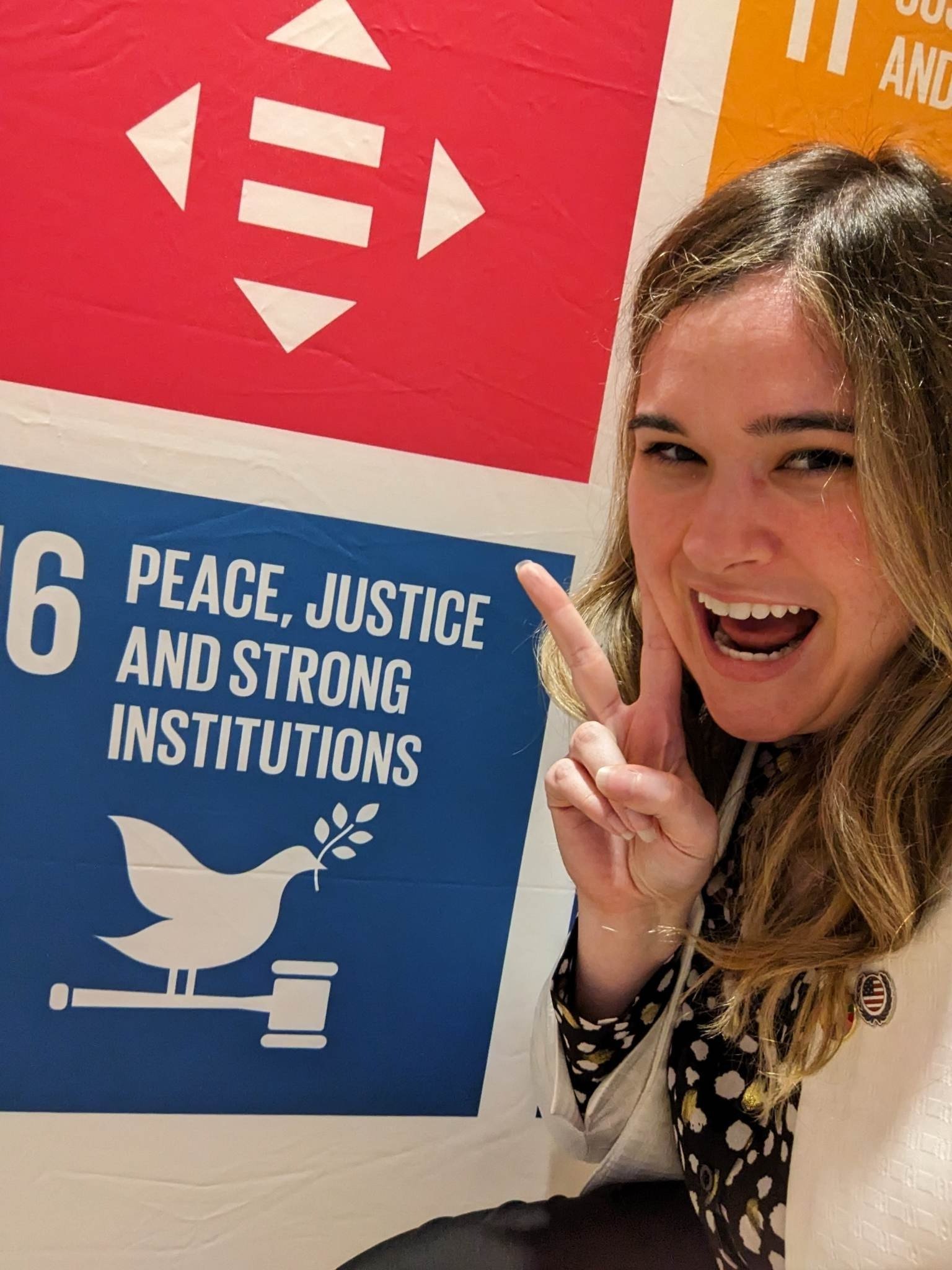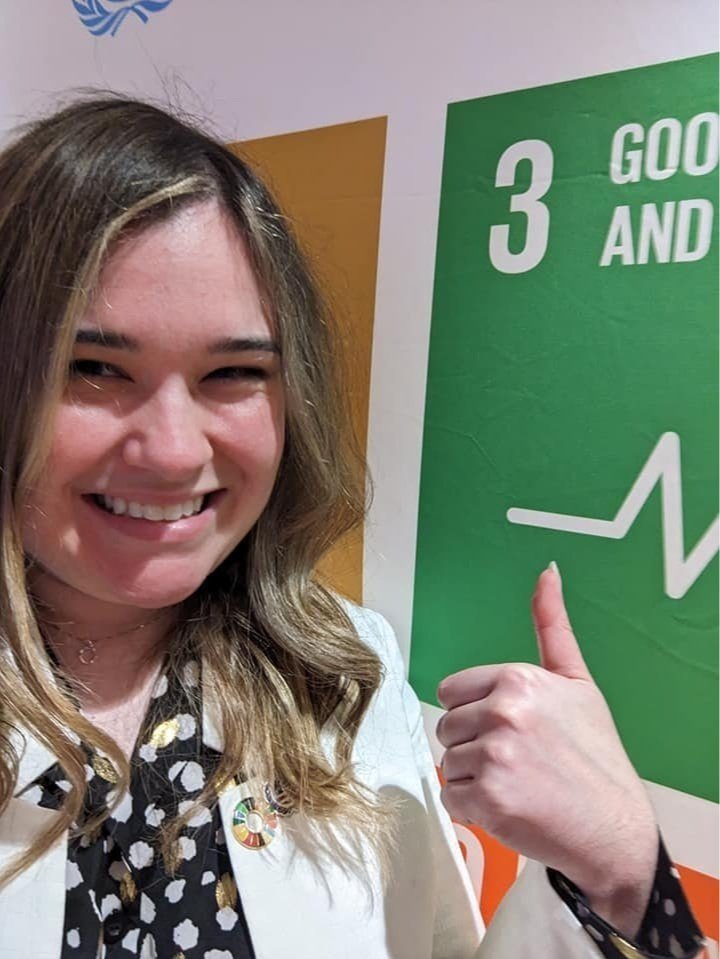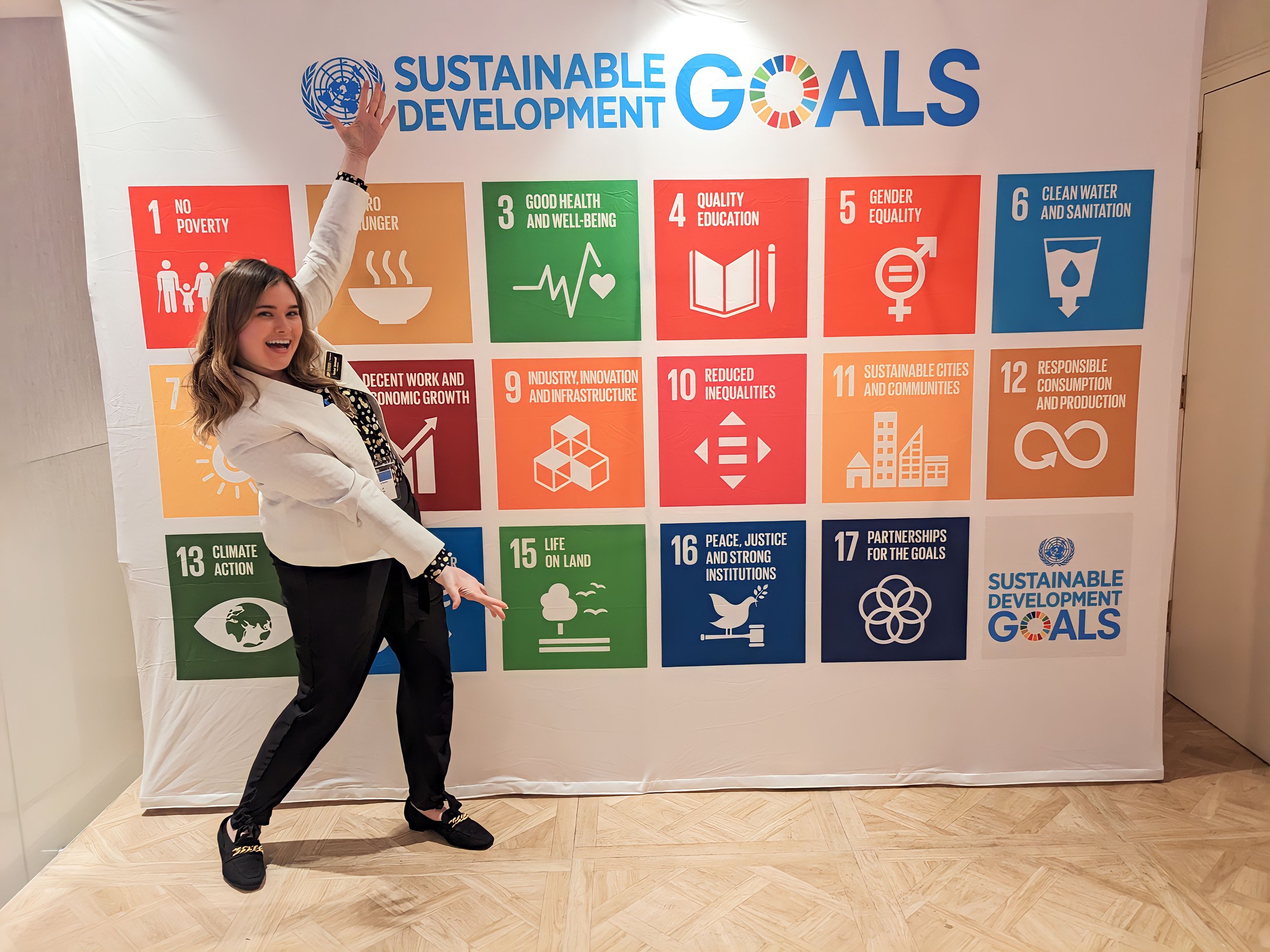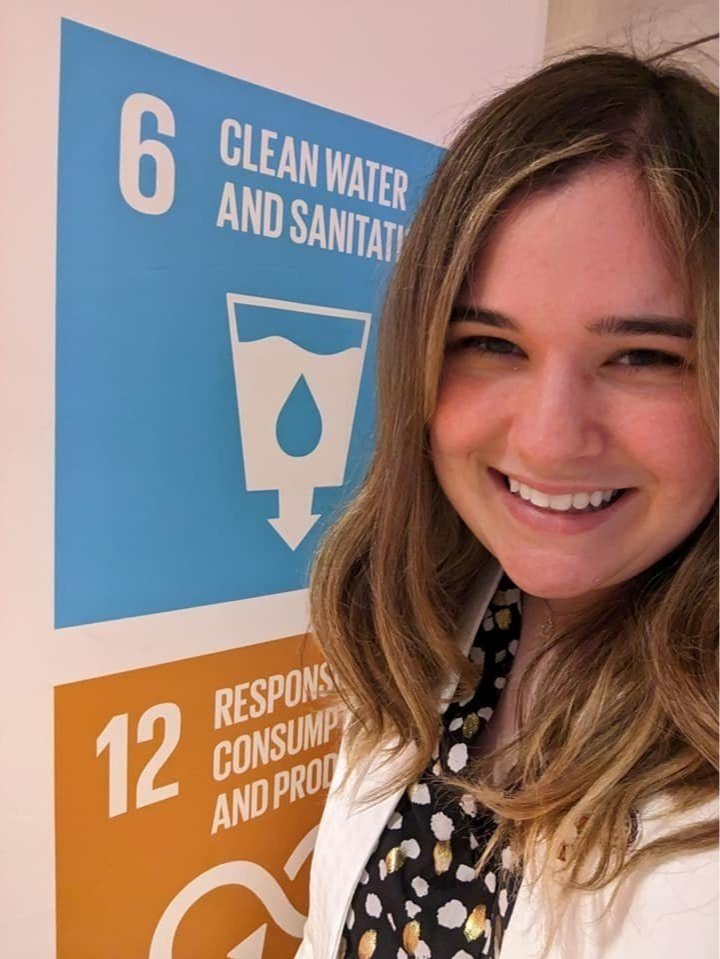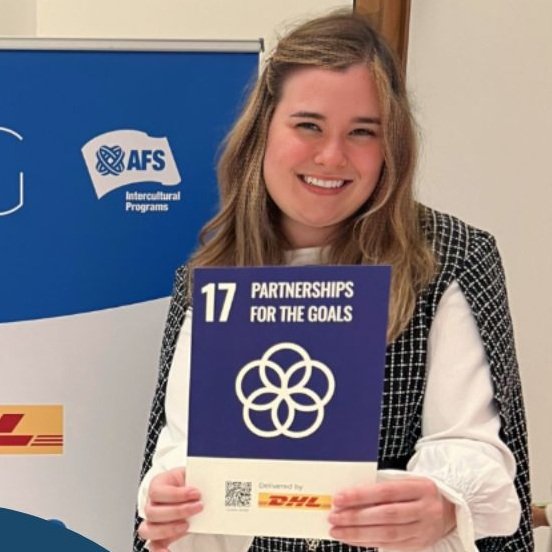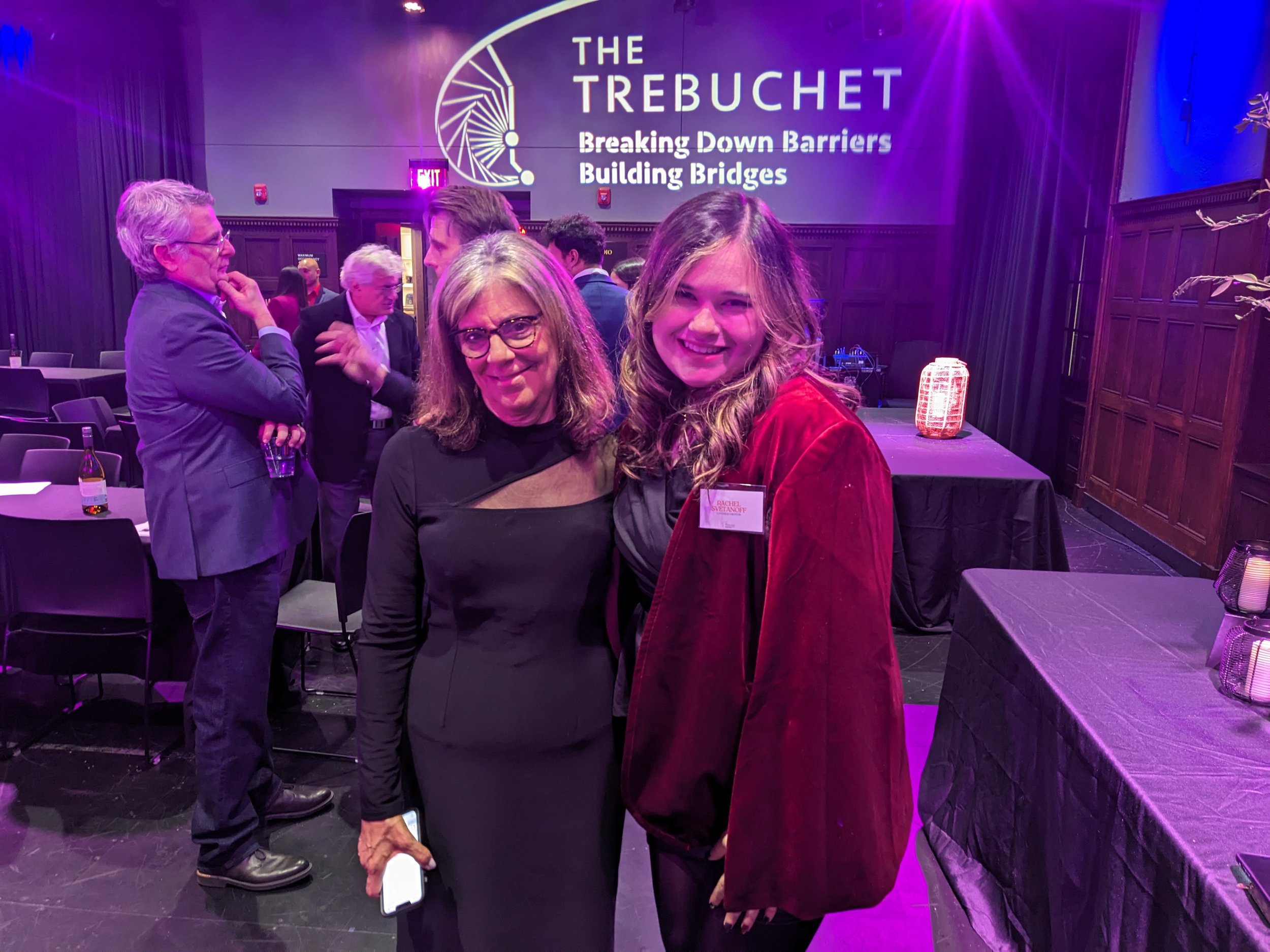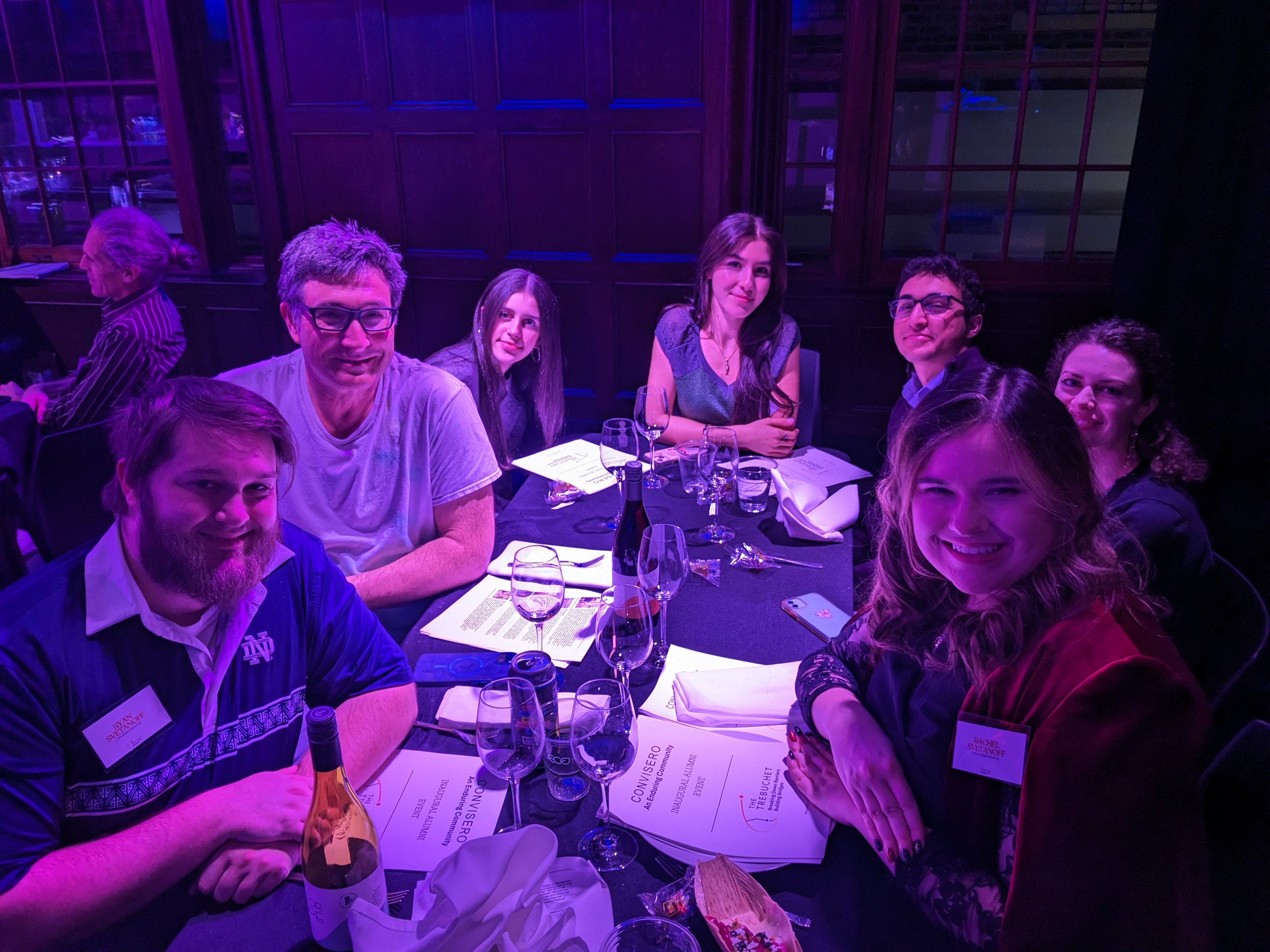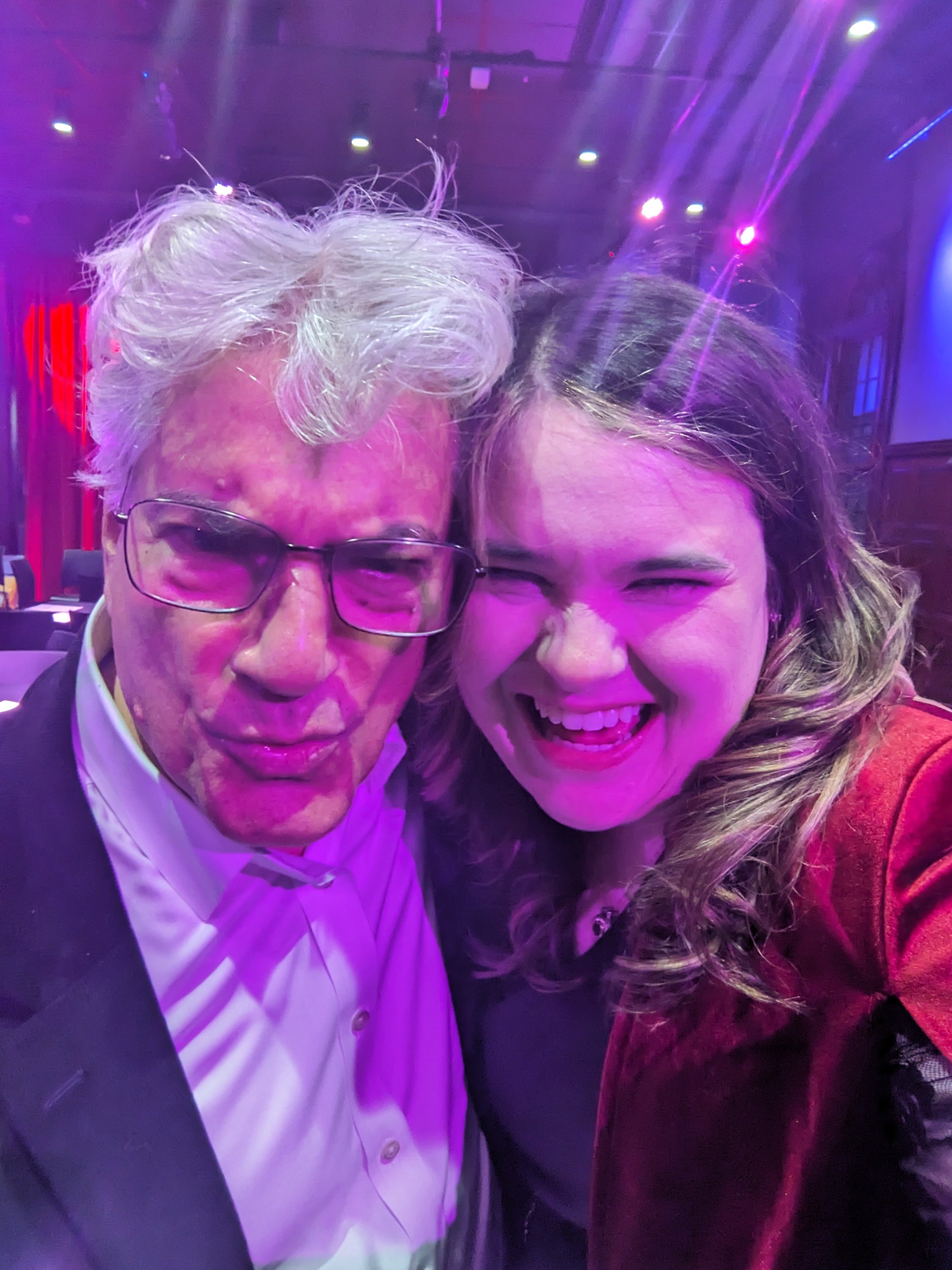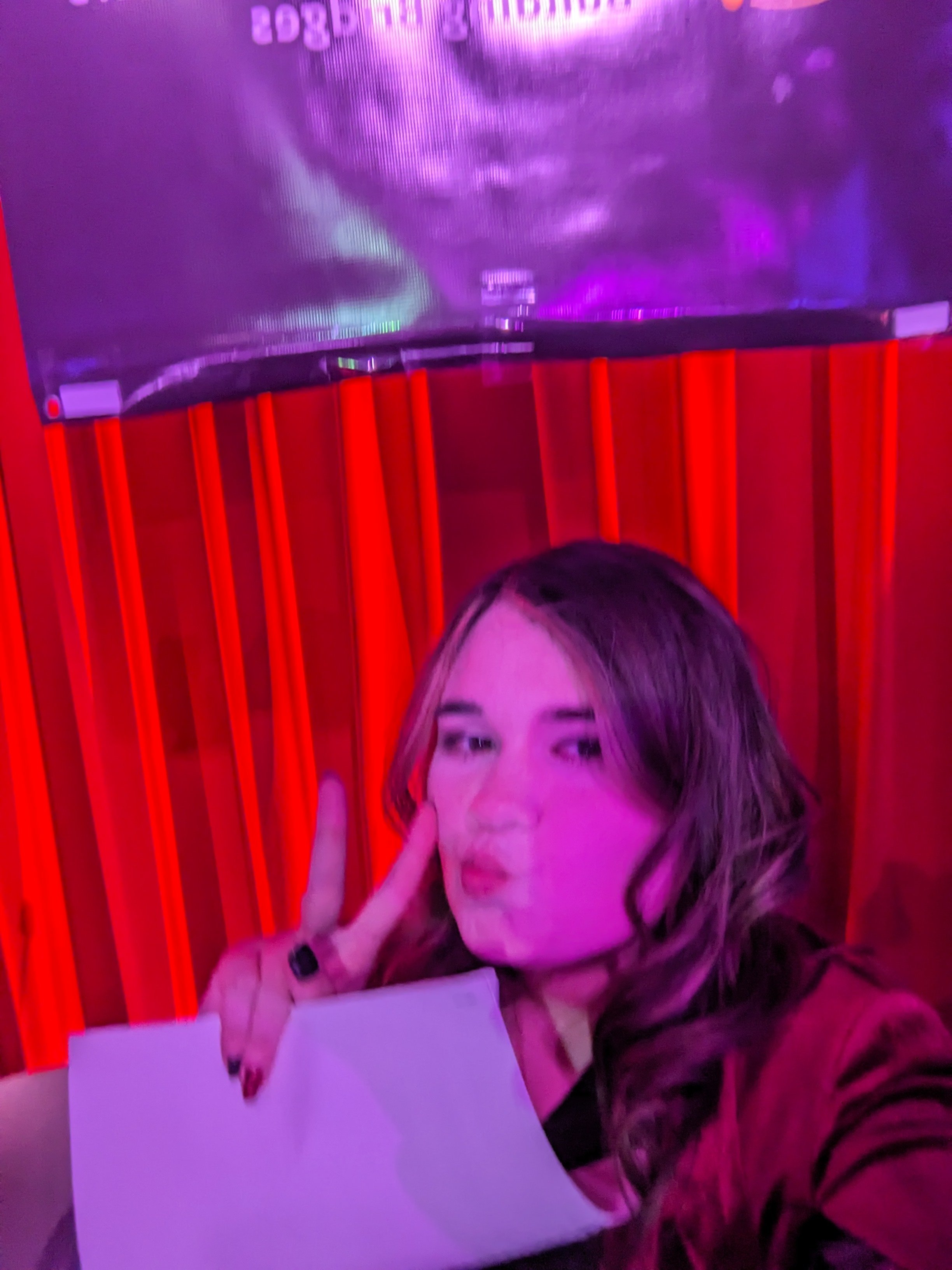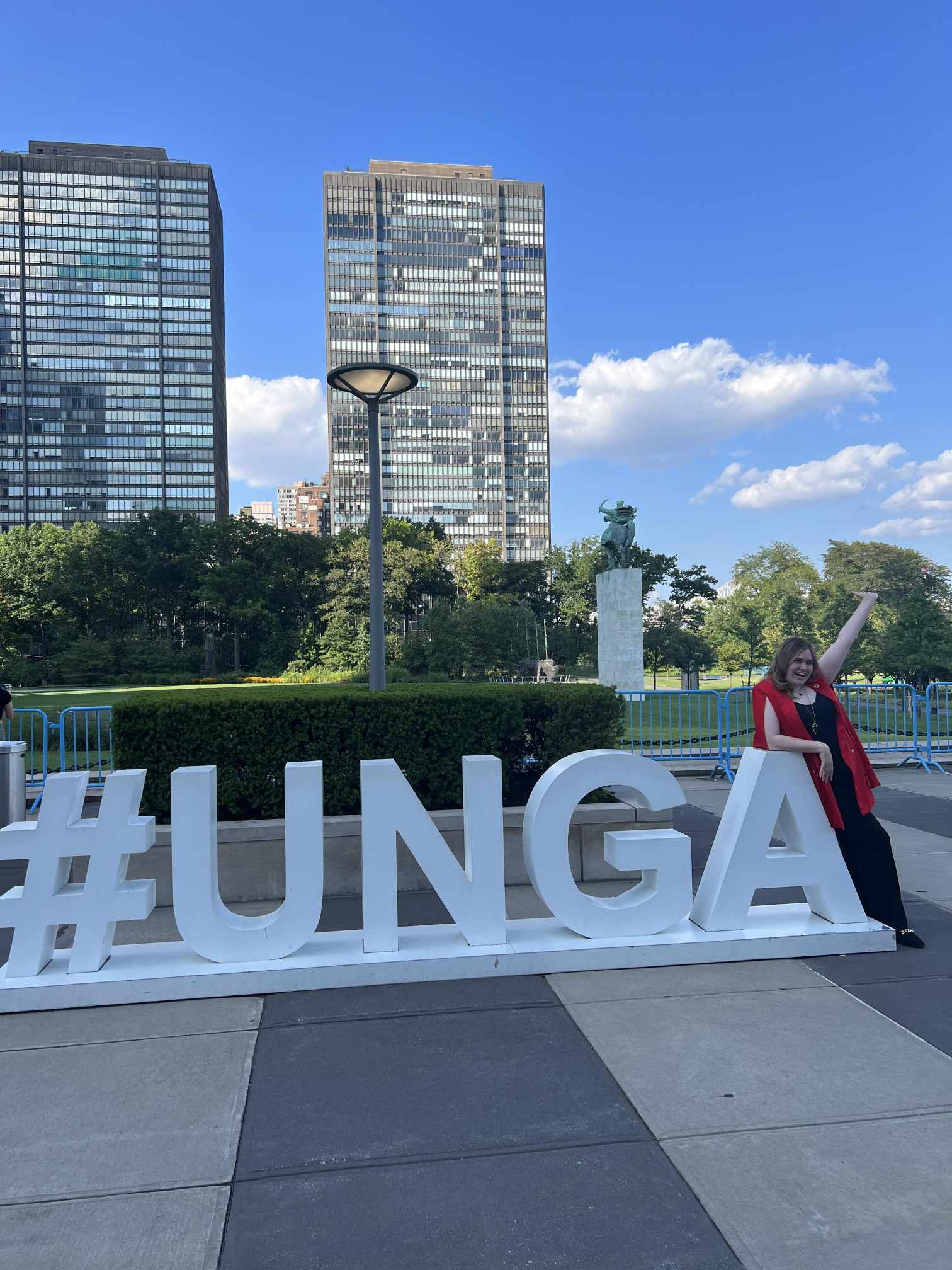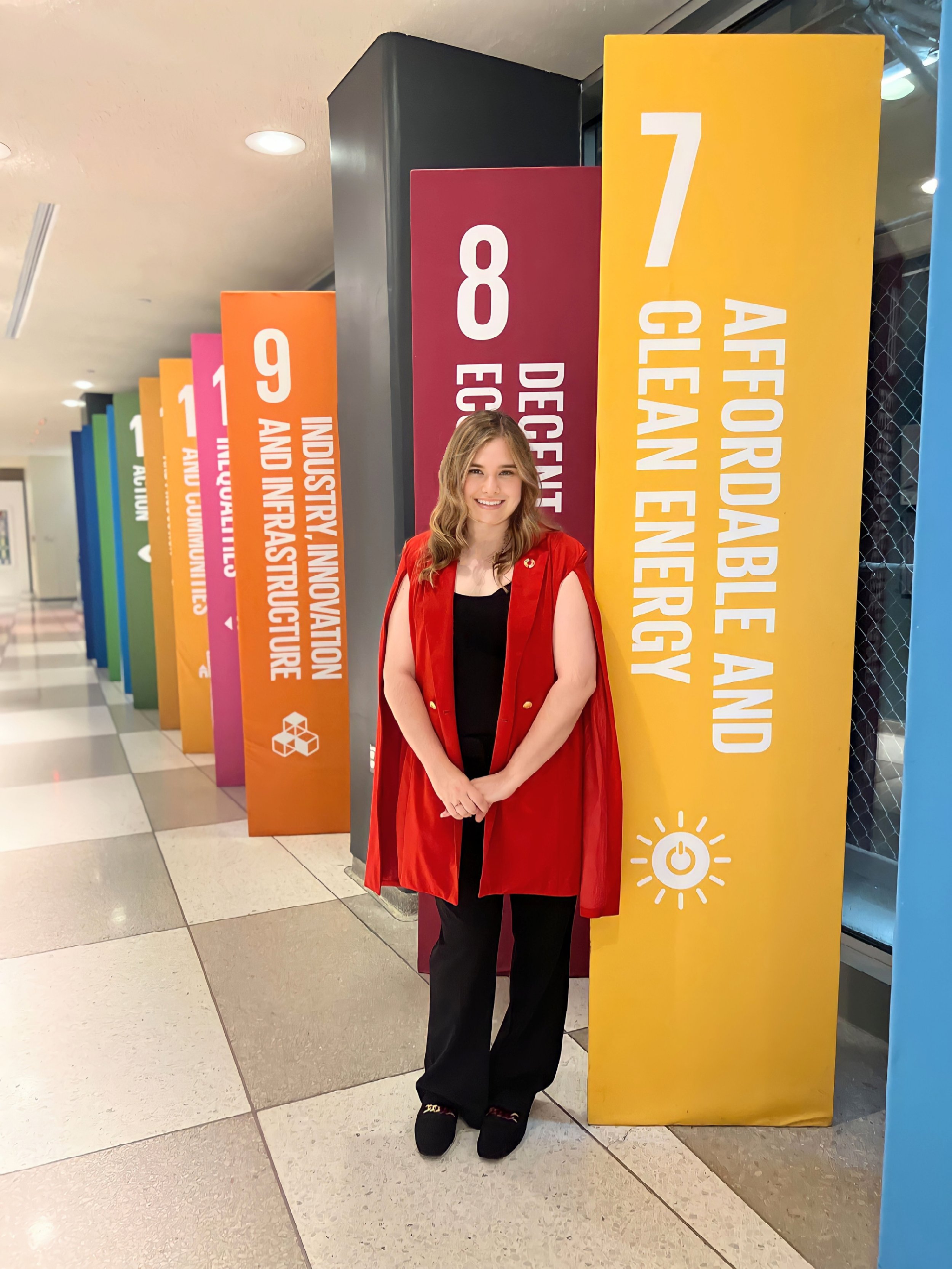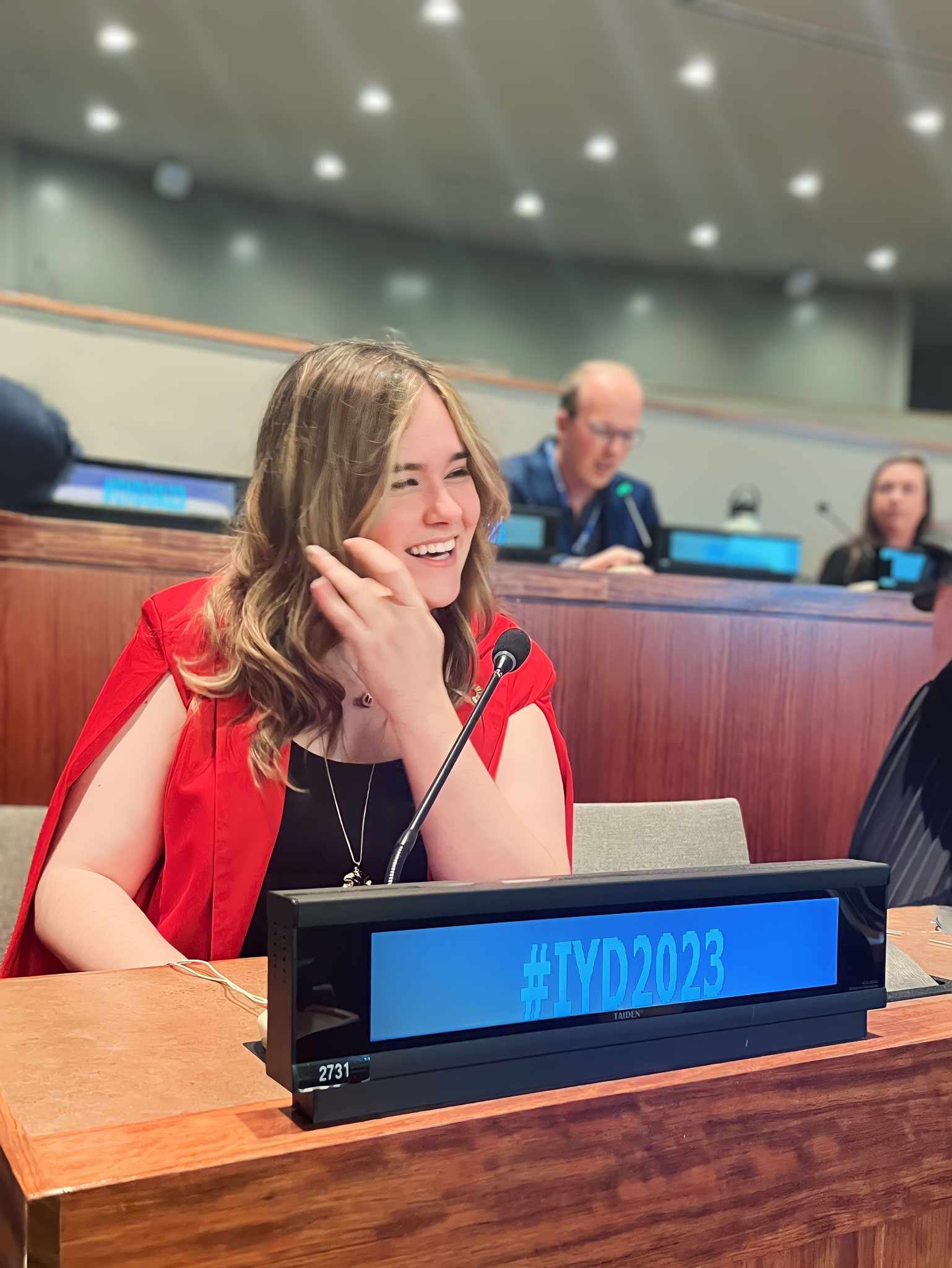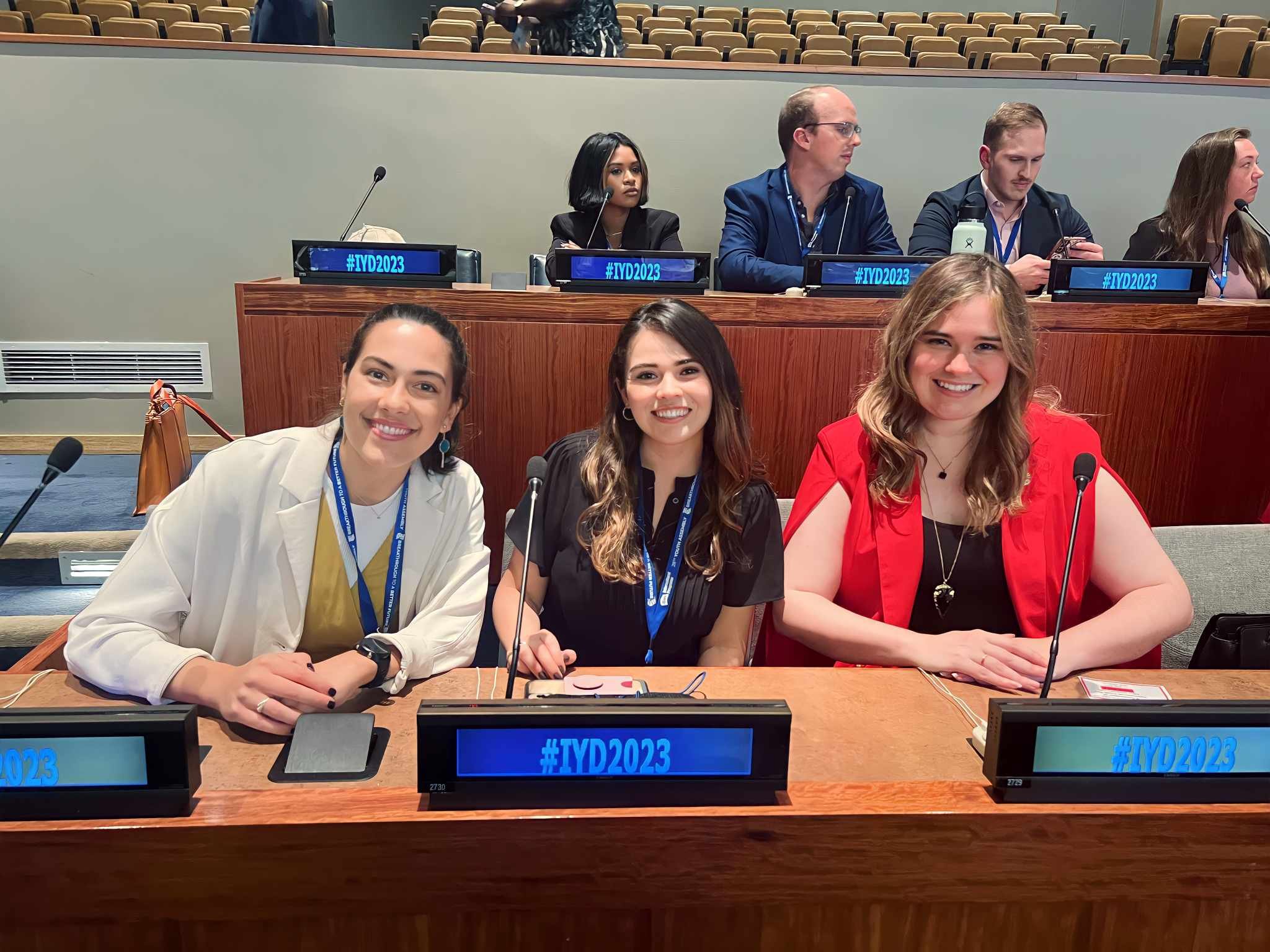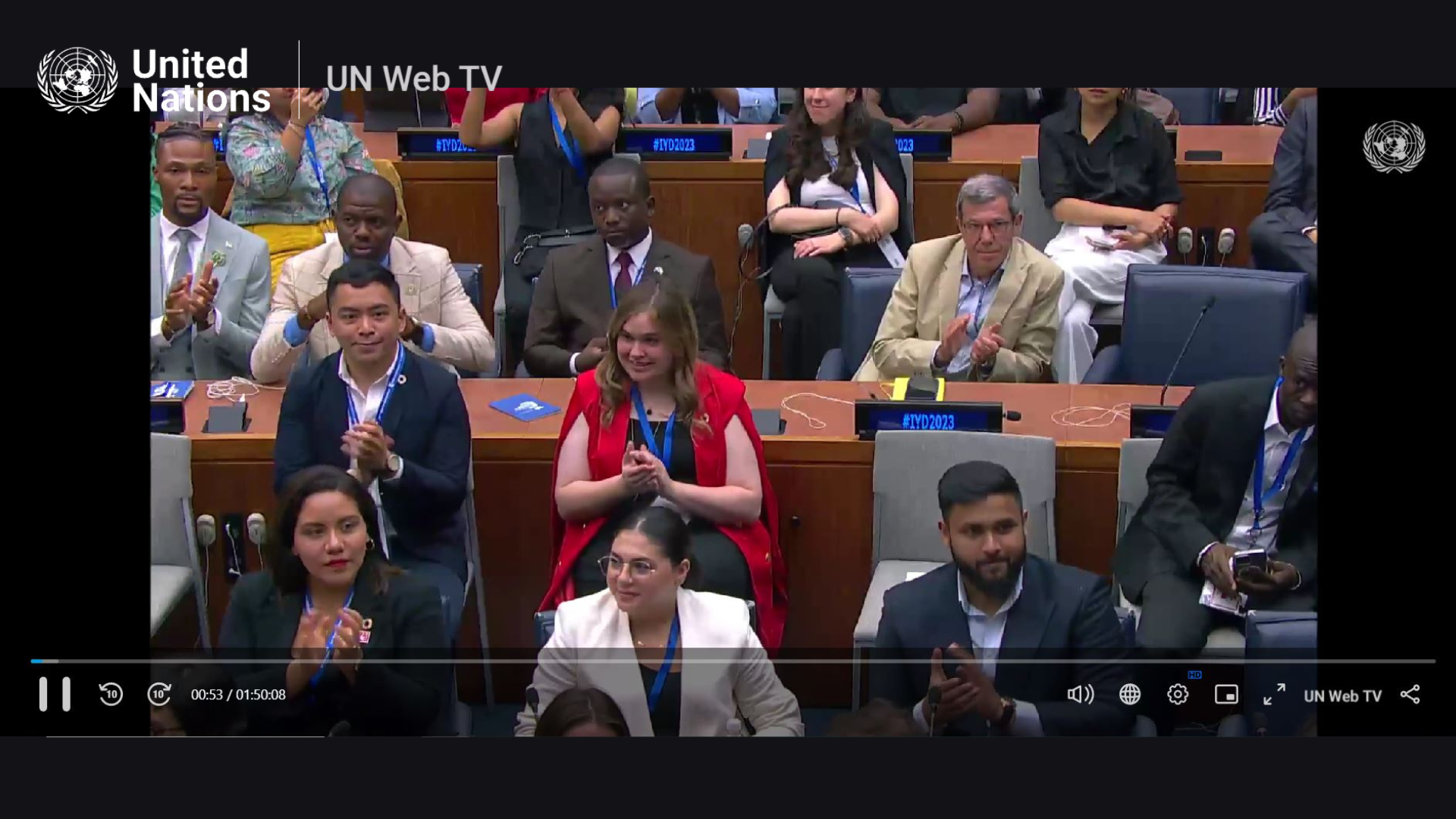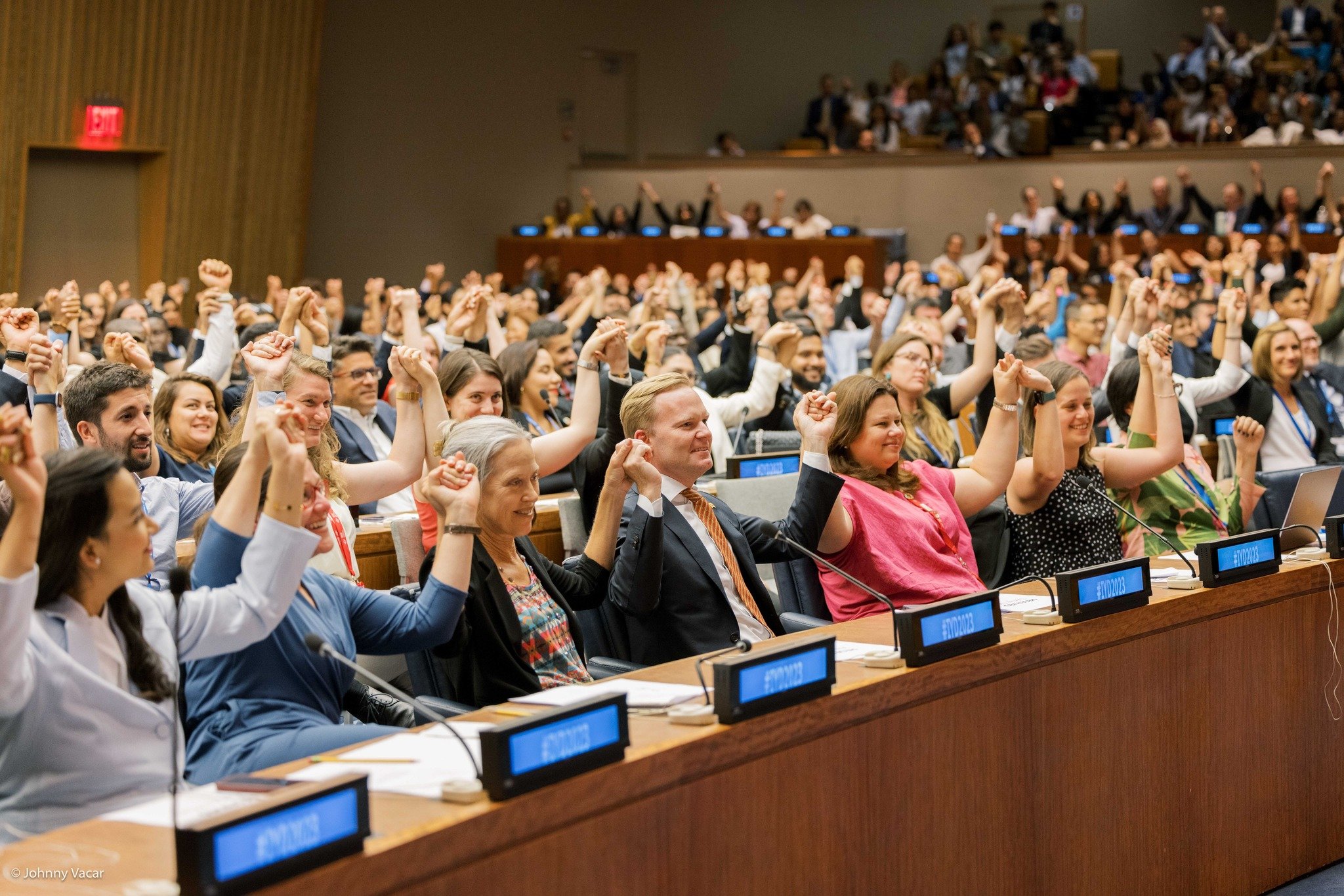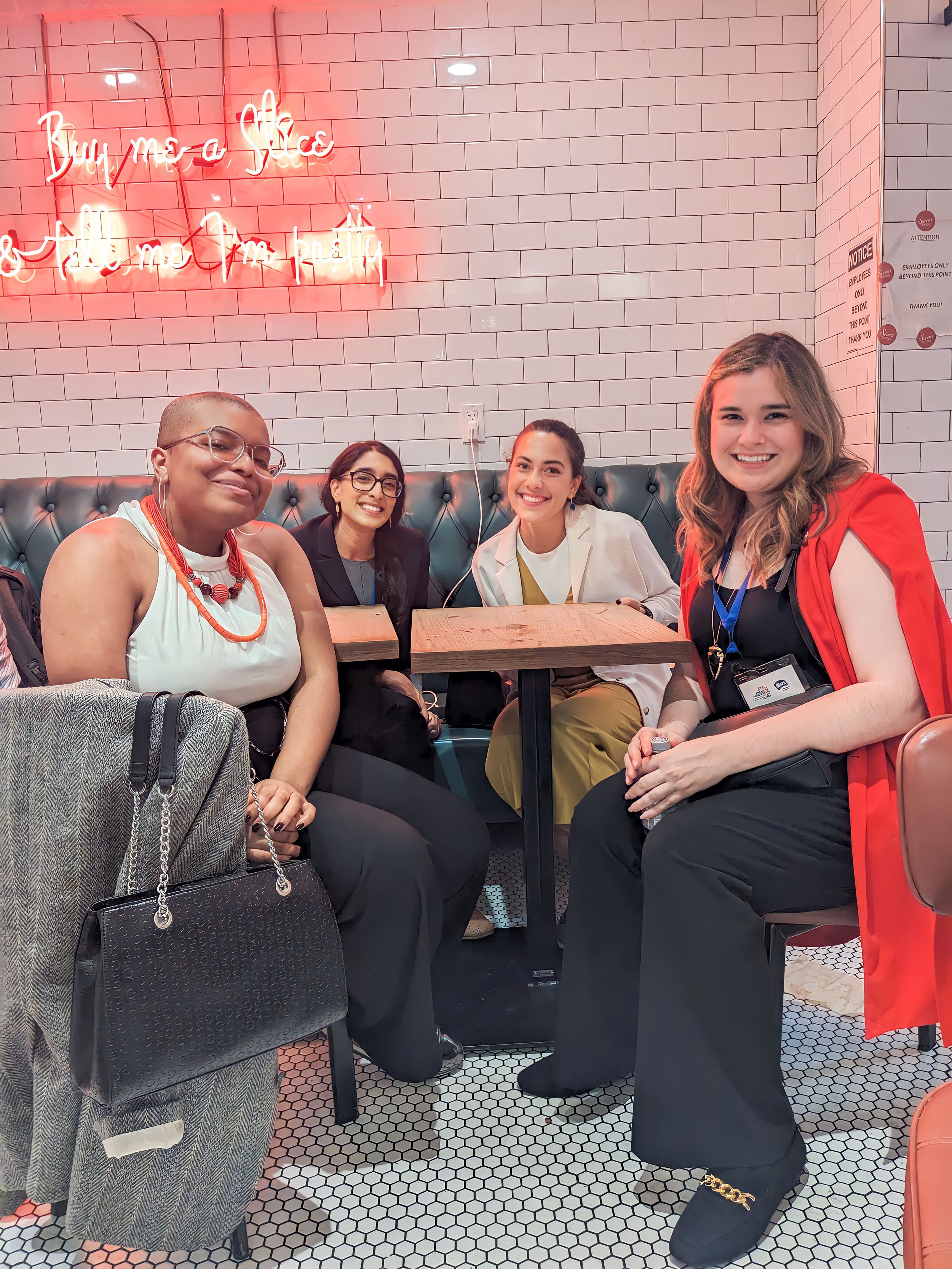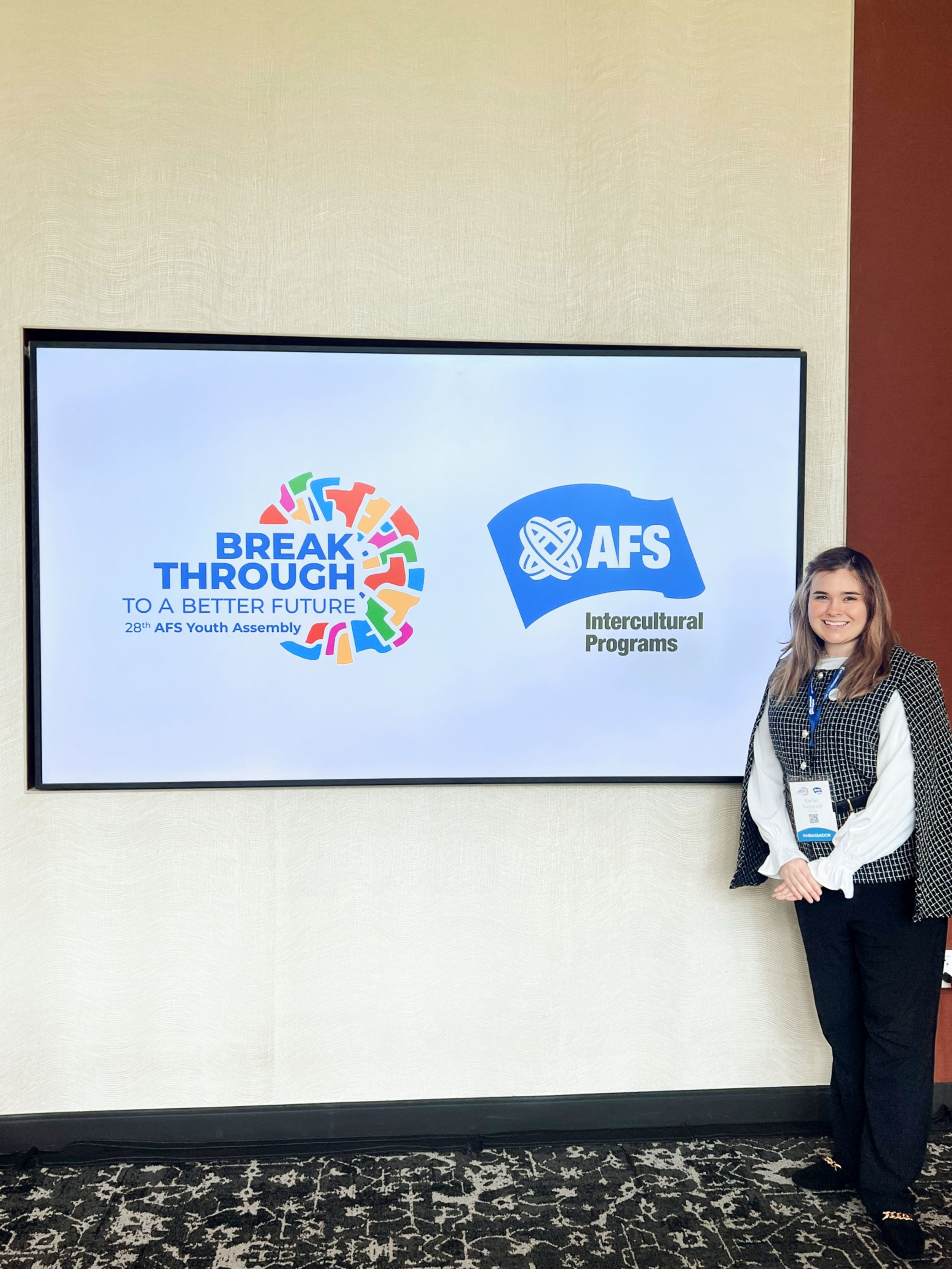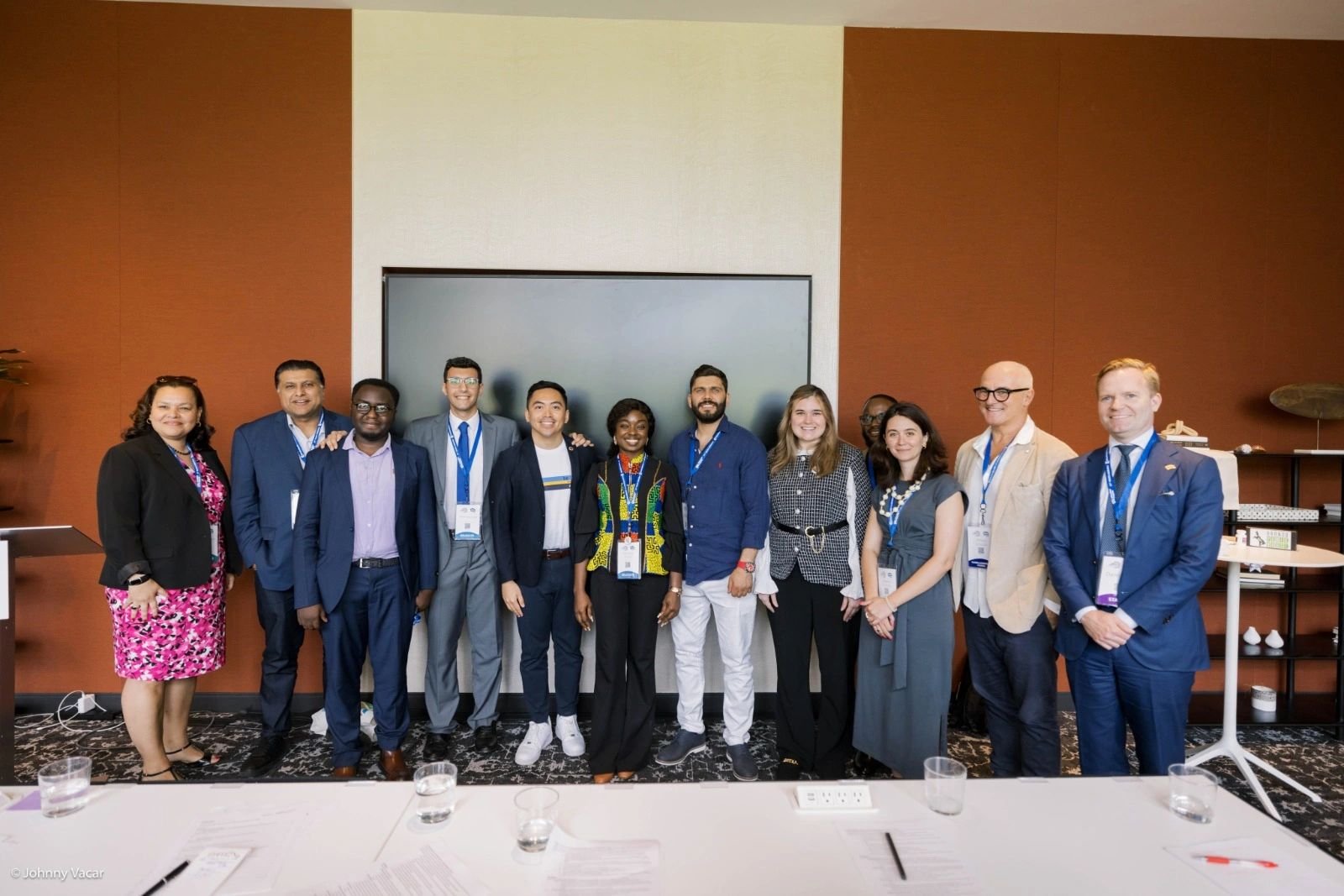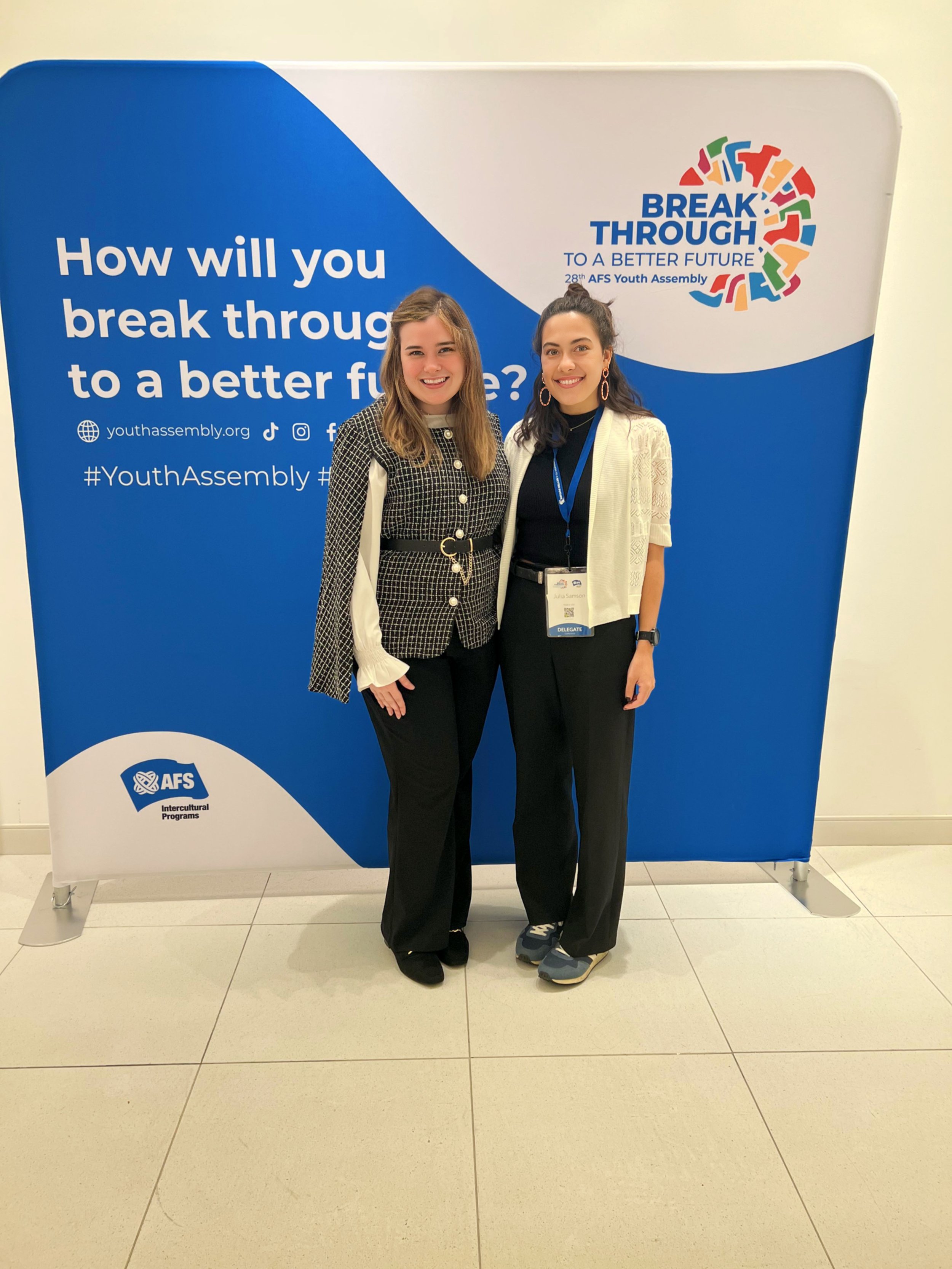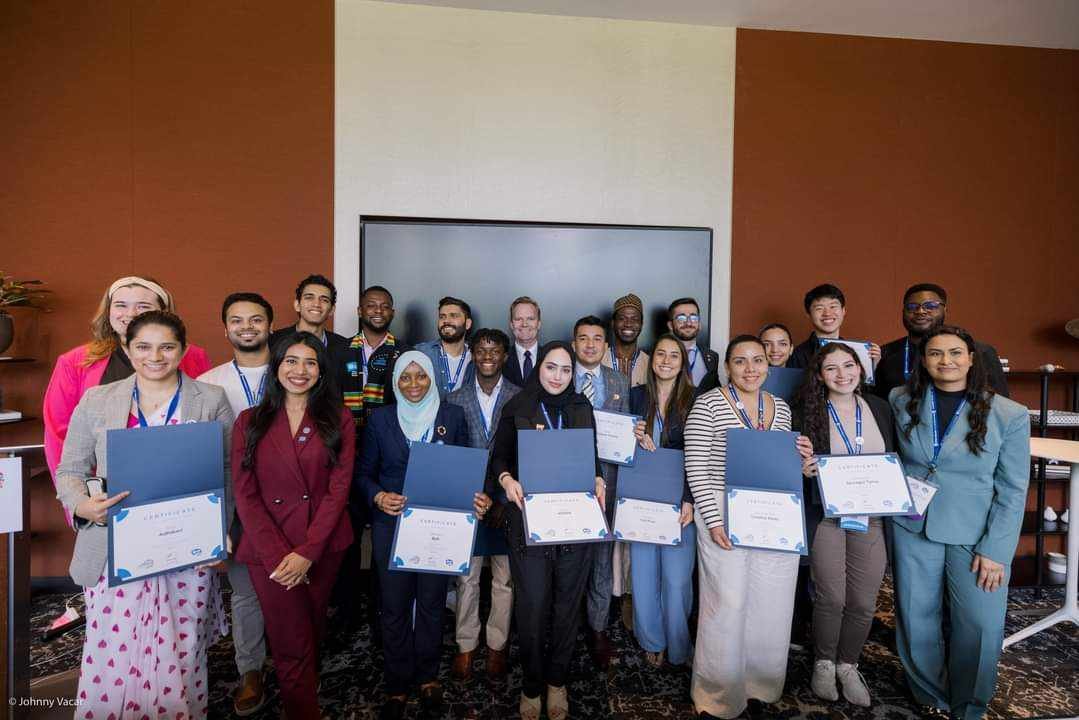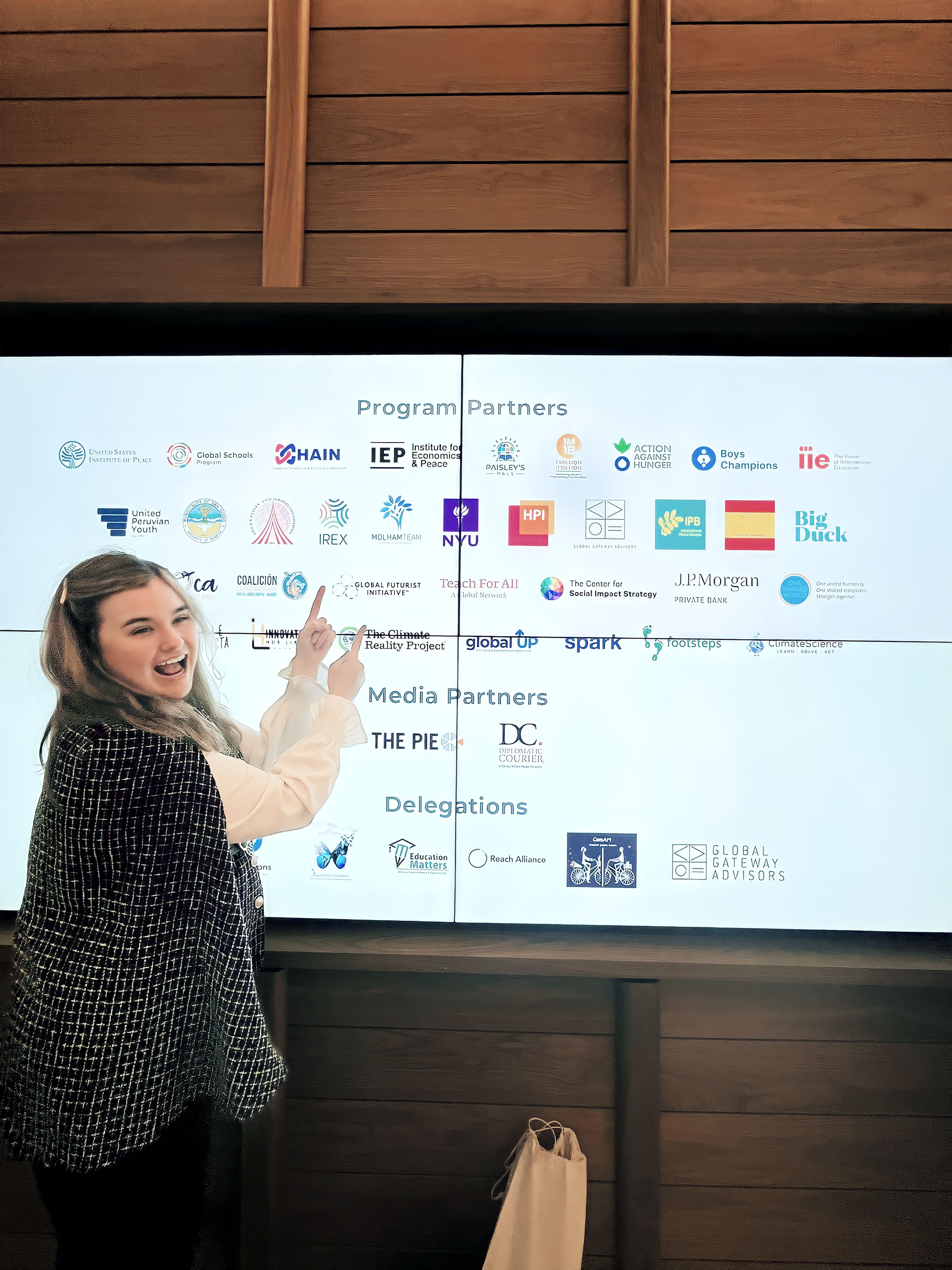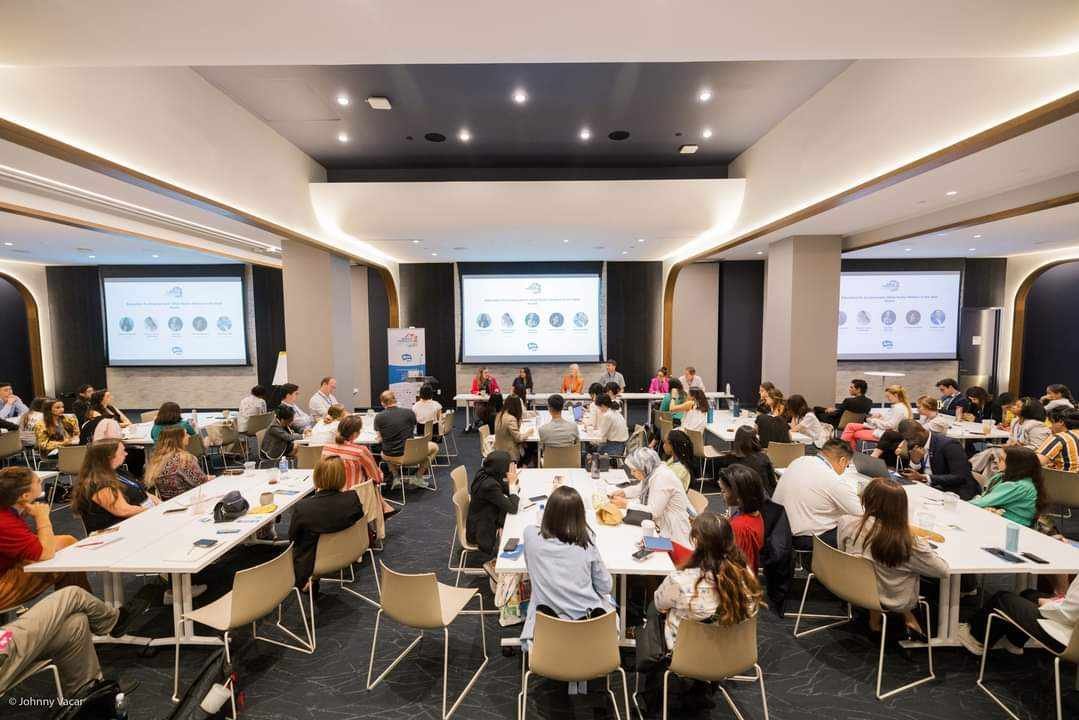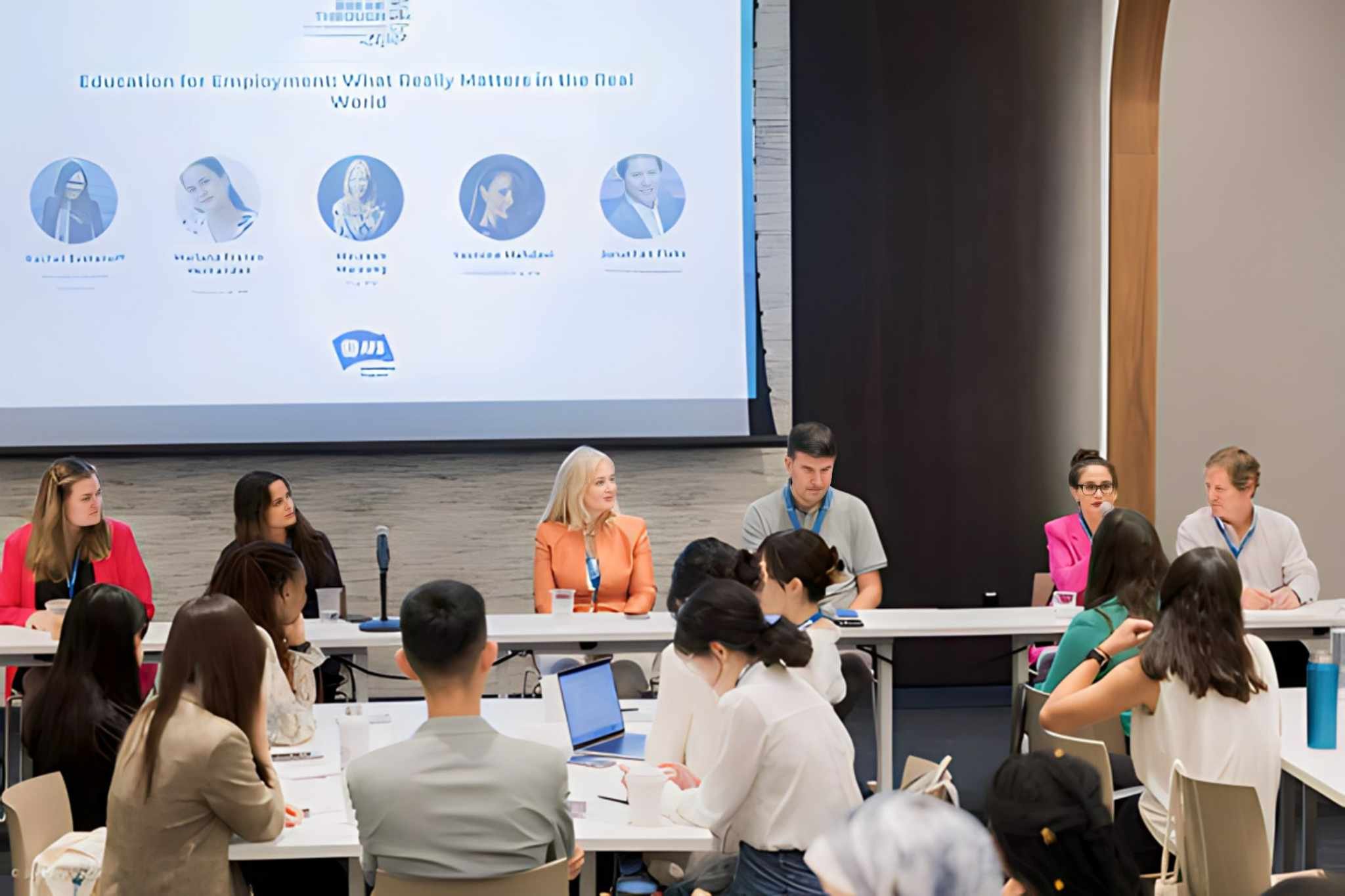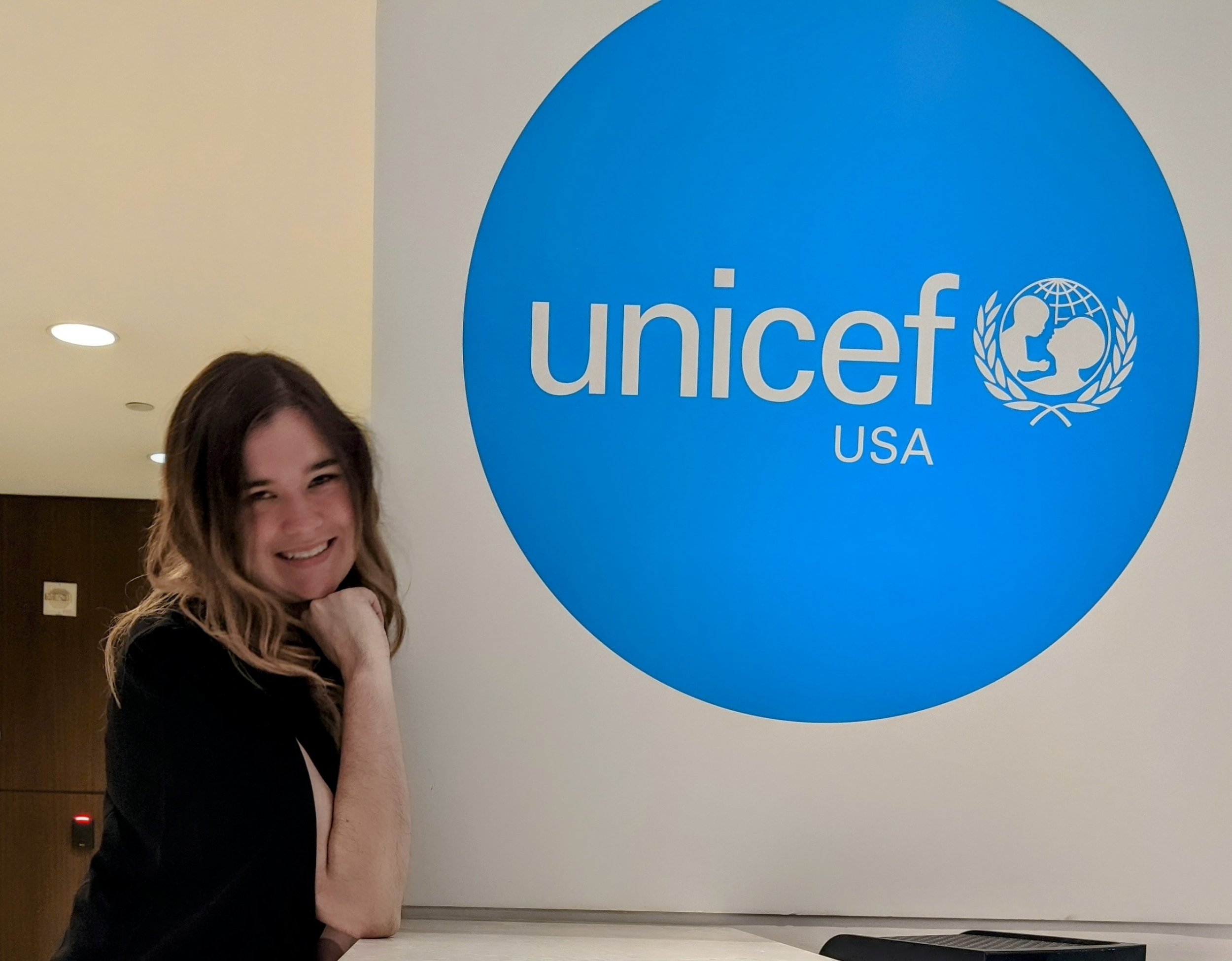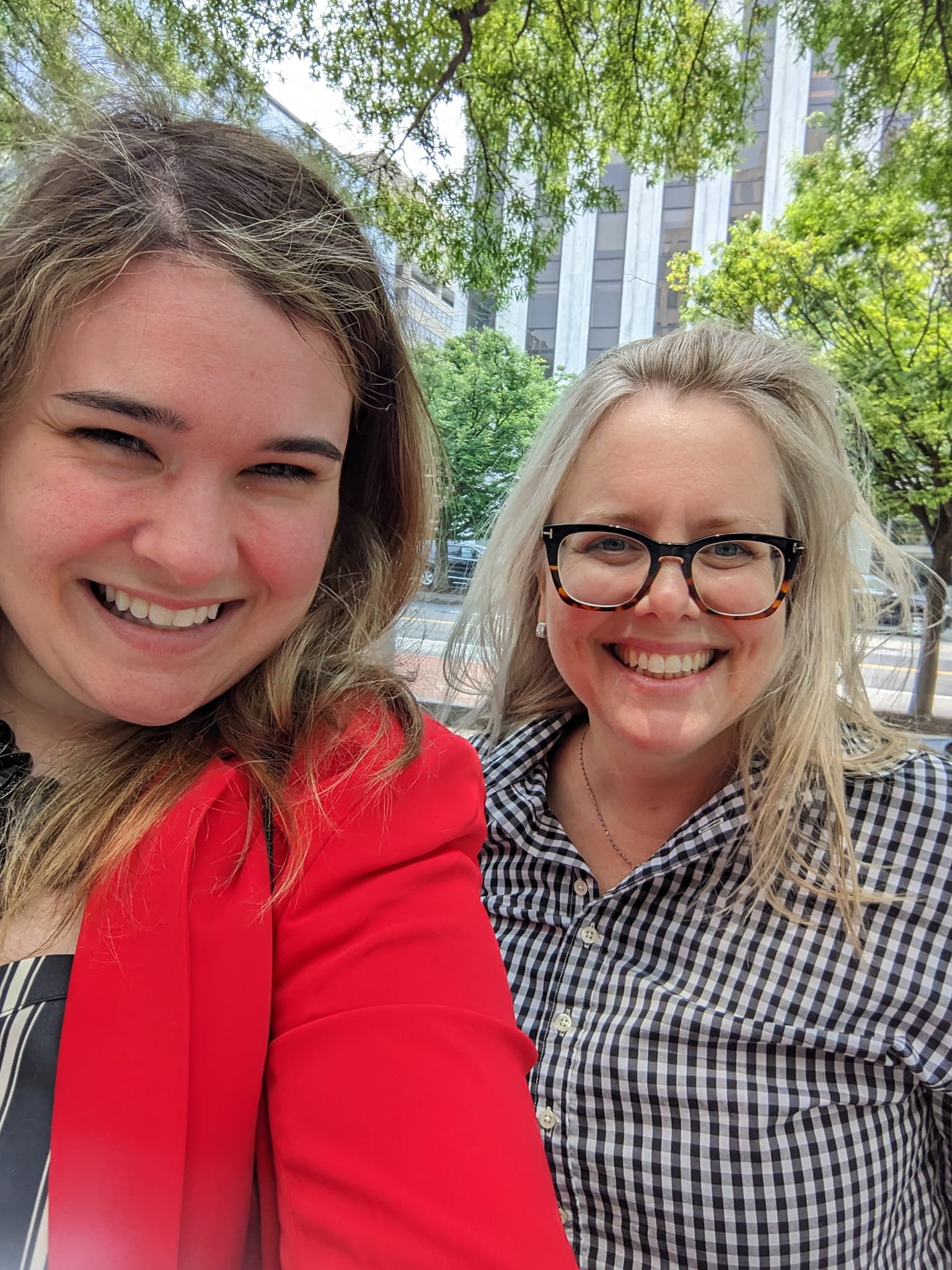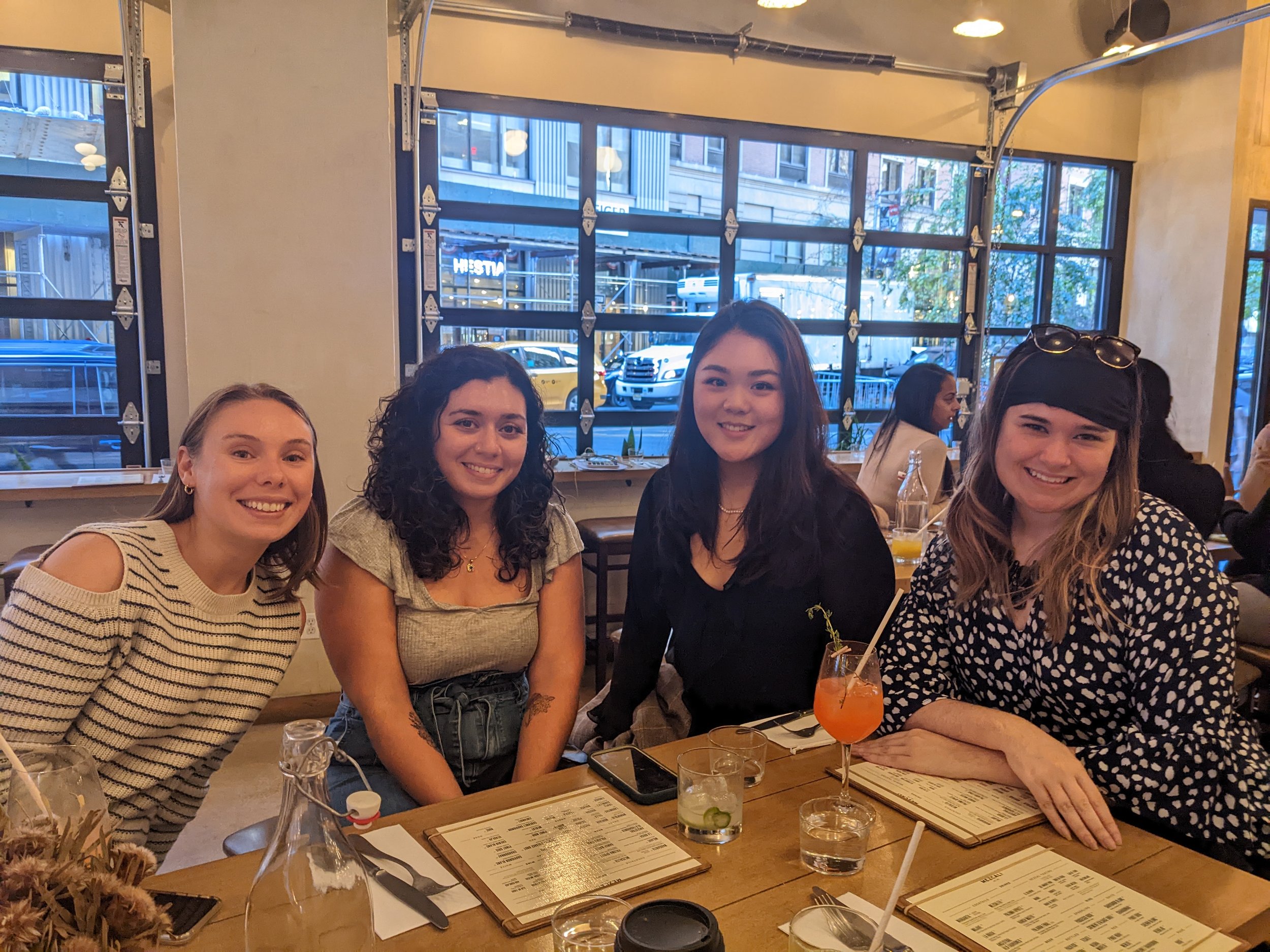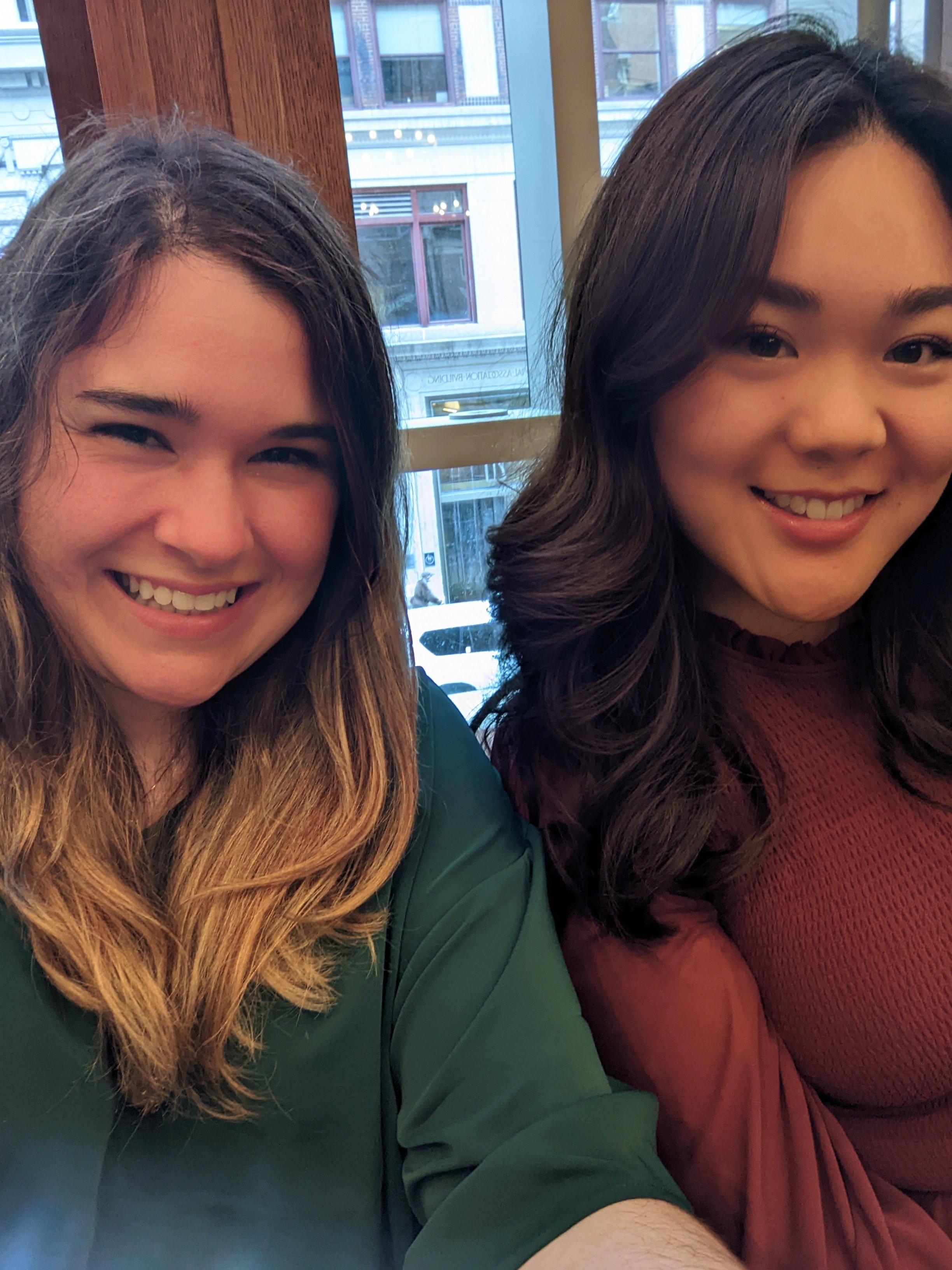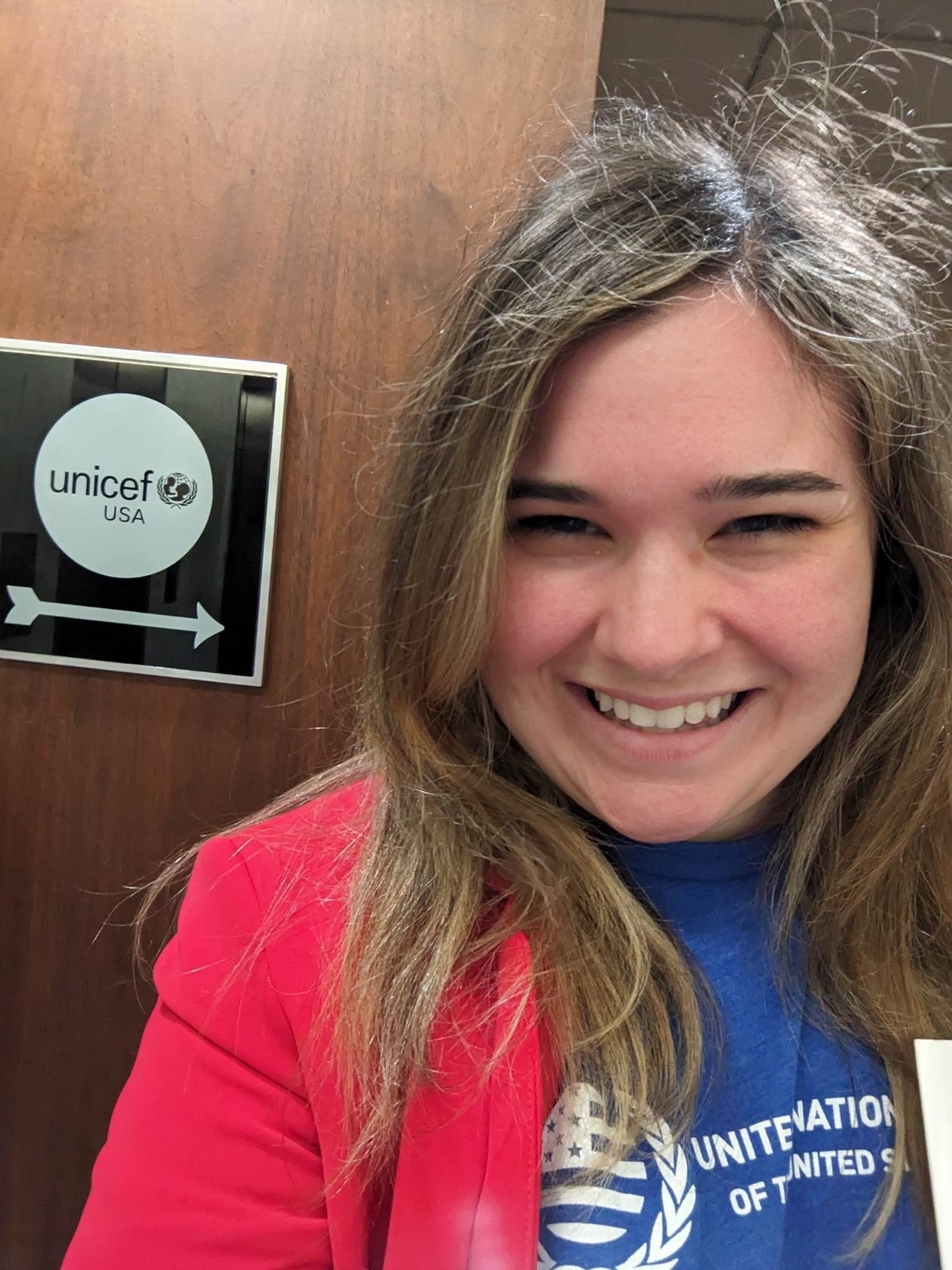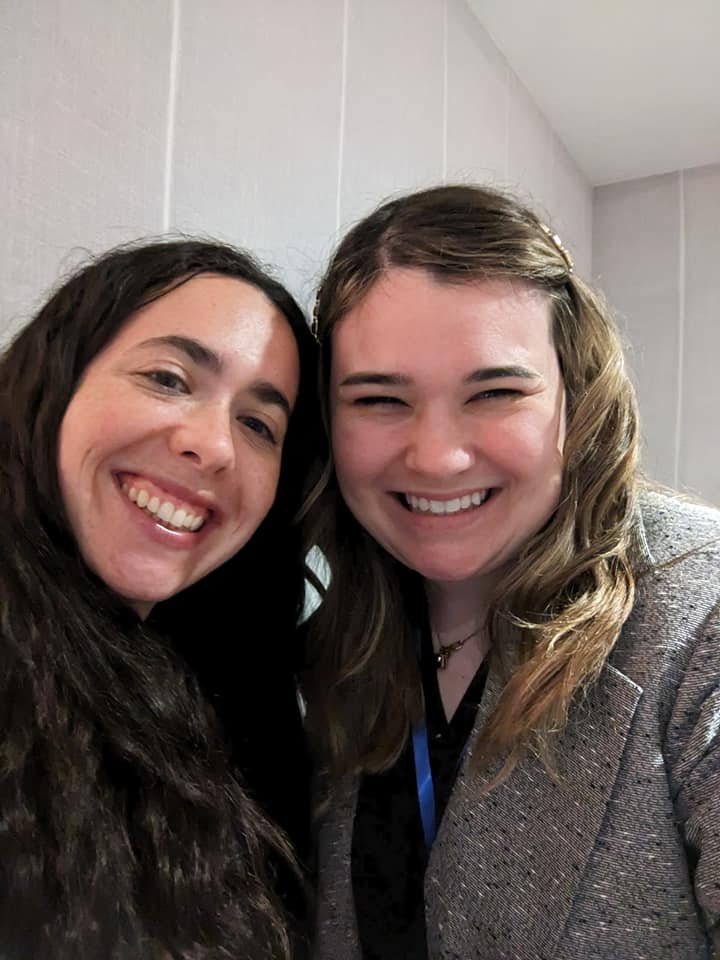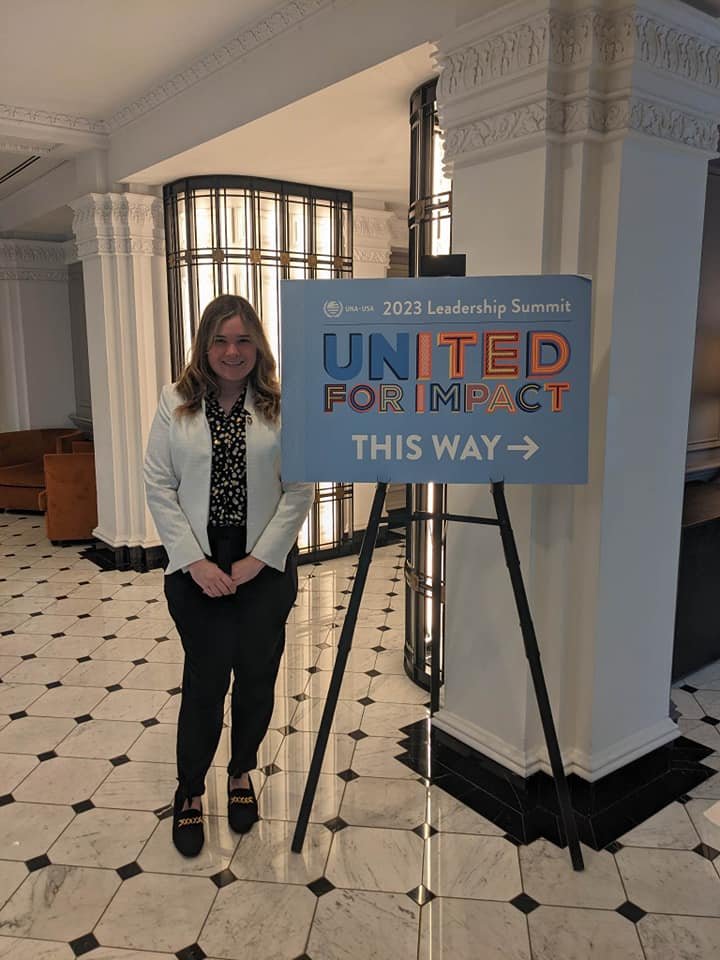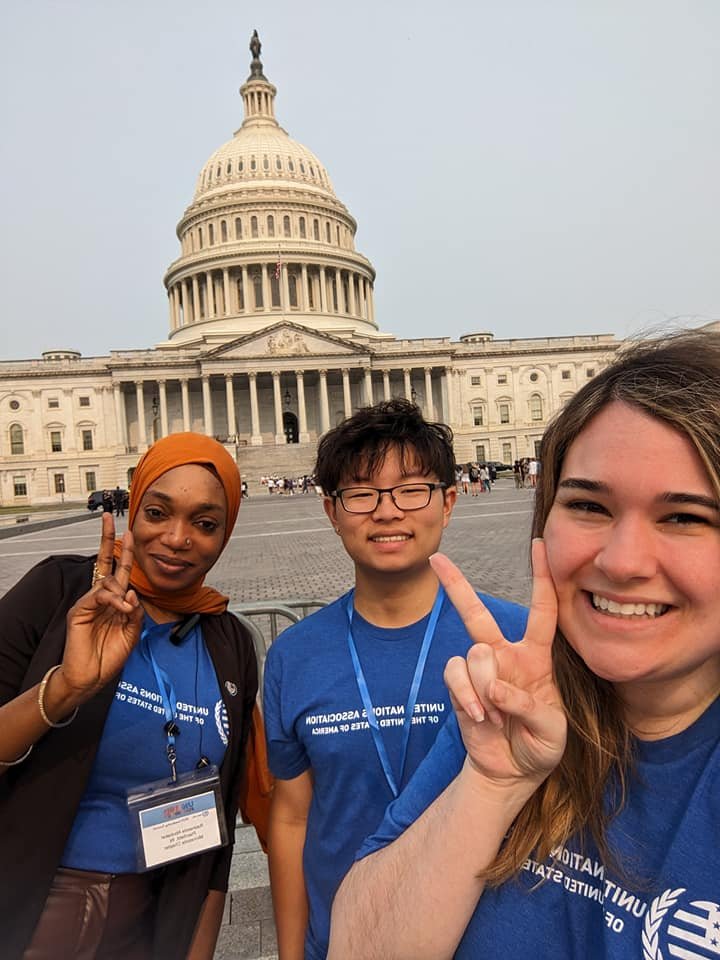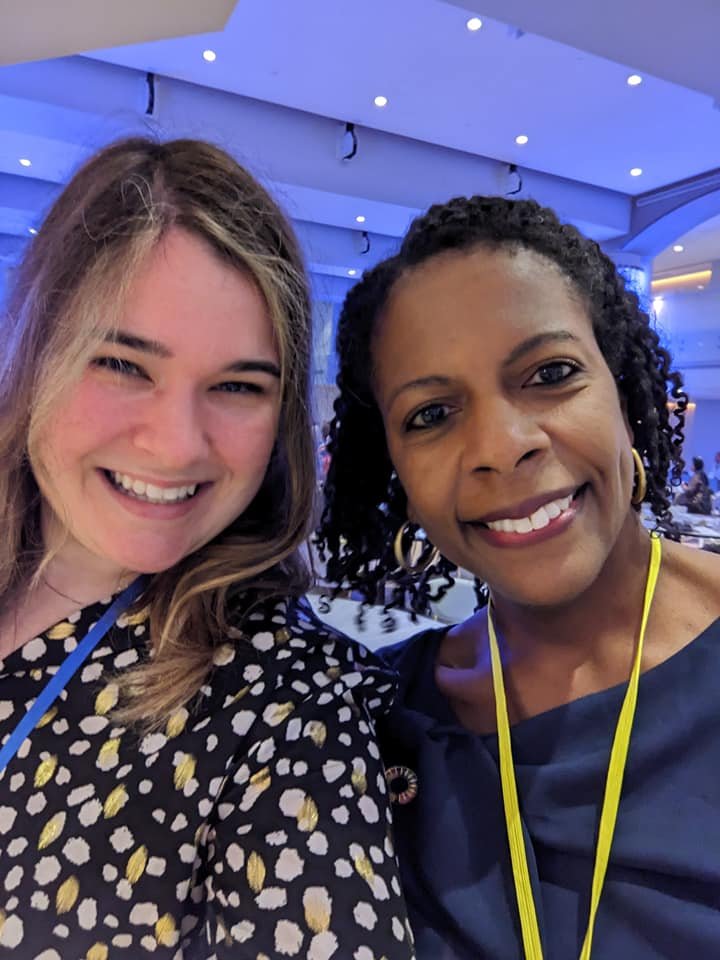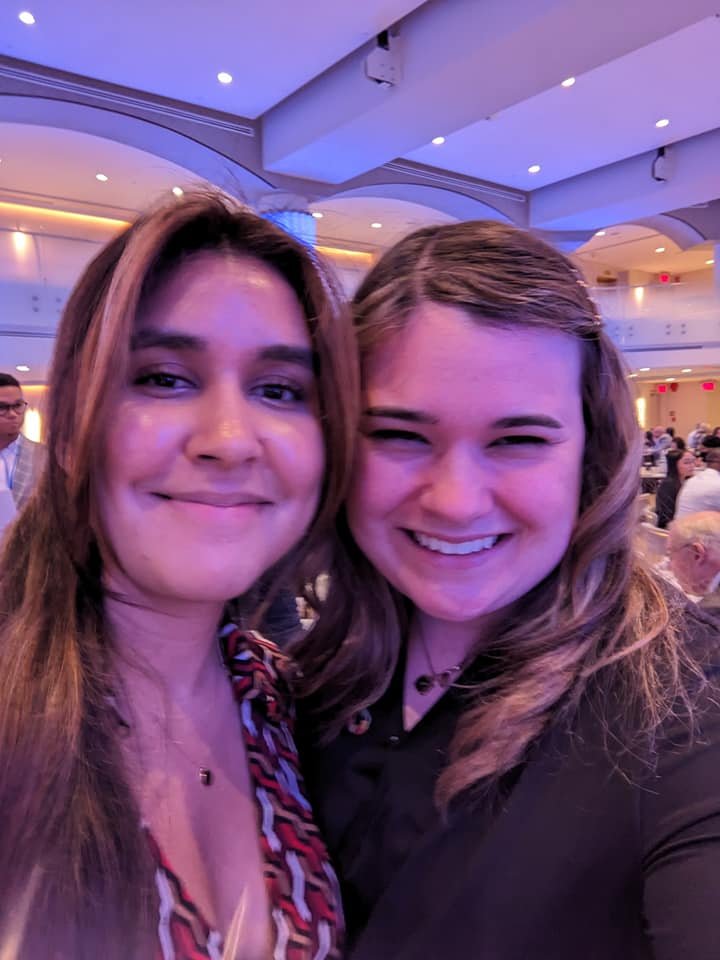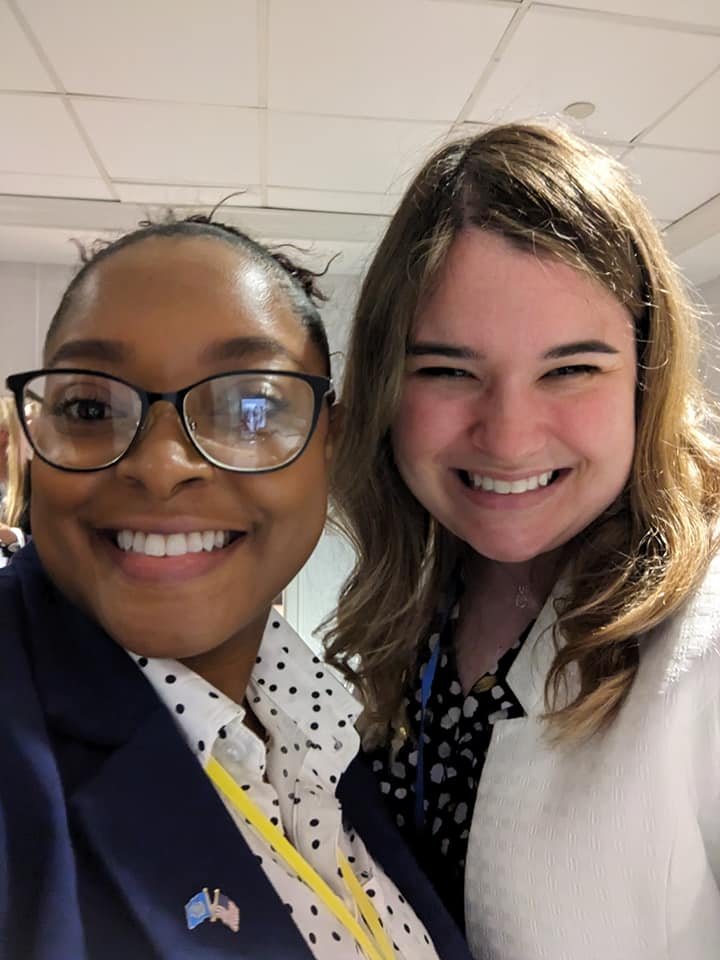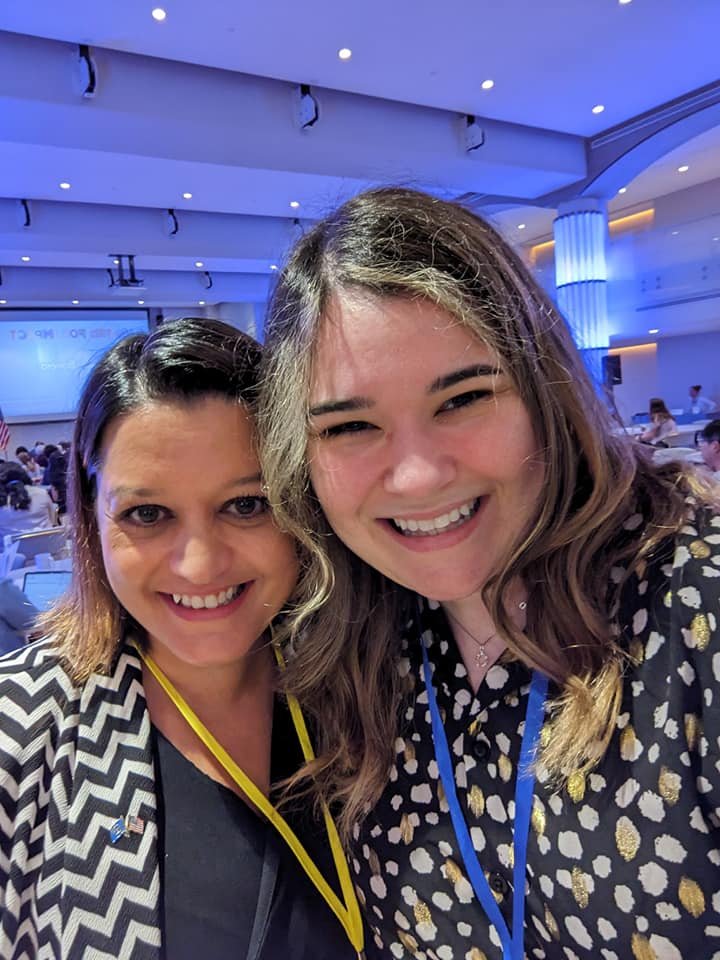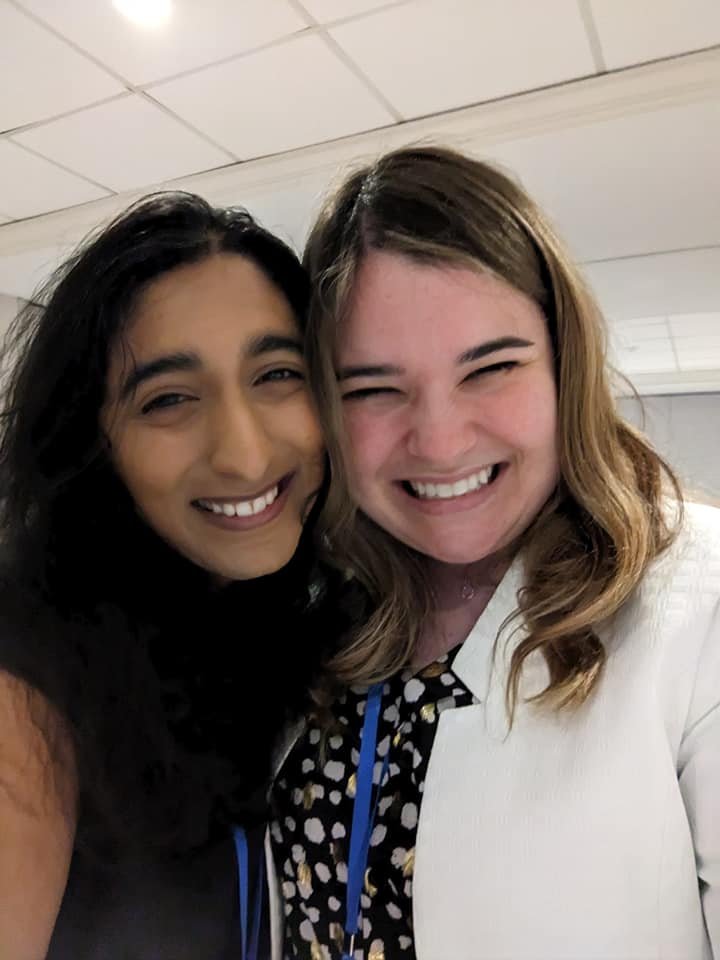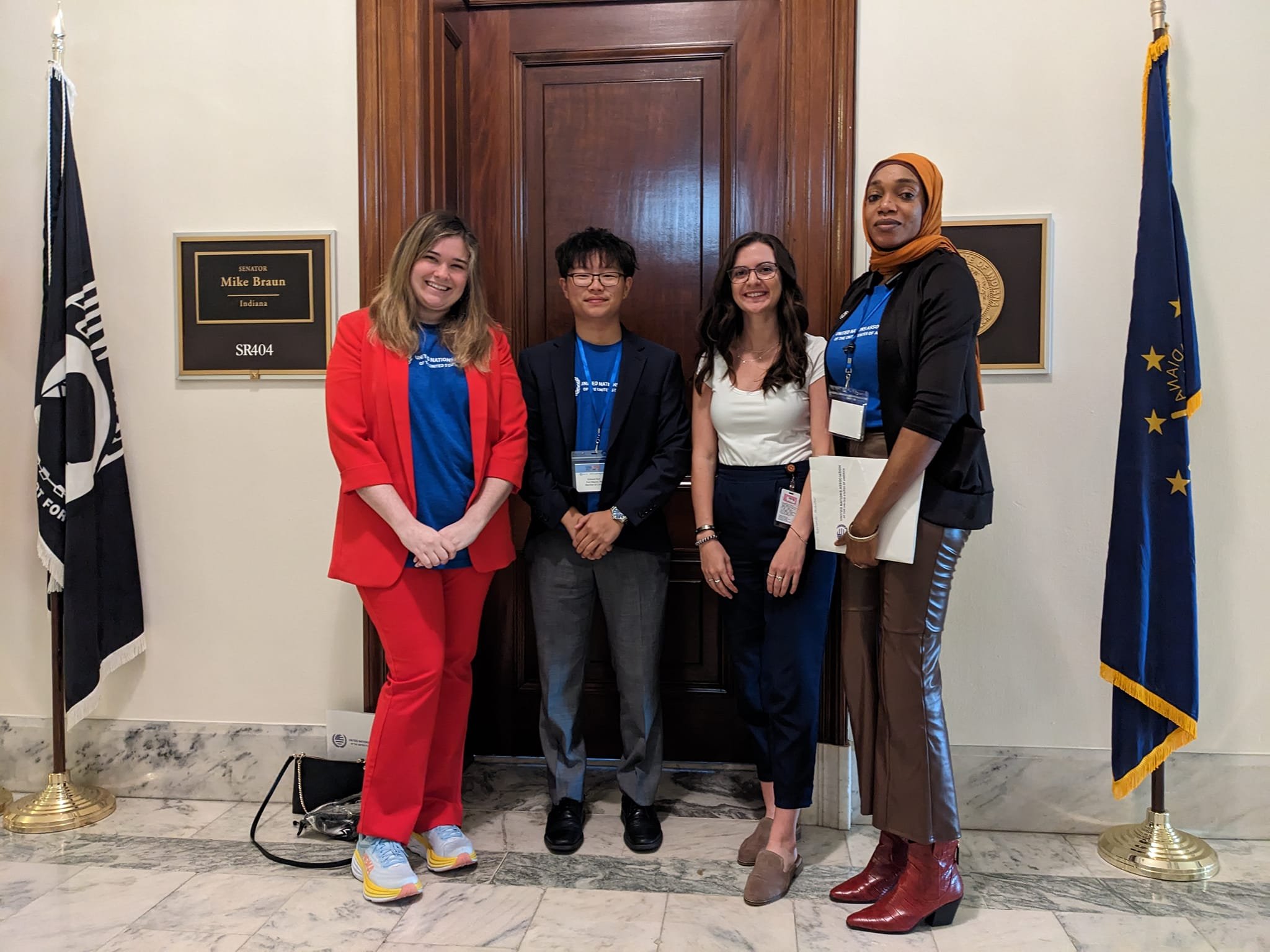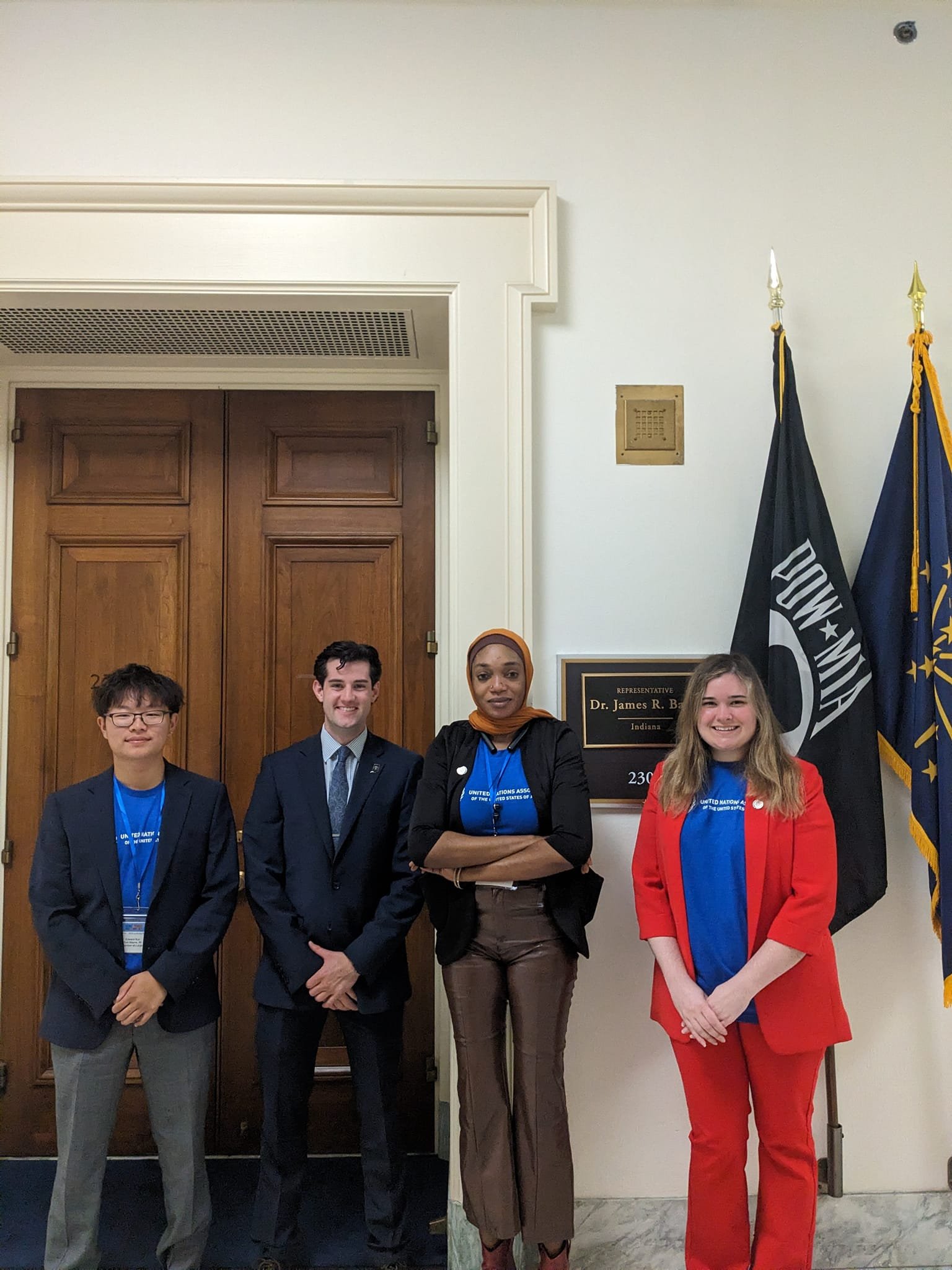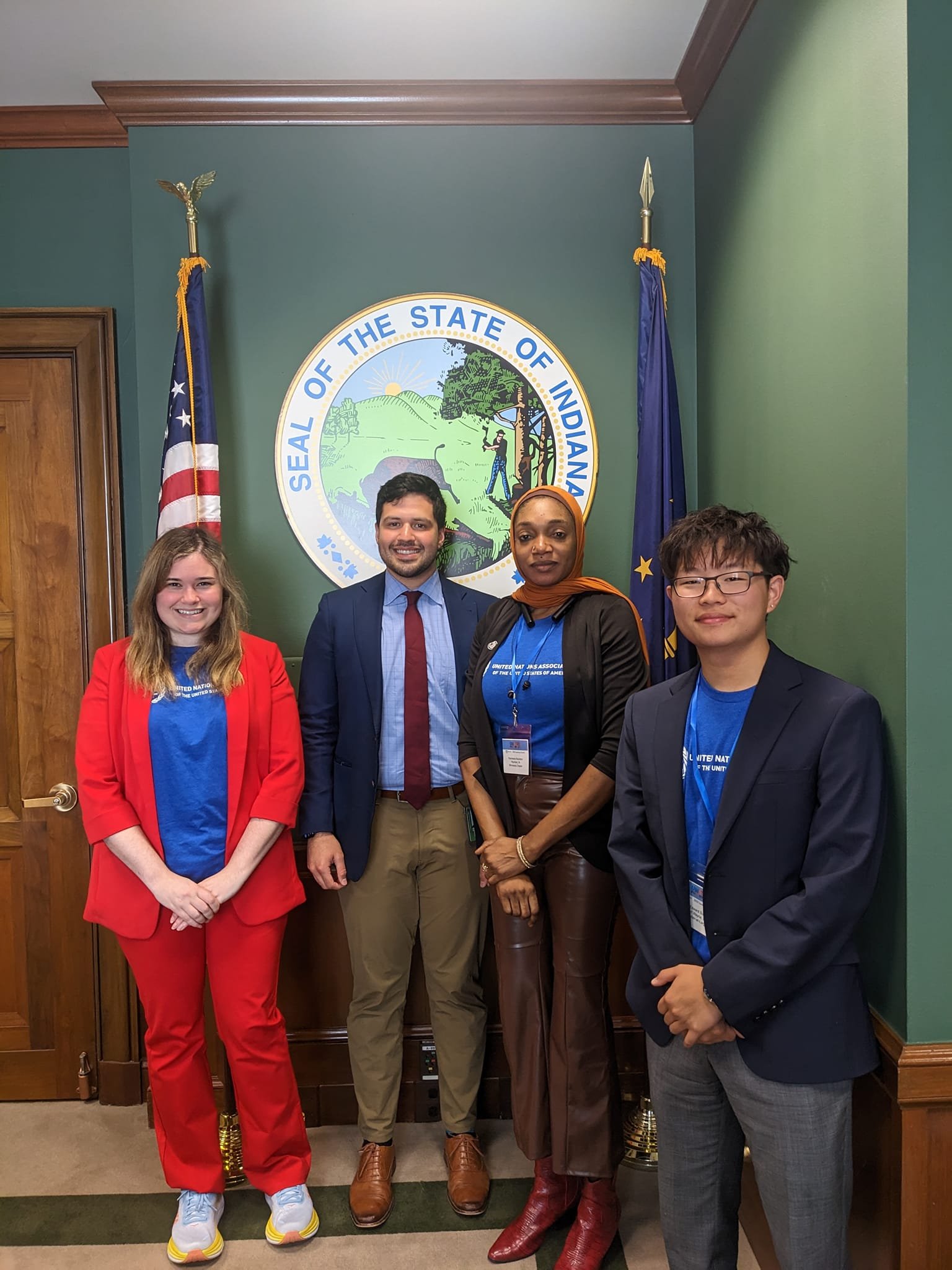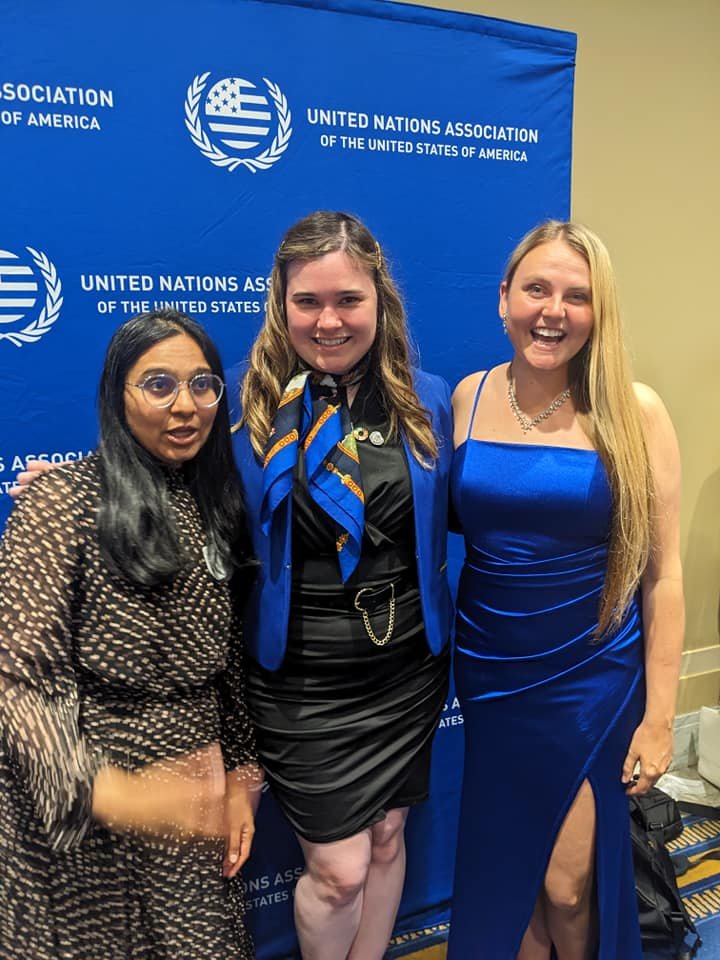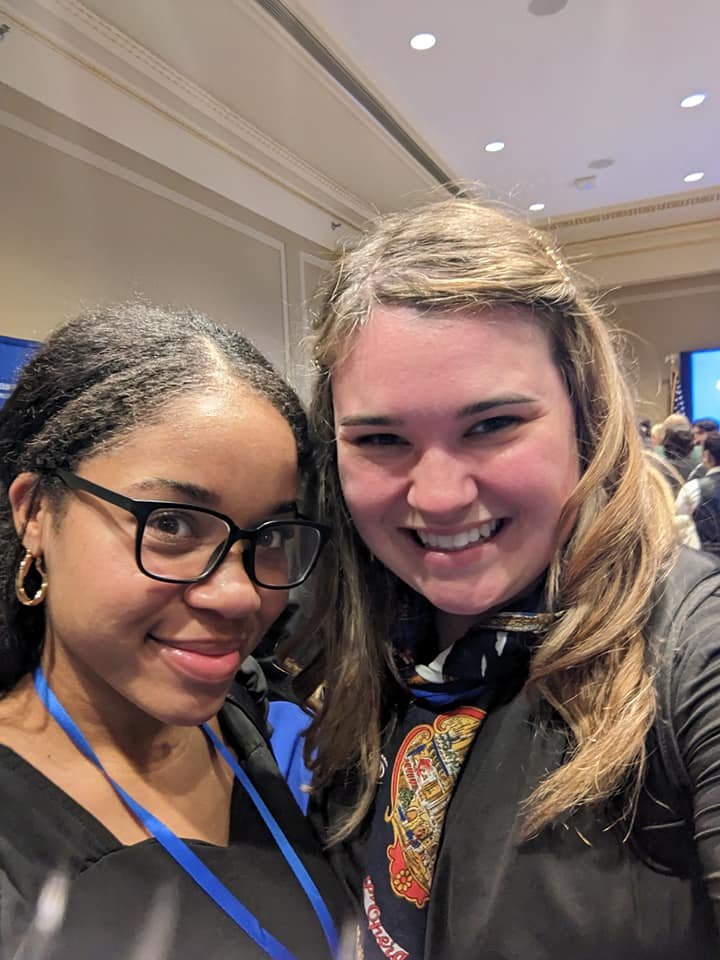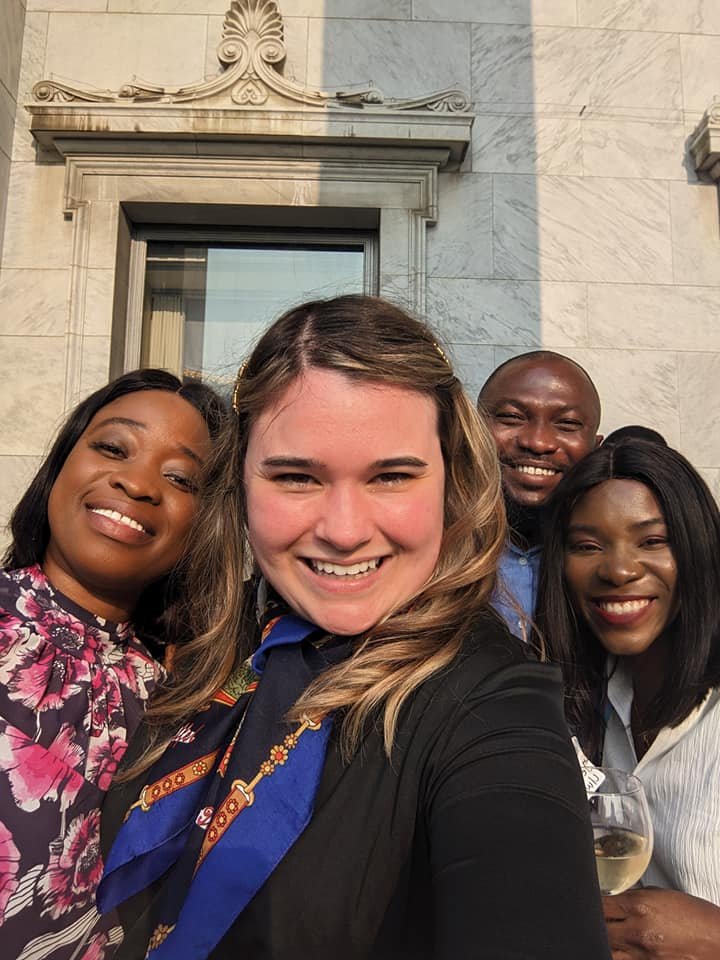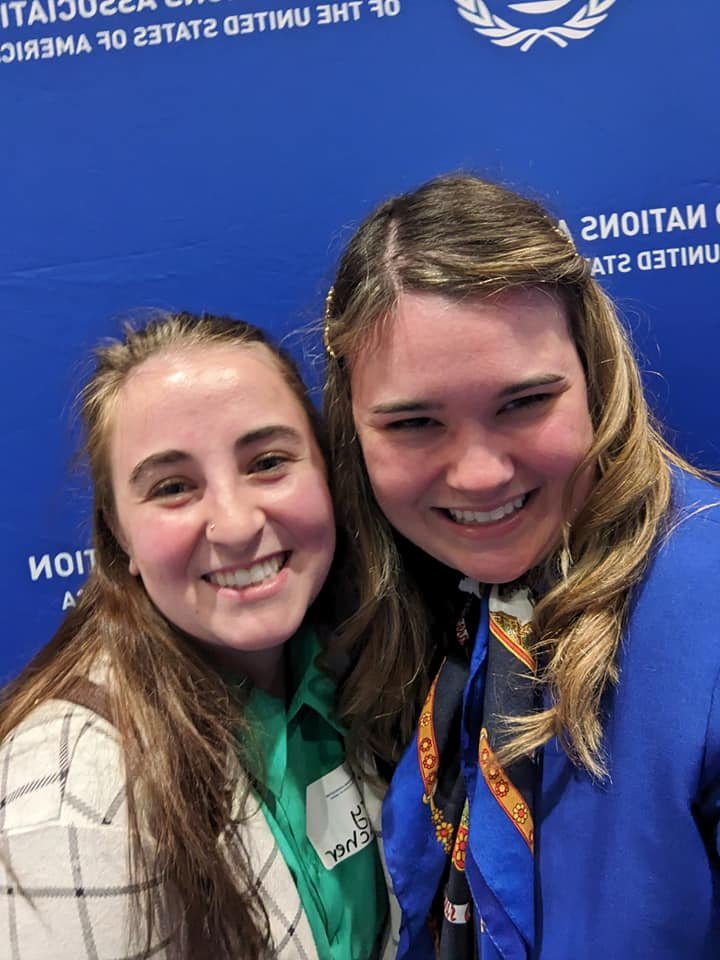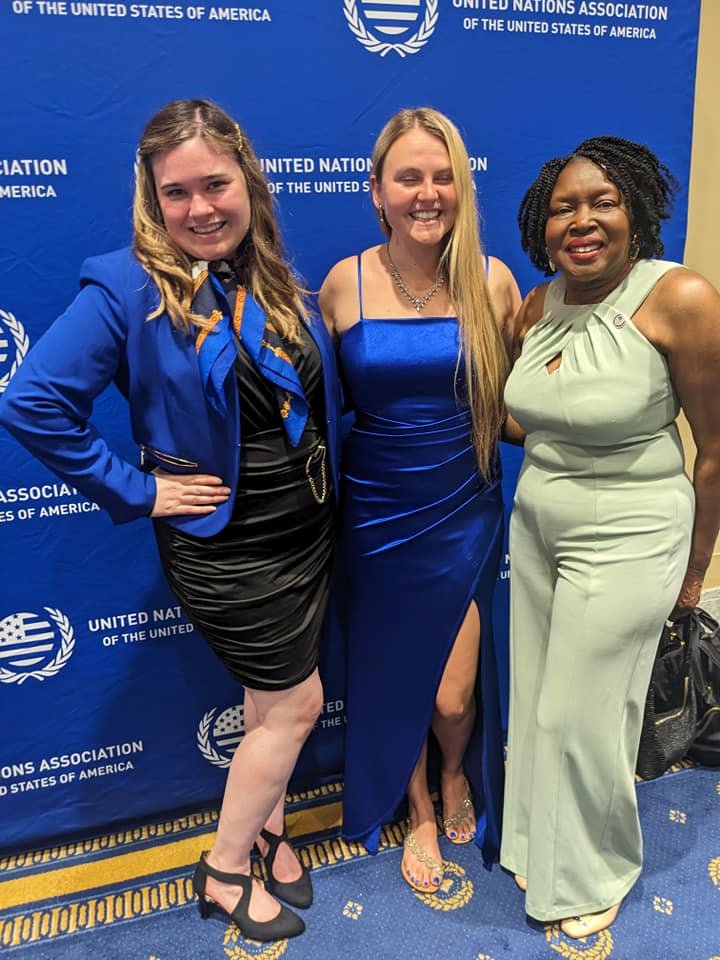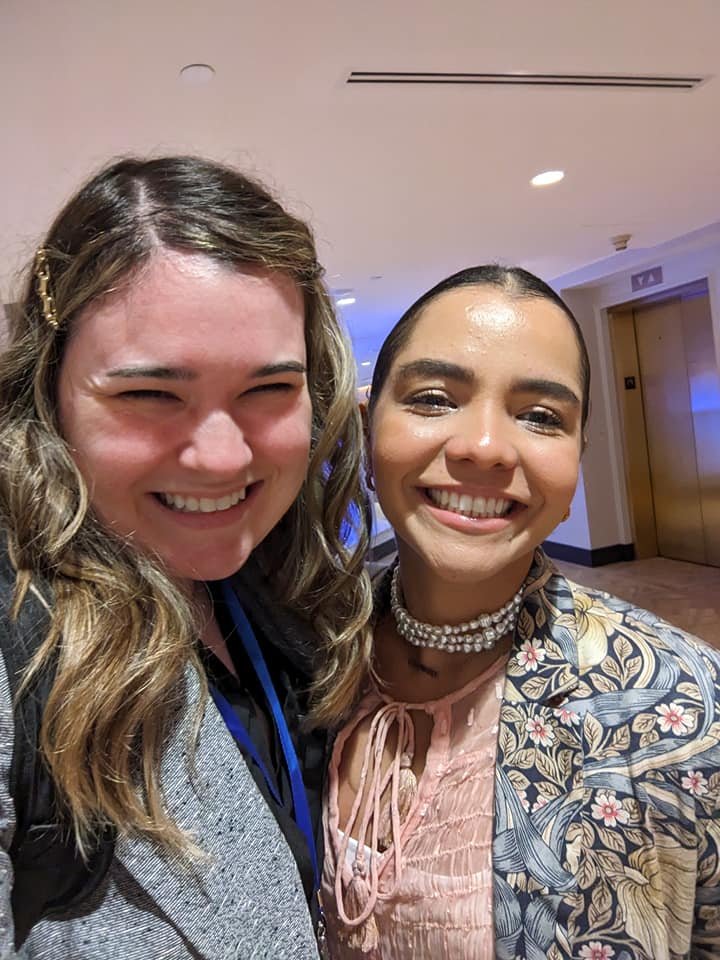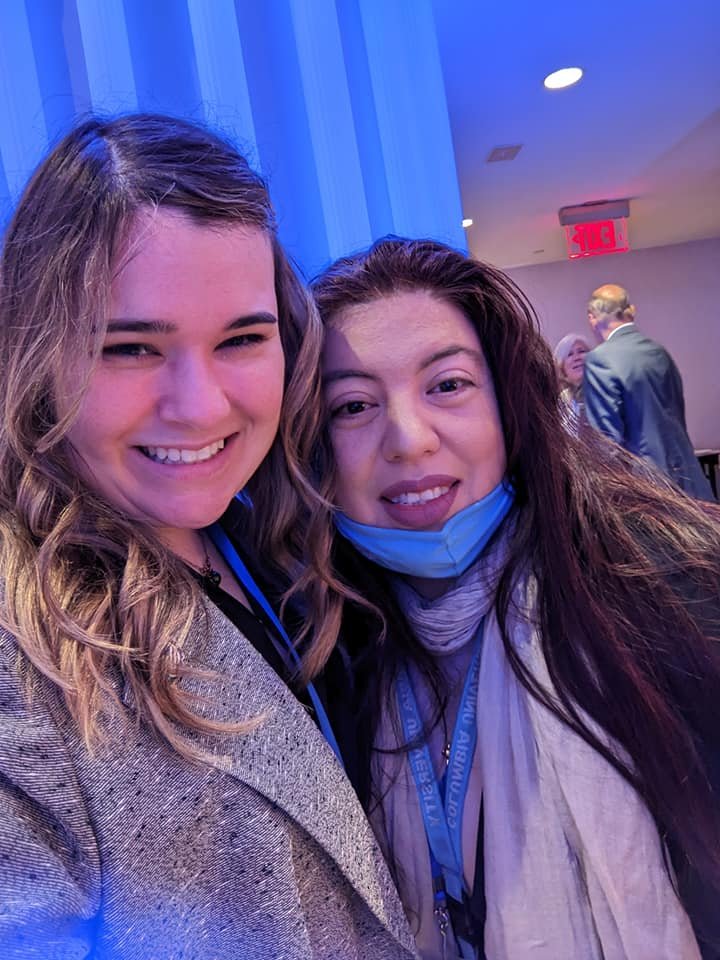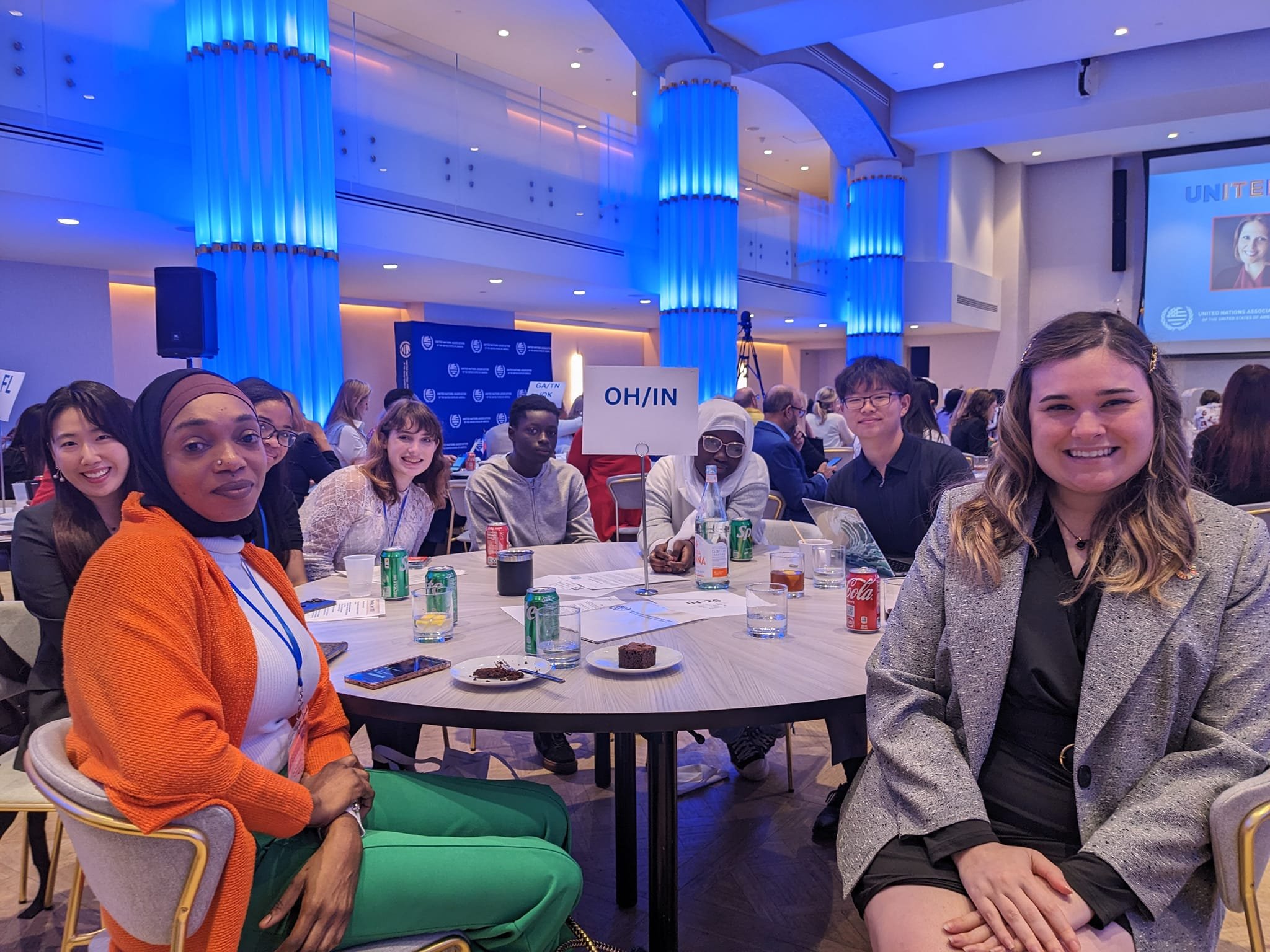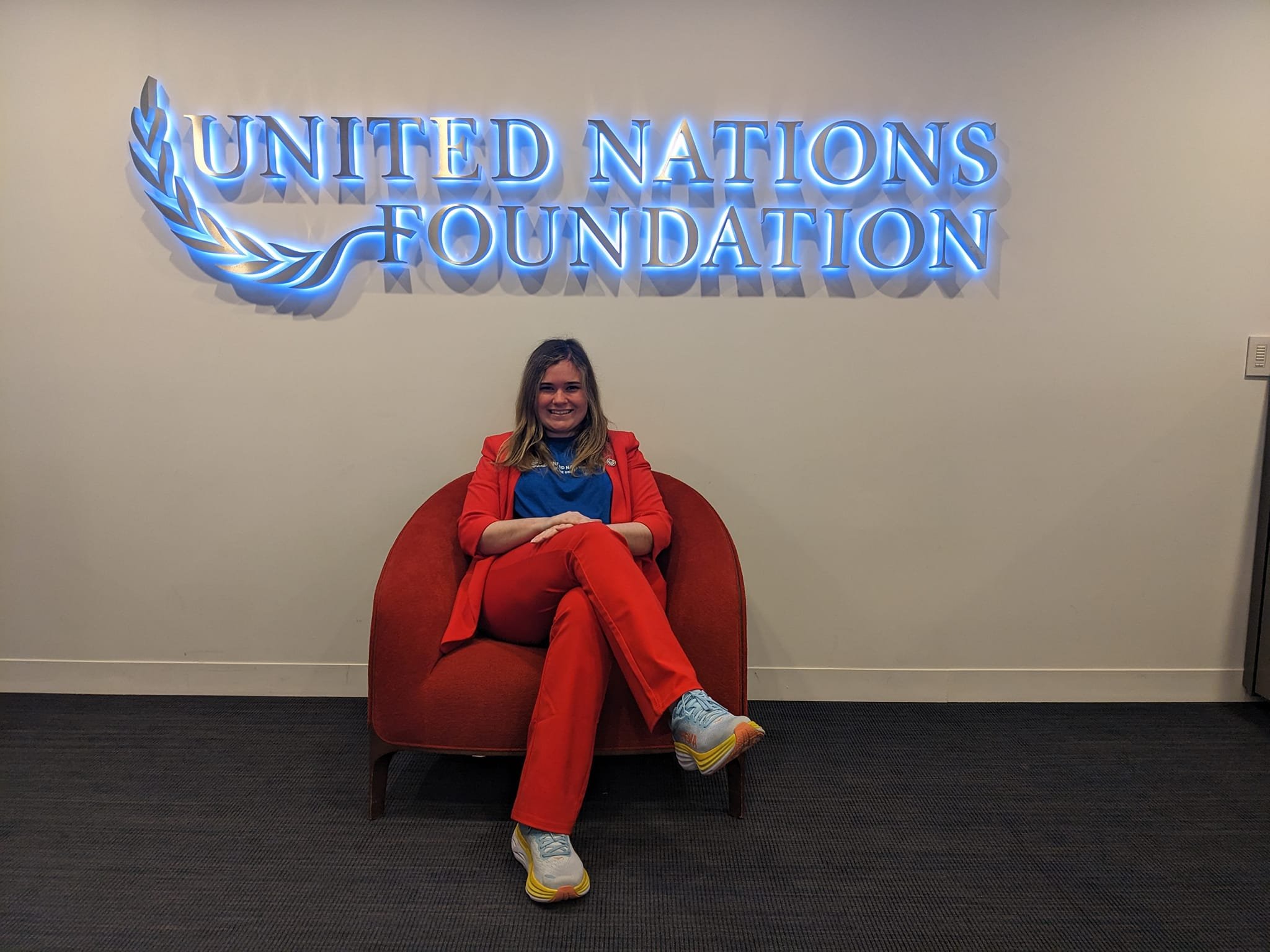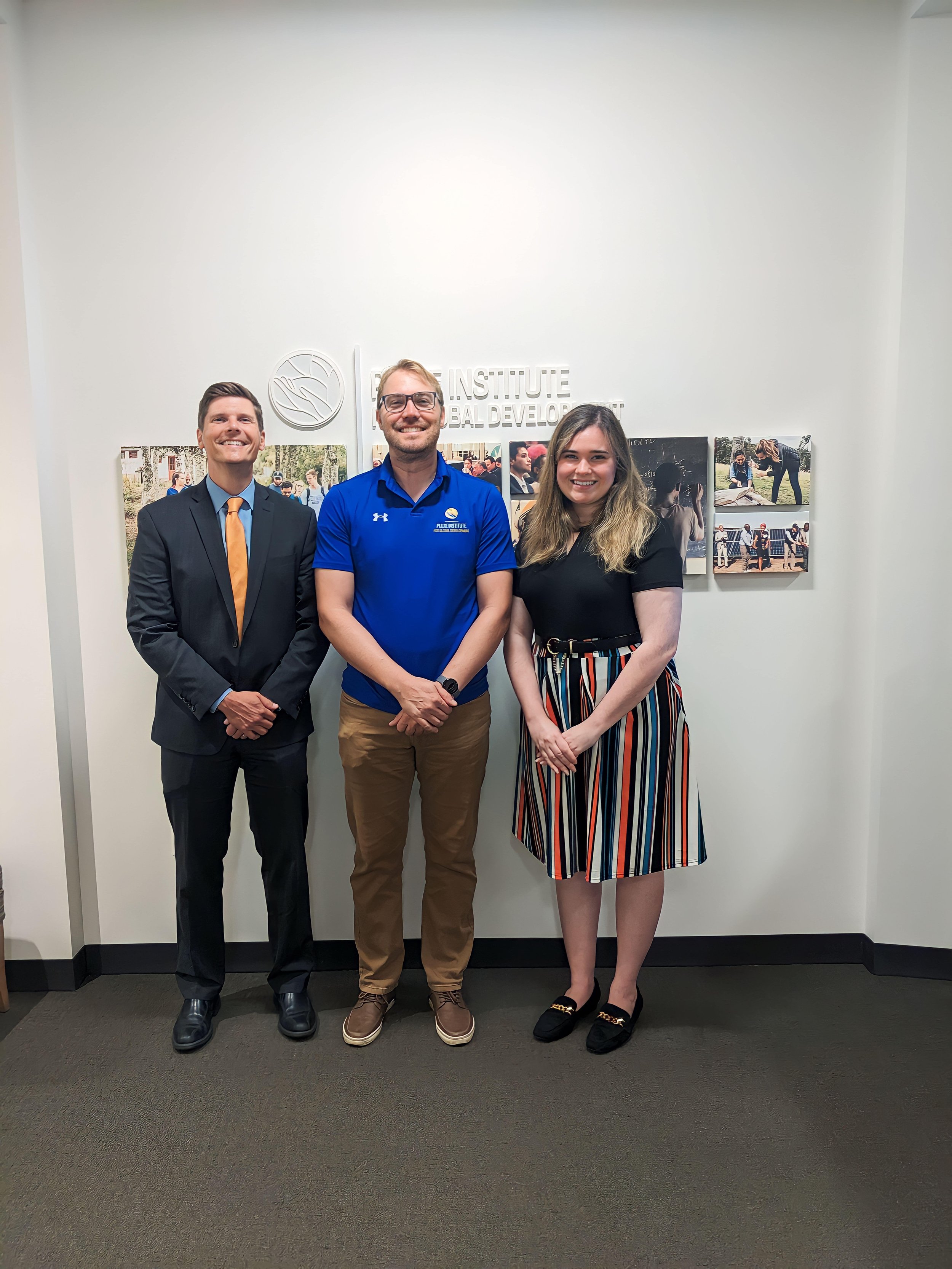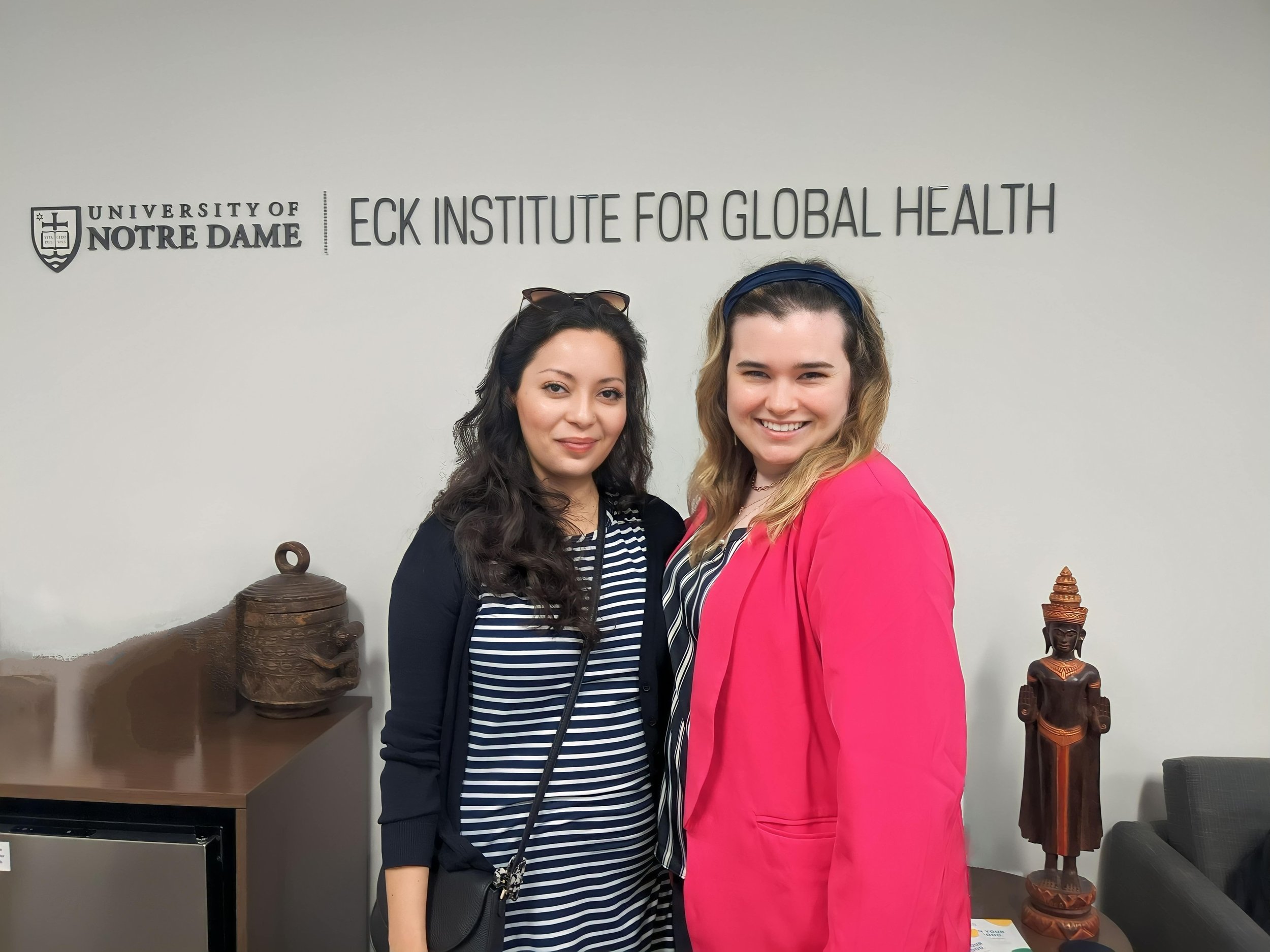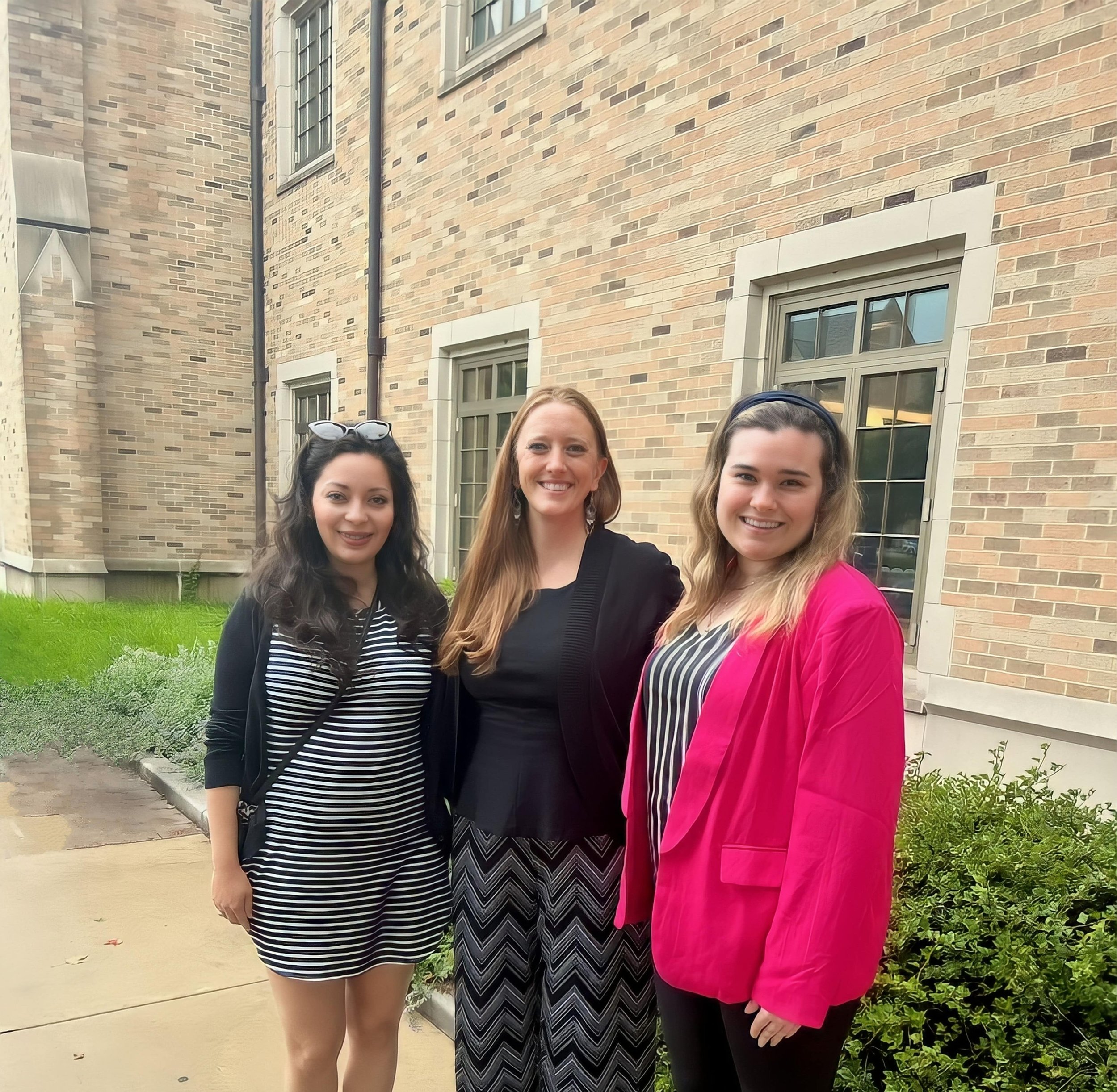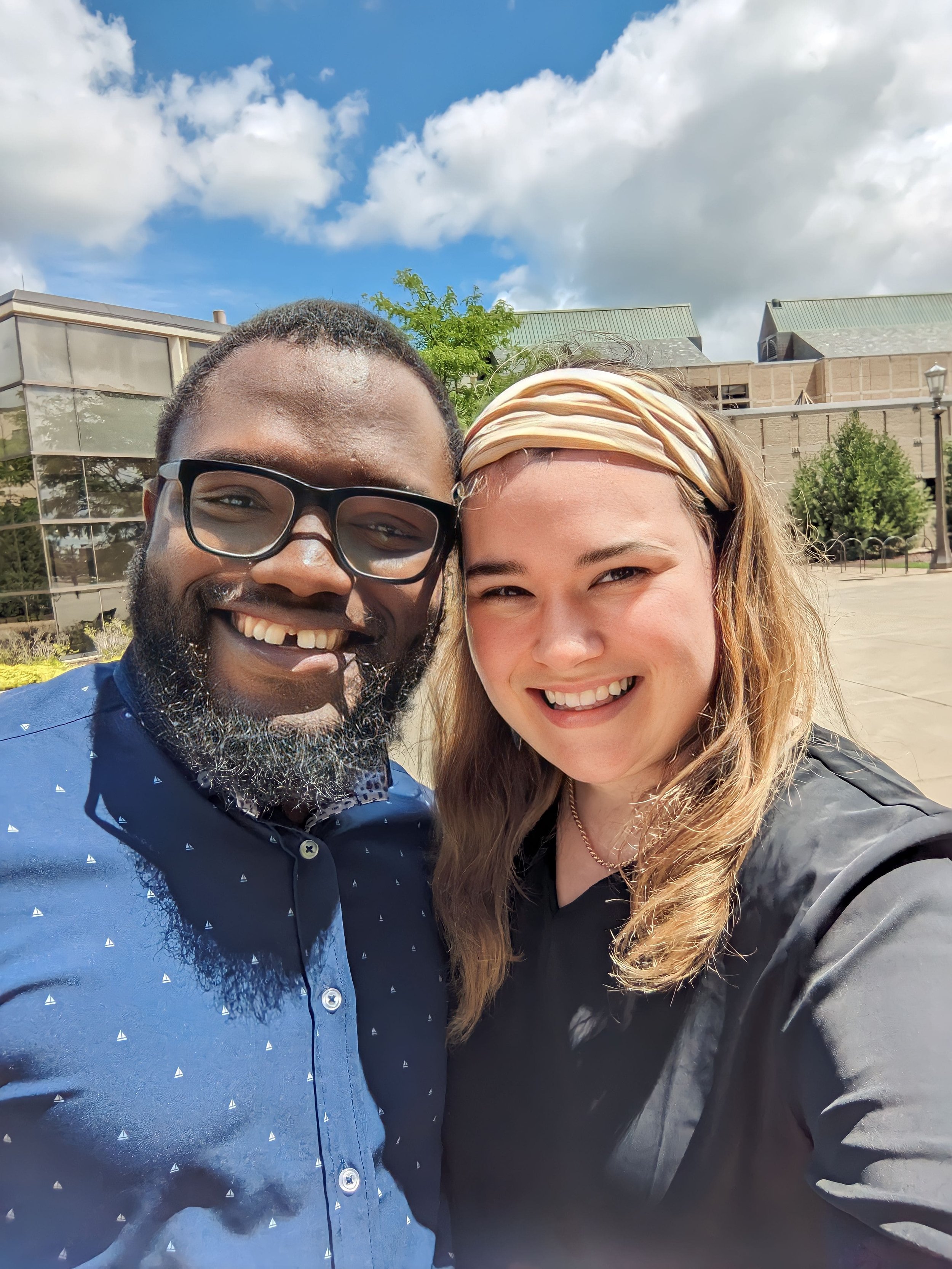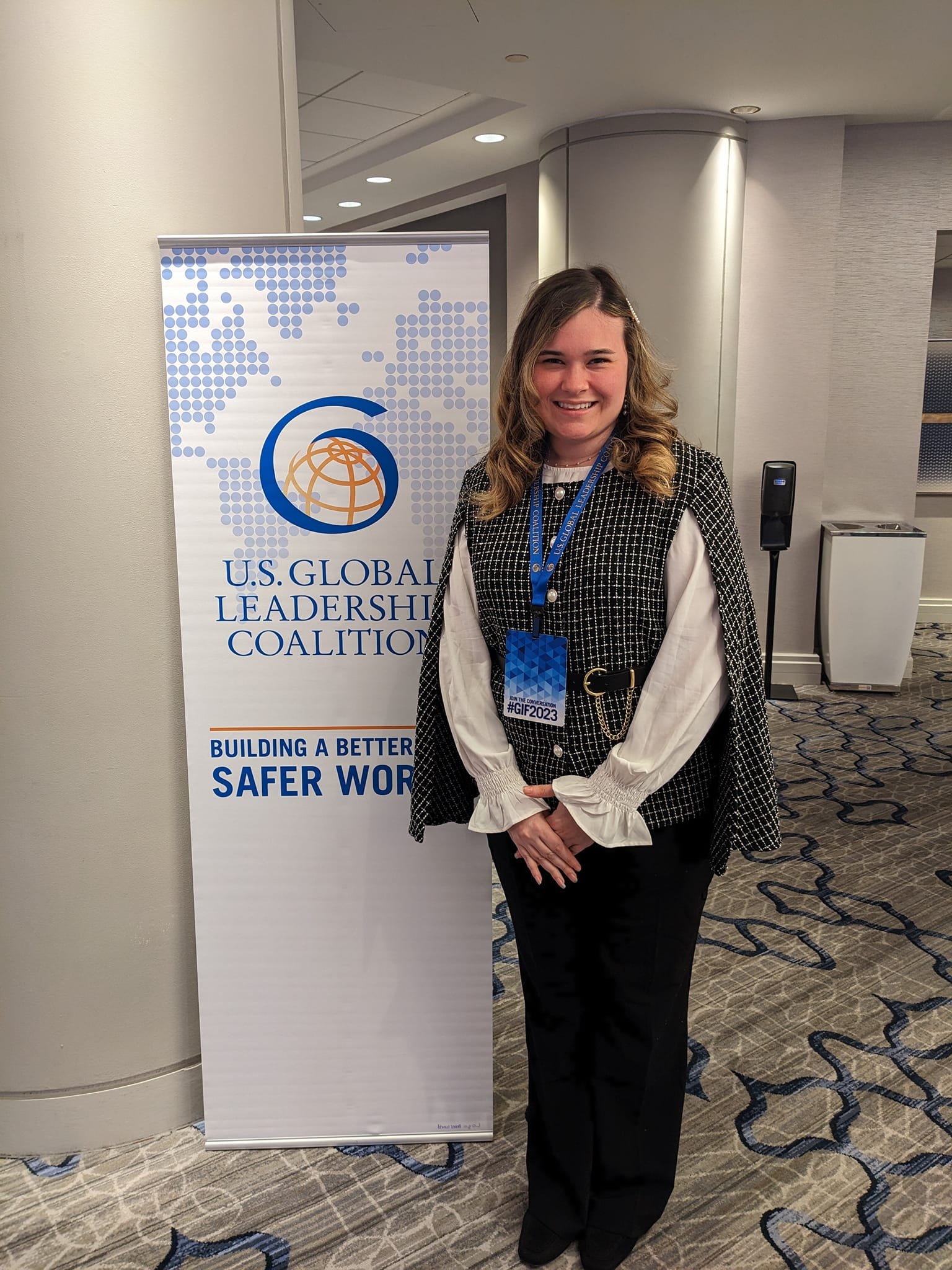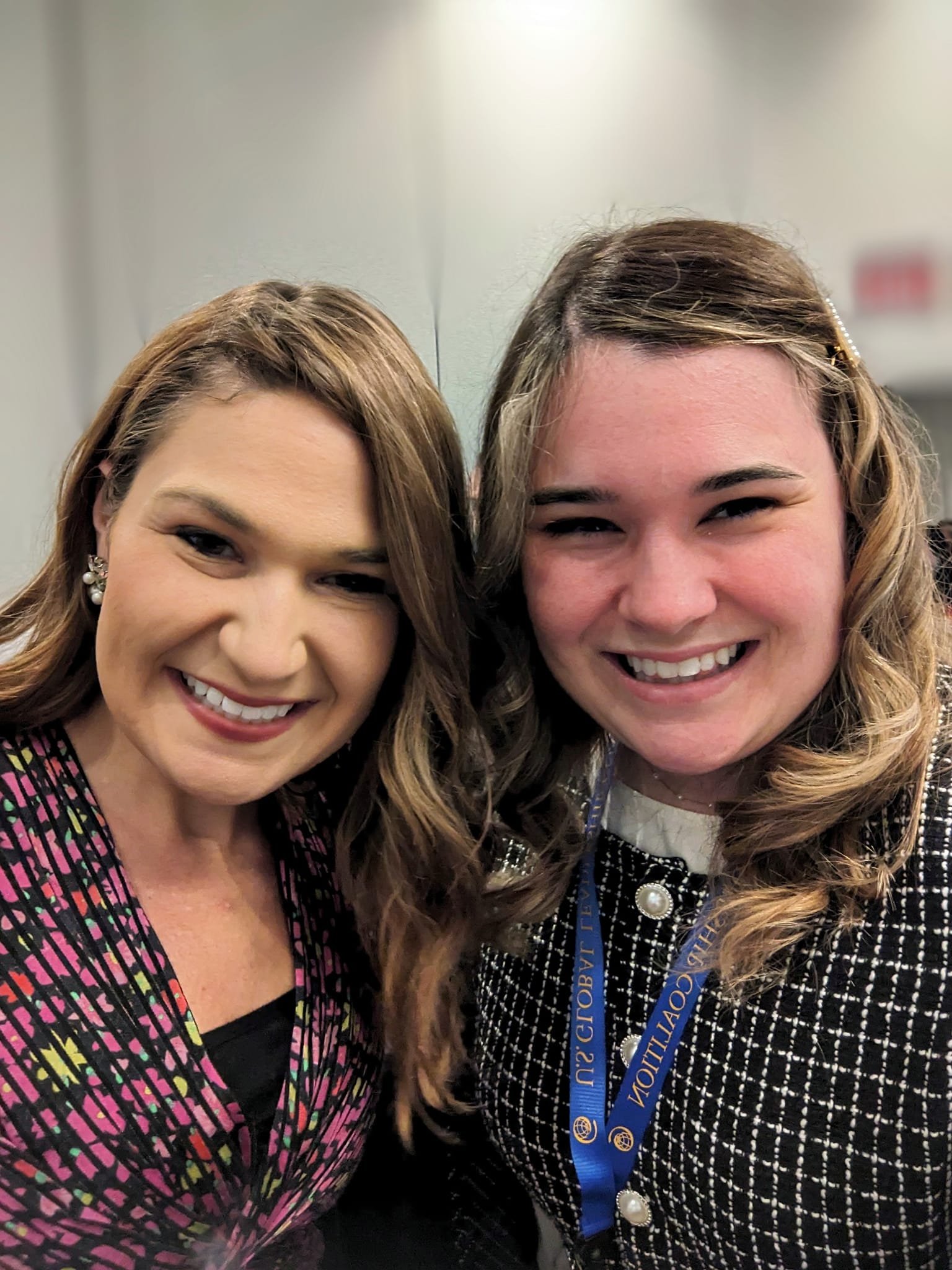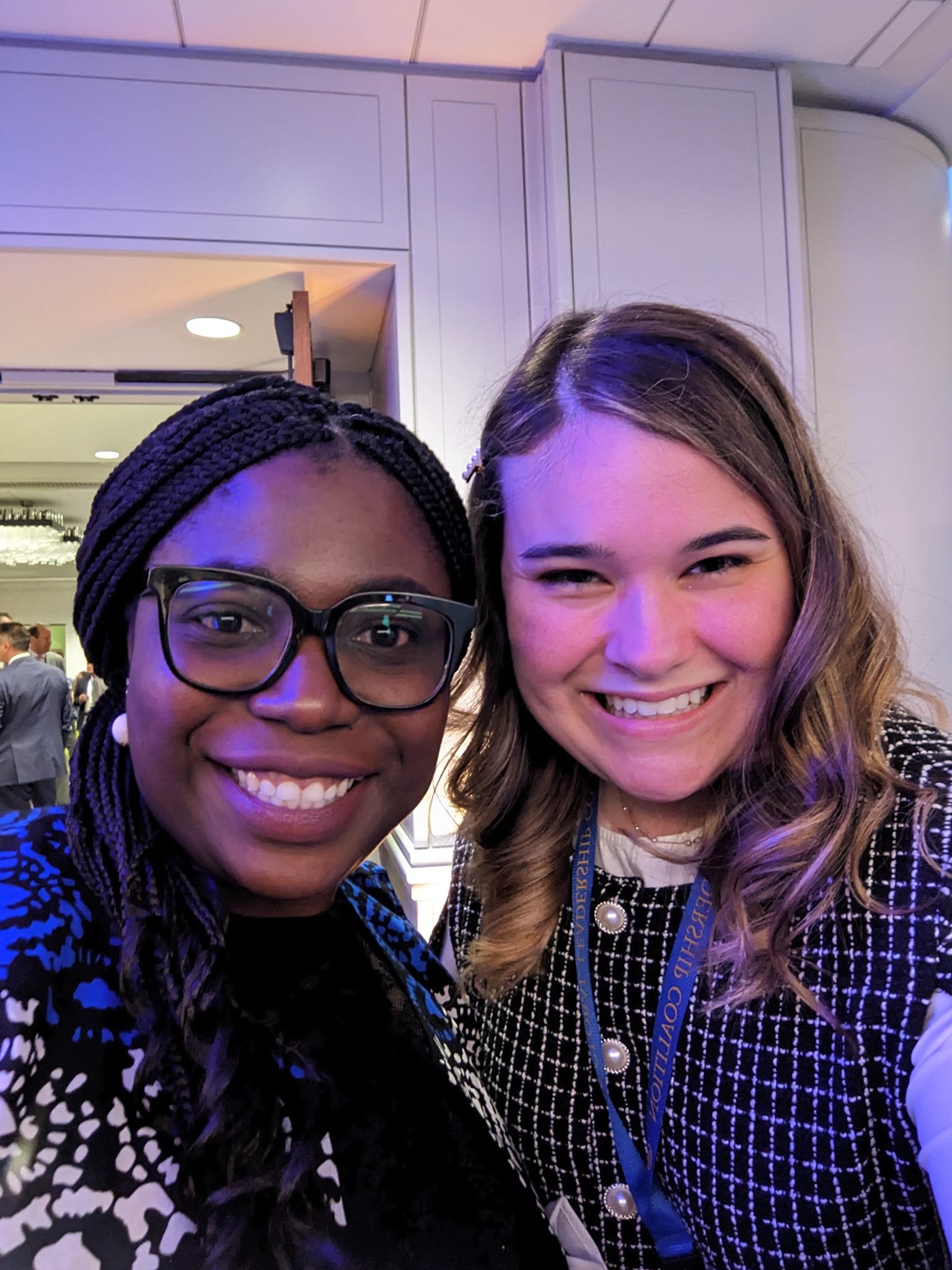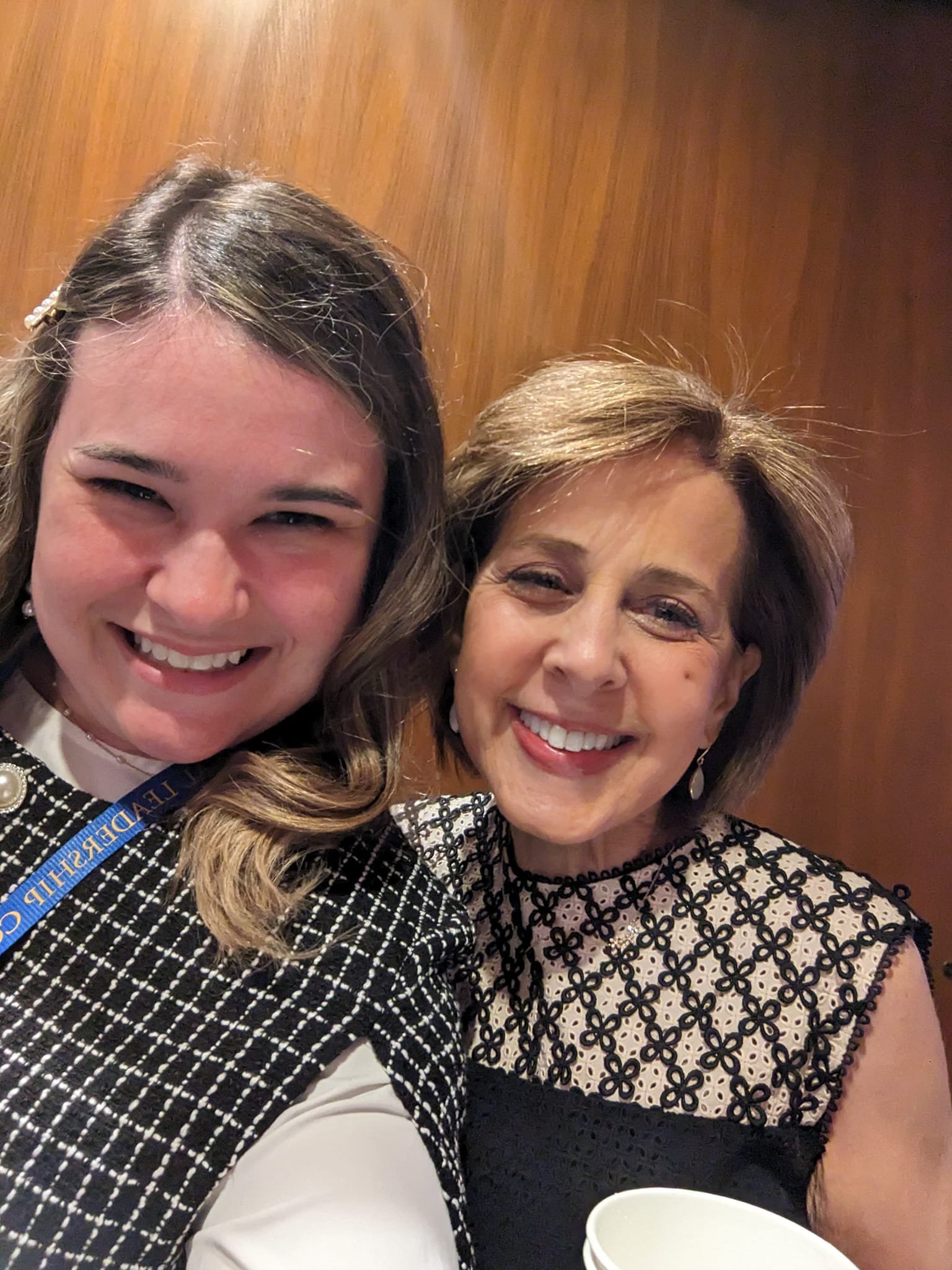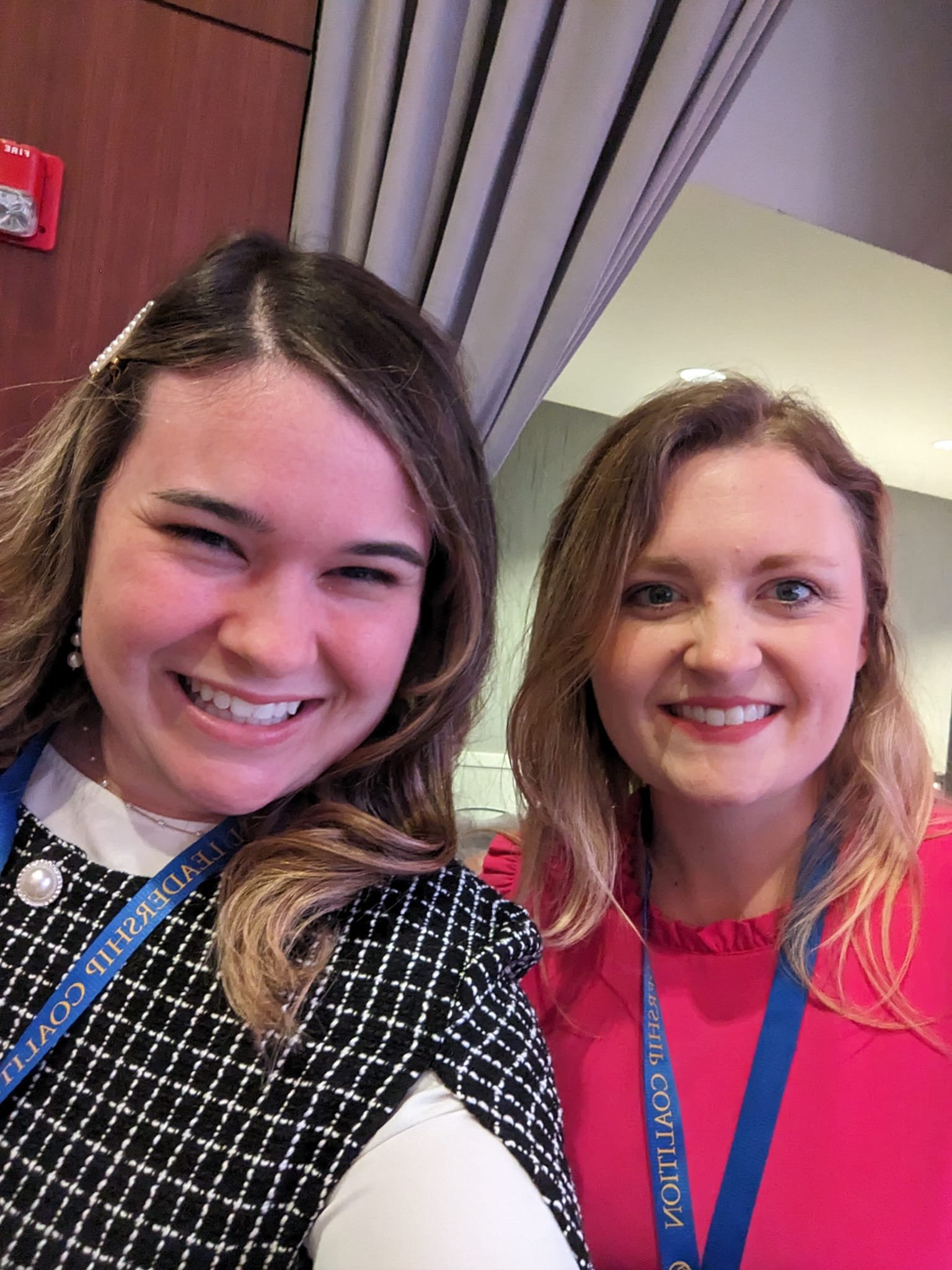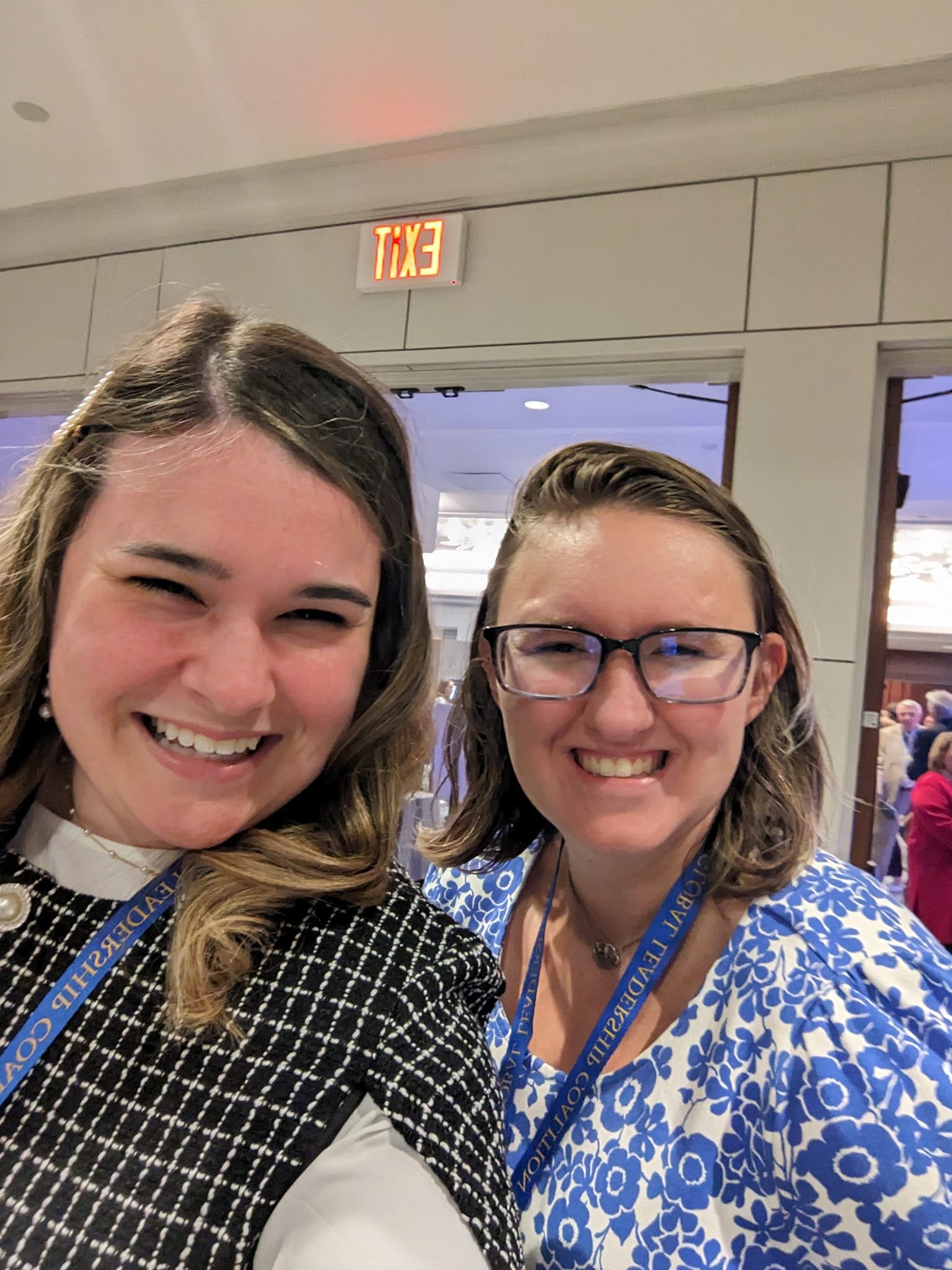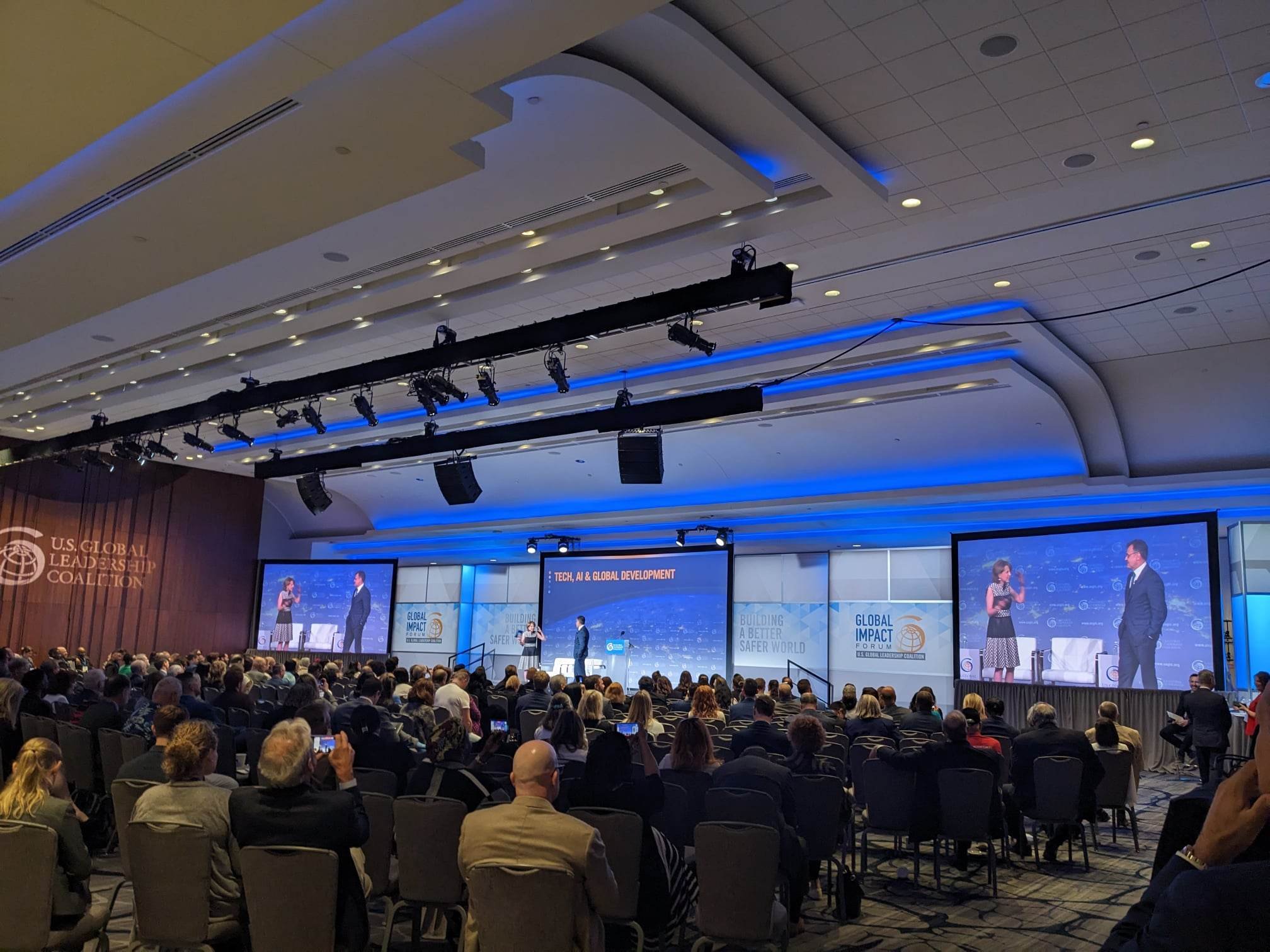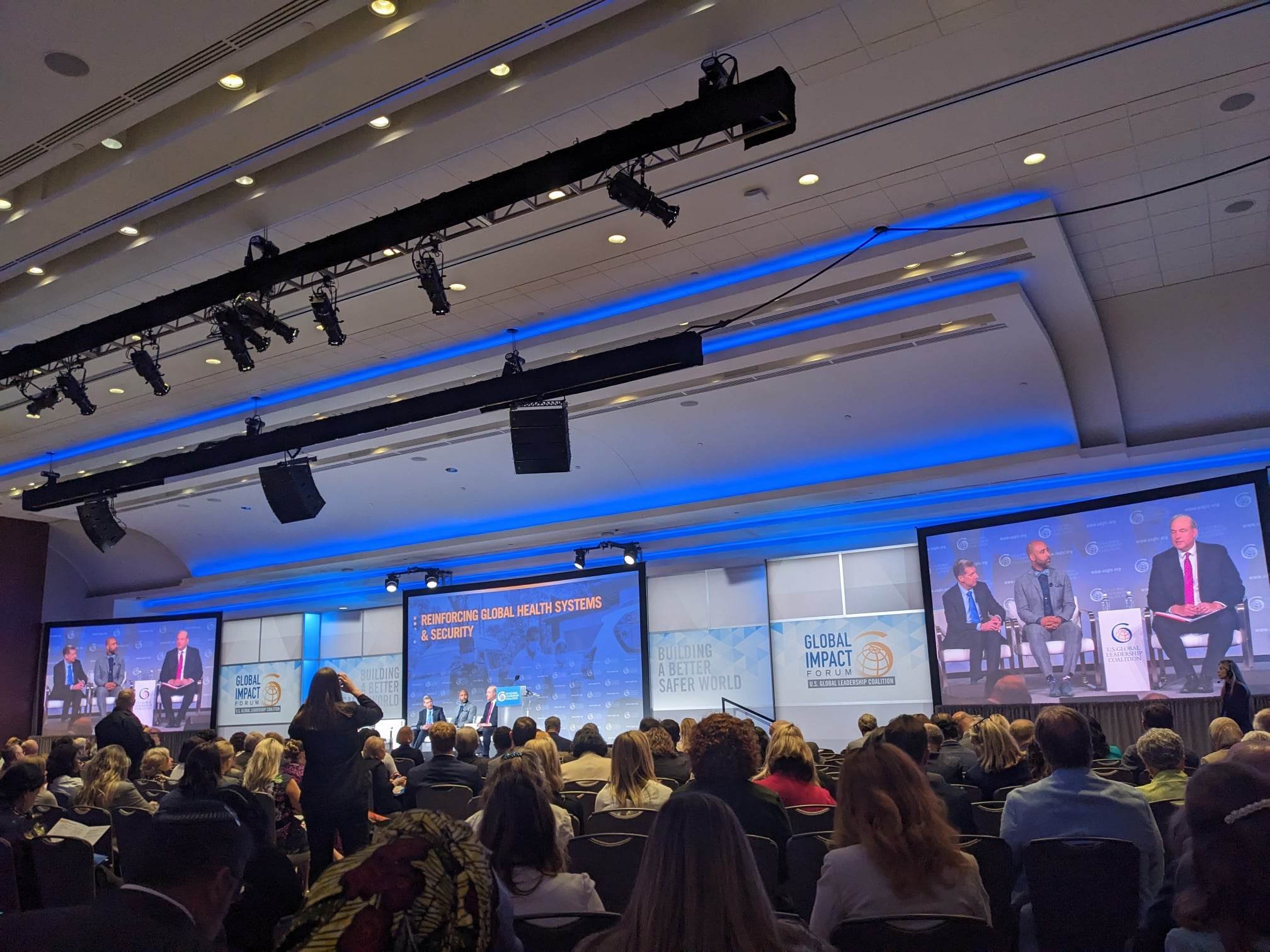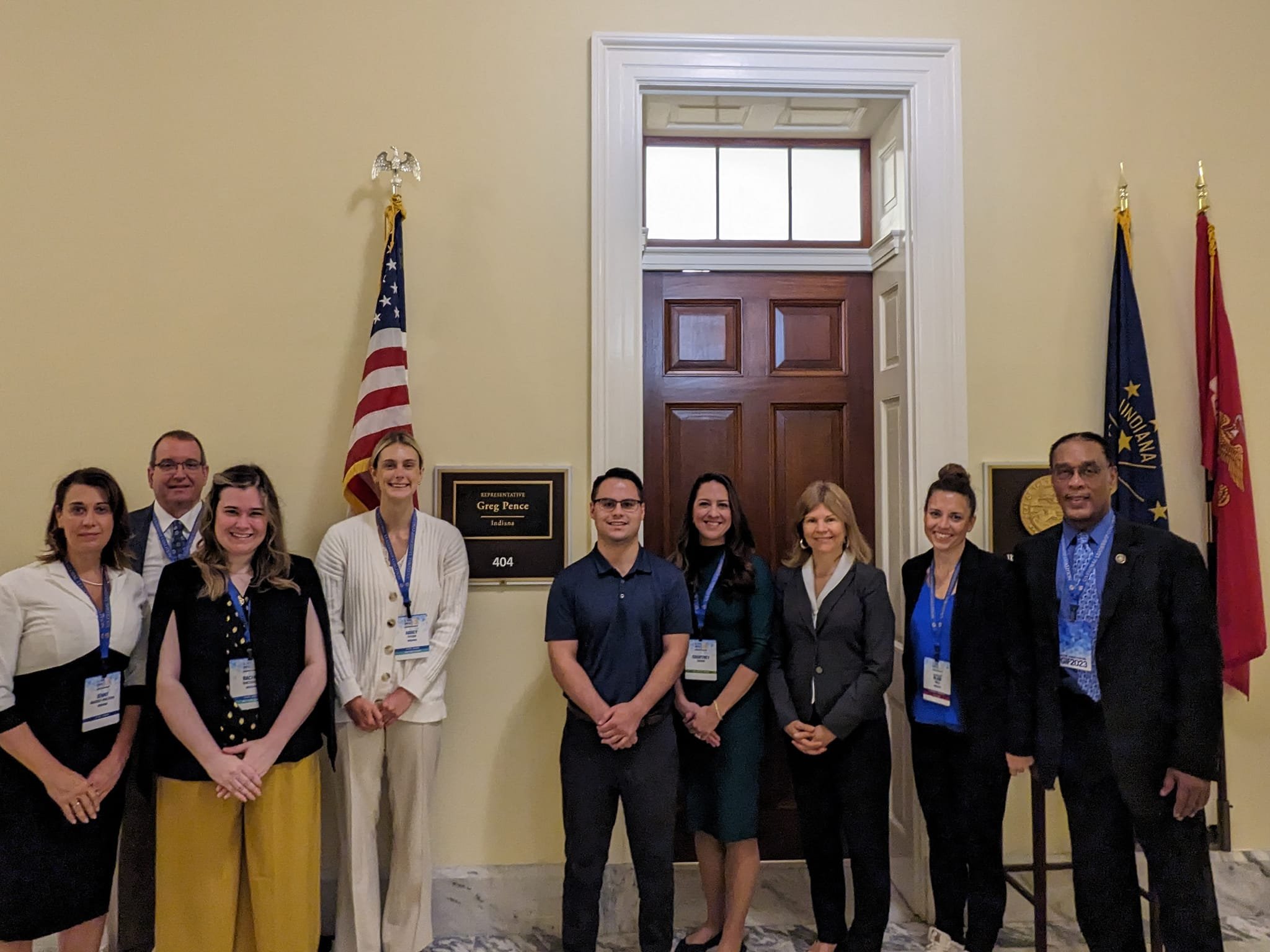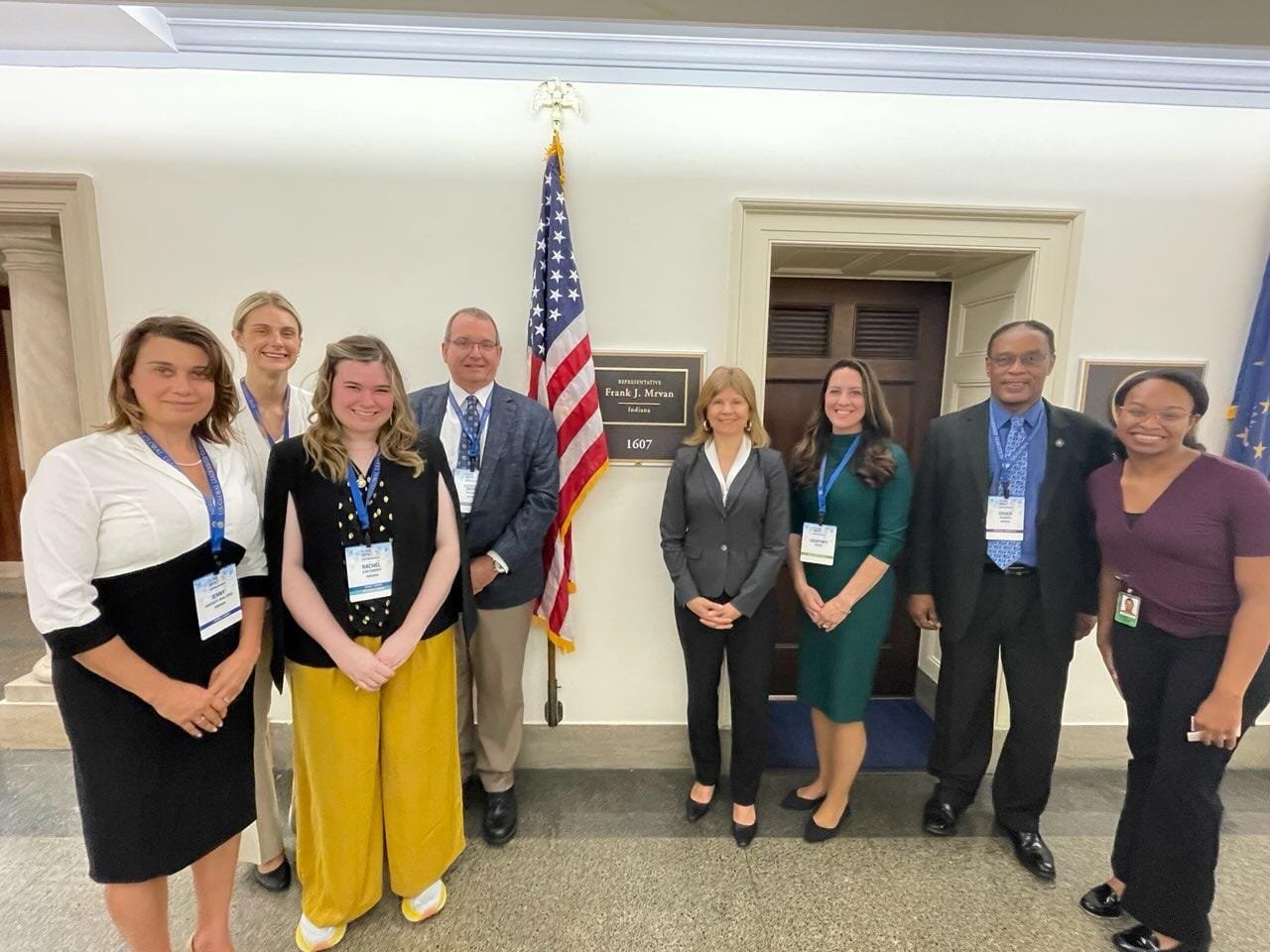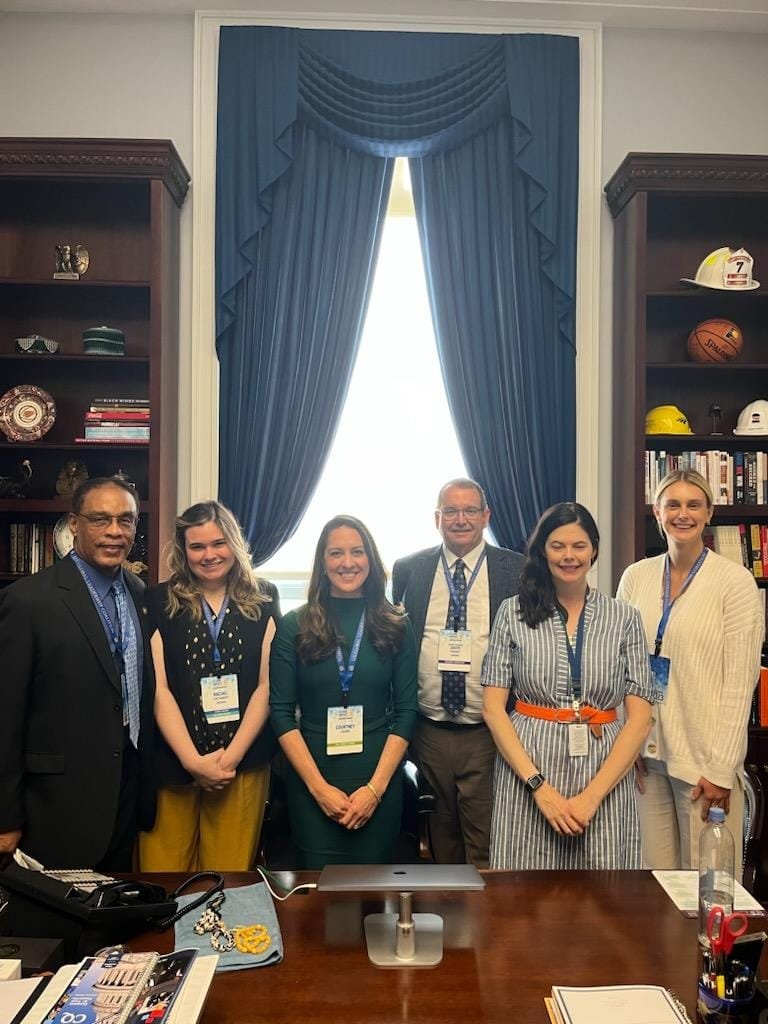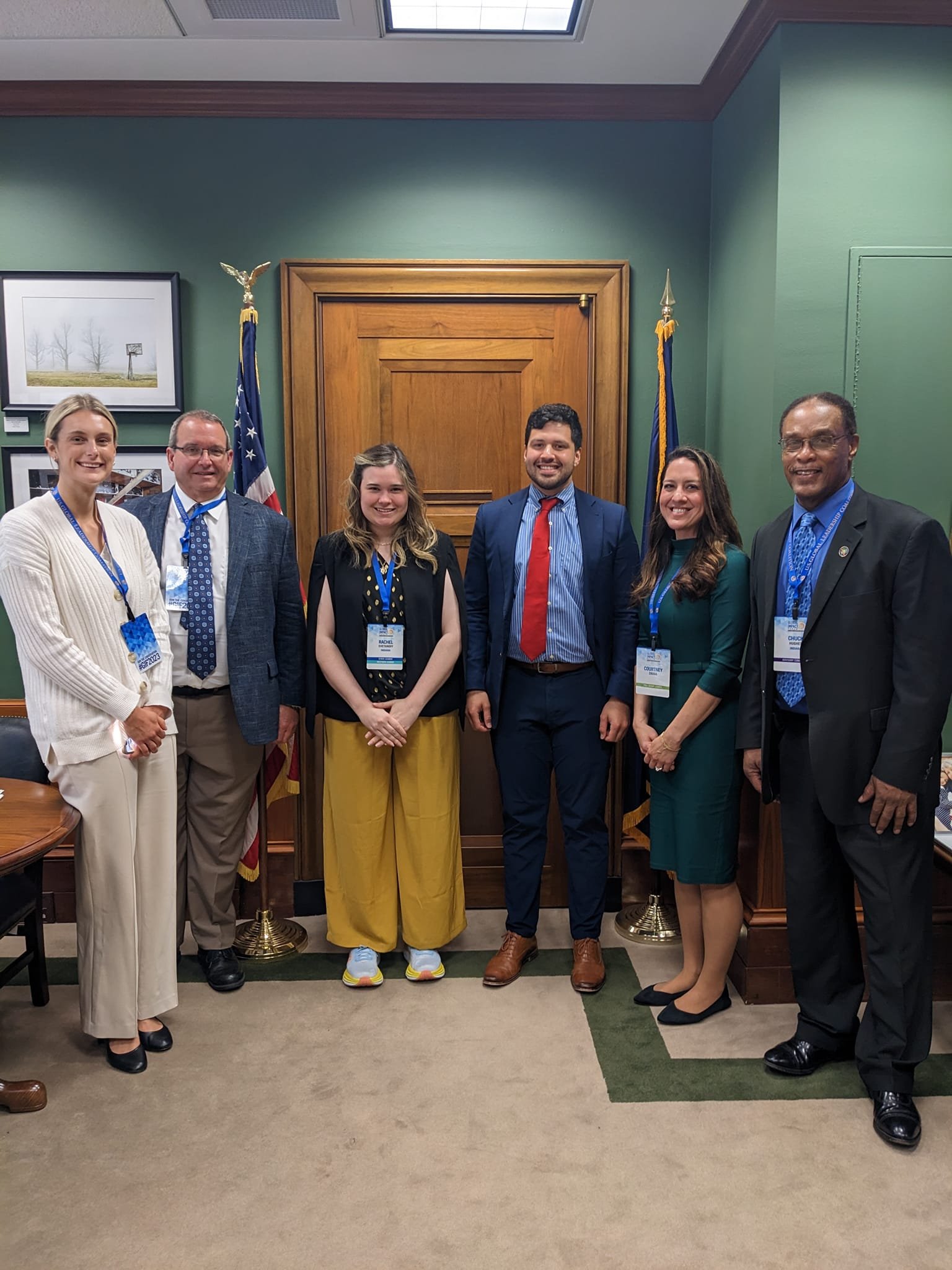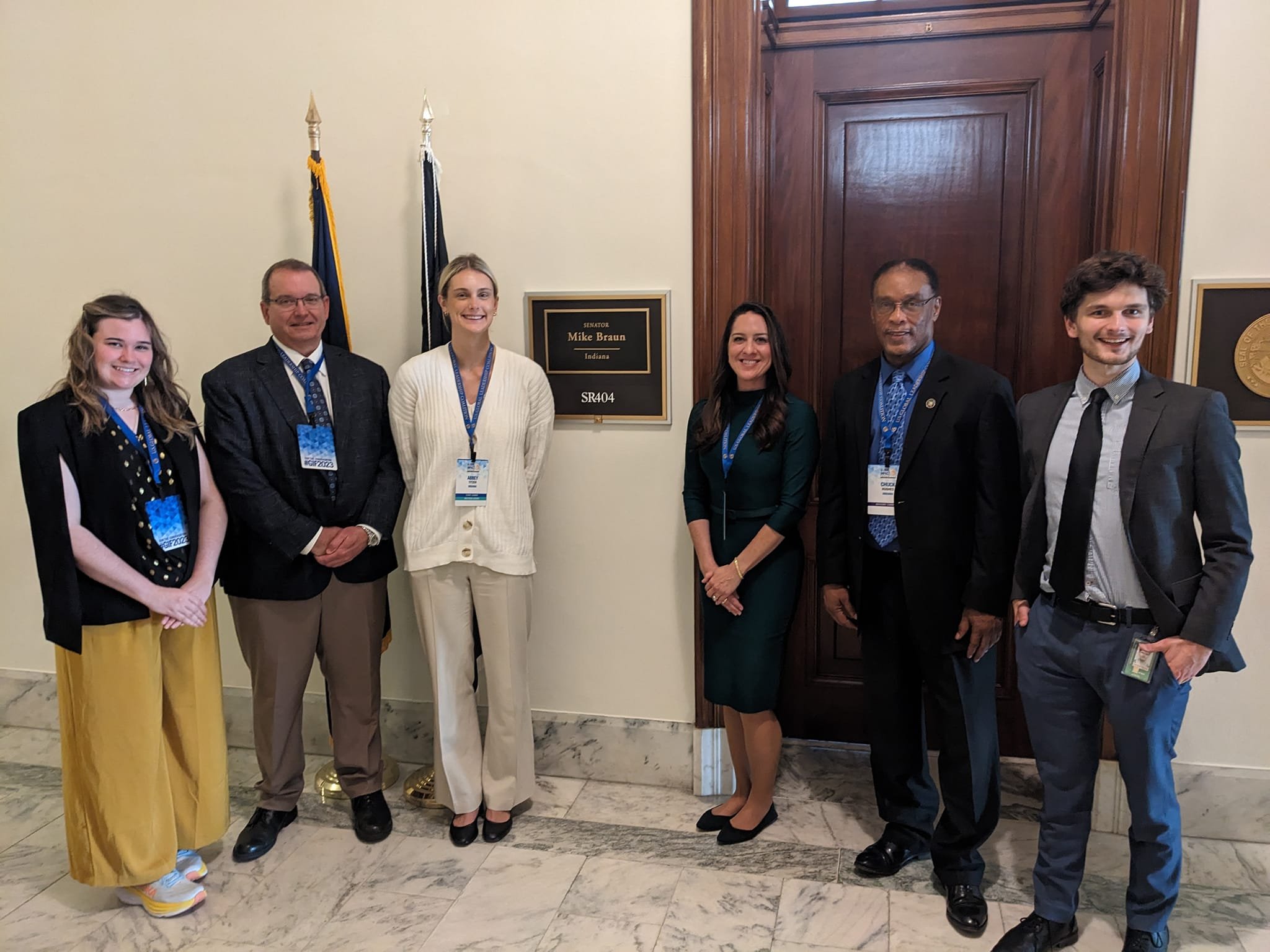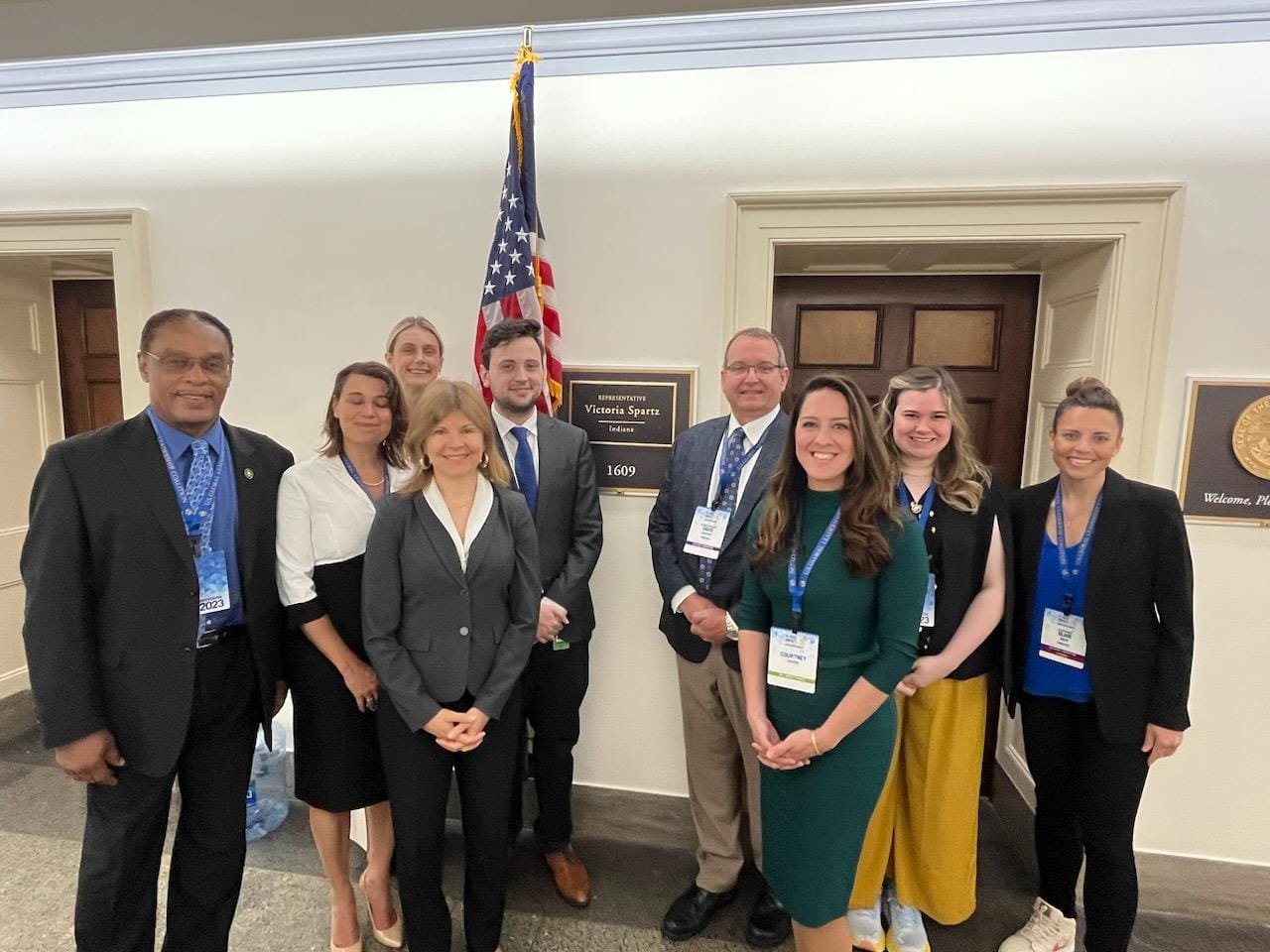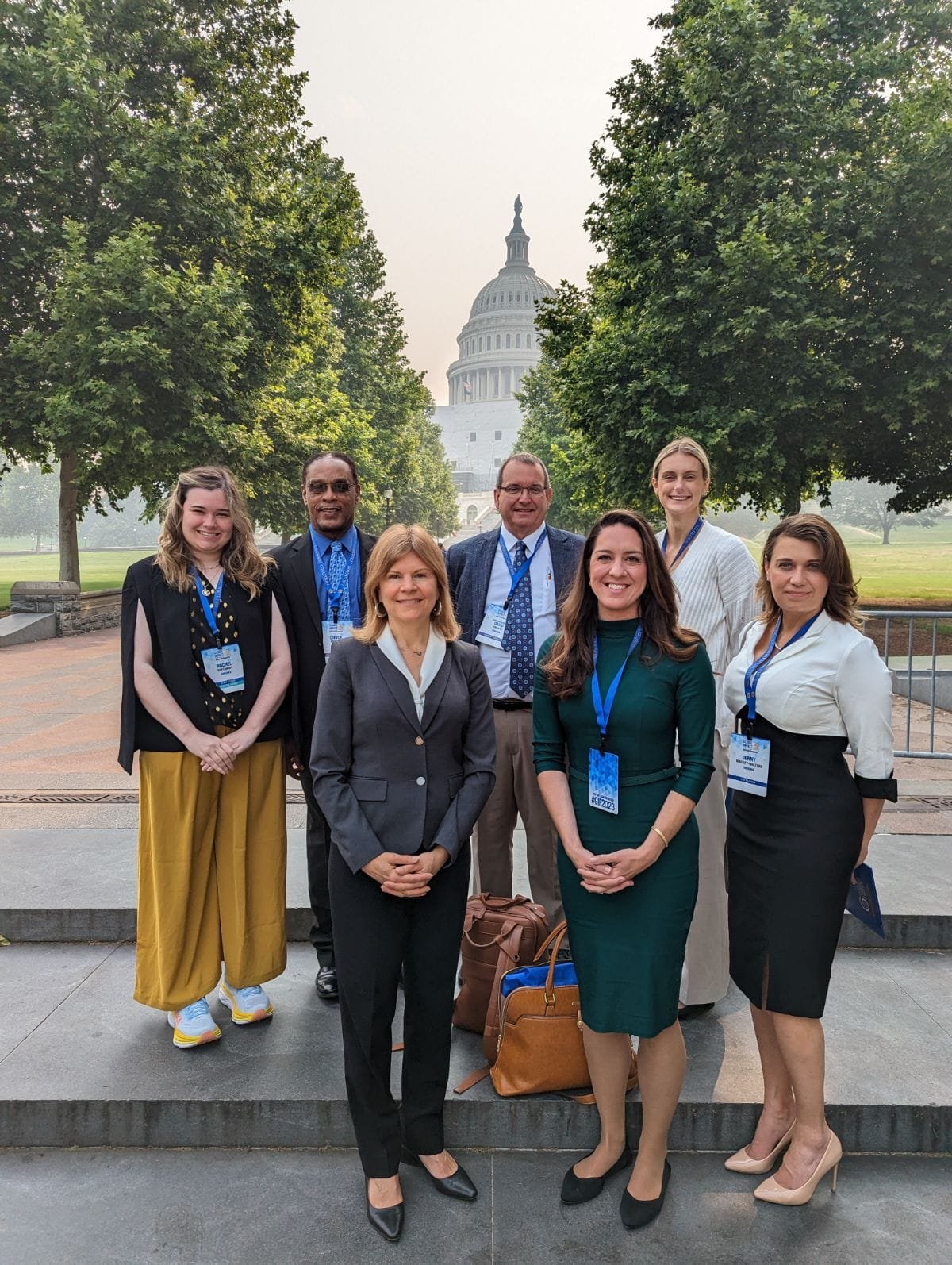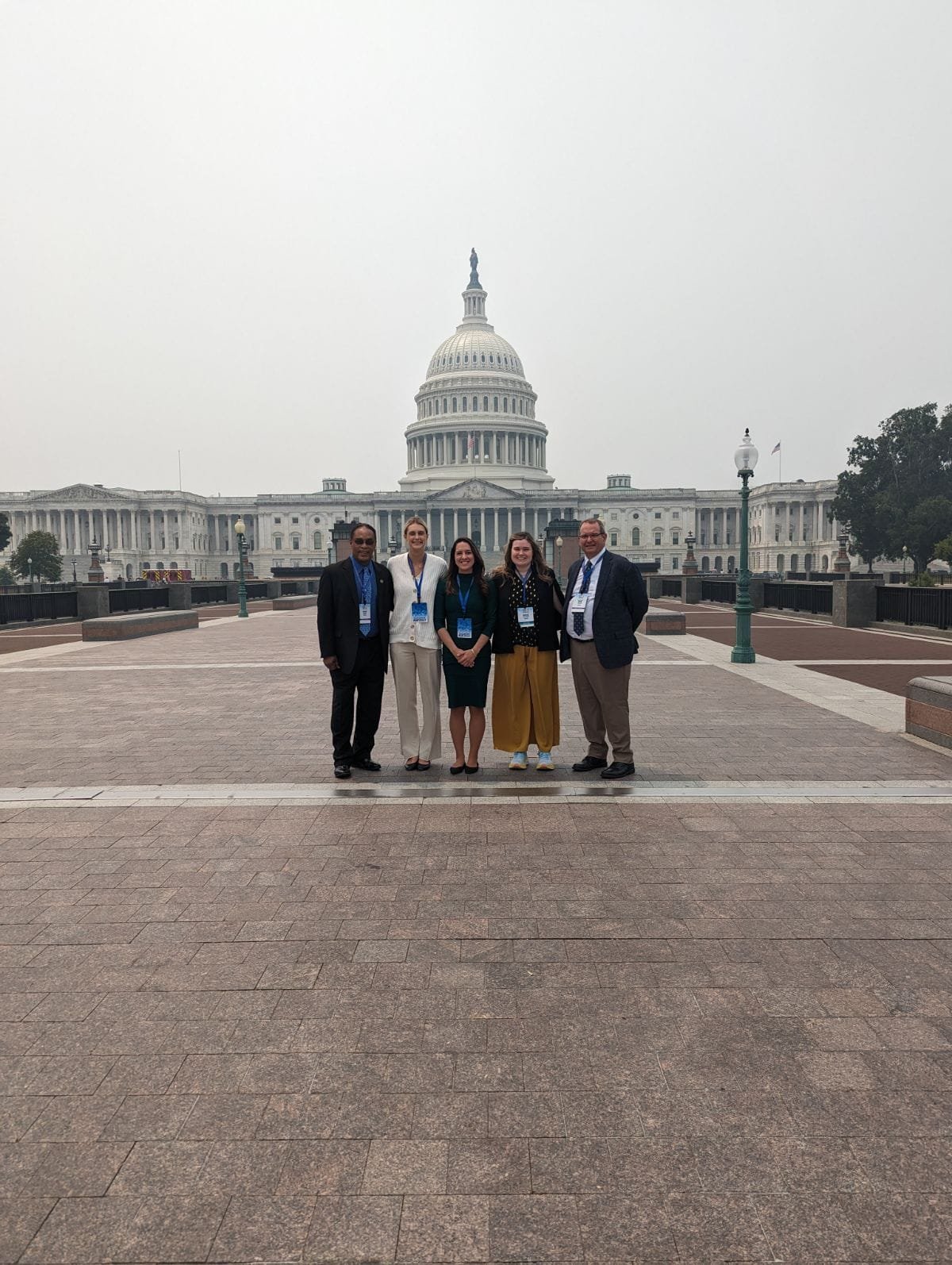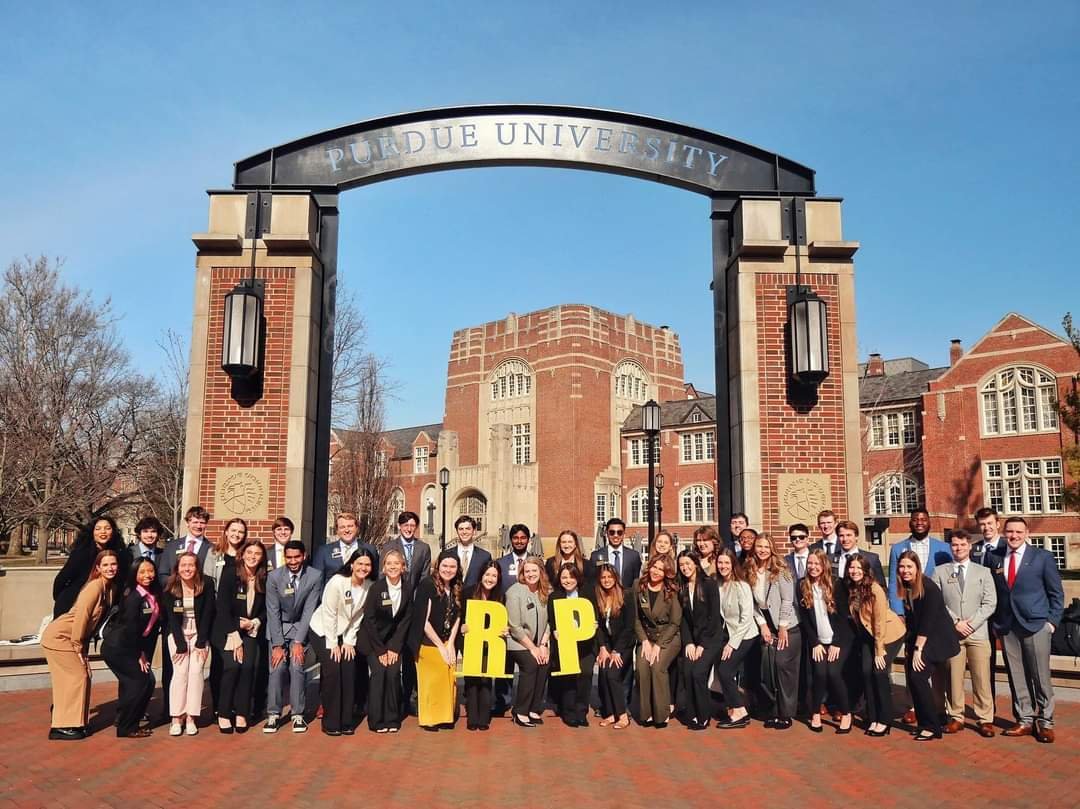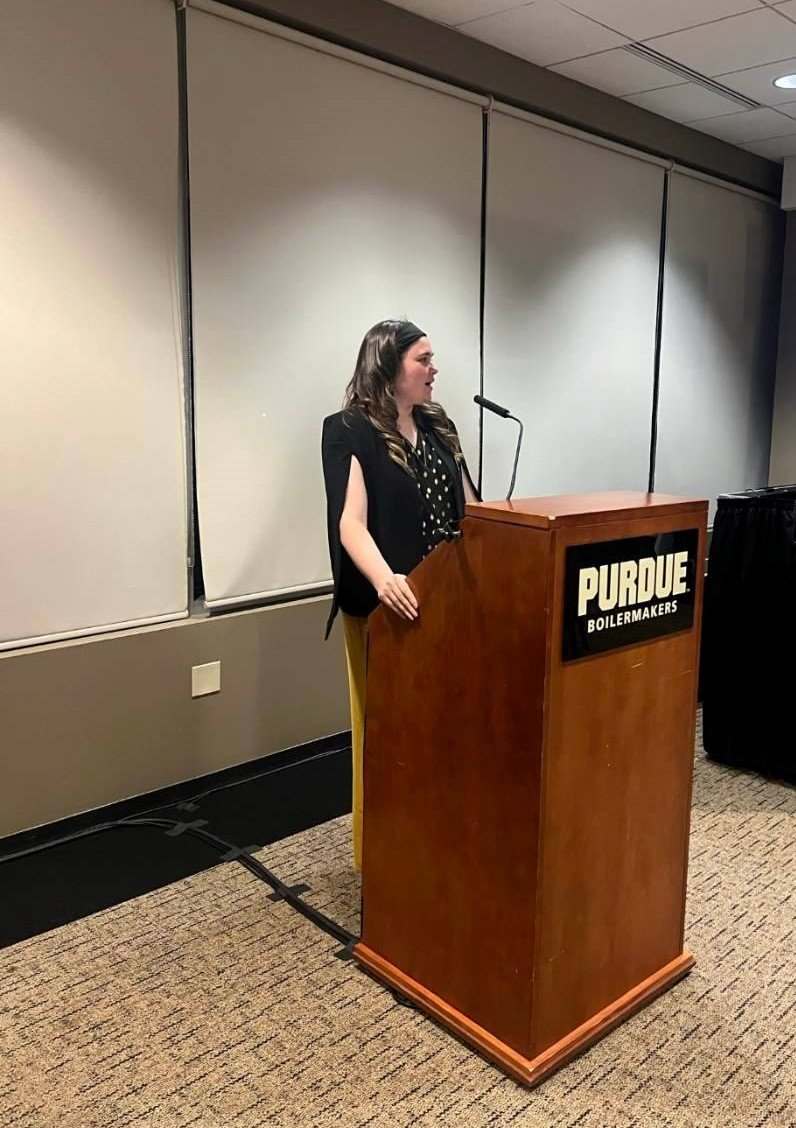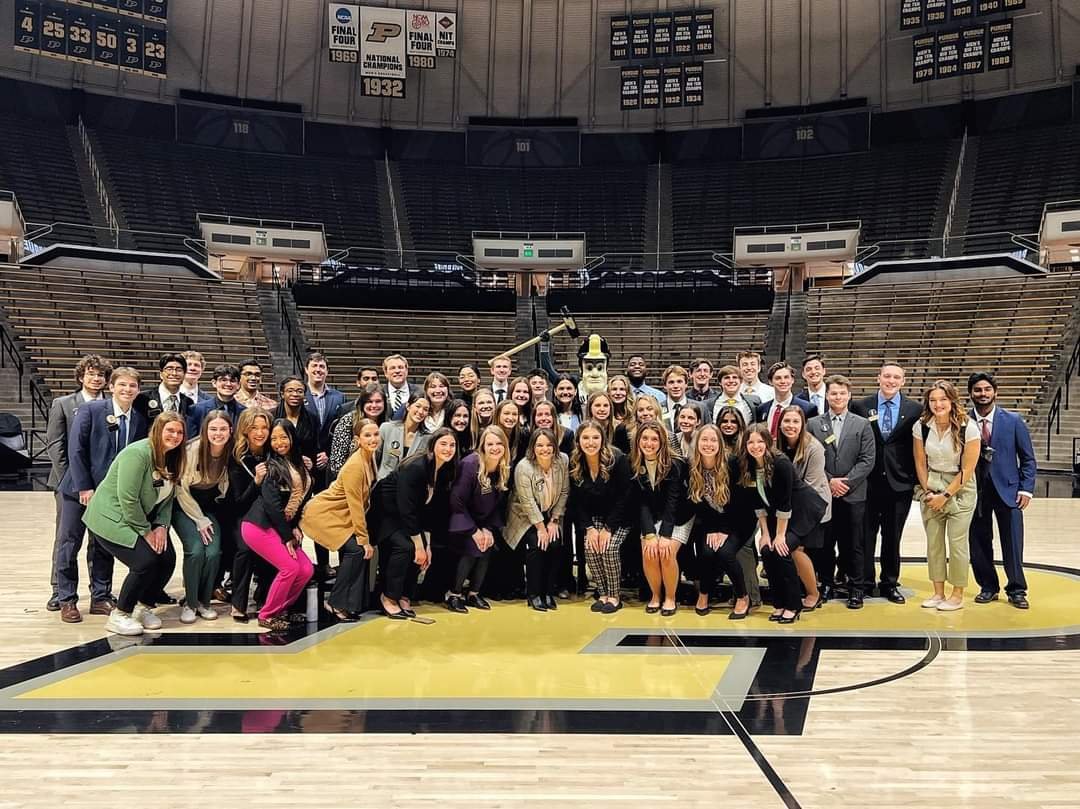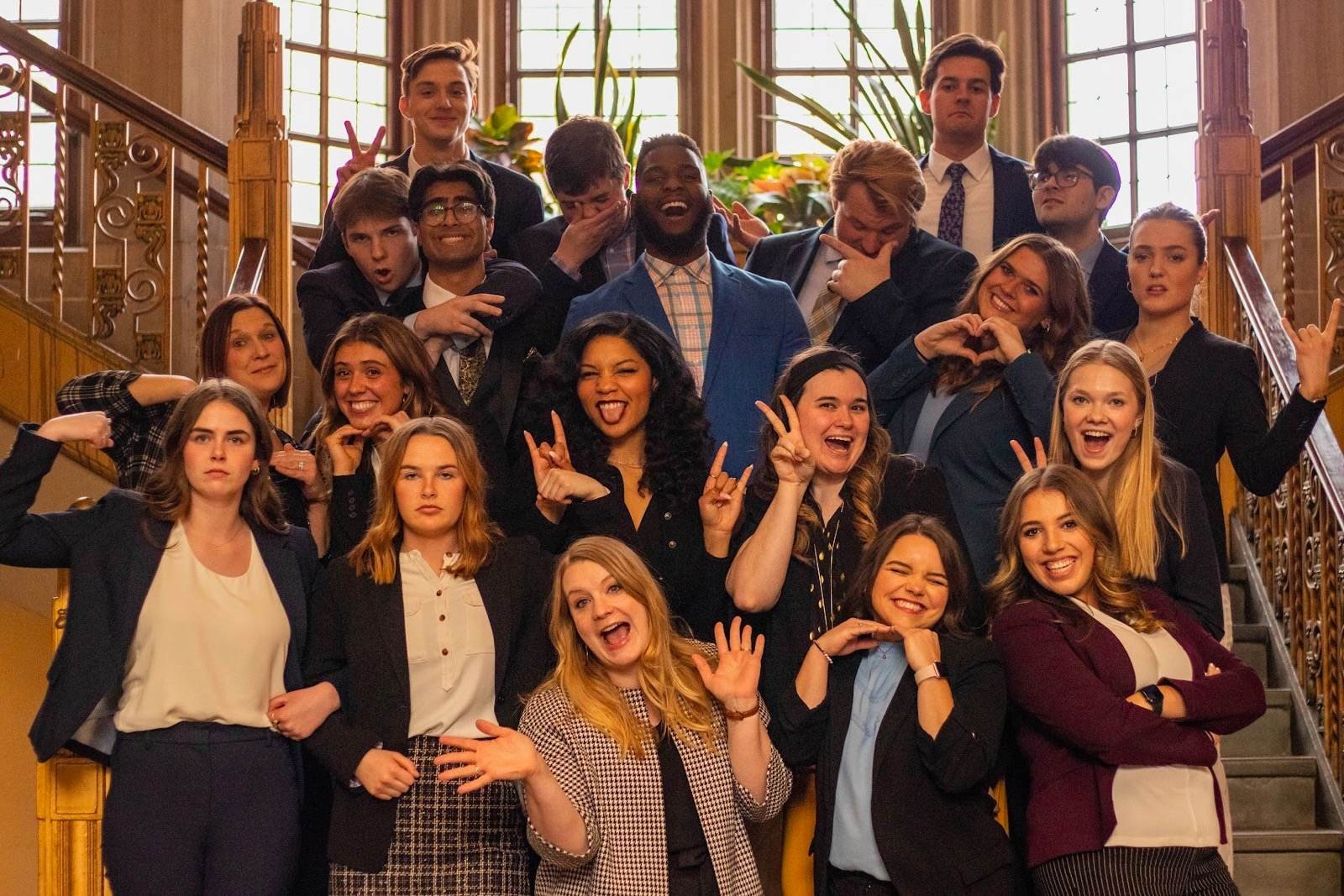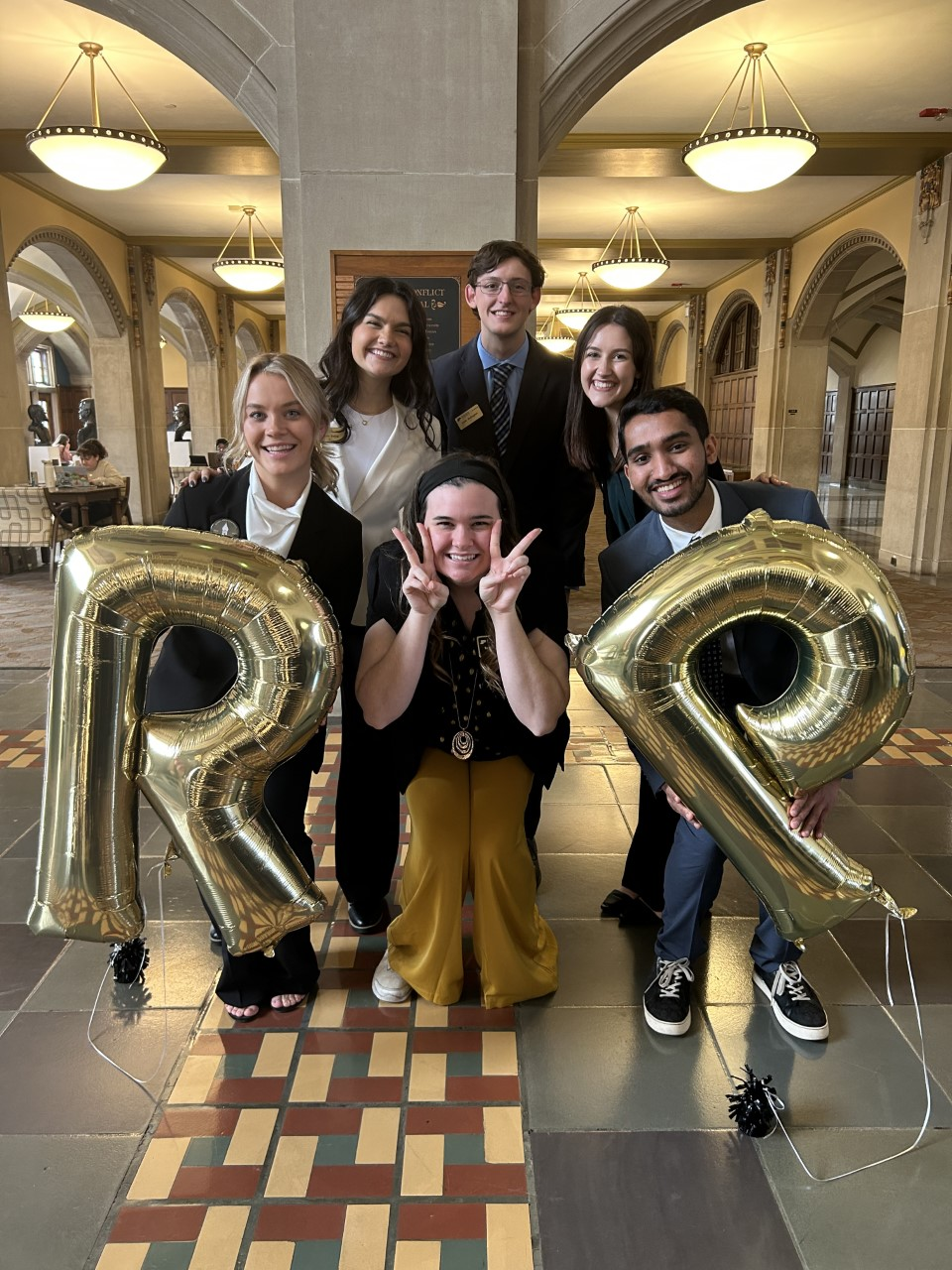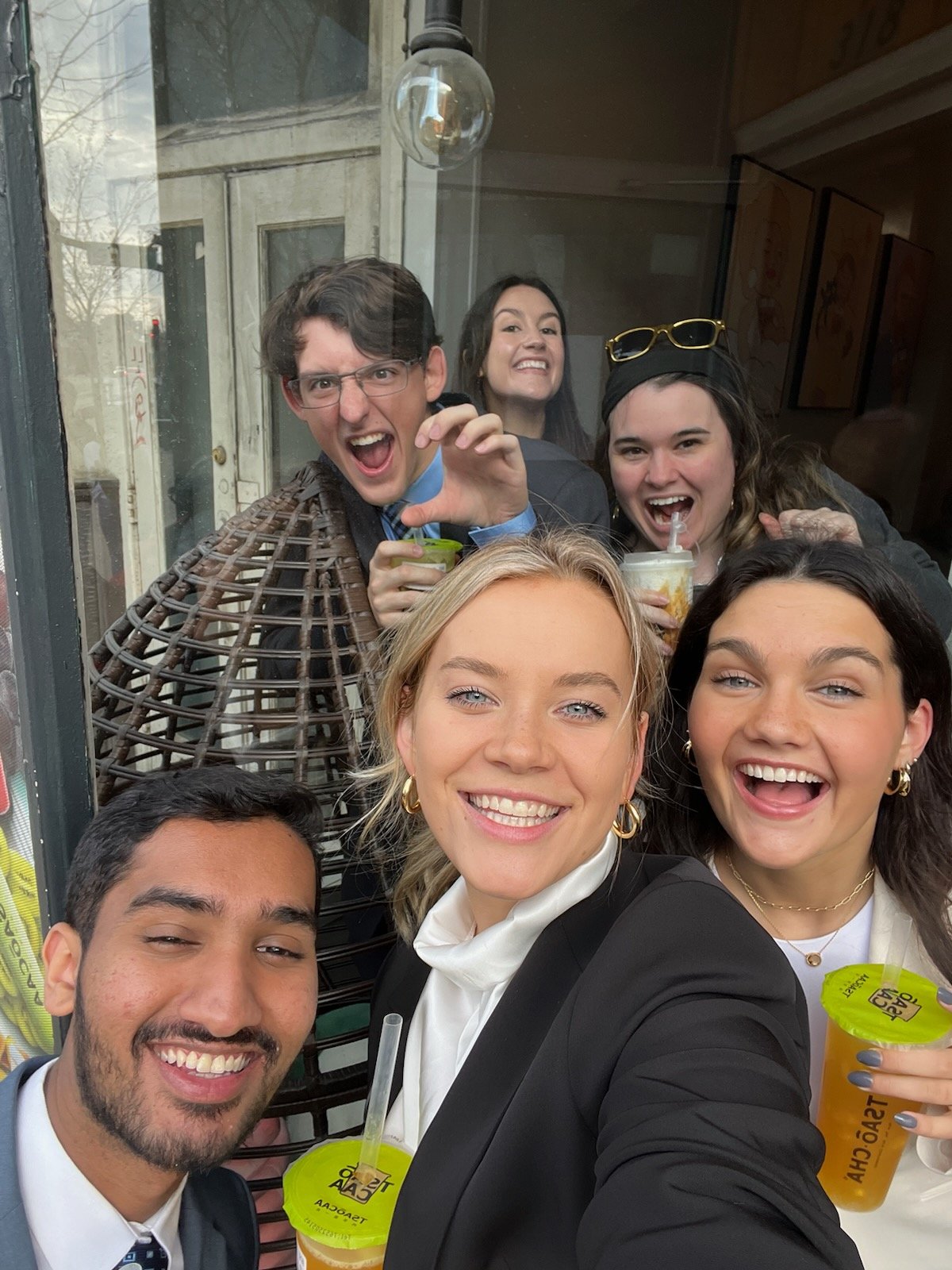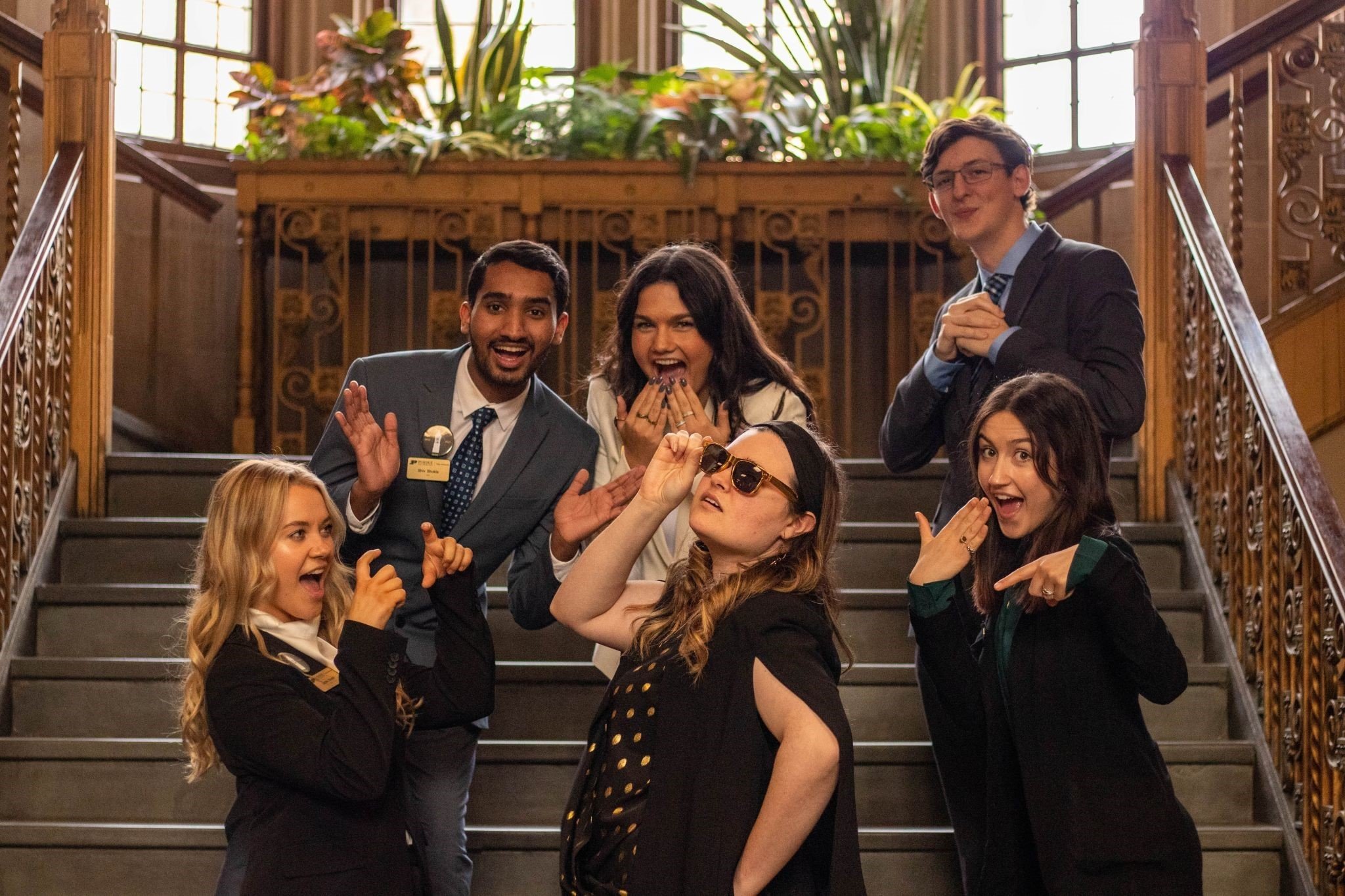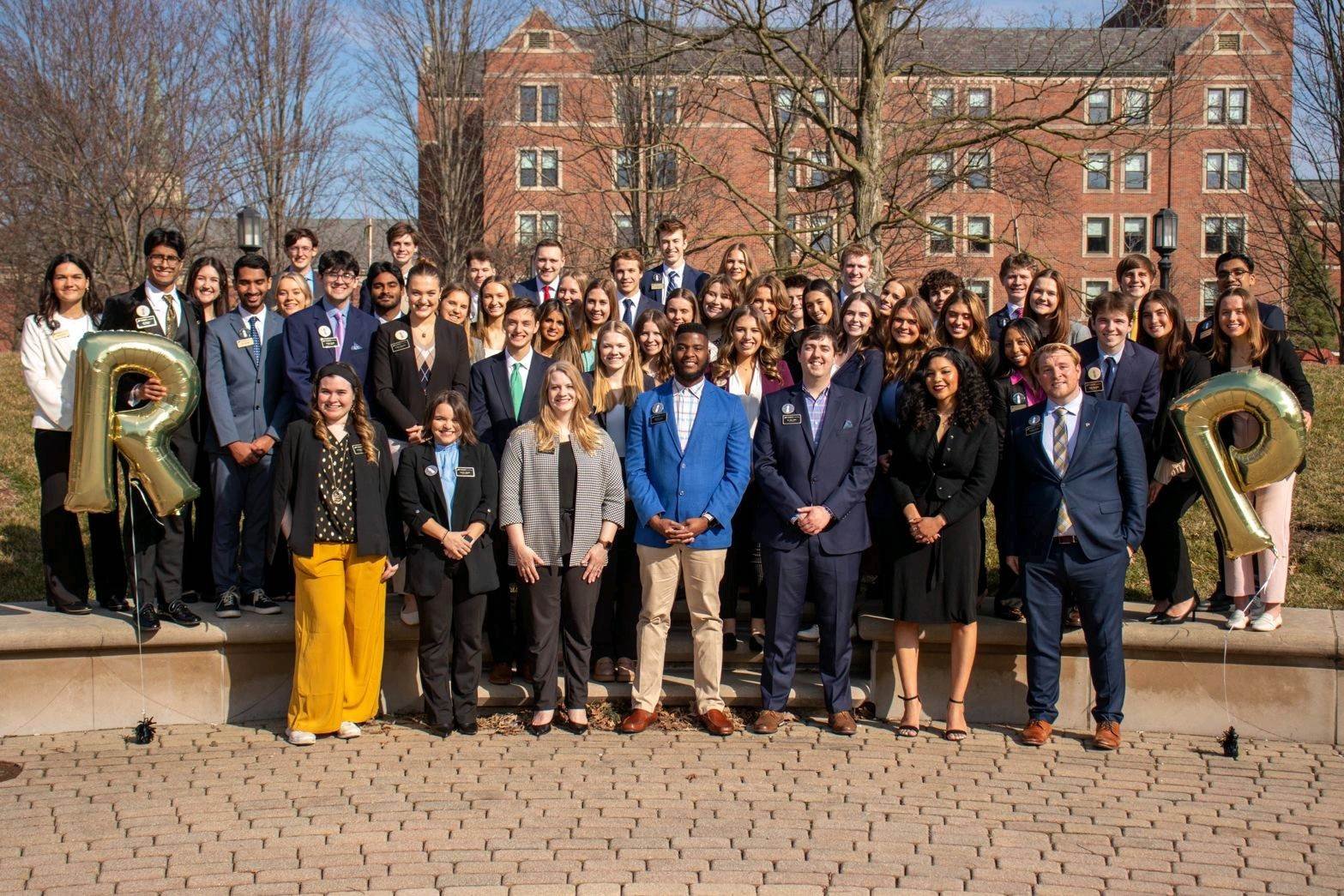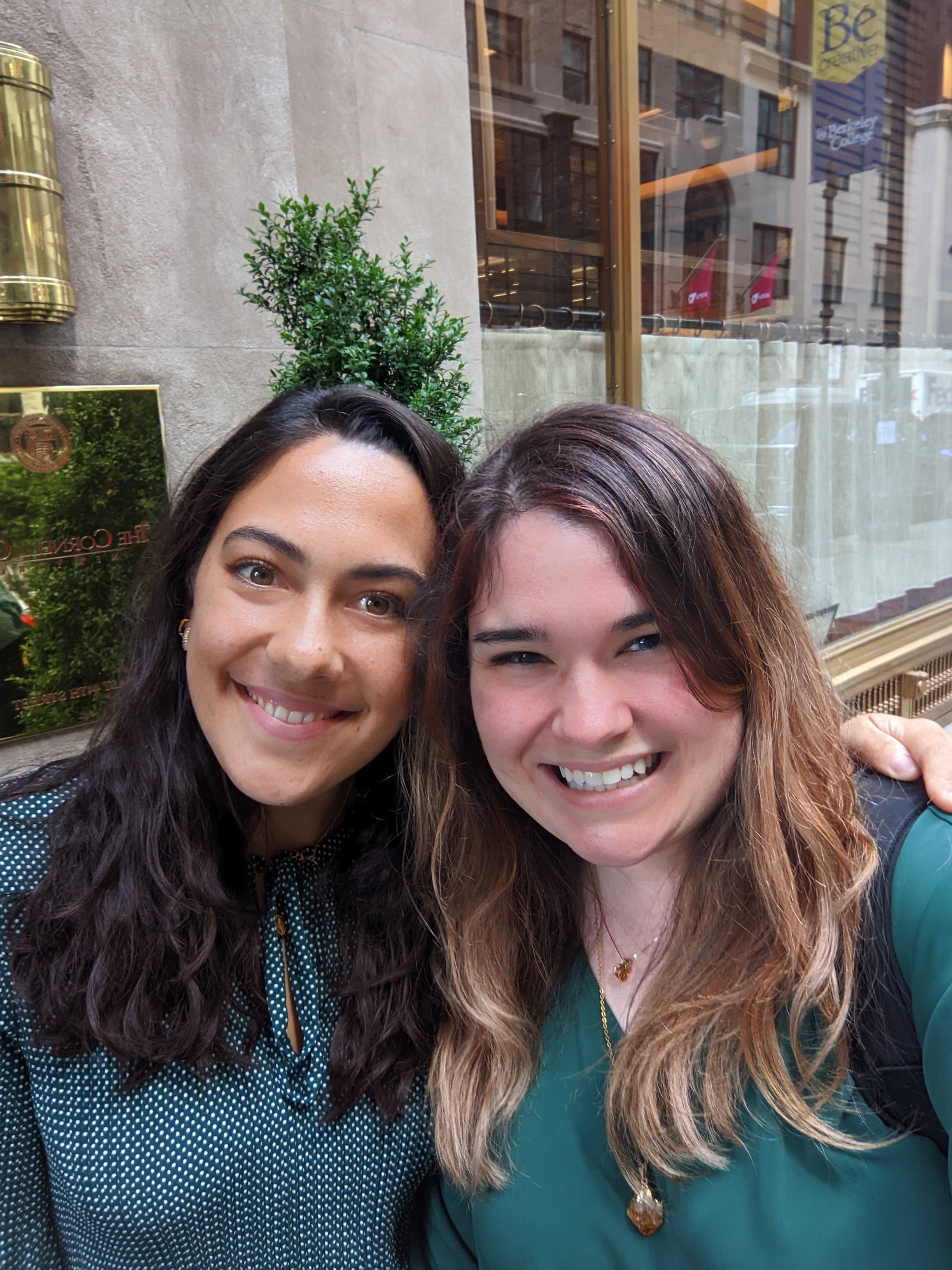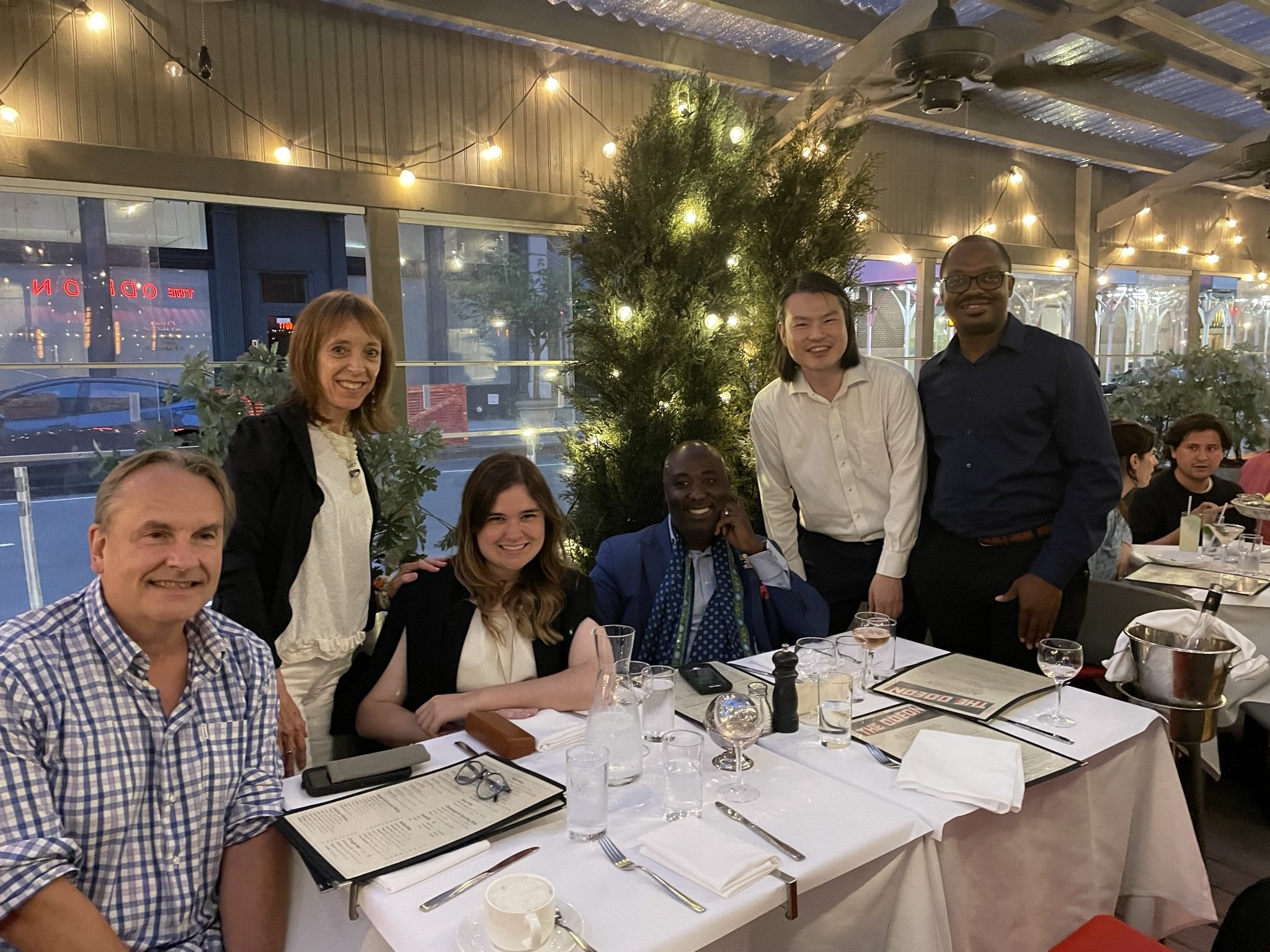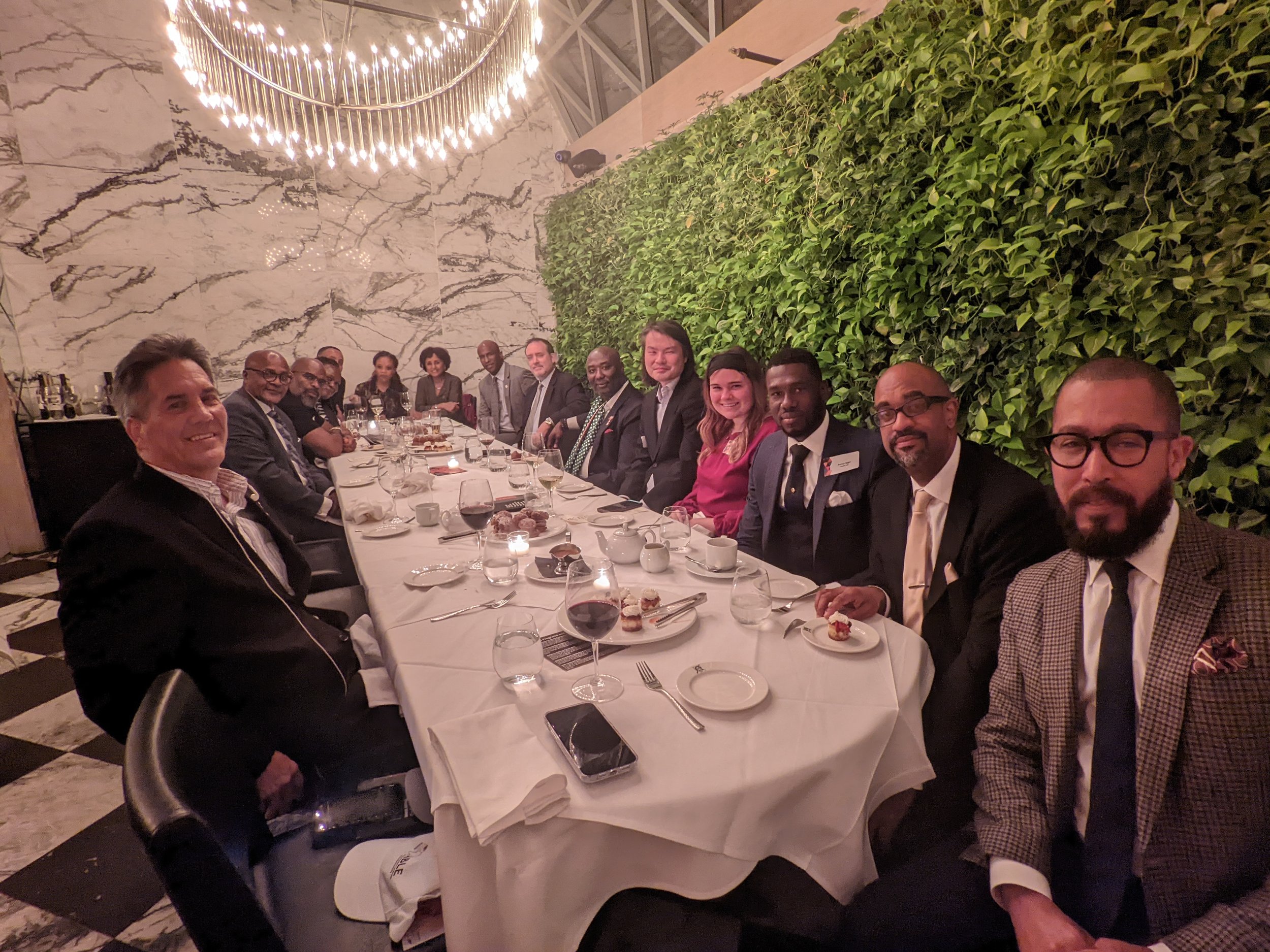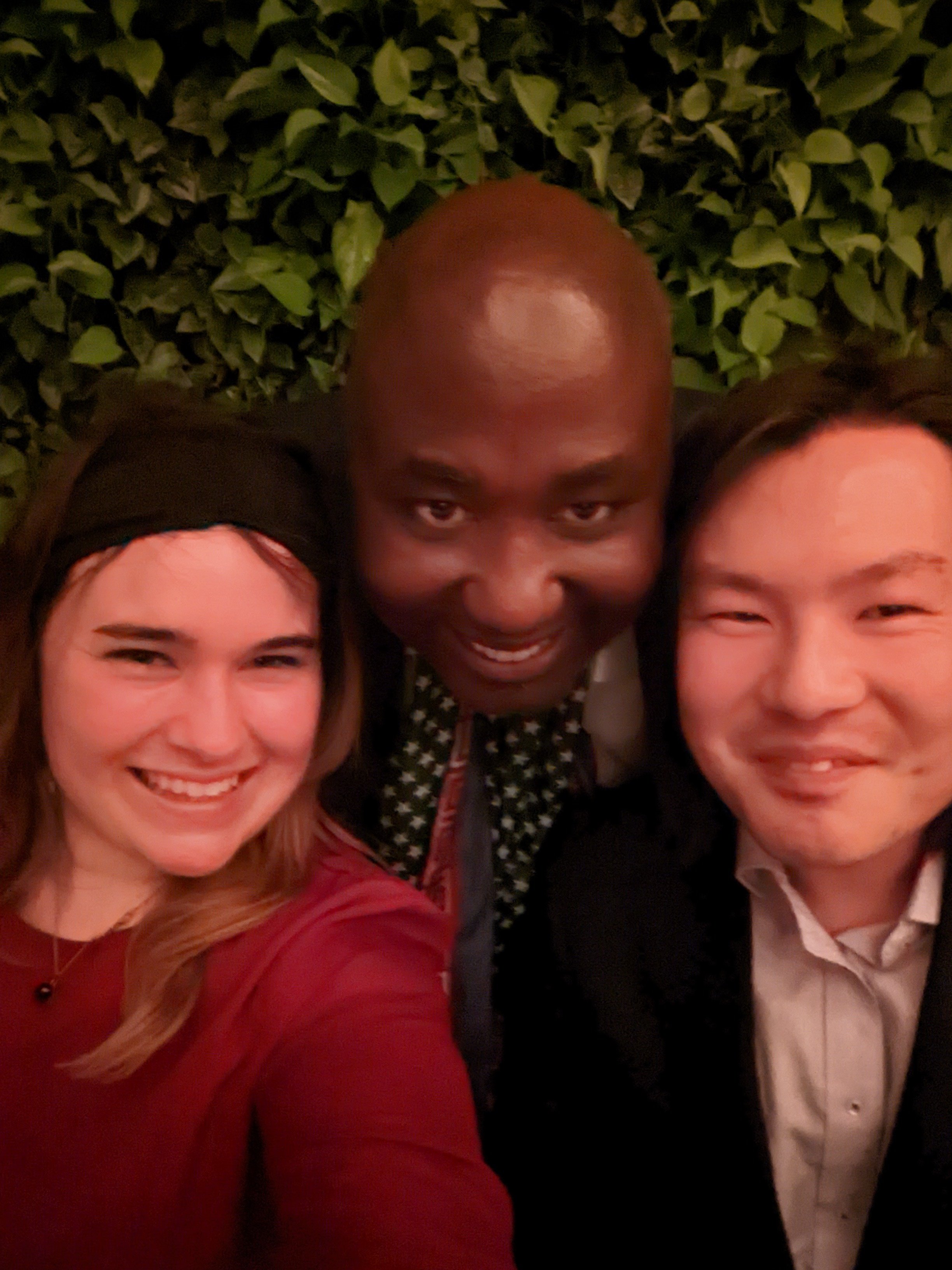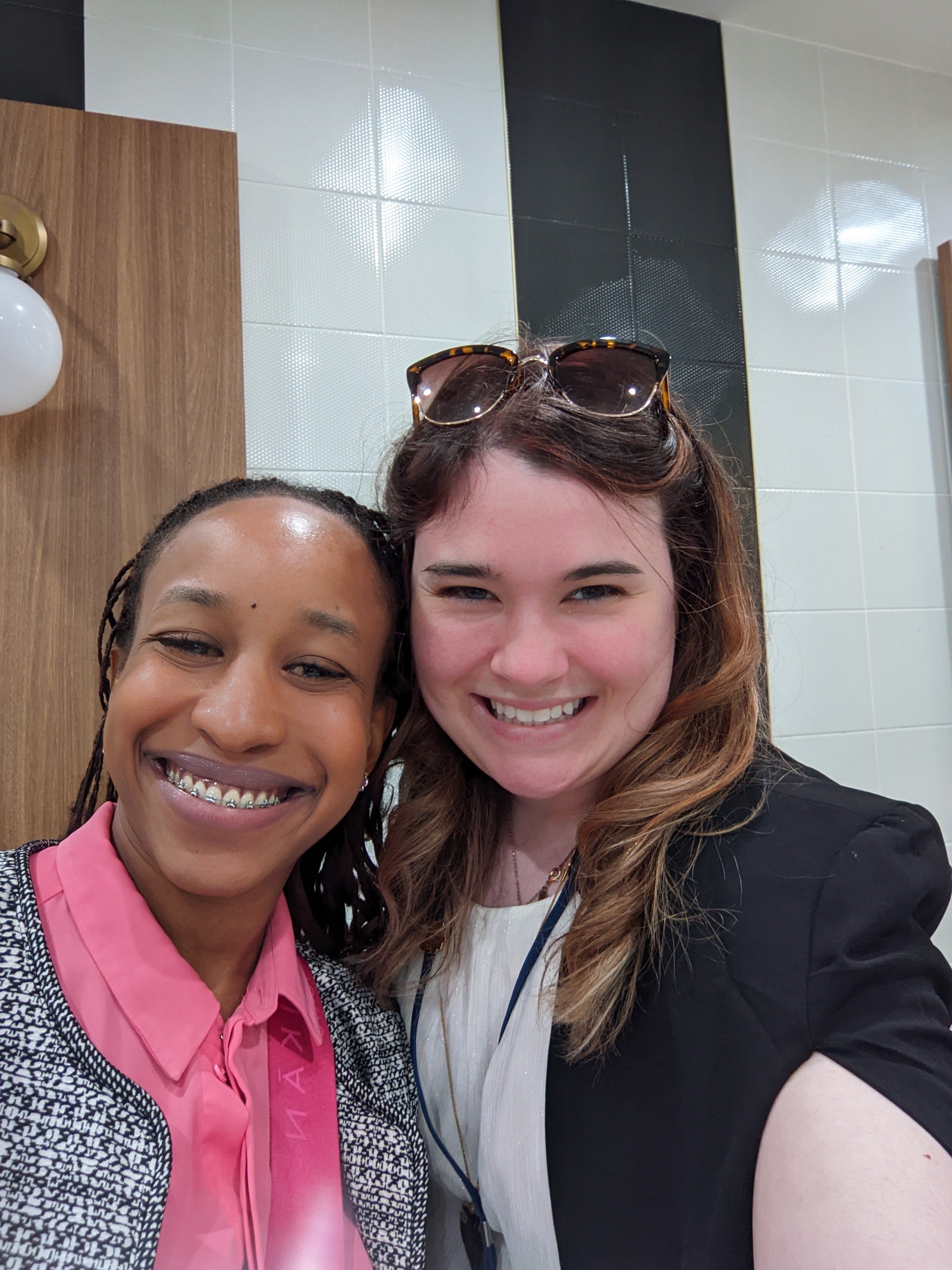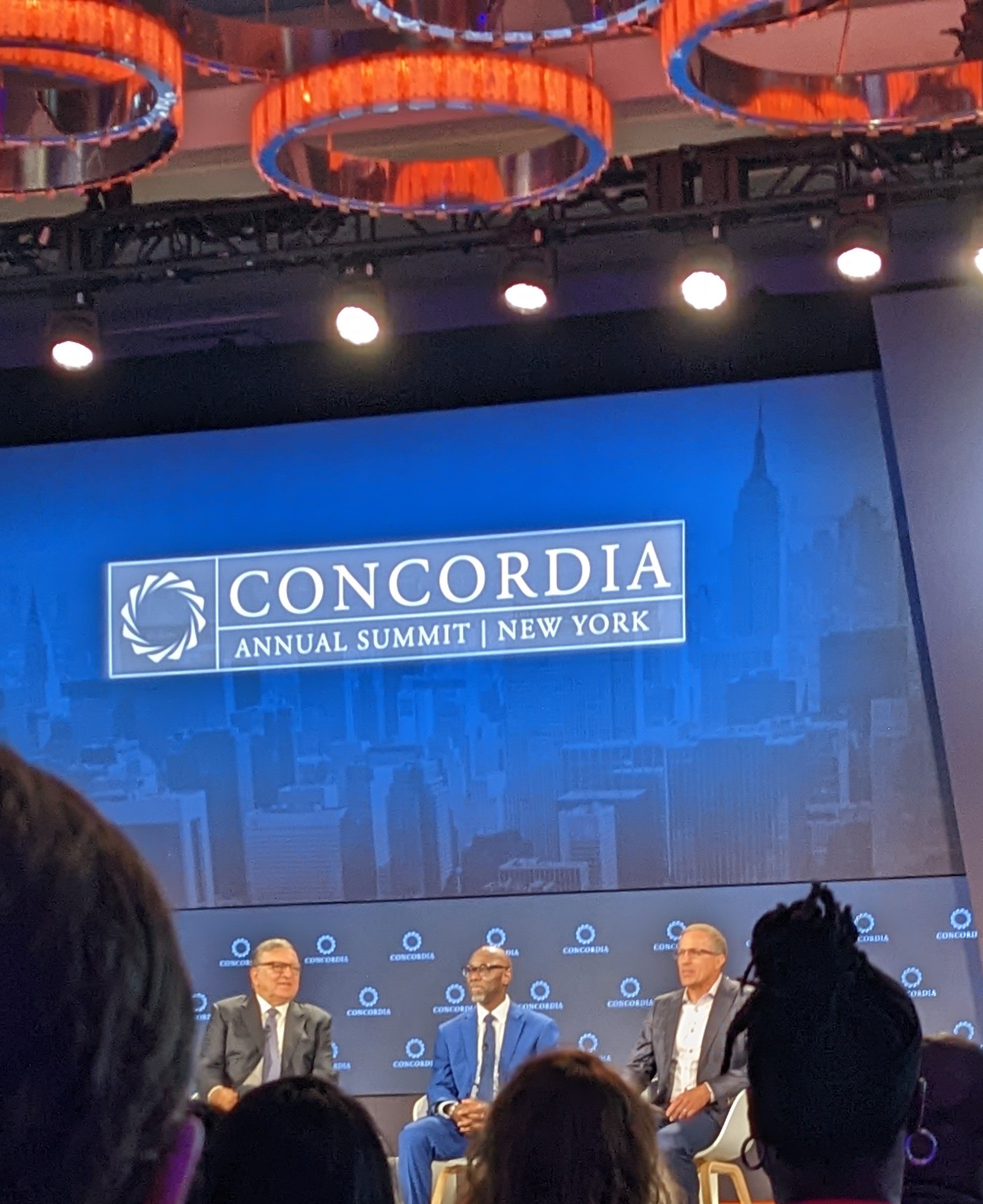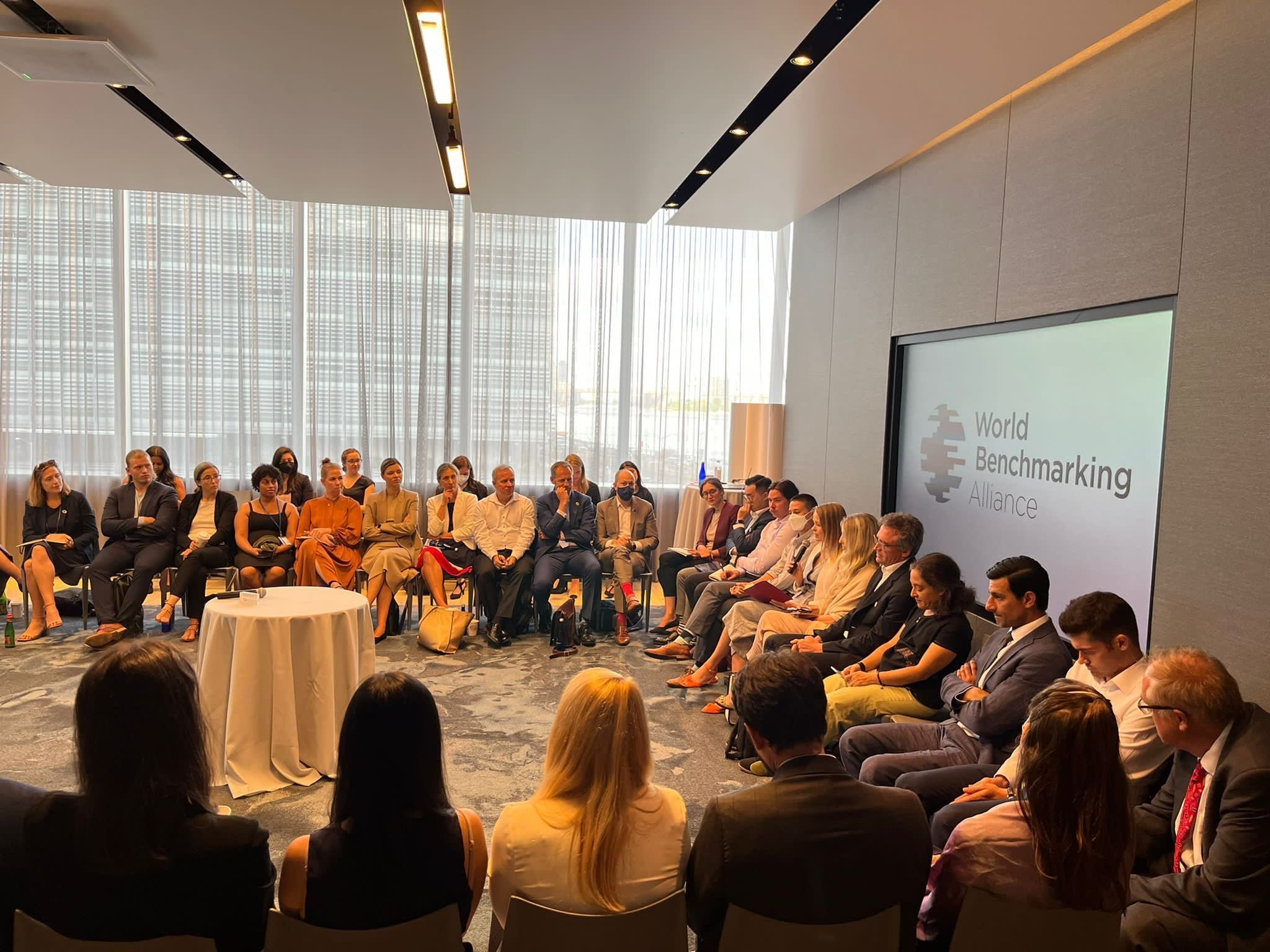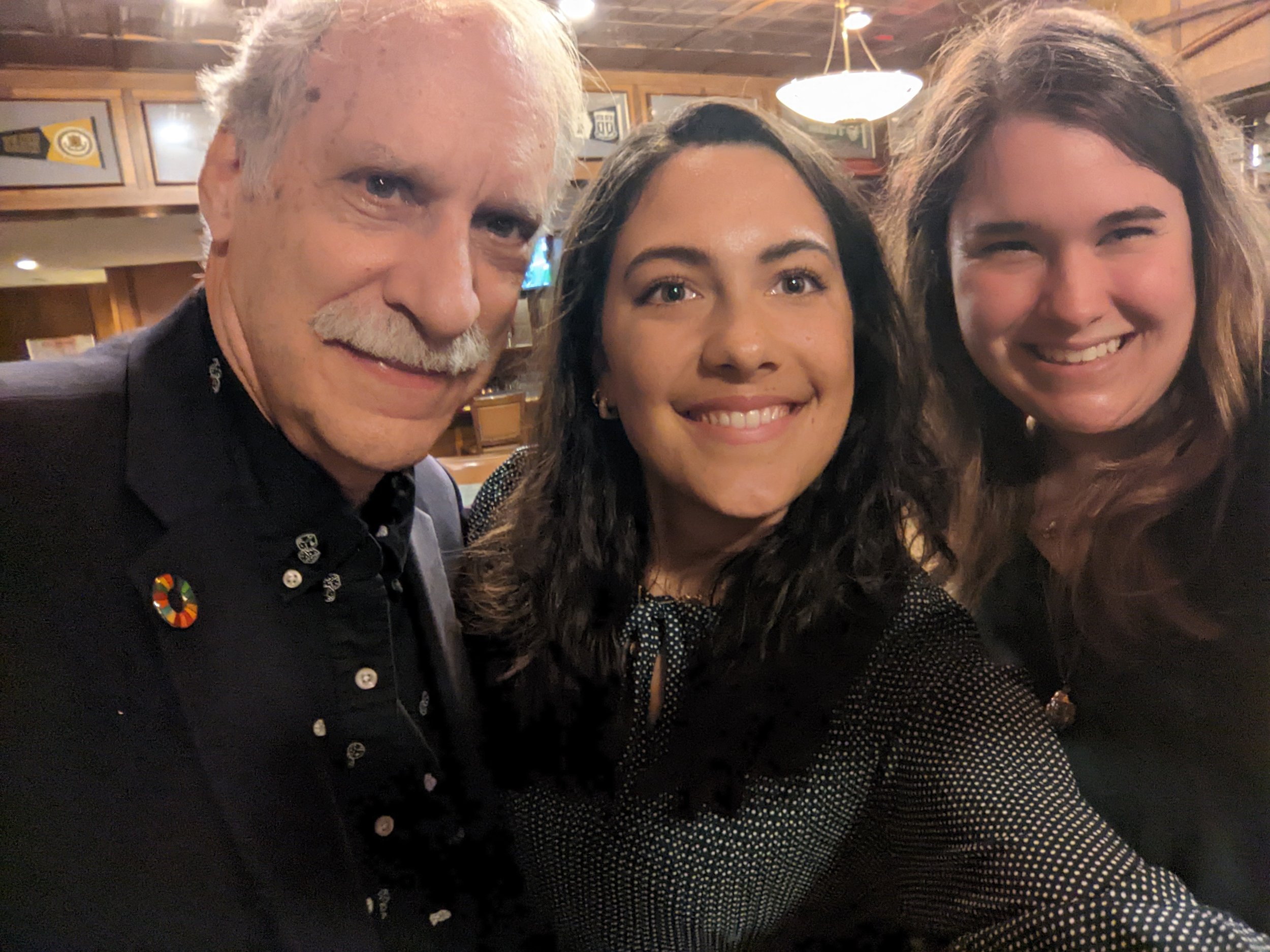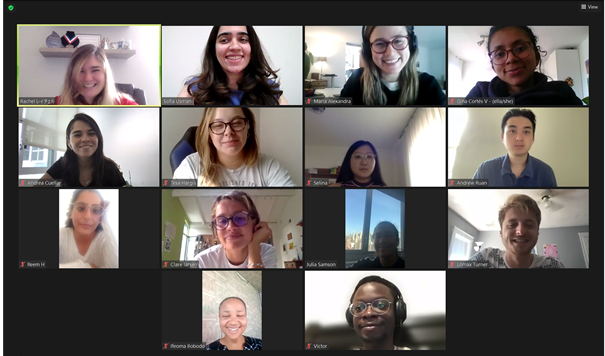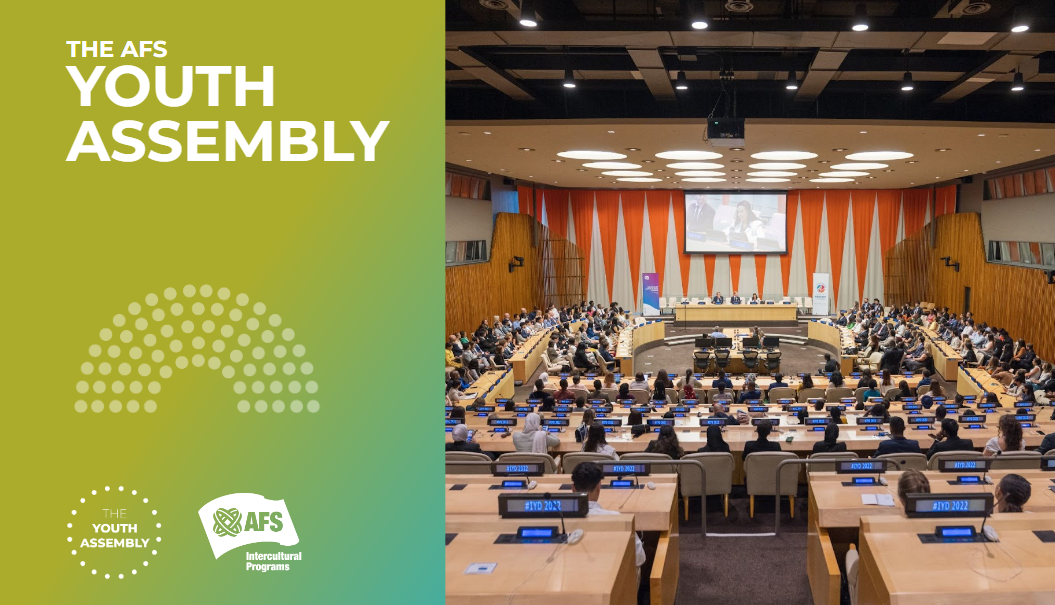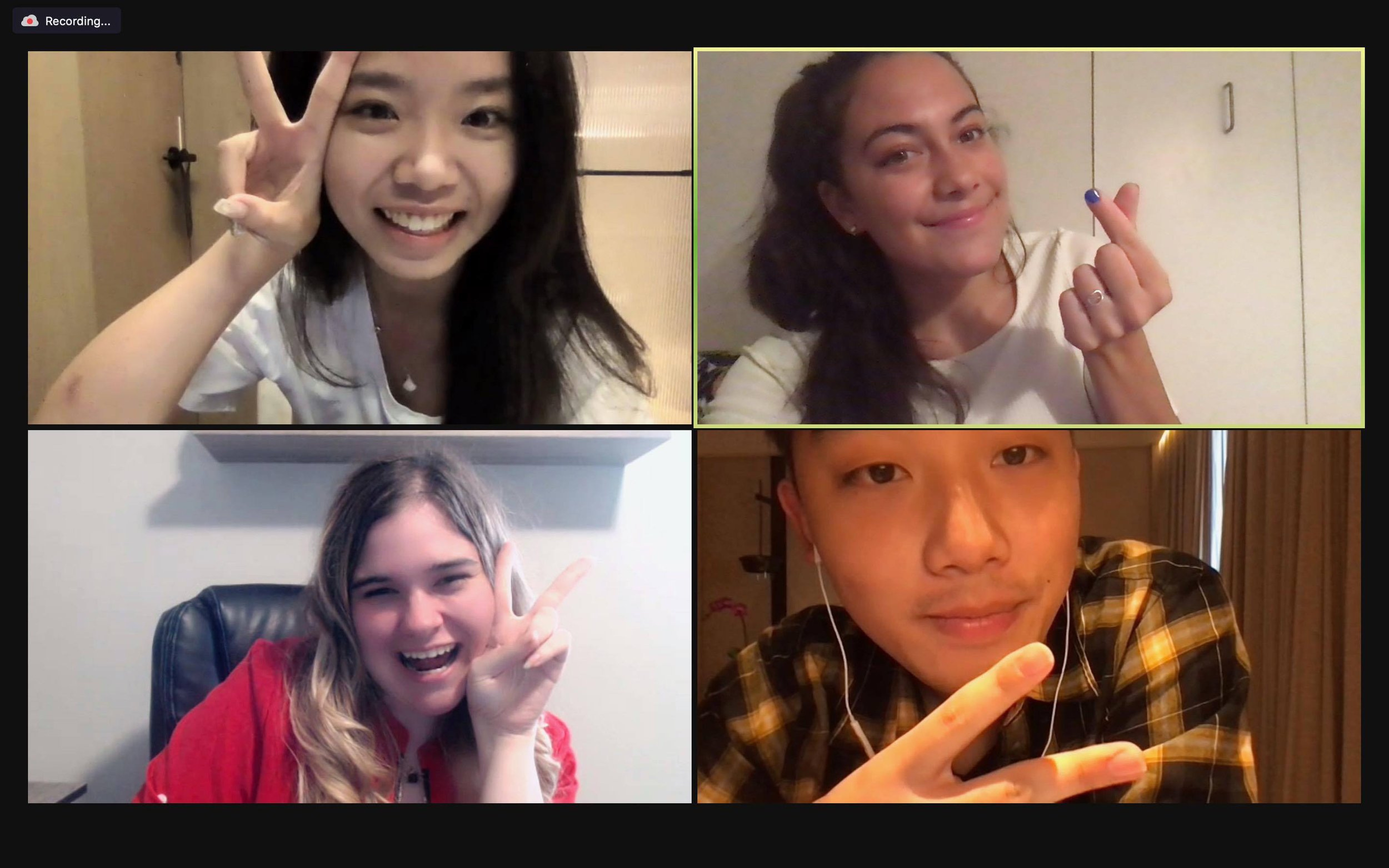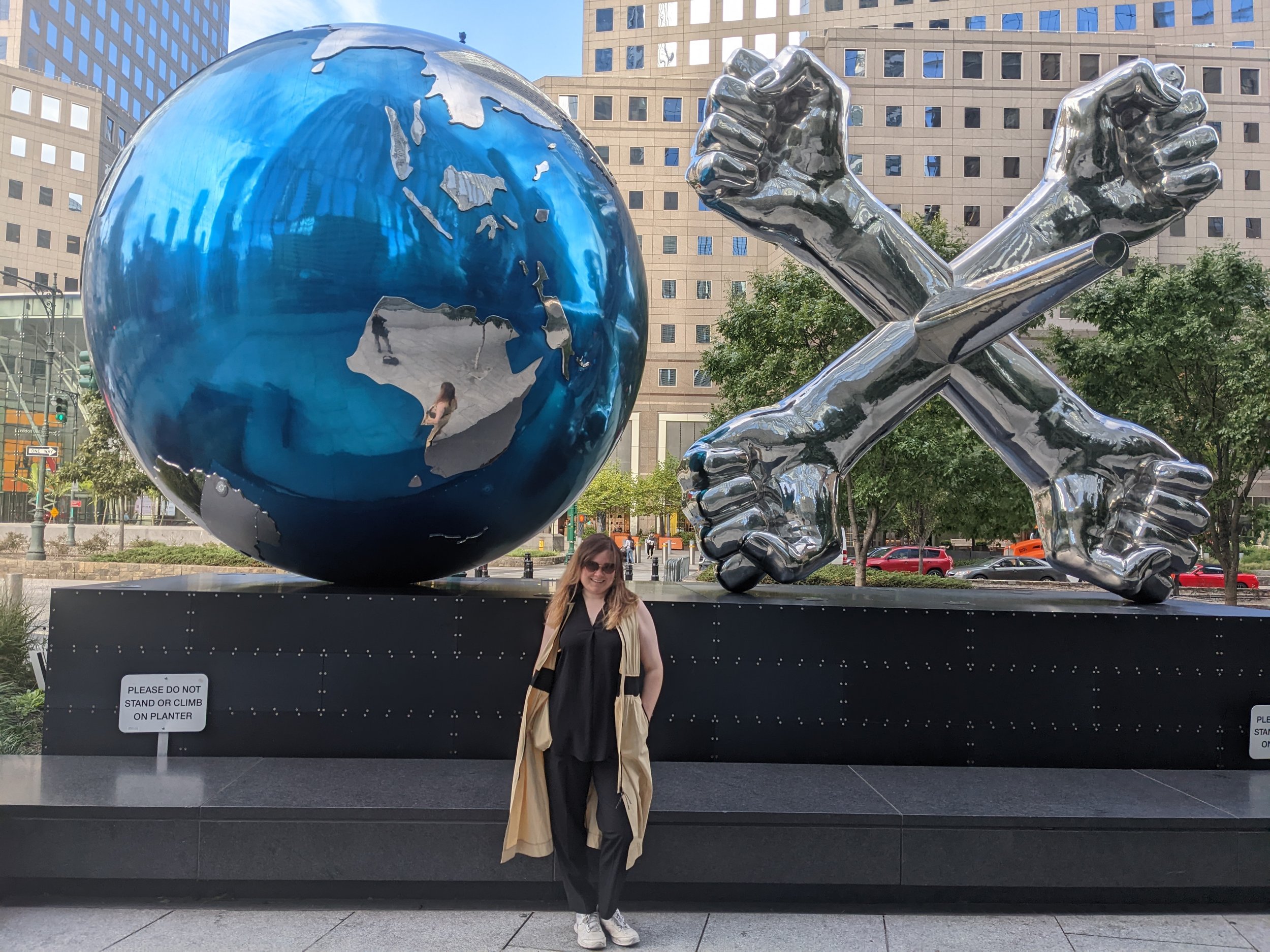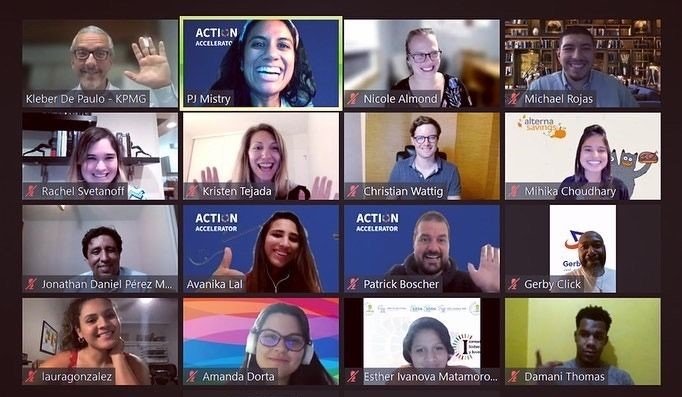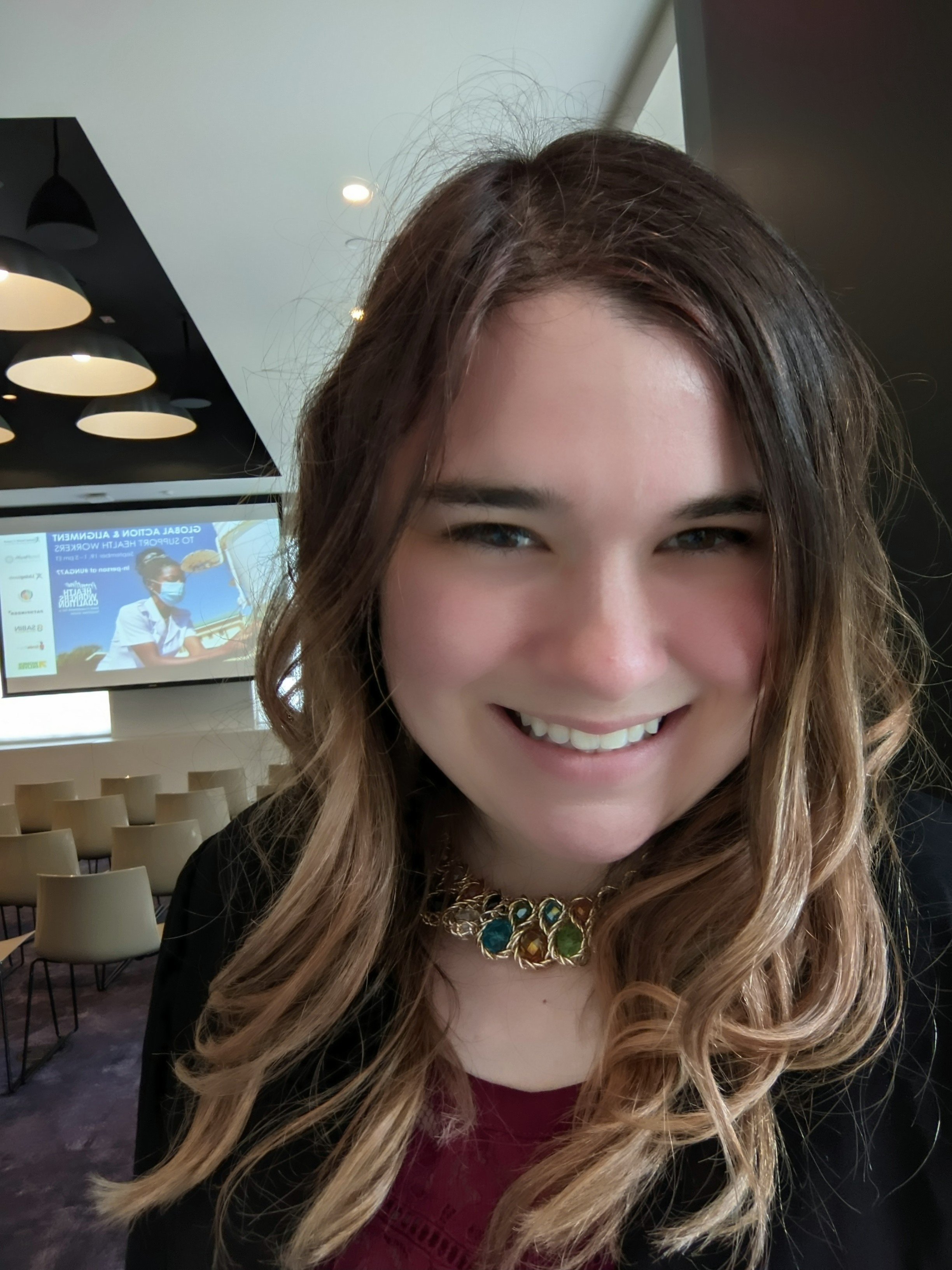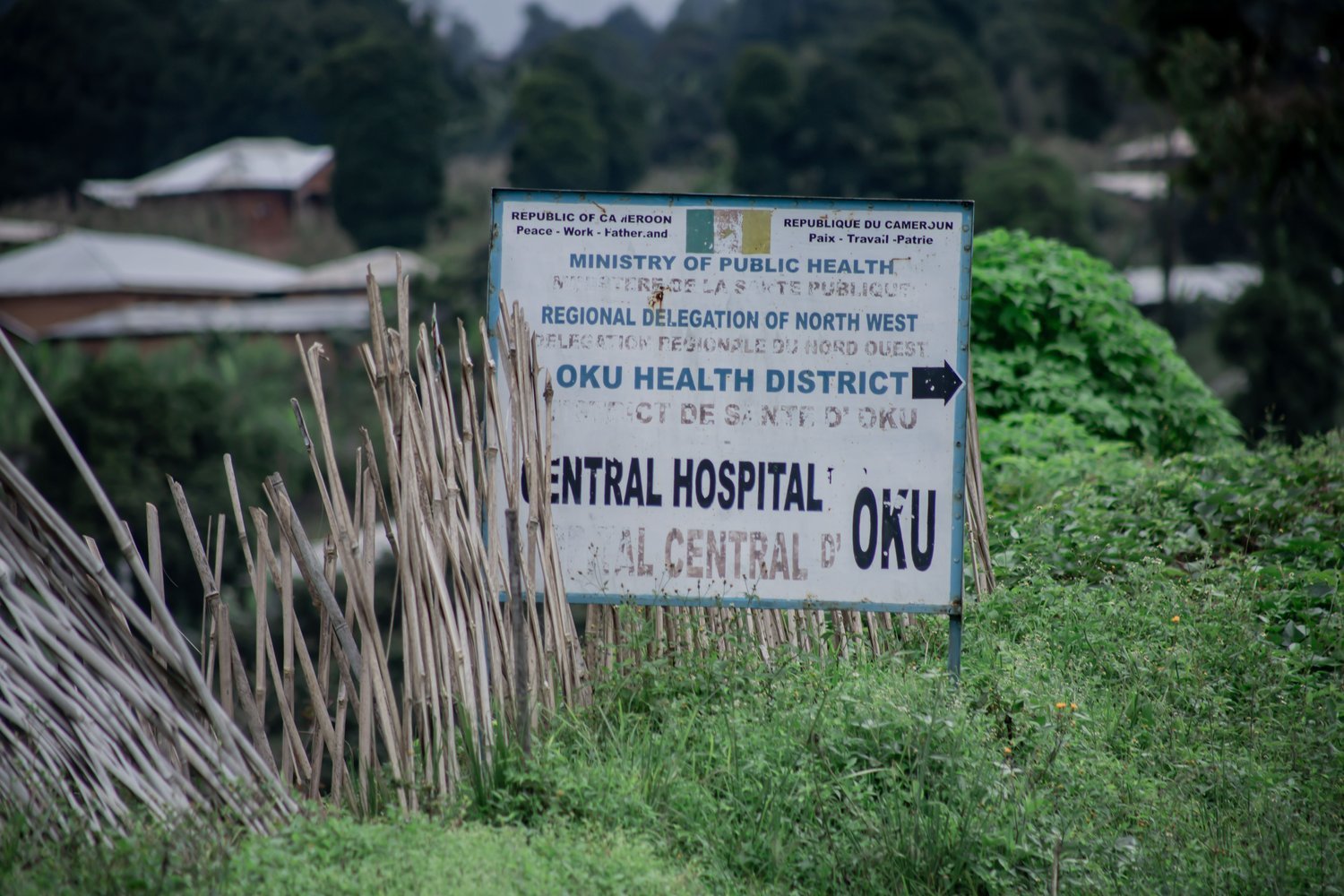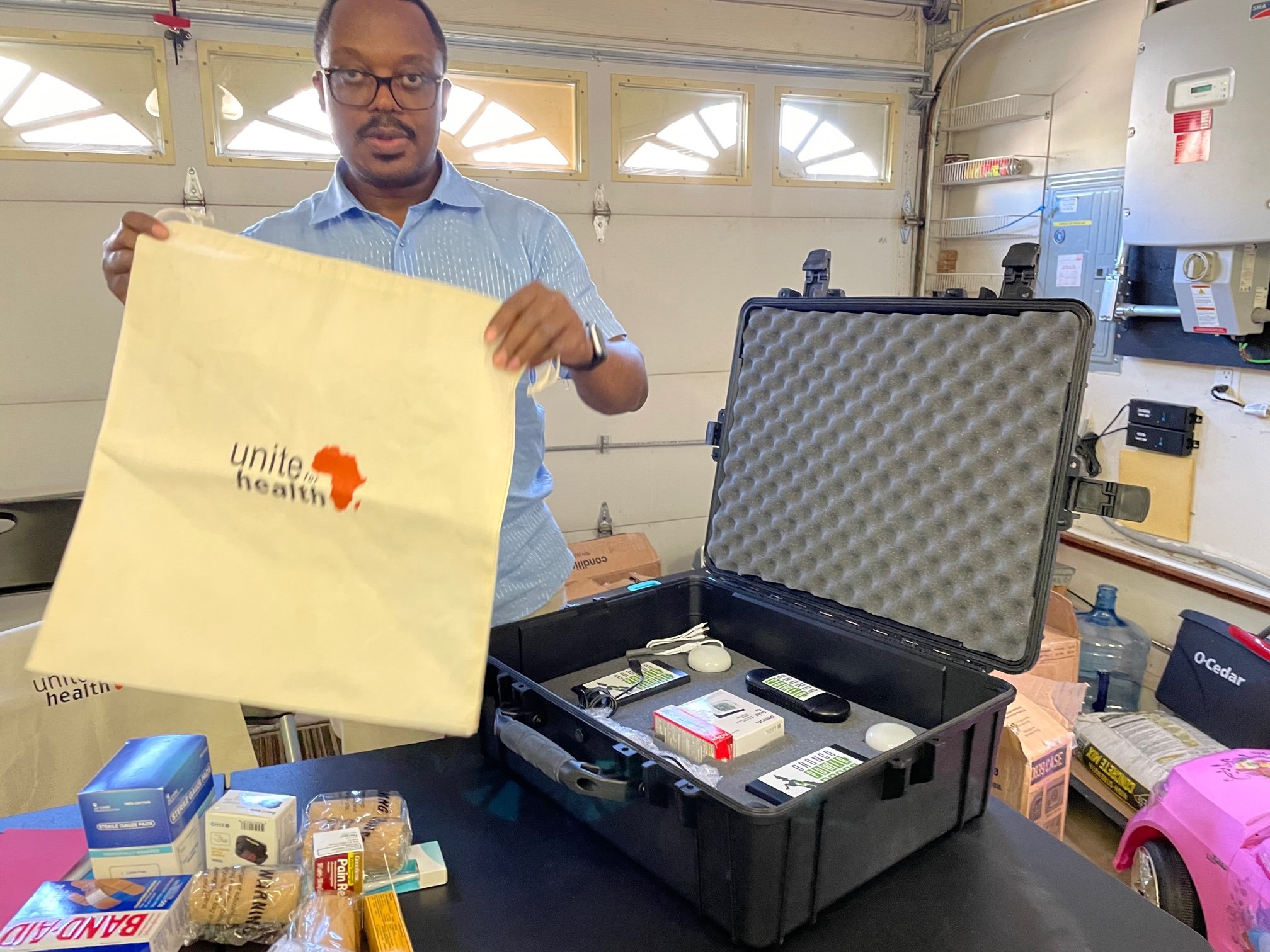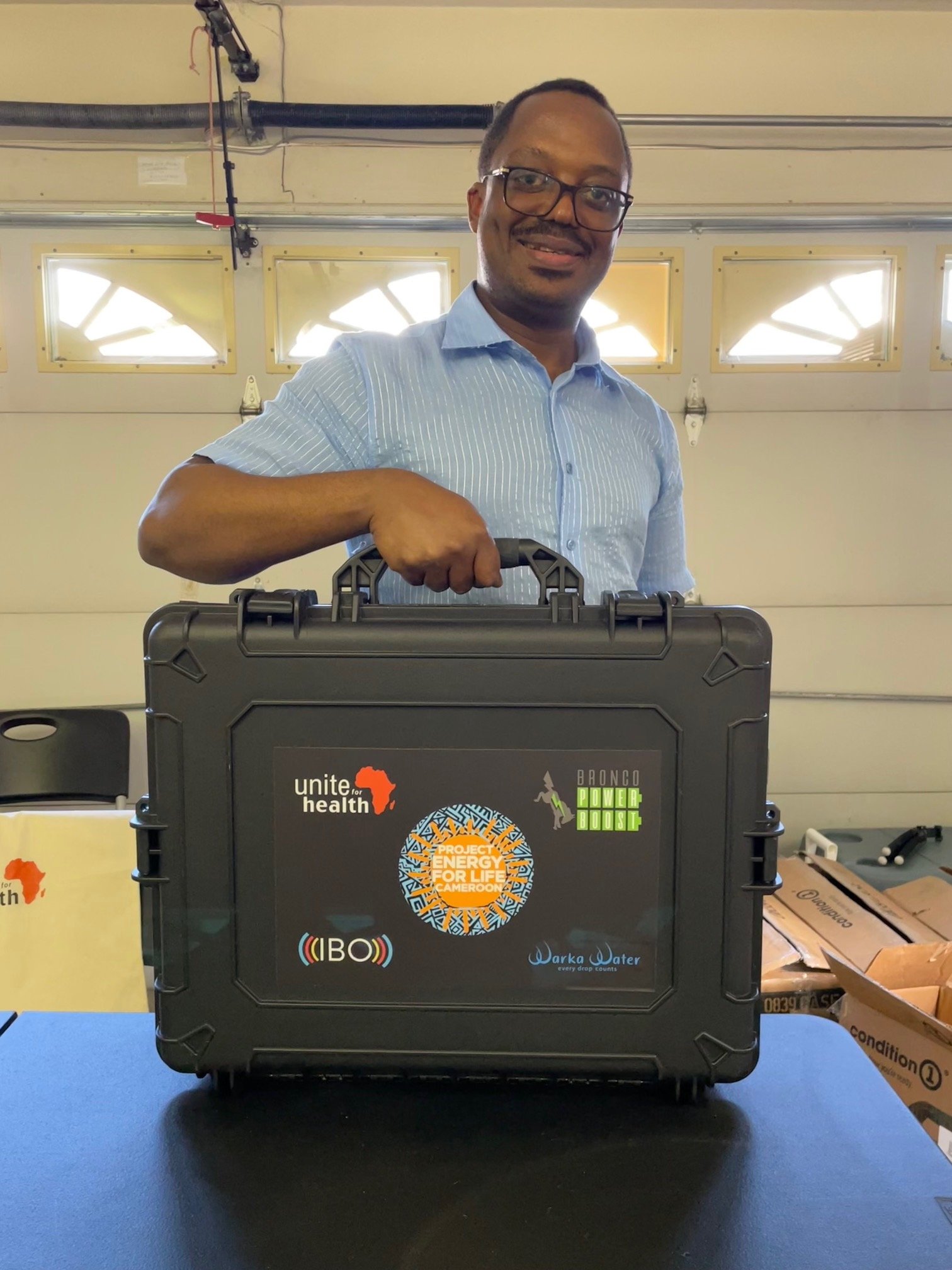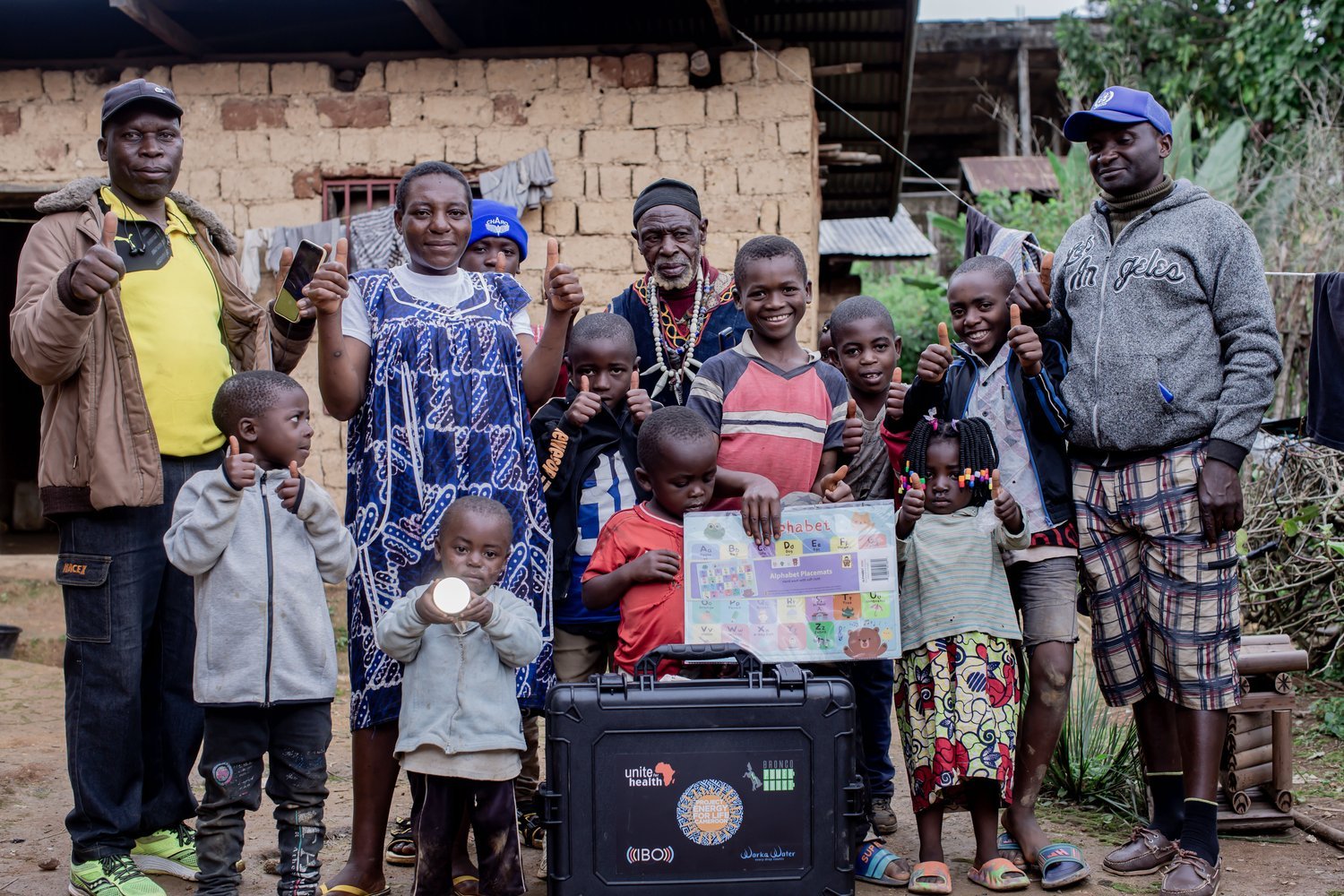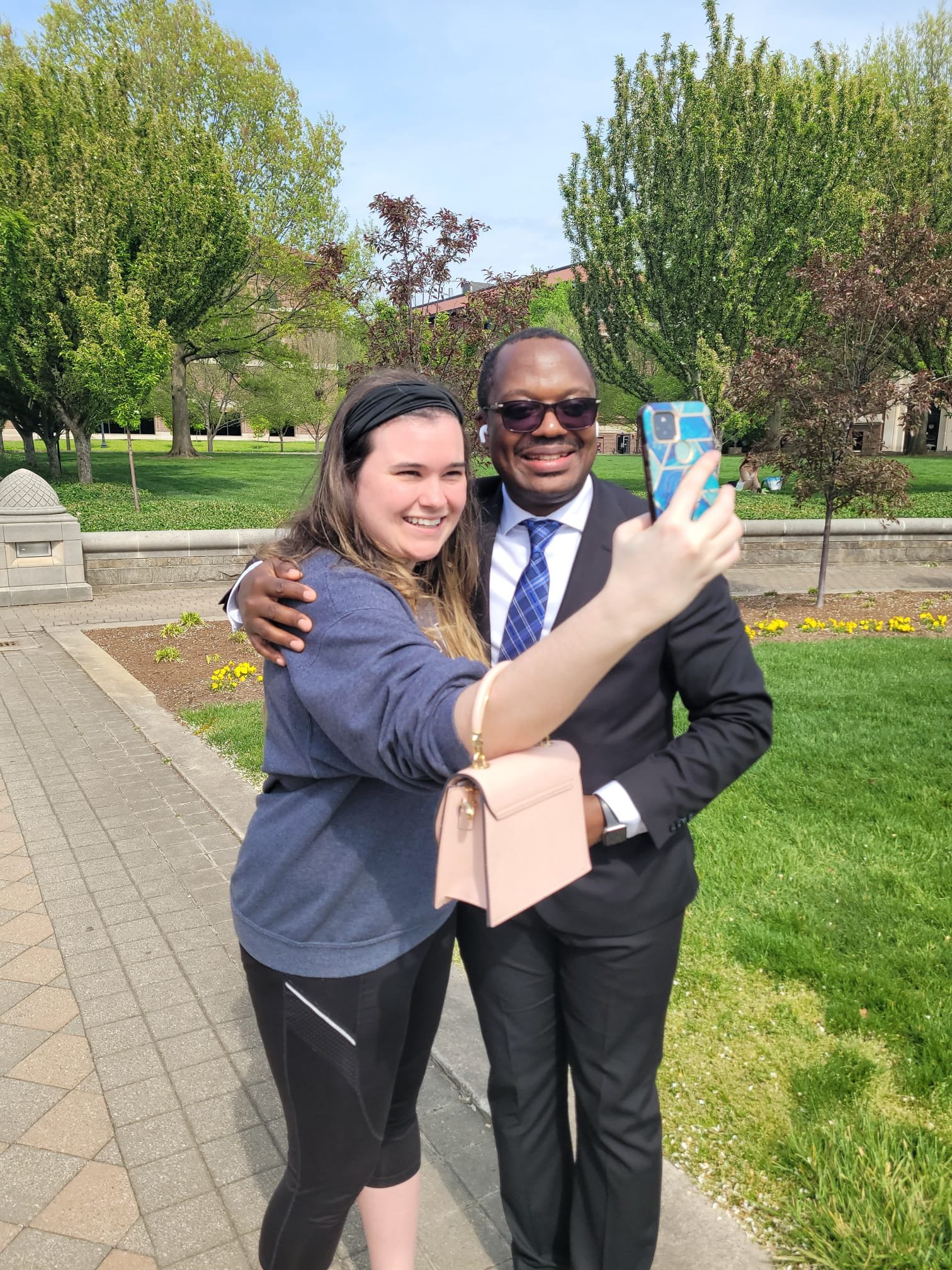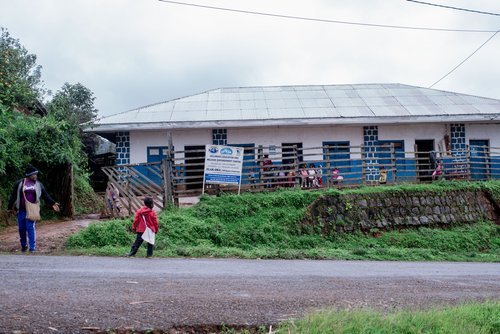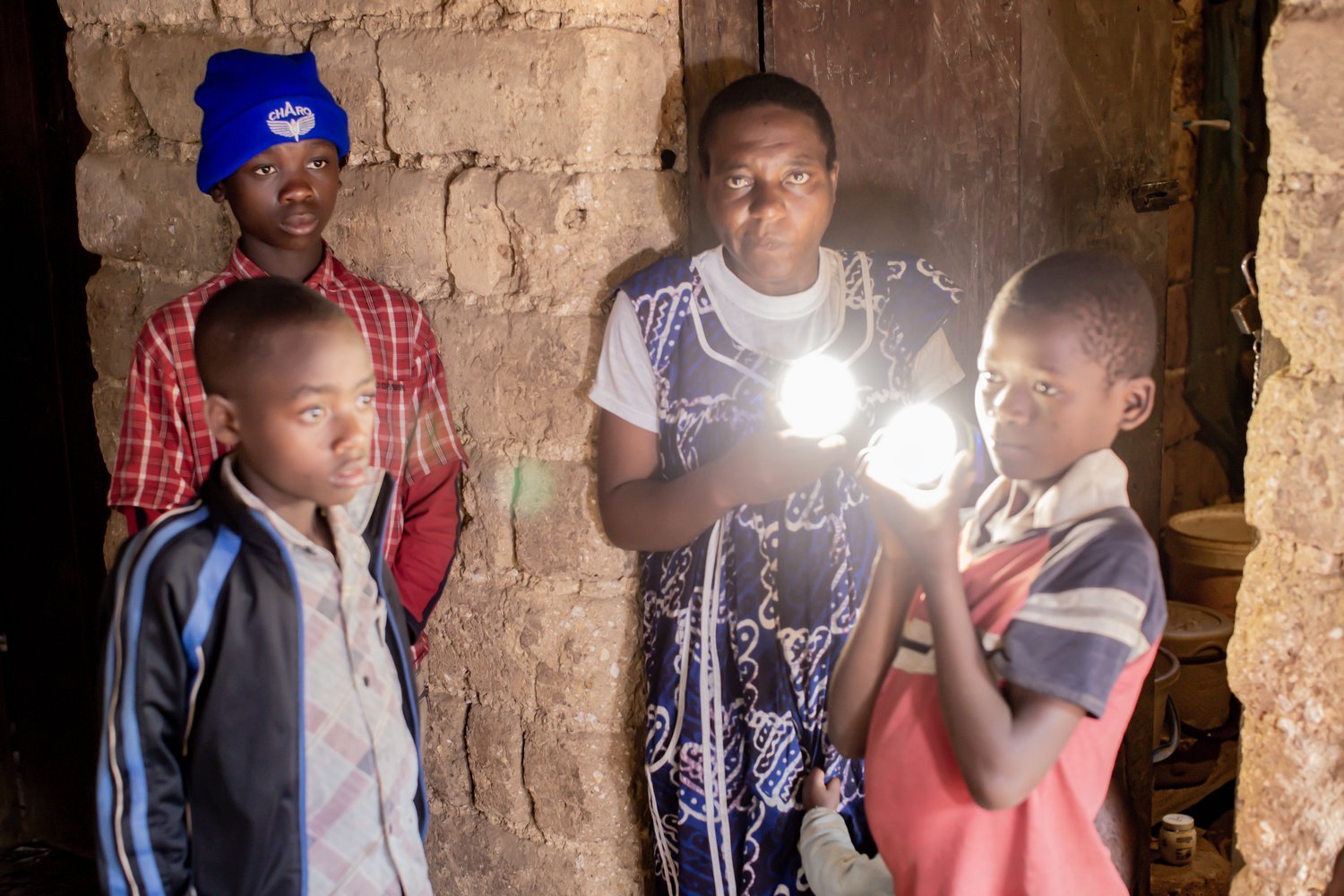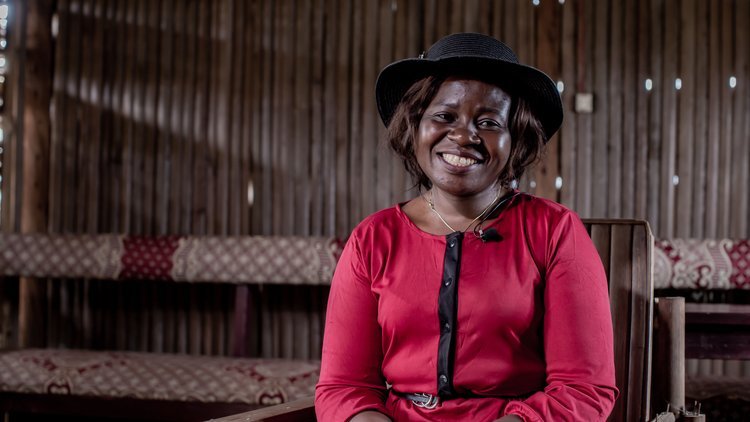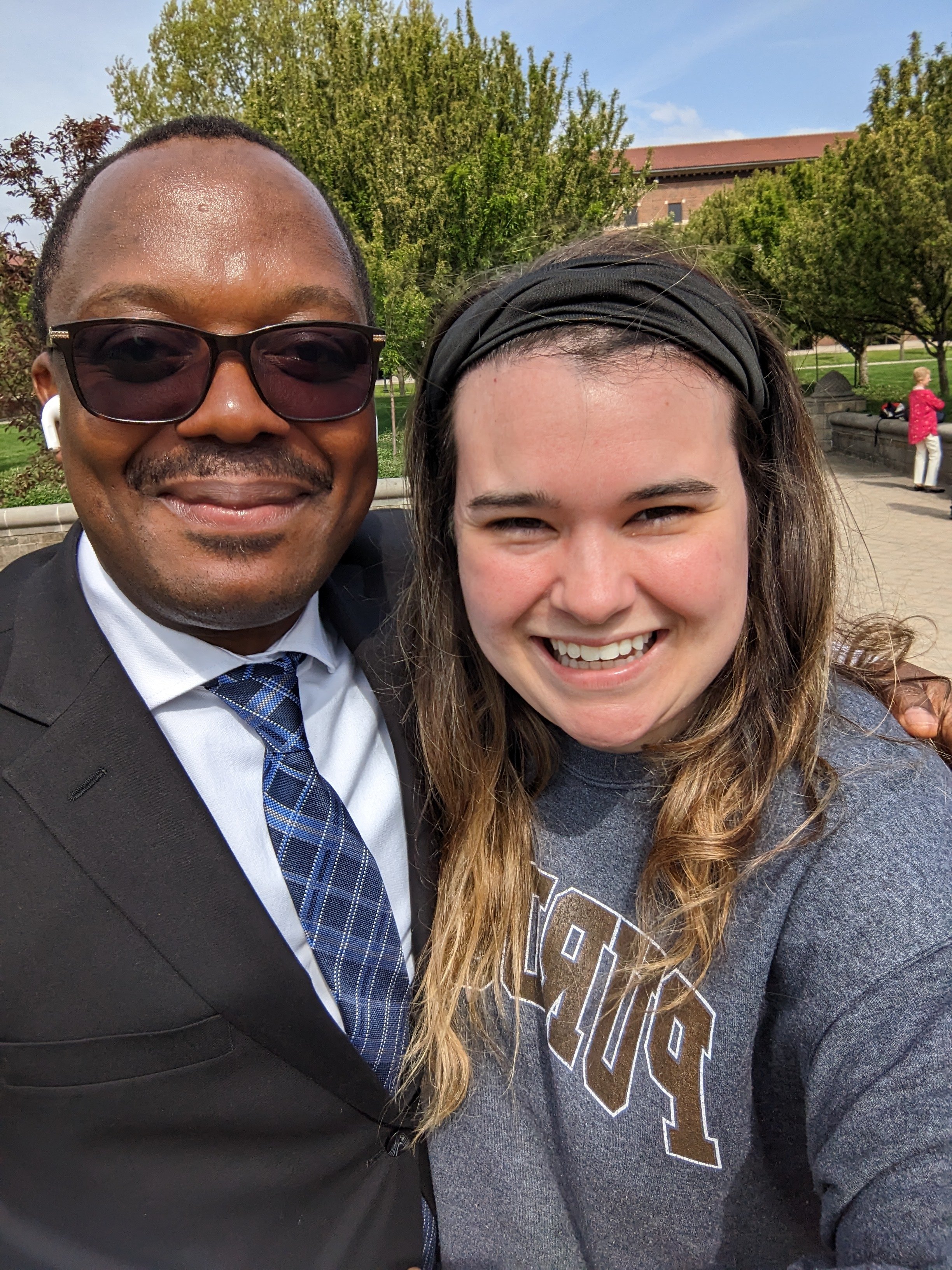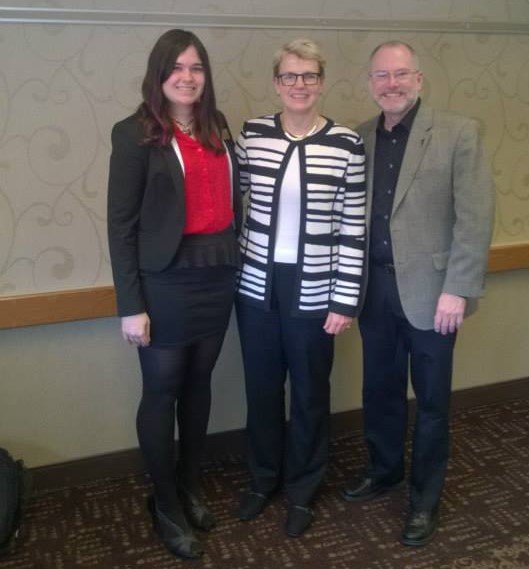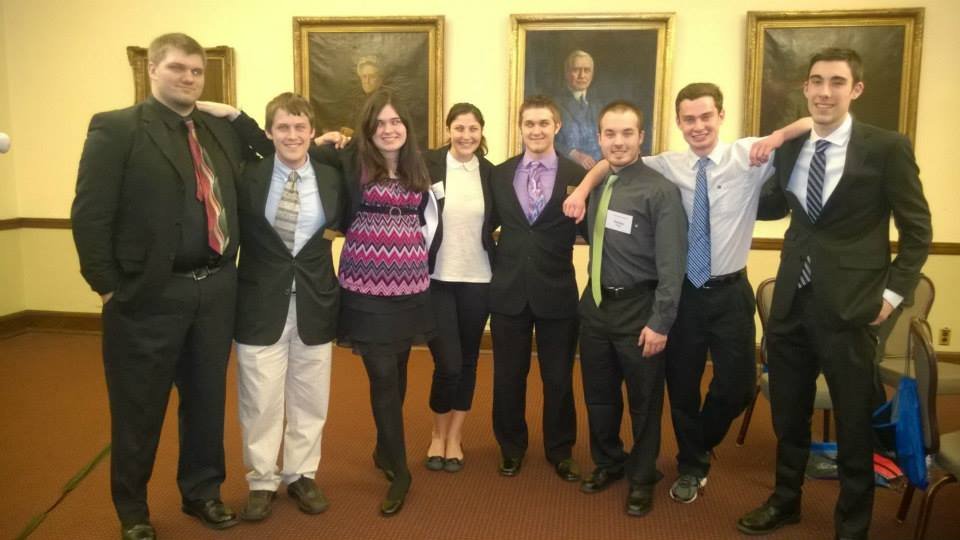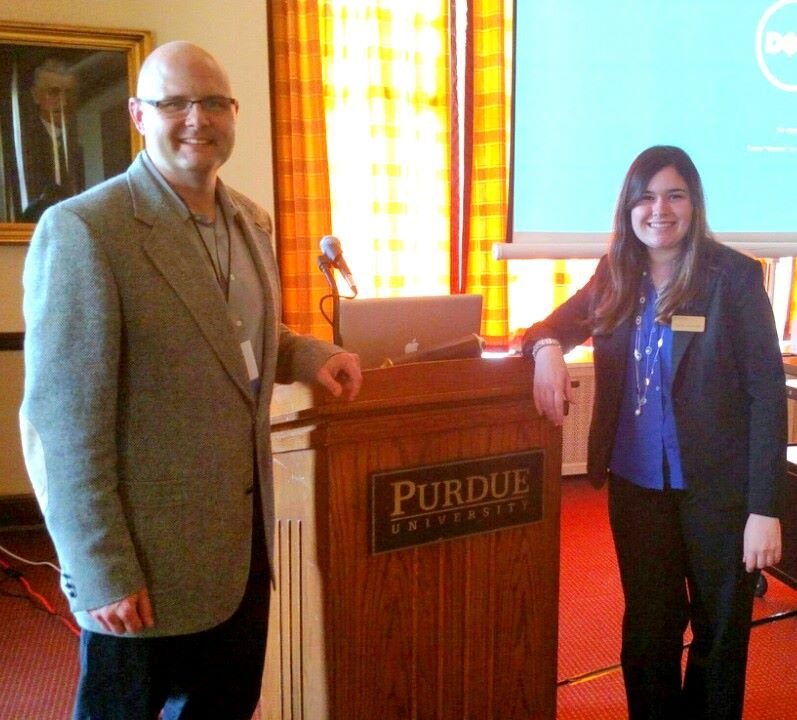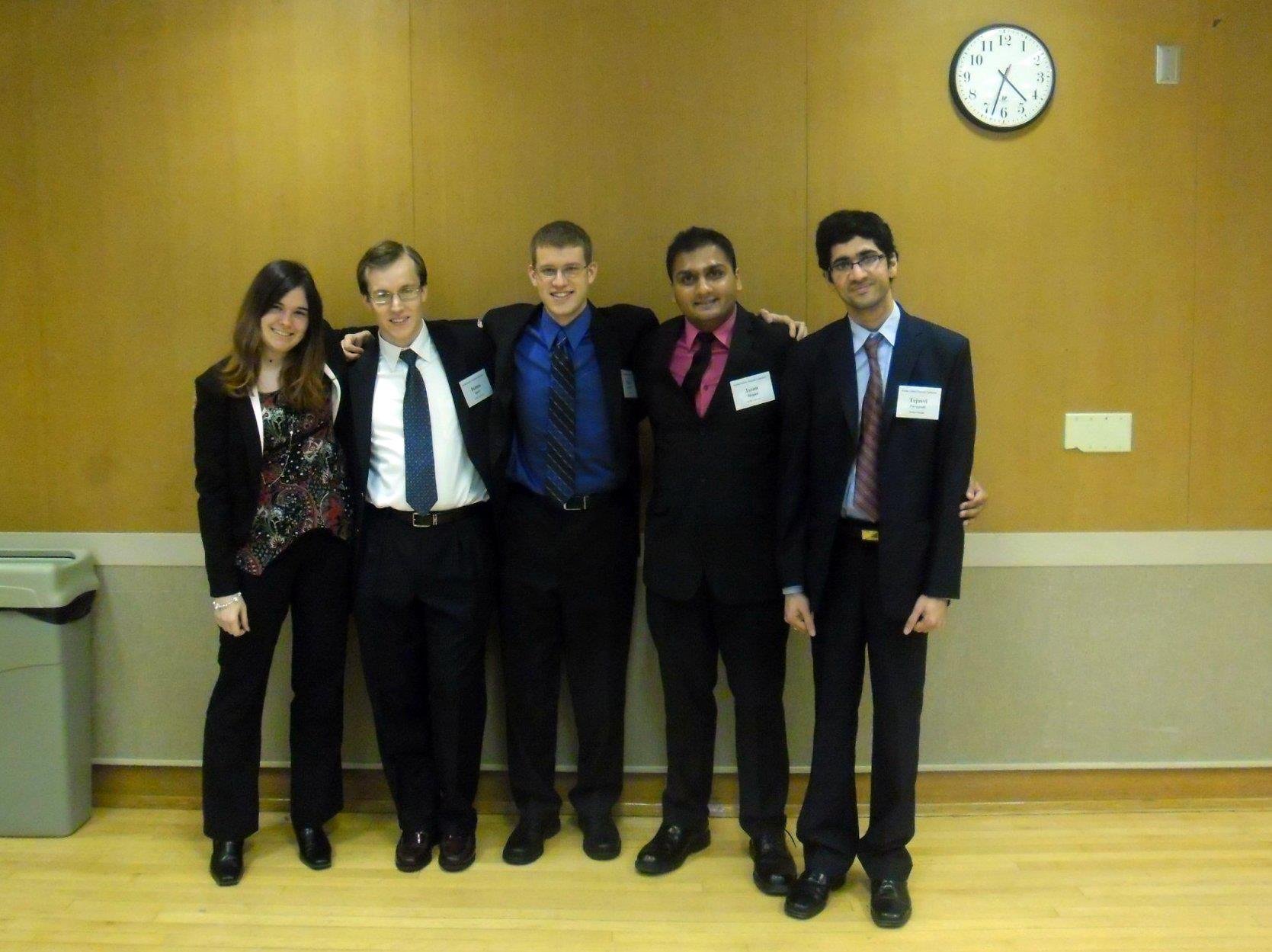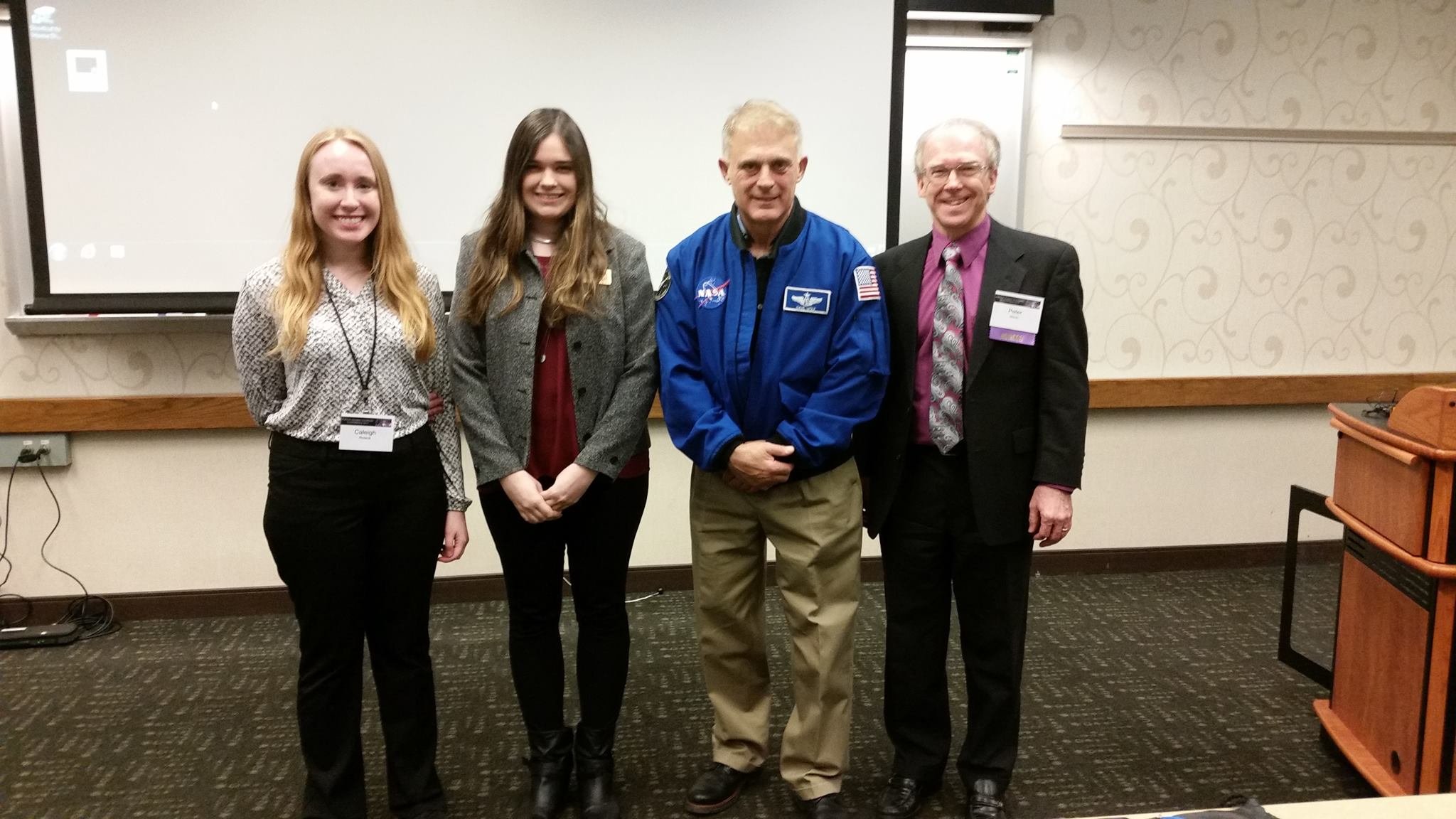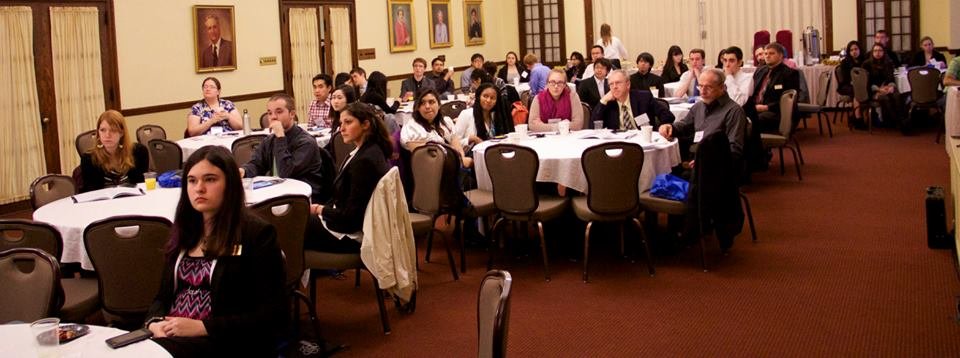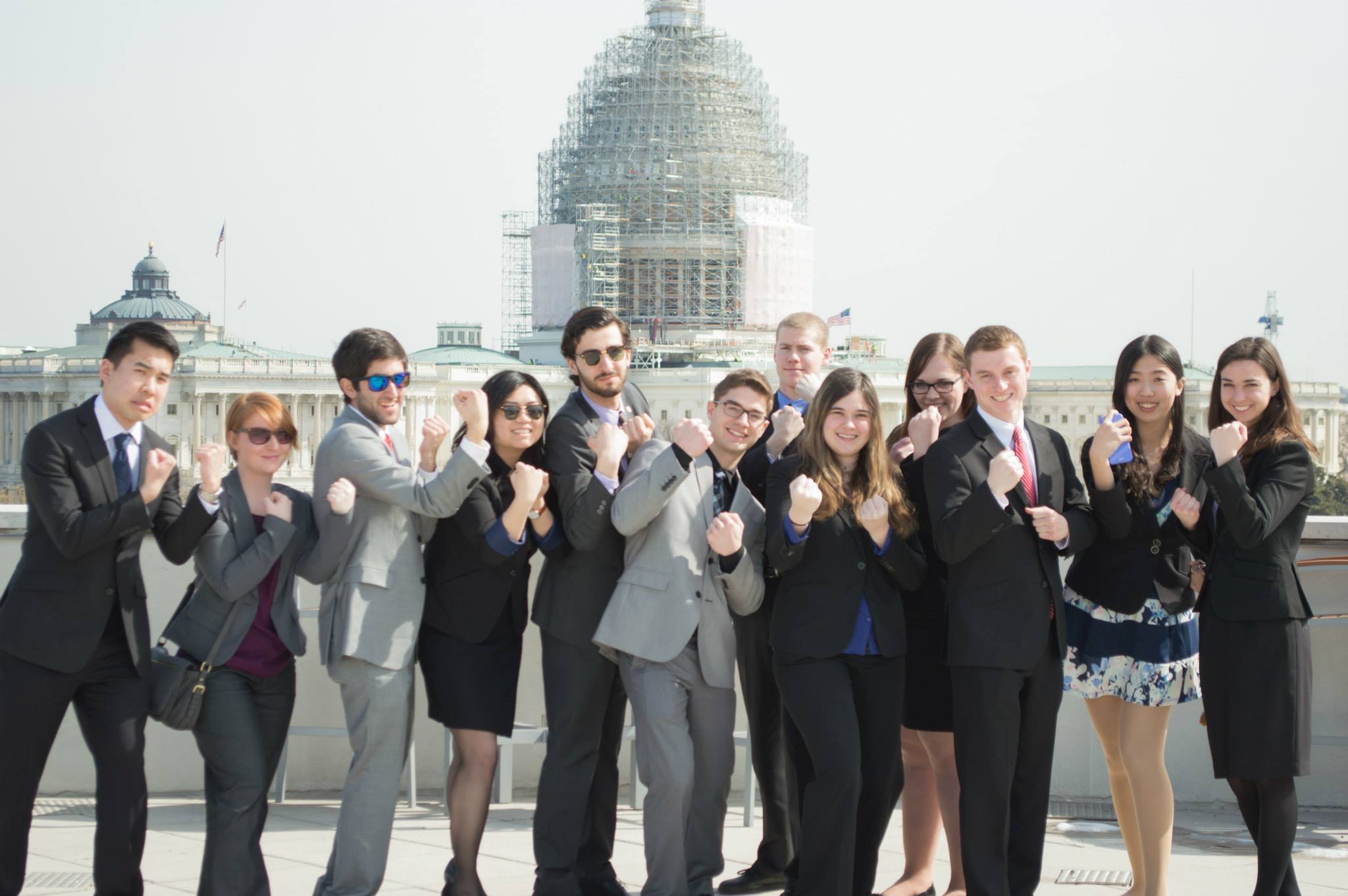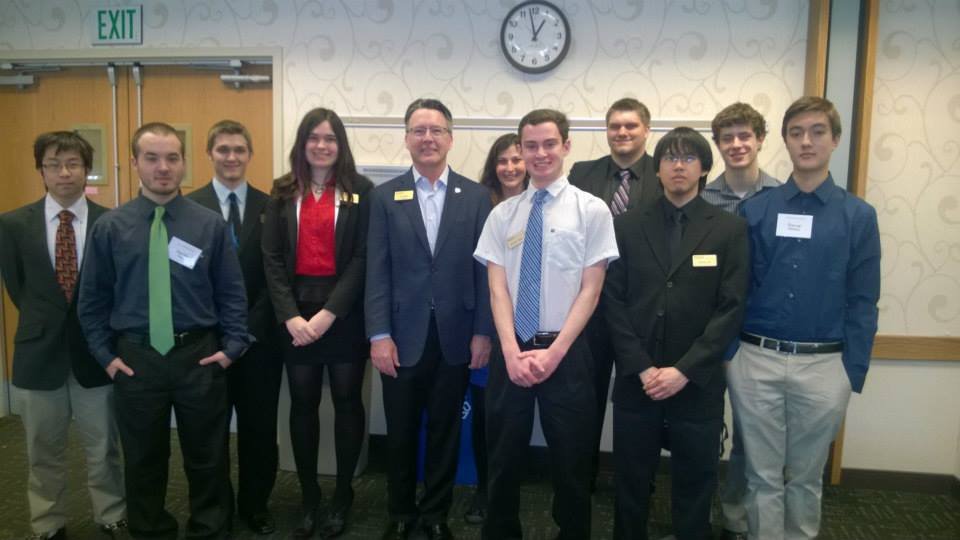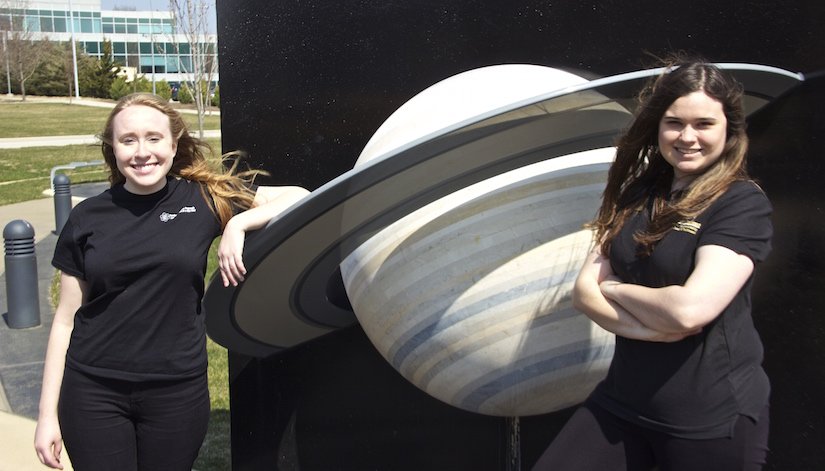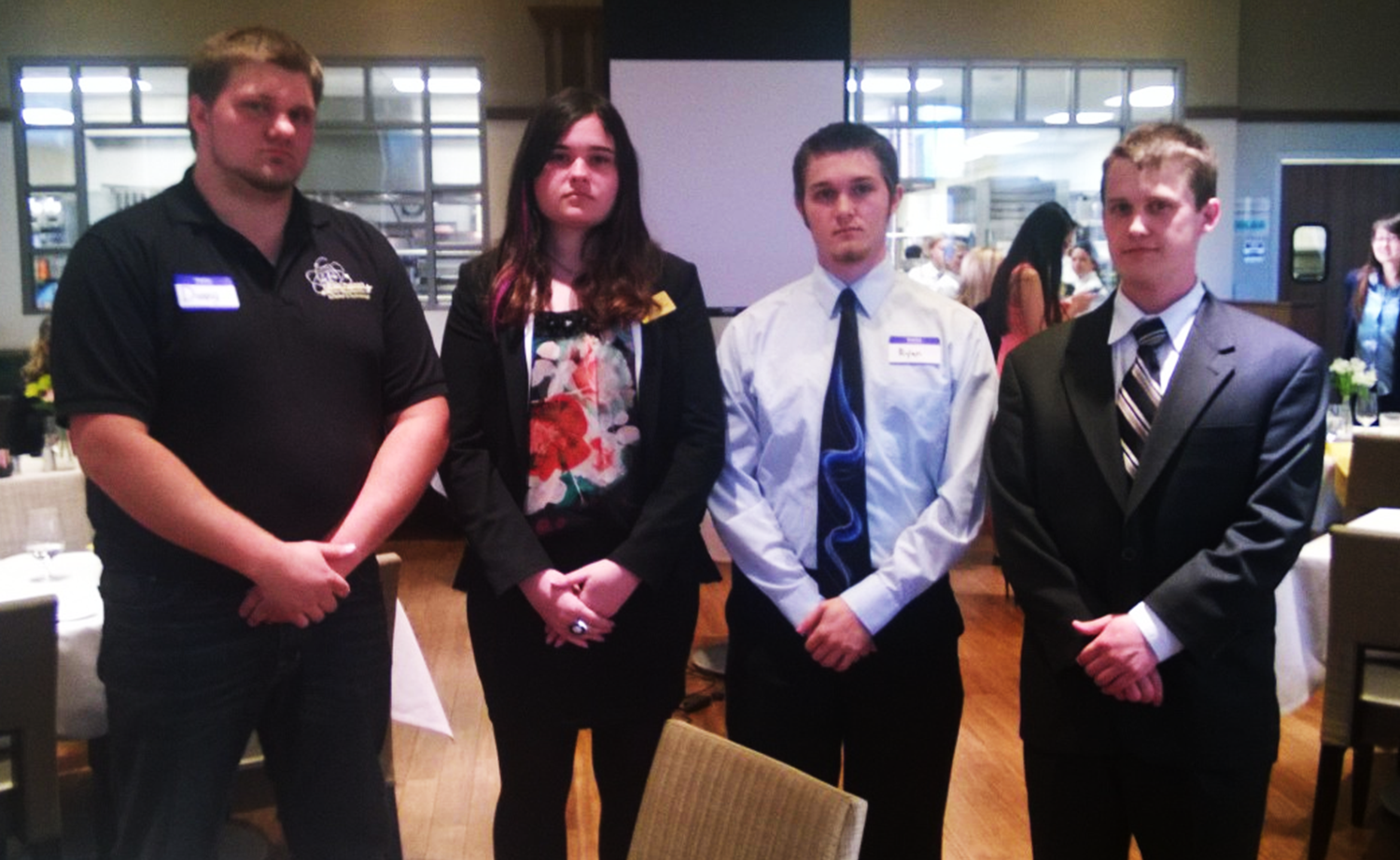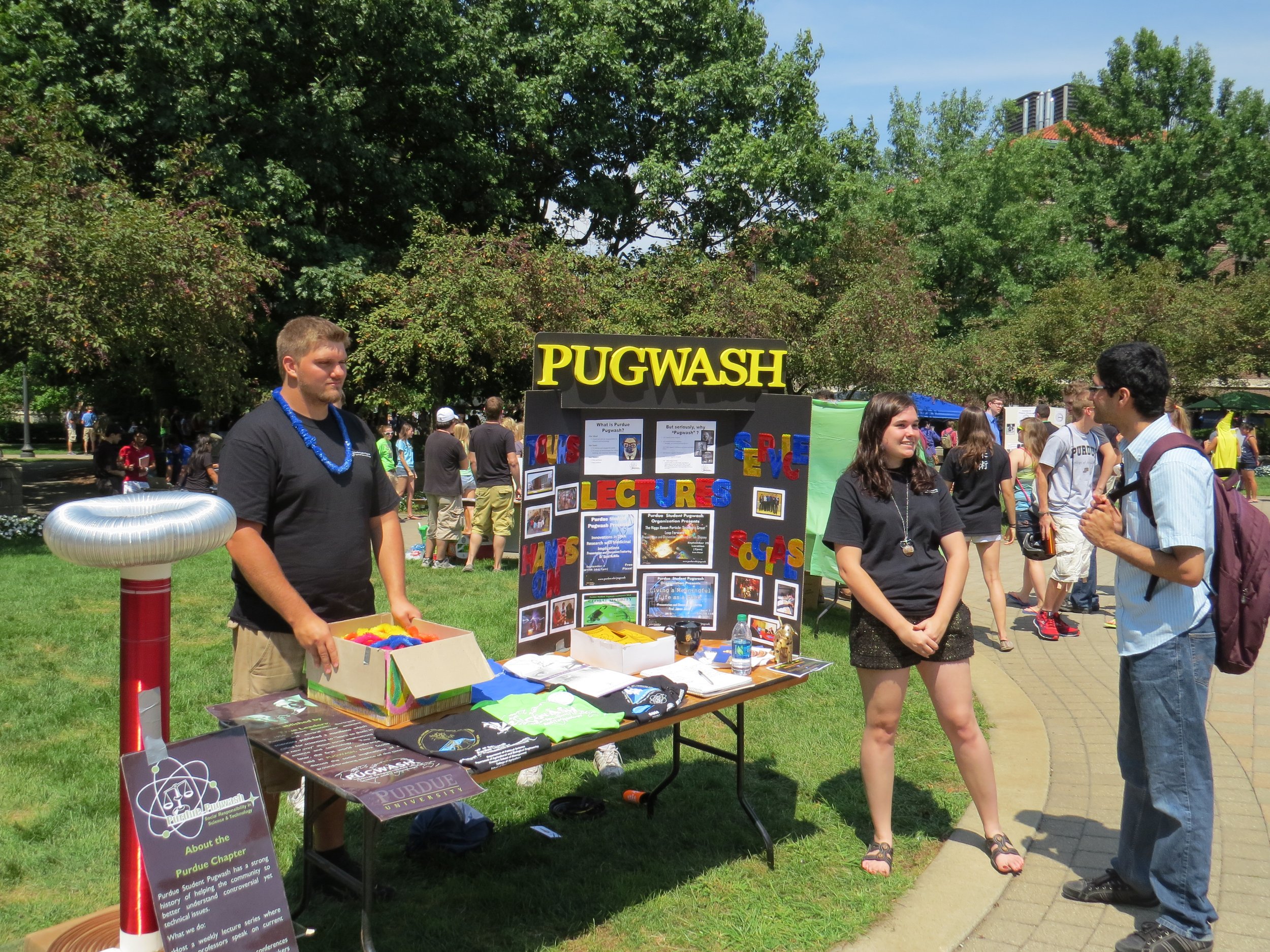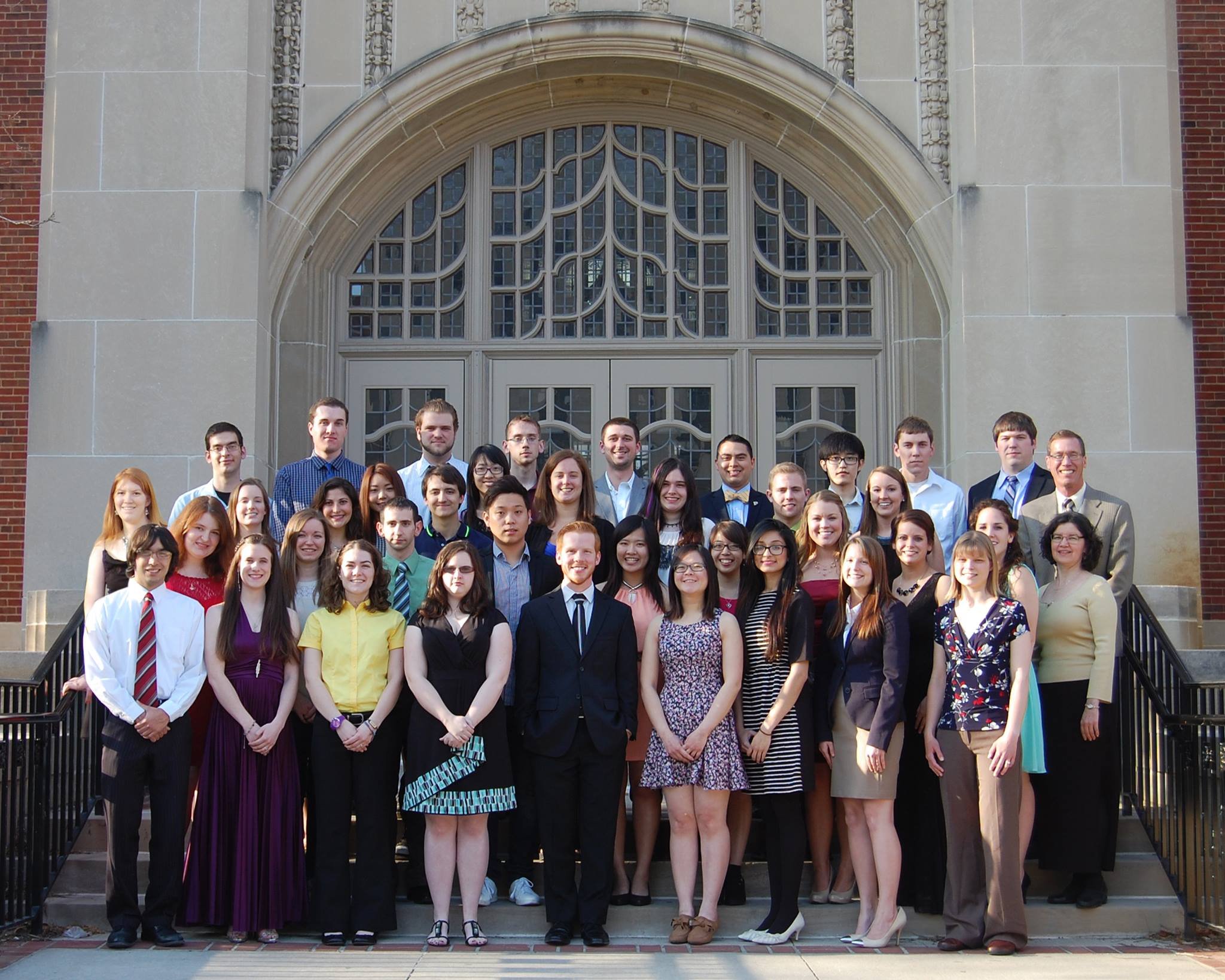CONSIDERING CONFEDERATION: A PLAUSIBLE FUTURE FOR ISRAEL AND PALESTINE
Monday April 5th, 12:30pm ET
As physical separation between Israel and a future Palestinian state seems increasingly difficult to accomplish, the confederation model is gaining momentum among scholars, analysts, and activists, sometimes from opposing ideological camps. To discuss the possible benefits of such a model, please join the co-authors of a recent New York times article on the topic [2/12/21], Bernard Avishai and Sam Bahour. They will be joined by Avrum Burg and Dahlia Scheindlin to discuss various federal ideas in the context of current Israeli and Palestinian politics, and a more progressive U.S. Biden Administration.
Panelists:
Bernard Avishai teaches political economy at Dartmouth and the Hebrew University and is the author of “The Tragedy of Zionism,” “The Hebrew Republic,” and “Promiscuous,” among other books. He writes regularly for “The New Yorker.” He was selected as a Guggenheim Fellow in 1987.
Sam Bahour is a PalestinianAmerican business consultant from Ramallah/Al-Bireh in Occupied Palestine. He is a frequent independent political
commentator and is co-editor of “Homeland: Oral Histories of Palestine and Palestinians”
(1994). He blogs at ePalestine.ps.
Avraham (Avrum) Burg is an author, public intellectual, political activist, and professorial lecturer. He is a former Speaker of the Knesset, and former Chairman of the Jewish Agency for Israel.
Dr. Dahlia Scheindlin is a public opinion expert and strategic consultant who has advised eight national campaigns in Israel. A co-founder and columnist at +972 Magazine, she is a fellow at The Century Foundation. She co-hosts The Tel Aviv Review podcast and "Election Overdose," a podcast at Haaretz newspaper.
The conversation will be moderated by Sherman Teichman, the Founding President of The Trebuchet.
Shanti Sattler
Shanti Sattler is the Director of VenEsperanza, a large humanitarian cash assistance program currently in operation in the Americas led by Mercy Corps with the International Rescue Committee, Save the Children and World Vision and funded by the USAID Bureau for Humanitarian Assistance. The program has delivered emergency multipurpose cash and complementary nutrition support to nearly 400,000 Venezuelan migrants and refugees, Colombian returnees and host community members affected by the Venezuela regional humanitarian crisis in Colombia. She previously supported Mercy Corps' teams across the Americas region as Senior Program Officer based in Portland, Oregon as well as Mercy Corps’ teams in Syria and Palestine (West Bank/Gaza) as a Program Officer on the Middle East Regional Program Team. Before joining Mercy Corps, Shanti was the Director of Operations for Amazon Frontlines, an indigenous rights and conservation organization based in the Ecuadorian Amazon. Prior to that, she acted as a strategic development consultant serving diverse clients in a variety of capacities including leading the facilitation of negotiations between the US and Mexico that successfully achieved bilateral cooperation regarding joint action to confront transboundary environmental issues in the Gulf of Mexico. She also supported programming in Southeast Asia and the Great Lakes region of Africa earlier in her career as an international relief and development practitioner.
Shanti also served in a part-time capacity as the Assistant Director for the University of London-based research and advocacy project that made United Nations War Crimes Commission records publicly available for the first time, allowing access to valuable legal precedent for ongoing humanitarian legal initiatives. As part of the project, she co-authored and co-edited numerous publications on the work and legacy of the United Nations War Crimes Commission.
Shanti graduated with a B.A. in International Relations and Peace and Justice Studies from Tufts University and later earned an M.A. in International Studies and Diplomacy from School of Oriental and African Studies (SOAS), University of London.
At the Institute, Shanti was a superb member of the Education for Public Inquiry and International Citizenship (EPIIC) program: Oil and Water. As an IGL student, she diligently prepared for a summer internship with an Institute INSPIRE Fellow, Pumla Gobodo-Madikizela in Cape Town, South Africa. She later conducted a self-directed research project in Gulu, Northern Uganda that investigated the role of war-affected youth in the transformation of the Northern Uganda conflict.
Given her accomplishments I had no hesitation in recommending her to serve as an International Fellow at the Cambodia office of the International Center for Conciliation.
Shanti is a native of Humboldt County, California and has lived in Cambodia, Mexico and England and currently resides in Bogota, Colombia.
Keith Fitzgerald
Keith Fitzgerald is the Managing Director of Sea-Change Partners, in Singapore. He has three decades’ experience as a practitioner, trainer, and advisor in Negotiation, Influence, Conflict Management, and Crisis Leadership. Keith is a Conflict, Peace, and Development Advisor with the United Nations Bureau for Crisis Prevention and Recovery and was a Conflict Advisor to the Asian Development Bank, where he was involved in designing and implementing ADB strategies for negotiations, conflict, crisis situations, and grievance redress mechanisms. He spent most of that time advising the international community in Sri Lanka, during the final, brutal years of the civil war. Keith was a Senior Fellow at Singapore’s S. Rajaratnam School of International Studies (RSIS) and the Institute of Defence and Strategic Studies, where he was Head of the Asian Programme on Negotiation & Conflict Management (APNCM) from 2002 - 2007. He is a former Lecturer in Public Policy at Harvard’s Kennedy School of Government and the National University of Singapore and a former Adjunct Lecturer at INSEAD. He is the co-author of the acclaimed book, Negotiating Hostage Crises with the New Terrorists (2007).
After surviving three consecutive years as an EPIIC recidivist at Tufts in the late-80s, Keith landed his dream job, working with Roger Fisher, author of Getting to YES and Founder of the Harvard Negotiation Project, where he was also a Teaching Fellow at Harvard Law School. In that role, Keith and Roger spent most of their time working on peace negotiations and conflict management efforts, worldwide; from Colombia, to Northern Ireland; from Angola to the Caucasus and the Balkans, to South Africa.
He says he was prepared for that work, and all its dilemmas and nuance, by his experiences at Tufts; especially the year-long EPIIC colloquium on “Confronting Political and Social Evil.” “Abandoning the search for easy answers and embracing the messy struggle with the world’s most frustrating challenges was the pre-requisite. And I don’t think any other university course or program, anywhere, teaches that.” With the support of EPIIC, he conducted field work in Northern Ireland, while a senior at Tufts, on the dilemmas police and security forces experience while trying to maintain civil liberties while conducting counter-terrorism operations. A few years later, while at the Harvard Negotiation Project, Keith became one of the first international consultants to work with the Royal Ulster Constabulary in Northern Ireland; negotiating security and policing inputs in the peace process that resulted in the 1998 Good Friday Agreement.
In the acknowledgements of Negotiating Hostage Crises with the New Terrorists he wrote: I would not have sought the experiences that allowed me to contribute to this work without the guidance and friendship of Sherman Teichman, Heather Barry, and my friends at EPIIC at Tufts University. Amid the complexities of the world’s conflicts and crises, conventional wisdom has a way of turning into a pillar of salt. We find only one conundrum after another; there are no easy answers, yet still we must ask the questions and question our assumptions. Crisis negotiators learn to appreciate that more than others.
Over the past thirty-plus years, he has been involved in negotiations and conflict management efforts in more than 136 countries and counting. In addition to peace process work, he has trained and advised governments, police, and security forces on several crisis and hostage negotiations around the world, and he trains and consults to private sector clients, because he enjoys working with just about everyone, and he also has bills to pay.
Keith holds a B.A. from Tufts University, has studied and taught negotiation at Harvard Law School, and holds a Master's degree in Public Administration from the John F. Kennedy School of Government at Harvard. He is also a professional photographer and former martial arts champion, having been a martial arts instructor for over twenty years.
Takis Metaxas
P. Takis Metaxas is a Professor and Chair of Wellesley's Computer Science department and a research scholar at the Center for Research on Computation and Society at Harvard University (USA), and the Center for Technology and Global Affairs at Oxford University (UK).
His research on the propagation of misinformation online and the un-predictability of electoral results by social media has been extensively covered in the news and honored with several National Science Foundation grants and four “best paper” awards.
Takis' interest in the power of mathematics to discover "the truth" goes back several decades. His first paper on the topic entitled "Of course it's true, I saw it on the Internet" was published in 2003, followed by a 2005 paper entitled "Web Spam, Propaganda and Trust", the first Computer Science paper that was raising the issue of propaganda on the Web and pointing to the dangerous effects of manipulating search engine results.
In the 2010 paper entitled "From Obscurity to Prominence in Minutes: Political Speech and Real-Time Search" they documented the first effort to use Social Media and bots to influence elections in the US. While this work received the Best Paper Award at WebScience 2010 and an NSF grant to develop "TwitterTrails", a tool for measuring rumor propagation on Twitter, lawmakers did not pay much attention.
Unfortunately, the disinformation and propagandistic techniques Takis and his team discovered and warned in "The fake news spreading plague: Was it preventable?" have been used successfully ever since. His current approach to solving the problem is described in a book chapter entitled "Technology, Propaganda, and the Limits of Human Intellect" published this year by MIT Press.
I was first introduced to Takis by my former student Lucas Kello when he was the Founding Director of the Centre for Technology and Global Affairs at Oxford and I had a non-resident research associate position. Takis was teaching there in the Trinity semester.
Takis is a passionate teacher and was Director of the Albright Institute at Wellesley from 2015-2019. We bonded over ideas and music, and our Institute’s had strikingly similar goals and objectives as Lucas well knew. And we bonded over our passionate love of Futbol. dedicated soccer player/coach/referee/fan.
I spent a wonderful year at his invitation at the Institute as their Inaugural Fellows Mentor in 2018-19 helping their wonderful students celebrate the 10th Anniversary of the Institute. It was a privilege to help them prepare their presentations before, Ambassador Samantha Power, the Institute’s Scholar in Residence.
Barry Bluestone
After a university career spanning nearly fifty years at Boston College, UMass Boston, and Northeastern University, Barry Bluestone is now a Professor Emeritus at Northeastern. Arriving at Northeastern in 1999, he became the founding Director of the university’s Dukakis Center for Urban and Regional Policy and in 2008 became the founding Dean of the university’s School of Public Policy & Urban Affairs.
Professor Bluestone was raised in Detroit, Michigan and attended the University of Michigan where he received his B.A. (1966), M.A. (1968), and his Ph.D. in labor economics in 1974.
As a political economist, Bluestone has written widely in the areas of affordable housing, income distribution, industrial policy, labor-management relations, and urban and regional economic development. He contributes regularly to academic, as well as popular journals, and is the co-author of eleven books including The Boston Renaissance: Race, Space, and Economic Change in an American Metropolis (2000) and The Urban Experience: Economics, Society, and Public Policy (2008). Earlier co-authored books included The Deindustrialization of America (1982) which detailed the loss of manufacturing in the U.S. and its consequences for workers, their families, and their communities and The Great U-Turn: Corporate Restructuring and the Polarizing of America (1988), the first major research detailing growing inequality in the U.S.
As part of his work, Bluestone spends a considerable amount of time consulting with civic organizations, community foundations, industry groups, housing developers, trade unions, and with various federal and state government agencies.
He is board chair of the Mistral Chamber Music group in Brookline, Massachusetts, a member of the board of the Payomet Performing Arts Center on Cape Cod, and serves as president of both the Madison Park High School Technical Foundation in Boston and Housing Forward Massachusetts.
We have been good friends for decades. I first met Barry in 1982 when I wrote a review of The Deindustrialization of America for the Boston Review where I was a social science editor. His work on inequality is prescient. He advised me numerous times over the years, and presented at EPIIC’s Global Inequities Symposium in 2002 and Global Cities symposium in 2009.
We sit together on the Mistral Chamber Music Group’s Advisory Board. We share dreams for a “Black Mountain College” model for community students on Cape Cod, where we both have homes in Truro.
Biz Herman
I am a Borders and Boundaries postdoctoral fellow at the Perry World House at the University of Pennsylvania and received my Ph.D. in Political Science at the University of California, Berkeley. My research lies at the intersection of international relations, comparative politics, and political behavior. It examines the ways in which experiencing trauma and violence, both at the individual and collective levels, shape social cohesion and prospects for peace.at the Perry World House at the University of Pennsylvania and received my Ph.D. in Political Science at the University of California, Berkeley. My research lies at the intersection of international relations, comparative politics, and political behavior. It examines the ways in which experiencing trauma and violence, both at the individual and collective levels, shape social cohesion and prospects for peace.
My book project, Individual Trauma, Collective Security: The Psychological Consequences of Conflict and Forced Migration on Social Cohesion, examines how the psychological implications of living through conflict and forced migration affect social cohesion. My broader research agenda investigates how to mitigate factors that make individuals and communities vulnerable to violence, as well as how violence and trauma experienced at the collective level shape group identity. I am additionally undertaking methodological research on how to conduct ethical microlevel research with populations that have experienced violence and conflict; a recent article on ethical considerations when conducting field experiments in the Global South was recently published in PS: Political Science & Politics.
My research has been supported by the Fulbright U.S. Student Program, the University of California Institute on Global Conflict & Cooperation (IGCC) Dissertation Fellowship, the Simpson Memorial Research Fellowship in International & Comparative Studies, the Malini Chowdhury Fellowship on Bangladesh Studies, and the Georg Eckert Institute Research Fellowship. I have also received the IGCC Academic Conference Grant with collaborators Justine M. Davis & Cecilia H. Mo to convene the inaugural Human Security, Violence, and Trauma Conference in May 2021. This multidisciplinary meeting brought together over 170 policymakers, practitioners, and researchers from political science, behavioral economics, psychology, and public health for a two-day seminar on the implications of conflict and forced migration; recordings from the events are now available online.
I have served as an Innovation Fellow at Beyond Conflict’s Innovation Lab, which applies research findings from cognitive and behavioral science to the study of social conflict and belief formation. I am currently serving as a Visiting Scholar at The New School for Social Research’s Trauma and Global Mental Health Lab and as a Predoctoral Research Fellow with the Human Trafficking Vulnerability Lab at the University of California, Berkeley.
On this site you can download a copy of my CV and my job market paper, read more about my book project and research, view recordings of selected talks and interviews. To get in touch, please navigate to the contact page or email me at elizabethdherman@berkeley.edu.
I am an Emmy-nominated photojournalist published in The New York Times, The Washington Post, TIME, The Boston Globe, and The Nation, among other national and international publications. For The New York Times, I pitched, researched, and co-photographed The Women of the 116th Congress, which included portraits of 130 out of 131 women members of Congress, shot in the style of historical portrait paintings. The story ran as a special section featuring 27 different covers, and was subsequently published as a book by Abrams Books with a foreword by Roxane Gay. You can view some of my photography here.
Matt Bai
Matt Bai is a nationally known journalist, author and screenwriter. Starting in 2002, he covered three presidential campaigns for the New York Times, where he was the chief political writer for the Sunday magazine and a columnist for the newspaper. He then spent five years as the national political columnist for Yahoo News. In January 2020, he became a contributing columnist for the Washington Post.
Bai’s most recent book, All the Truth is Out: The Week Politics Went Tabloid(Alfred A. Knopf, 2014) looks back at the ruinous scandal involving the presidential candidate Gary Hart in 1987 and how it shaped the political and media culture. It was selected as one of the year’s best books by NPR and Amazon and was one of 10 books long-listed for the PEN Faulkner Award in nonfiction.
Bai also co-wrote, with Jay Carson and Jason Reitman, the feature film adapted from the book, titled “The Front Runner.” The film, directed by Reitman and starring Hugh Jackman as Hart.
Bai is also the author of The Argument: Billionaires, Bloggers and the Battle to Remake Democratic Politics (Penguin Press, 2007), which was a New York TimesNotable Book for 2007. Bai has appeared frequently on NBC’s “Meet the Press” and played himself in a recurring role on season two of the Netflix drama “House of Cards.”
In his early twenties, Bai was a speechwriter for UNICEF, where he worked with Audrey Hepburn during the last year of her life. He began his journalism career as a city desk reporter for the Boston Globe and spent five years as a national correspondent for Newsweek. His international experience includes coverage from Iraq and Liberia.
Bai is a graduate of Tufts and Columbia’s Graduate School of Journalism, where the faculty awarded him the Pulitzer Traveling Fellowship. He has been a visiting fellow at the Woodrow Wilson Center for International Scholars, Harvard, the University of Chicago and Stanford. He serves on the board of the Jonathan M. Tisch College of Civic Life at Tufts.
A native of Trumbull, Connecticut, Bai lives with his wife and two children in Bethesda, Maryland. He rarely misses a Yankee game or a Timescrossword. You can follow him (occasionally) on Twitter at @mattbai. Matt enrolled in the Institute’s “Militarization of the Third World” EPIIC program in 1990 and was our symposium’s briefing book editor.
One major pedagogical approach I deployed in EPIIC was to prepare my students in the colloquium model in the standard definition of a colloquium, with its numerous guest lecturers, to expose them to a spectrum of opinions, even purposively radical different perspectives.
Matt intrinsically understood the value of colloquia and wrote this for the University’s Institute CASE statement in 1999, when as an alumnus, he had graduated Columbia University’s School of Journalism, being awarded its prestigious Pulitzer Traveling Fellowship , and was a national correspondent for Newsweek.
“Most classroom learning is, by necessity, the reflection of one professor's view, aided by a few select books and media tools that support the point. This is an effective way to teach names and dates, but it does little to encourage students to independently evaluate information. EPIIC is refreshingly different. Students have the opportunity to read a dizzying amount of material from opposite perspectives, to question personally many of the experts themselves, and to discuss their impressions with one another.
In EPIIC it's all right to be conflicted or critical, or even downright wrong now and then; what isn't acceptable is to abdicate your responsibility to think. This is the essence of intellectual leadership. It breeds confidence and wisdom in a world where too many people are simply overwhelmed by the flood of information.
A good friend for decades, his friendship, clarity, self-effacement and directness is tremendously valued and rare.
Chike Aguh
Chike Aguh is Chief Innovation Officer at the U.S. Department of Labor.
He is a Senior Principal at the McChrystal Group, a firm founded by Gen. (Ret.) Stanley McChrystal. He serves as the firm’s subject matter expert on future of work. As a Council of Foreign Relations (CFR)term member, member of CFR’s Future of Work Taskforce, inaugural Future of Work Fellow at the International Society for Technology in Education, and advisor to the American AI Forum, Chike writes and speaks on the future of work, particularly through the lens of underserved communities. At the Carr Center, Chike’s research was on the impact of new technologies on the human right of economic dignity and how America can secure that right for all, regardless of race.
Previously, he worked as an education policy official under the Mayor of New York City, a 2nd grade teacher and Teach For America corps member, a Fulbright Scholar in Thailand, a corporate strategy director at the Advisory Board Company, and CEO of a national social enterprise which helped connect 500,000 low-income Americans in 48 states to affordable internet and digital skills.
Chike holds degrees from Tufts University (B.A.), the Harvard Graduate School of Education (Ed.M), the Harvard Kennedy School of Government (MPA), and the University of Pennsylvania's Wharton School (MBA). He is a 2017 Presidential Leadership Scholar, past Council on Foreign Relations term member, Washington Business Journal 40 under 40 honoree, Wharton 40 under 40 honoree, and past member of the HKS Alumni Board of Directors. He has been featured at and in the White House, CNNMoney, Forbes, Wired Magazine, and Fast Company.
I have known Chike for years, ever since he was a prominent member of the Tufts undergraduate community, as President of the Tufts Community Senate. I enjoyed some wonderful thoughtful conversations with him, particularly on inequality and race.
He was a close friend of one of my treasured alumni Asi-Yahola Somburu, an EPIIC veteran of our 2004 colloquium/symposium “Oil and Water.” Together they created one of the campus’ most important forums, the Emerging Black Leadership Symposium. Of its origin, Asi kindly wrote me – Furthermore, the mental seed for the Emerging Black Leadership would never have been created nor watered (in my mind or in Chike’s if not for EPIIC).
As TCU’s President, Chike was instrumental in awarding the University’s highest alumni award, The Light on the Hill Award,” to another of our mentors, and EPIIC alumni, UNDP’s Nick Birnback.
Sousan Abadian
test test test
Dr Kennette Benedict is the former head of the Bulletin of the Atomic Scientists, now serving as a senior advisor there. She has a background in political science, and from 1991-2005 was the director of International Peace and Security at the John D. and Catherine T. MacArthur Foundation, overseeing grantmaking on a broad international security agenda.” Dr Benedict now teaches in the Harris School of Public Policy at the University of Chicago.
Sousan Abadian is an Iranian-born scholar passionate about enhancing human capabilities and wellbeing. She has an independent practice teaching, speaking, and consulting internationally on leadership, collective trauma, and personal, social, and cultural change. Dr. Abadian earned a Ph.D. in Political Economy and Government from Harvard University, an M.P.A. in International Development from Harvard’s Kennedy School, and an M.A. in the Anthropology of Social Change and Development, also from Harvard University.
The daughter of a World Bank economist, Dr. Abadian’s early life was influenced by the questions her father posed her: how to enrich the lives of the most vulnerable, the women and children in rural villages worldwide. She began her career studying effective income generating activities and micro-lending for the poorest of poor in Bangladesh and India and wrote about the income and fertility effects of purdah practices for Muslim women in South Asia. Her econometric analysis, “Women’s Autonomy and its Impact on Fertility” argued for the importance of empowering women and enhancing their capabilities and was published as a lead article in World Development (1996).
Dr. Abadian research on North American Native and First Nation’s communities identified the role played by long-standing collective trauma and sociocultural damage in perpetrating generational cycles of poverty and seemingly intractable conflict. Her doctoral research entitled “From Wasteland to Homeland: Trauma and the Renewal of Indigenous Peoples and Communities” was described by Nobel laureate in economics Amartya Sen as “pioneering” and “highly original.” Her findings were featured in a 2008 Harvard Magazine article, “Trails of Tears, and Hope: ‘Collective trauma’ takes a ferocious toll on human societies—yet there are pathways to healing.” Healing collective trauma requires the exercise of trustworthy leadership and orchestrating culture change. For over two decades, Dr. Abadian learned from and collaborated closely with Harvard’s Professor Ronald Heifetz, contributing to the development of the pioneering Adaptive Leadership framework taught at the Harvard Kennedy School. She became an Associate at Cambridge Leadership Associates, where she facilitated multi-day workshops and gave keynotes on Adaptive Leadership.
From 2010-2012, she was invited to serve as an inaugural Fellow at M.I.T.’s Dalai Lama Center for Ethics & Transformative Values where she first began developing her ARIA Principles. Between June 2017-June 2019, Dr. Abadian served as a Franklin Fellow at the U.S. State Department’s Office of International Religious Freedom, Bureau of Democracy, Human Rights and Labor. Her portfolio included preventing violent extremism, rights of religious minorities in the Middle East and South Asia, gender issues, atrocity prevention, and cultural restoration. The role of religious narratives in perpetuating violence and trauma or ushering in peace and reconciliation has been another thread in Dr. Abadian’s work. She has taught and facilitated conversations between Christian, Jewish, and Muslim heads of seminaries, as well as served as an advisor to the Colombian Padre Leonel Narvaez, Founder of “Schools of Forgiveness and Reconciliation” designed to heal traumatic patterns and build peace in conflict situations. These schools have spread to numerous countries. Dr. Abadian has also served as a “Guiding Voice” for the Sufi Pir Zia Inayat-Khan in the interfaith initiative, Seven Pillars House of Wisdom. As part of her interfaith efforts, Dr. Abadian was encouraged early on to practice radical ecumenism by a mentor, Rabbi Zalman Schachter-Shalomi, and to understand the beauty of a number of faiths, from the inside. She has endeavored to do so, and besides her own birth religion of Zoroastrianism, she has adopted Judaism as a “Jew by choice,” is a Sufi initiate, an ordained Minister of Peace in the Beloved Community (founded by the Franciscan hermit James Twyman), and is trained as a medicine bag carrier within a Peruvian shamanic lineage.
She’s the author of two forthcoming books: The first, When is Consent not Consent? Female Genital Mutilation/Cutting and the Call for Cultural Renewal, is an examination of the nature of women’s consent in FGM/C (and other cultural practices more broadly speaking), the role of intergenerational trauma in the continuation of practices like FGM/C, as well as what constitutes ethical and trauma-sensitive intervention strategies. The second book, Free Me to Love, is an intimate account of her own life’s journey learning to transmute the effects of personal and generational traumas into greater capacity for love, sovereignty, and wisdom.
Dr. Abadian now delivers keynotes, conducts classes, virtual workshops, and programs to varied audiences from the business and nonprofit worlds, for government, religious, and civil society actors. She is the grateful mother of two extraordinary young people, Ariana, 30, and David, 32, and currently divides her time between the Washington, D.C. and the Boston areas.
I first met Sousan on a plane ride back from Washington D.C. to Boston through the wonders of a delayed flight, which in this instance led to an extended conversation, which was delightful both in human and professional domains. To me, she was an amalgam of intellect and humanity, and it was easy to begin the relationship which yielded many occasions where she participated in my symposia and seminars, and where she unstintingly gave up her time to mentor my students, most notably, in a distinctive collaboration between two EPIIC students, Zachary Braiker and Asi-Yahola Boutelle, on their work on trauma resistance and indigenous peoples.
Uwe Kitzinger
Uwe Kitzinger, CBE/Commander of the Order of the British Empire,
A refugee from Nazi Germany, Uwe Kitzinger was educated at Balliol and New College Oxford, where he was elected President of the Oxford Union. In 1950, he graduated with a 1st class honours degree in Philosophy, Politics and Economics in 1951.
He was appointed the first British economist of the Council of Europe in Strasbourg in 1951. In 1956 he returned to Oxford as a Fellow of Nuffield College, where he became a prominent advocate of British adhesion to the European Community.
He took various sabbaticals during his time at Nuffield: first in 1964/5 to the University of the West Indies as Visiting Professor of International Relations and consultant to the Rockefeller Foundation to advise on training diplomats and economists for the newly independent countries of the Caribbean.
In 1969/70 he was invited to Harvard as Visiting Professor of Government taking over the seminar on European Politics from Henry Kissinger who had been called to the White House; then in 1970-73 he was a Visiting Professor at the University of Paris.
When Britain joined the European Union in 1973, he was appointed Political Adviser to the first British Vice-President of the Commission, Sir Christopher Soames, who carried the chief responsibility for the Community’s external relations. In 1976 he was appointed as the Dean of the Management School INSEAD in Fontainebleau. Then in 1983, he negotiated the foundation of Templeton College, Oxford, of which he became the first President.
Uwe was active in various other spheres: in 1967-70 he founded and chaired the Committee on Atlantic Studies; from 1982 to 1987 he was founding Chairman of the Major Projects Association of leading international finance and engineering companies engaged on macro-projects like the Channel tunnel; he served on the Council of the Royal Institute of International Affairs (Chatham House) 1973-84, the National Council of the European Movement 1974-76 and the Council of Oxfam 1983-91. Kitzinger was also a member of the British University Committee of the Encyclopaedia Britannica, the Fondation Jean Monnet pour l’Europe in Lausanne.
He founded the Journal of Common Market Studies in 1962 and wrote many books, including German Electoral Politics 1960, The Challenge of the Common Market 1963 and Diplomacy and Persuasion 1973 and in 1998 co-edited Macro-Engineering and the Earth.
Uwe is a very close friend and adviser. I met him in 1993 when he was a Visiting Scholar at Harvard a position he held until 2003. He was an enthusiastic supporter the Institute’s academic initiatives, and served on the Institute’s External Advisory Board until I retired in 2016.
With his wife Sheila he founded “Lentils for Dubrovnik” in 1991, a charity to deliver essential supplies to refugees in Croatia. In 1998 he was elected President of the Federation Britannique des Alliances Françaises and now serves as Patron of Asylum Welcome and Chairman of GARIWO, a campaign for civil courage in the Balkans.
He introduced me to his remarkable courageous friends, the Yugoslavian human rights activist, Svetlana Broz, https://www.humanityinaction.org/person/svetlana-broz/ and General Jovan Divyak, https://en.gariwo.net/righteous/the-righteous-biographies/former-yugoslavia/exemplary-figures-reported-by-gariwo/jovan-divjak-7505.html allowing us to send many of our students into Bosnia on distinctive research projects.
Uwe participated in may IGL forums, notably in a powerful Brexit panel during the last symposium of my directorship in 2016, “The Future of Europe.”
He is a fantastic raconteur, and I always envied my students who I selected to crew for him on his wooden ketch, The Anne of Cleaves, sailing the Adriatic coastline and cruising the Mediterranean
He often hosts me in London, and at his home in Standlake Manor, Oxfordshire.
David Dapice
David Dapice is an emeritus economics professor who was in the Tufts Economics Department from 1973 to 2017. He continues to work in the Vietnam and Myanmar Programs of the Ash Center for Democratic Governance and Innovation at Harvard’s Kennedy School. He has worked widely, particularly in Southeast Asia, as a development economist. His education included a BA from Williams College in political economy and a PhD from Harvard University in economics. Since 1989, when he began working with the Vietnam Program, his work has centered on Vietnam, Myanmar and Indonesia. Previously, he had focused on Indonesia, India and Thailand.
David was our formidable and caring faculty liaison for the Institute for decades. Preserving the Institute’s independence, and participating in scores of programs and advising scores of our students as their thesis, independent, or directed study, he was an indispensable ally and critic. His recommendations were eagerly sought after.
A brilliant scholar, strong-minded, creative, noted as an independent thinker, he was at times, quietly provocative, and possessed a wry rapier wit. He is a friend of tremendous loyalty and unflinching in his criticism of herd or ideological thinking. We shared many battles and many laughs
Richard Jankowsky
Richard Jankowsky is the Chair, and Associate Professor in Ethnomusicology, in the Department of Music of Tufts University.
Through long-term fieldwork-based methods, Professor Jankowsky's research revolves around the intersection of music and power in North Africa, particularly music's capacity to give voice to underrepresented populations, to articulate religious sentiment, and to serve as a flashpoint for debates over cultural, religious, and political identities. His music analytical work explores issues of repetition, density, and transformation in contemporary trance rituals. His book Stambeli: Music, Trance, and Alterity in Tunisia (University of Chicago Press, 2010) received three honorable mention awards for book prizes from academic societies in the fields of anthropology, ethnomusicology, and North African Studies. His most recent book, Ambient Sufism: Ritual Niches and the Social Work of Musical Form (University of Chicago Press, 2021) examines the important yet virtually undocumented role of women and underrepresented minorities in North African trance healing musics and theorizes the capacity of ritual musical form to make social, devotional, and therapeutic interventions. His articles appear in the journals Ethnomusicology, Ethnomusicology Forum, Analytical Approaches to World Music, and the Journal of North African Studies. He authored the North Africa and Middle East chapter of the textbook Excursions in World Music and the Music and Ritual chapter of the reader Critical Themes in World Music. He is editor of the Middle East and North Africa volume of the Bloomsbury Encyclopedia of Popular Musics of the World and is co-editor of the Brill book series Studies on Performing Arts and Literature of the Islamicate World. He is a two-time National Endowment for the Humanities Fellow and a recipient of fellowships from the American Institute for Maghrib Studies, the Arts and Humanities Research Council, and the Fulbright Program.
Rich was an extraordinary student in the EPIIC year on The Future of Democracy. He presented his research on jazz and democracy at a concert evening where Chick Corea and Gary Burton, the famed jazz icons performed on behalf of the Institute, to a packed audience at Cohen auditorium.
Chick that evening also sat in on the piano for a special performance of Rich’s original composition, Habibi, which he dedicated to the Institute. It was one of the most memorable moments of my 30 years at Tufts.
For Rich, my undergraduate student, to return to his alma mater, Tufts, after his Fulbright year in Tunisia, gaining his PhD at the University of Chicago, and teaching at SOAS in London, to become a tenured faculty member and Chair, is a powerful, meaningful trajectory for me to witness. To have had a minor role in his education, the privilege to write some of his recommendations, and then to benefit from his generosity and knowledge, as he mentor subsequent generations, is profoundly gratifying.
Rachel Svetanoff
Profile
Rachel Svetanoff is a social entrepreneur, activist, and futurist with a history of supporting initiatives that align with the UN Sustainable Development Goals (SDGs). She has contributed to mobilizing resources for over 120 organizations across 40 countries. She currently serves as the Discovery Manager of Leadership Giving for USA for UNFPA where her work leads on building a pipeline of high-net-worth individuals and stewarding new donors to strengthen fundraising strategies that advance UNFPA’s mission.
Through entrepreneurship, Rachel founded the SDG advocacy youth organization Global Futurist Initiative™, the community development consortium Project Energy for Life Cameroon Consortium, and her consulting practice Protea Consulting, LLC. Through consulting, she works for institutions such as BluScope Consulting, Sesame Workshop, Johnson & Johnson, Friends of the Global Fund Against HIV, Tuberculosis, and Malaria and UNA-USA award-winning fashion designer Berny Martin. For example, as the Foundations Partnerships Consultant for UNICEF USA, Rachel supported a $300 million portfolio by working with organizations such as the Bill & Melinda Gates Foundation, Rockefeller Foundation, and UN Foundation to align on safeguarding children’s and youth rights worldwide.
Rachel holds appointments that have also enabled her to promote the SDGs including the following: International Monetary Fund as a Youth Fellow, United Nations Association of the USA as the Global Goals Ambassador Lead, U.S. Global Leadership Coalition as an Indiana State Advisory Committee member, and Foreign Policy for America as a Next Gen Delegate.
Rachel also holds a Visiting Associateship of Policy & Practice at the University of Notre Dame Pulte Institute for Global Development where she conducted U.S. policy research on the SDGs. Her presentation, journal article and blog publication can be found here. Receiving numerous appointments and 31 awards, Rachel is a sought-out speaker and actively contributes to publications on matters concerning youth, sustainable development, and human rights. Her most recent award received was the 2024 Domer Dozen distinguished program for Notre Dame alumni (which Sherman, among several colleagues, nominated her for).
Recent Professional History
Rachel has taken on many opportunities in promoting youth. One noted event was her 2024 keynote panel where Rachel spoke for the United Nations Foundation Our Future Agenda program alongside the UNA-USA Advisor Sophia Kianni and the U.S. Youth Observer to the United Nations Ose Ehianeta Arheghan. This event was entitled the “National Vision for 2100 Intergenerational Townhall.”
Rachel was a member of the Major Group for Children and Youth for the UN Summit of the Future where she can be seen speaking to H.E. Mr. Brian Christopher Manley Wallace, Permanent Representative of Jamaica and H.E. Ms. Yoka Brandt, Permanent Representative of the Kingdom of the Netherlands on issues related to the well-being of youth and future generations. She was also invited by the Future Generations Commissioner of Wales to attend the Future Generations Forum, UNECE Forum on Engagement and Sustainable Development, UN SDSN Youth side event, UNESCO Youth Forum, and other high-level engagements on youth and future generations.
Additionally, Rachel is an active member of the United Nations Association for the USA where, now the GGA Lead, she previously was the Global Goals Ambassador for SDG 17.
In 2023, Rachel was selected as one of six finalists for the AFS Young Global Citizen Award sponsored by DHL and presented by AFS Intercultural Programs. The AFS Award for Young Global Citizens recognizes young people for their commitment to improving the global community and whose actions contribute to a more just, peaceful, and tolerant world. The Permanent Mission of Malta to the United Nations was the lead endorser for the celebration of International Youth Day on August 11, 2023. The International Youth Day celebration took place at the UN with 800 young leaders and participants from around the world in attendance. The AFS Youth Assembly Delegates were included in the celebration of International Youth Day at the UN.
Above is a snapshop of Rachel at the UN and AFS Youth Assembly in 2023. Photo 1: Rachel at UNGA. Photo 2: Rachel with SDGs at the UN HQ. Photo 3: Rachel speaking at International Youth Day at UN HQ. Photo 4: from left to right - Julia Samson, Andrea Cuellar Medina, and Rachel. Photo 5: Rachel on UN webTV. Photo 6: Celebration of proclamation for AFS Youth Assembly Day signed by Mayor Jerome Adams of New York City. Photo 7: from left to right UNA USA Youth Obersever Ose Ehianeta Arheghan, White House Office of the First Lady Deputy Associate Director Himaja Nagireddy, Julia and Rachel. Photo 8: Rachel right before her Young Global Citizen Award presentation. Photo 9: Rachel with all award finalists. Photo 10: Rachel and Julia Samson at AFS Youth Assembly in Convene. Photo 11: Rachel recognized as Youth Ambassador. Photo 12: Rachel pointing to Global Futurist Initiative as a program partner. Photo 13 and 14. Rachel’s presentation on youth upskilling for the future. Photo 15: Youth Assembly culture festival.
In her previous work at UNICEF USA, Rachel helped the organization steward partners to meet health several thematic needs including systems strengthening, infectious disease aid, sexual and reproductive health, nutrition, education, climate action, gender equality, emergency aid, and innovation impact. Seen below is Rachel’s visits to both the New York City and Washington, D.C. offices.
Snapshot of Rachel’s year with UUSA featuring the Foundations Partnerships former Vice President Lorin Kavanaugh-Ulku (photo 2), team members Katie Beirne, Hana Sahar, Carisha Pranyoto (photo 3), Rachel and Carisha at the UN General Assembly side panel on the state of Tuberculosis with Indonesia’s Minister of Health (photo 4)
After attending the 2023 UNA-USA Leadership Engagement Summit seen below to advocate to her state representatives in Congress about the need of continued and sustainable U.S. leadership with the United Nations, Rachel, in collaboration with various actors, is set to organize a Midwest SDG Summit in Indiana as well as partner with various engagement areas to spearhead the localization of the SDGs in the country.
Above is a snapshot of the 2023 UNA-USA Leadership Engagement Summit from meeting Trebuchet mentor Julia Shufro (photo 1); photo of Rachel on the first day of the conference (photo 2); taking photos with her Indiana advocacy group (photo 3); UNA-USA’s President Rachel Bowen Pittman (photo 4); Grassroots Advocacy Manager Maria Amalla (photo 5); Senior Associate of Youth Engagement Rachel McCave (photo 6); Senior Director of Programs & Policy Farah Eck (photo 7); UNA-USA Youth Observer to the UN Himaja Nagireddy (photo 8); meeting Sen. Mike Braun’s Legislative Assistant Sydney Cox (photo 9); meeting Rep. Jim Baird’s Legislative Assistant Tanner Brown (photo 10); meeting Sen. Todd Young’s Legislative Assistant Gavin Laffoon (photo 11); meeting various UNA-USA youth leaders (photo 12-19); Rachel at UN Foundation HQ (photo 20).
In May 2023, Rachel was also selected to become a Visiting Associate at the University of Notre Dame, where she received her MS in Global Health. In this role, she is collaborating with faculty members, including Dr. Paul Perrin, at the Pulte Institute for Global Development to establish a strategy for implementing legislation that commits the United States to support the SDGs by building local capacity for data systems that measure progress towards meeting the Goals. In this work, Rachel has had the opportunity to meet with the Office of Federal and Washington Relations as well as the Washington Office of the Keough School of Global Affairs to glean insights from university staff who have worked with members of Congress to collaborate on issues that advance the university’s research portfolio as well as provide a venue on programming, teaching, and outreach in the D.C. area.
Above is a snapshot of Rachel at the University of Notre Dame in July 2023: Rachel meeting Pulte Institute for Global Development Executive Director and USGLC State Advisory Committee member Michael Sweikar, Pulte Institute Director of Evidence & Impact Dr. Paul Perrin (photo 1); Rachel reuniting with MSGH ‘15 classmate and former roommate PhD candidate/ Robert Wood Johnson Foundation Scholar Lupita Quintana (photo 2); Rachel and Lupita reuniting with Eck Institute for Global Health adjunct professor and former advisor Lacey Ahern (photo 3); Rachel meeting MSGH ‘16 alumni and founder of Cameroonian-based Jumbam Family Foundation Desmond Jumbam (photo 4).
Rachel, nominated by Sherman, was also selected to become a U.S. Global Leadership Coalition Next Gen Global Leader and a Foreign Policy for America NextGen Initiative delegate for their 2023 cohorts. Both programs are influential Washington DC-based networks of businesses, NGOs, national security specialists, and foreign policy experts that Rachel is leveraging for her SDG advocacy work.
As part of the US Global Leadership Coalition’s 2023 Global Impact Forum, Rachel was back on Capitol Hill just two days after her first visit on behalf of UNA-USA to support a strong commitment to maintaining the international affairs budget as a matter of national security, economic prosperity, and strong leadership on the global stage. Seen below is her involvement with the program’s biggest event of the year.
Snapshot of Rachel at the USGLC 2023 Global Impact Forum including a photo of Rachel at the reception before the first day of the forum (photo 1); US State Department’s Special Envoy on Youth Issues and former Iowa Congresswoman Hon. Abby Finkenauer (photo 2); USGLC Next Gen Leader and founder of nonprofit Girls Leading Africa Giftie Umo (photo 3); USGLC Founder Liz Schrayer (photo 4); USGLC Next Generation Leaders Program Director Emily French (photo 5); USGLC Program Associate Anna Krebs (photo 6); Mohamed Abdel-Kader, Chief Innovation Officer and Executive Director for the Innovation, Technology and Research Hub, USAID (photo 7); photo of Dr. David Walton, U.S. Global Malaria Coordinator (photo 8); photos of Rachel and the Indiana delegation meeting with Legislative Assistants to Rep. Gregg Pence (photo 10), Rep. Frank Mrvan (photo 11), Rep. Andre Carson (photo 12), Sen. Todd Young (photo 13), Sen. Mike Braun (photo 14), Rep. Victoria Spartz (photo 15), and two photos of the team before and after activities (photos 15 and 16).
Rachel has held many past appointments including, but not limited to, the following: AFS Intercultural Programs 28th Youth Assembly Ambassador, YOUNGA Youth Delegate, One Young World Youth Digital Delegate, Youth Delegate for the 27th Youth Assembly, young alumni advisory board member for Purdue University’s Vice Provost for Student Life, and strategic advisor to InternetBar.Org Institute.
Prior to her Domer Dozen honor, Rachel became a 2023 Purdue Rising Professional, inducting her as a Purdue Distinguished Young Alumna. With this recognition, she is becoming one of Purdue University’s most decorated young alumni with over 10 honors and scholarships presented to her throughout her Boilermaker journey.
Snapshot of Rachel’s induction ceremony and programmatic activities for the 2023 cohort of the Purdue University Rising Professionals Early Career Distinguished Young Alumni program.
Convisero: How does it function?
A case study of trust-building interactions for strategic impact
Above is a snapshot of Rachel’s UNGA week where she met numerous individuals from the following institutions: UNICEF USA, Concordia, Johnson & Johnson, Catou, Africa Diaspora Network, Wall Street Green Summit, New York Stock Exchange, Empow’HER, Unite for Health Foundation, Women’s World Banking, Schmidt Futures, World Benchmarking Alliance, Sustainable Finance Podcast, and Bill & Melinda Gates Foundation Goalkeepers, among many others.
Rachel joined The Trebuchet community from working alongside Sherman as a member of the Pugwash movement. Both individuals were on the same Board at Student Pugwash USA, yet it was not until they had the opportunity to connect directly to get to know each other’s work more expansively nearly two years into Sherman’s advisory role at Student Pugwash that it was understood that there was much more overlap and alignment in efforts.
Rachel, Sherman, and Jeff, April 2022
Rachel helped operationalize many of The Trebuchet’s programmatic activities throughout 2021 (as well as occasionally in present day). Even before Rachel took on the operations role, she was introduced to many of The Trebuchet Convisero community members, most prominently Jeffrey Aresty, President and Founder of InternetBar.Org Institute (IBO). Rachel’s journey with IBO began because of her past role at Johnson & Johnson’s CaringCrowd, which Sherman thought could help IBO with fundraising. Because Rachel was also on the Board of the nonprofit J.B. Dondolo, Inc. who hosts an annual international song competition, Sherman thought there was additional overlap with the model and mission of PeaceTones (an IBO initiative). PeaceTones was an initiative that began with Sherman’s collaboration with Jeff at Tufts’ Institute for Global Leadership, which Sherman led for thirty years.
Less than a year later, Rachel became the Co-Founder of the social enterprise Global Futurist Initiative™. She brought Sherman onto the initiative’s advisory board as Global Futurist Initiative went beyond the scope of Pugwash. Upon meeting Global Futurist Initiative’s Co-Founder, Julia Samson, Sherman invited her also to be part of the Convisero mentor network. Global Futurist Initiative has recently merged with ImpactVest to become the philanthropy arm of the company, operating as a nonprofit subsidiary. In this merger, Rachel will be starting her new role in May 2023 after the completion of her consultancy for UNICEF USA.
Rachel Svetanoff and Jeffrey Aresty, March 2022
As IBO’s past Executive Director from 2021-2022, Rachel worked with Curt Rhodes who started collaborating with Jeff at Sherman’s invitation. Sherman and Questscope have a longstanding relationship; many of Sherman’s interns have intervened and become professionals at Questscope in Jordan’s Za’atari refugee camp.
Curt’s organization Questscope and IBO are partners on a Web3 project called Data as Truth & Art (DATA). Sherman introduced Sasha Chanoff, the founder of RefugePoint, to Jeff and Curt, initially because of Sasha’s connections to the Patrick McGovern Foundation for funding the DATA project. In this manner, Sherman had also connected Rachel with Sasha, whose 10-year anniversary of RefugePoint she attended. It is through this project that Sherman connected the photographer Richard Sobol to IBO and Questscope. He was interested in creating digital assets for IBO, particularly related to the PeaceTones initiative within the context of climate justice.
Diving deeper into climate justice, Sherman introduced Rachel to Peter Droege who supported her becoming a LEAP fellow at Peter’s organization, the Lichtenstein Institute for Strategic Development. Coincidentally, near the same time, Sherman’s intern Julia Shufro was working on a research project over the summer pertaining to climate justice and the feasibility of the creation of international criminal court for environmental crimes. Learning about this assignment, Sherman convened Julia Shufro, Peter Droege, Julia Samson, Boaz Wachtel, Duncan Pickard, Julian Agyman and Rachel together (all of whom are part of the mentor network) to serve on Julia Shufro’s group of advisors. This group formed a loose coalition looking to gain momentum on creating a people’s tribunal for environmental justice. Rachel and Julia remain good friends and colleagues given their work intersecting as fellow members of the UN system.
While there are strings to follow to integrate the environmental justice movement with IBO’s climate justice mission, there are additional overlaps with Rachel’s work at IBO and other human rights efforts. Because IBO’s work also focuses on civic engagement, she was introduced to Marcy Murningham, another LEAP fellow. In a similar manner, Sherman also connected Rachel with Hussainatu and Hassanatu Blake, Sherman’s former students at Tufts and now Convisero mentors. They are currently serving as external advisors to the IBO-partnered Project Energy for Life Cameroon Consortium.
Snapshot of PEFL Cameroon activities including the packing and shipping of the humanitarian aid boxes, the delivery and testimonials of the boxes, the training of how to use the medical devices and solar panel kits, and the visit of Elvis Ndansi, Founder of Unite for Health Foundation at Purdue University in May 2023.
Project Energy for Life Cameroon is similar to IBO’s other current effort, Tech for Justice Ukraine which works to help meet the needs of Ukrainians by increasing access to opportunity and justice for the long-term in addition to short-term relief.
When Sherman started his colloquium at Sai University in 2021, Curt, Jeff, Julia Samson, and Rachel were invited to be the first guest panel alongside George Mathew and Amitai Abouzaglo (both mentors). George and Rachel met before the lecture since they shared programmatic activity through music. George is the Founder of Music for Life International, and Rachel as overseer of PeaceTones. George and Curt also know one another, working together in the past and again introduced by Sherman.
Cody Valdes has been an instrumental help to Sai University as its Senior Tutor for Sherman’s class and for the overall institution. Jamshed Bharucha (mentor), is the new President of the university with whom Rachel shared a brief correspondence. Two of Sherman’s newest interns, Shaheer Rahman and Ravi Patel, serve as his teaching assistants. Rachel helped interview these two students as well as his other interns Ingyin Khine, Ashleigh Mahabir, and Liz Shelbred. Ingyin and Ashleigh volunteered their time at IBO for the Spring 2022 semester. Ingyin was a project management assistant to the Project Energy for Life Cameroon consortium and Ashleigh was a social media assistant to IBO’s Ukrainian response project.
From left to right: Rafael Reisz, Rachel Svetanoff, Jeff Aresty, and David Schleiker (2022)
Knowing that Rachel’s work with youth is integral as an intersecting point across all her efforts, Sherman acquainted her with Christopher Ghadban (mentor). She also met Ananda Paez through Sherman as well as Nithyaa Venkataramani, Ajaita Shah, Lumay Wang Murphy, Patrick Schmidt, and Talia Weiss. Due to a catch-up call between Sherman, Jeff, and Rachel, this led to the re-connection between Rafael Reisz (mentor) and Jeff who have known each other for more than 15 years when Jeff first formed IBO. Rafael, now a Professor of Management at the Hult International Business School, is currently working with Rachel on IBO’s business strategy.
There was a full-circle moment between Rafael and Jeff, and the same was true when Sherman had Rachel meet Talia Weiss (mentor). Talia was interested in learning about Rachel’s history with Pugwash when, at Sherman’s instigation and advocacy, she became an International Student/Young Pugwash representative. Rachel left Pugwash after 10 years of service also alongside mentors David Guston, Ezra Friedman, and Steve Miller who currently are in the Pugwash network, but she is always willing to pass along opportunities that come across her desk for Talia and ISYP.
Because Rachel is on call ad hoc, she finished helping Sherman support Patrick Schmidt’s 2022 Congressional campaign. She most recently assisted in the initiation of a Trebuchet operation alongside fellow mentor Eva Armour. Through this effort, she also met Sherman’s newest intern cohort Grace Spalding-Fecher, Sandenna, McMaster, and Grace Patrice.
Organically, Rachel is even meeting Convisero mentors without overtures just because her network now overlaps with Sherman’s. Most recently, she met Justin Hefter of 30 Birds Foundation to whom are in touch with one another. Rachel has also met Soshana Grossman and Sarah Arkin due to intersections and alignments in work, particularly from consulting and governmental relations standpoints, respectively.
Snapshot of Rachel’s Purdue Pugwash activities as a student from 2013-2018 including hosting Eli Lilly & Co. Vice President of Marketing, Emerging Markets Nancy Lilly (photo 1); IU School of Medicine Professor and Rachel’s Research Advisor Dr. Robert Stahelin (photo 3); Astronaut David Wolf (photo 5); and President of University of Virginia Dr. Tim Sands (photo 8).
The Trebuchet team, October 2021
I first became acquainted with Rachel while serving on the board of Student Pugwash USA. Rachel began attending Convisero webinars where she came to learn about our community and its involvement with driving progress towards a more sustainable and humane future. She now proudly serves as a mentor for aspiring leaders, shakers, and changemakers to help elevate each other and the world around us. I have rarely met somebody so young who is so accomplished in the context of extraordinary initiative and the capacity to create. Diligence, intelligence, dedication and a massive passion to embrace daunting challenges mark this woman.
For Sherman:
Complex, interconnected, and “serendipitous” (as Sherman would say): this is how the Convisero network functions. I would have never come across these many connections and opportunities if it wasn’t for this network of caring mentors. Meeting Sherman was unexpected, unannounced, and unassuming in the best way possible. Being able to meet him, Sherman’s wife Iris, and The Trebuchet interns in October 2021 was nothing short of fun and meaningful. Working with Sherman has opened my mind by teaching me more about the world than I could have ever anticipated. He has helped me amplify my voice to advocate for what I believe in through his genuine support. Lastly, he inspired me to be true to myself by demonstrating that it is okay to be just that and show others that you truly care about your work and the people who are part of it. A true role model, mentor, and nakama.“
For the readers who made it down here: (2024)
If any of you have found this golden nugget, you can count on my surprise and admiration of your loyalty. First coffee is on me! I may be the only person in this community from Indiana, and certainly the only one from the Gary/Merrillville region. Where I come from is foundational to the reason I am here because I would not be who I am today otherwise. It is also why I am addressing you, the reader, because I know what feels like to struggle between identifying with where you came from versus where you are today, wondering if anyone would accept the whole of you.
It has taken time to process and love both parts of myself but as a result, I realized that if I can put up those barriers, I also have the power to break them down.
It is because of Sherman and his community that those barriers started weakening, moving the scaffolding away from walls and towards building human connections. The community had started becoming a part of me to where I now refer to them as any of my own colleagues, friends, and even family. Convisero truly lives up to its mission to break down barriers and build bridges because they all — especially Sherman — have helped me do exactly that, with hard work and perseverance no less. And should you join in what I am proud to say our community, I hope you find yourself moving forward with the creation of your own bridges.
Lucas Kello
Lucas Kello is Associate Professor of International Relations and co-Director of the interdisciplinary Centre for Doctoral Training in Cyber Security at Oxford University. His publications include The Virtual Weapon and International Order, “The Meaning of the Cyber Revolution: Perils to Theory and Statecraft” in International Security, and “Security” in The Oxford Companion to International Relations . His forthcoming book, Striking Back, considers how western nations can fight back to preserve the international order against relentless technological aggression occurring below the threshold of war – i.e., in the realm of what he calls “unpeace,” a term that he coined in his first book. The new book "delves into recent history to reveal the failures of the present policy in preventing and punishing cyberattacks and other forms of technological aggression. Drawing upon case studies and interviews, Kello develops a bold new solution—a coordinated retaliation strategy that justly and effectively responds to attacks and deters further antagonism. This book provides an approachable yet nuanced exploration of national security and survival in the twenty-first century."
I have known Lucas since 1995 when I helped him conceive and sponsor his research trip to Bosnia-Herzegovina in the aftermath of the Dayton Accords. He specifically was engaged in helping to document the destruction of Bosnian cultural, architectural, and religious institutions and sites. We worked with Harvard University’s Andras Riedlmeyer, the Agha Khan bibliographer in Islamic Art and Architecture at the Fine Arts Library Foundation, and the noted war crimes expert Professor Cherif-Bassiouni who charged the Milosvic regime with "cultural genocide."
Lucas and I have collaborated and interacted closely over many years of friendship. I was one of his sponsors for his Postdoctoral Fellowship at the Harvard Belfer Center for Science and Technology when he was my Institute’s INSPIRE Fellow. He helped run and participated in several of the Institute's professional workshops, most recently during the 2016 EPIIC year on The Future of Europe.
Together that year we created a chain of acknowledgement to honor the renowned Professor Stanley Hoffmann who was Lucas' senior honors thesis advisor at Harvard College, alongside his close Oxford colleague and Stanley’s longtime friend Professor Kalypso Nicolaïdis. Stanley had been my friend and advisor for many years, starting with his Advisory role to my publication Leviathan: Middle East Politics and Culture in the late 1970's.
Lucas was the liaison for my appointment as a non-resident research associate in Oxford University’s Centre for International Studies.
Ben Paganelli
Originally from Upstate New York, Benjamin “Pags” Paganelli graduated from the United States Air Force Academy with a B.S. in International Affairs. He spent the next 22 years in operations, training, and strategic planning, during which he earned an M.S. in International Relations and eventually served as an Assistance Professor of Political Science at the Air Force Academy.
Ben’s military career centered around operations (qualified in the F-4E, RF-4C, F-111F/G, F-15E, and T-39) and leadership at the tactical level. In 2004 he completed the NATO Strategic Planning Course, and he spent the next three years as NATO’s Strategic Air Planner for the International Security Assistance Force (Afghanistan) and standing up the first NATO Response Force, before finishing his first career in the classroom.
While faculty at USAFA, Ben started the Alliance Linking Leaders in Education and the Services (ALLIES) chapter there. ALLIES is a program initiated at the IGL, and Ben worked closely with us, and with Gregg Nakano, the first intellectual ramrod of ALLIES - to support student leaders from six universities and three military academies work and study together, conduct Joint Research Projects (JRP), and forge life-long relationships. When Ben left the Air Force, he was named an INSPIRE Fellow at the IGL, and served as the ALLIES national advisor for the next five years, which included advising and participating in the 2012 JRP to Rwanda.
As a principal and Senior Consultant for Viable International Applications Unlimited, LLC, Ben has worked with educational, government, corporate, and non-profit organizations to improve their cross-organizational and cross-cultural relationships. He adjuncts at Tacoma Community College, and has lectured or taught at a dozen or so institutions to include The Belgian War College, US Air Force Special Operations School, Technion (Israel), Boston University, the University of Colorado, Seattle University and the University of Puget Sound.
Ron Haviv
Ron Haviv is an award-winning photojournalist, Emmy-nominated filmmaker and co-founder of the photo agency VII, who has been dedicated to documenting conflict and raising awareness about human rights issues around the globe.
In the last three decades, Ron has covered more than twenty-five conflicts and worked in over one hundred countries. He has produced an unflinching record of the injustices of war and his photography has had singular impact. His work in the Balkans, which spanned over a decade of conflict, was used as evidence to indict and convict war criminals at the international tribunal in The Hague. President George H.W. Bush cited Haviv’s chilling photographs documenting paramilitary violence in Panama as one of the reasons for the 1989 American intervention.
His work has been featured in numerous museums and galleries, including the Louvre, the United Nations, and the Council on Foreign Relations. His photographs are in the collections at The Houston Museum of Fine Arts and George Eastman House amongst others as well as numerous private collections.
His film work has appeared on PBS’s Need to Know and Frontline as well as NBC Nightly News and ABC World News Tonight. He has directed short films for ESPN, People Magazine, Doctors Without Borders, Asia Society and American Photography. Haviv’s music videos have been on the MTV Europe and Sol Musica channels in Spain.
His first photography book, Blood and Honey: A Balkan War Journal, was called “One of the best non-fiction books of the year,” by The Los Angeles Times and “A chilling but vastly important record of a people’s suffering,” by Newsweek. His two other monographs are Afghanistan: The Road to Kabul and Haiti: 12 January 2010.
Ron has helped create multi-platform projects for Doctors Without Borders' DR Congo: The Forgotten War and Starved for Attention, Unicef's Child Alert for Darfur and Sri Lanka and the International Committee of the Red Cross's World at War.
Ron is the central character in six documentary films, including National Geographic Explorer’s Freelance in a World of Risk, in which he speaks about the dangers of combat photography, including his numerous detentions and close calls. He has provided expert analysis and commentary on ABC World News, BBC, CNN, NPR, MSNBC, NBC Nightly News, Good Morning America and The Charlie Rose Show.
Ron has been an inspiration to our students for years. As part of my last year on The Future of Europe, commemorating 10 years of VII and IGL collaboration and the 30th anniversary of the Institute for Global Leadership he joined he colleagues, the world’s leading photojournalists from the VII Photo Agency to explore their coverage of the continuing migration and merging of societies and cultures through a series of presentations and panels featuring recent work from the Syrian refugee crisis and discussion with academic experts followed by a day of hands on workshops.
For the Institute’s 20th Anniversary Ron help orchestrate and participated in:
Questions without Answers
A Photographic Prism of World Events, 1985-2010
Photographs by VII
Questions without Answers, a major exhibition co-organized by the Tufts University Art Gallery, Tufts’ Institute for Global Leadership, and VII Photo Agency, presents a wide range of photographs that portray defining moments of the post-Cold War period and their aftermaths. From the Fall of the Berlin Wall and September 11, 2001, to Iraq and Afghanistan, the Balkans and Congo, Chechnya and Gaza, among other conflict zones, this timely, landmark exhibition features 125 photographs by 16 photographers affiliated with the renowned VII Photo Agency, newly printed for the occasion, many displayed for the first time. Also included is one Oscar-nominated short docudrama by Antonin Kratochvil.
Responding to the earthquake which devastated Haiti in 2010 we organized this effort with Ron on behalf of Partners in Health who have an extraordinary history of aiding the people of Haiti.
By Kanupriya Tewari
13 January 2010. As darkness envelops Haiti’s people, a community’s songs filter through the air. Moving though the capital city, a photographer comes upon a small medical clinic tucked within the shadows. The bodies of the dead are piled outside the health care center. A number of people are trying to sleep in the building’s congested courtyard despite their evident pain—they lack medicine, food, and supplies. Drawing closer, amidst the dirt and debris, a Haitian woman wrapped in a blue bed sheet extends an outstretched hand in a desperate plea for help. Her pain touches the photographer, who immortalizes the scene.
“Great photography demands questioning,” says Sherman Teichman, Director of the Institute of Global Leadership (IGL) at Tufts University.
From the small inquiries—who is this woman? What has she suffered? —to the larger, more thought provoking questions—where are the medical supplies? What can I do to help her? How can I lift her up and onto her feet once again?
This philosophy, one that pushes people to question the causes behind images, guided collaborators from the IGL and de.Mo Design Company as they compiled photographs and words for Haiti: 12 January 2010, a striking sixteen page folio publication. More than six months after the Haitian earthquake, as media attention slowly shifts to new stories, it becomes easier for people to forget about Haiti’s suffering. This folio provides a needed reminder; it compels people to continue to think about Haiti.
Because all proceeds from folio sales are donated to Partners In Health (PIH), people who purchase the work are not only continuing to think about Haiti, they’re committing to action. Get the folio of Haiti: 12 January 2010.
Photographer Ron Haviv, a co-founder of VII Photo Agency humanizes Haiti’s tragedy through images like the woman in blue reaching out for help. “They allow you to absorb the overwhelming aspect of the disaster as well as relate on a one-on-one level,” says Haviv. “Images are potent because they are immediate and urgent, but they also require context,” Teichman adds. Simon Winchester’s introduction, “Catastrophe, Nature, God and Understanding” provides context, shaping the folio’s powerful narrative.
Though this innovative effort was initiated immediately in response to the earthquake in Haiti, the story behind the folio’s production actually precedes the disaster.
Human rights are central to the IGL’s mission. The Institute challenges students to look beyond traditional humanitarian models that focus on giving impoverished people only food, water, and shelter, and instead to explore the broader social frameworks behind poverty. With this focus on global inequities and iniquities, each year the IGL’s EPIIC (Education for Public Inquiry and International Citizenship) program explores one central global dilemma: a broad theme that provides the intellectual space for students to explore complex issues. In 2004-2005, EPIIC chose the theme of Oil and Water—it was in December 2004 that the earthquake in the Indian Ocean struck, triggering a tsunami that killed around 230,000 in the region. The parallelism between the theme and tragedy were evident, as were the effects of the disaster itself, leading the IGL to leap into action and produce its first collaborative folio. As the Institute was preparing for this year’s 2010 EPIIC program, Haiti was leveled by a devastating earthquake. The collaborators reacted with a similar sense of urgency.
Ron Haviv landed in Haiti less than 24 hours after the quake. The folio offers a visual testimony to Haviv’s experience; it captures the trauma of January 12 in sixteen unbound posters (36 x 54cm each). Its unique format, as designed by Giorgio Baravalle, founder of the de.Mo Design Company, allows the viewer to absorb each page individually or to hang the entire project on the wall, creating a powerful document that spotlights the earthquake’s aftermath. It is ideally suited for galleries, high schools and universities, and people with a strong appreciation for world-class photojournalism or design.
Choosing PIH as the organization to receive all of the folio’s proceeds demonstrates the collaborators’ commitment to maintaining a long-term partnership with PIH—in 2002, the IGL began this partnership by awarding its Dr. Jean Mayer Global Citizenship Award to PIH co-founder Dr. Paul Farmer. Part of the award entails that the Institute continue to partner with its recipient over the coming years. “We chose PIH because we have tremendous admiration for the fact that PIH works with its sister organization, Zanmi Lasante, in Haiti in such a sustainable way, and has been committed to Haiti for so long,” Teichman adds.
Understanding that the Haitian earthquake is a long-term crisis, the collaborators want to focus their fundraising efforts on an area where less attention might be centered. Folio proceeds support PIH’s mental health and psychosocial services initiatives, which attend to the Haitian people’s inner, invisible wounds.
This unique picture essay ultimately compels us to question, and to remember January 12, even as time elapses. As Teichman says, it is “of-the-moment, yet also timeless.”
Ron is currently photographing the war in Ukraine. We will be providing periodic updates of his work.
March 2, 2022: “A Brief History of Ukrainian Heroes.”
Sarah Arkin
Sarah Arkin is the Policy Director for the Senate Foreign Relations Committee Democratic staff, where she also covers the Middle East and North Africa. Previously, she was Foreign Policy Advisor to U.S. Senator Bob Menendez. Prior to that she was U.S. Representative Debbie Wasserman Schultz's Senior Policy Advisor, covering foreign policy and associate staff of the State and Foreign Operations Appropriations subcommittee. Previously, Sarah served in the State Department's Bureau of Near Eastern Affairs, covering a range of issues including human rights, religious freedom and women's rights. Sarah worked as a research assistant at the Institute for National Strategic Studies at National Defense University and the Berkeley Center for Religion, Peace and World Affairs at Georgetown University and received a Boren National Security Education Program Fellowship in Cairo in 2012 studying Arab and researching the effectiveness of civic education initiatives in post-Mubarak Egypt
Before all that, she worked as a journalist and photojournalist, winning a Virginia Press Association Breaking News Award in 2009. She has lived in Israel, Kenya, and Uganda. She has a B.A. in International Relations and Spanish from Tufts University and an M.A. in Conflict Resolution from Georgetown University.
At the Institute she was a wonderful member of the Education for Public Inquiry and International Citizenship (EPIIC) program: Religion, Ethnicity, and Nationalism.
She was one of the talented founders of EXPOSURE, our Institute project for documentary studies dedicated to the advancement of human rights.
Peter Droege
Peter Droege directs the Liechtenstein Institute for Strategic Development (LISD), the global advisory and research organization for the rapid transition to regenerative communities, cities, regions and infrastructure. Professor Droege serves also as President of Eurosolar, the European Association for Renewable Energy, and as General Chairman, World Council for Renewable Energy. A recipient of the European Solar Prize in Education, Peter initiated the Chair for Sustainable Spatial Development at the University of Liechtenstein while holding a Conjoint Professorship at the Faculty of Engineering, School of Architecture and the Built Environment, University of Newcastle, Australia. An inaugural member of the Zayed Future Energy Prize jury and Expert Commissioner for Cities and Climate Change for the World Future Council he also served on the Steering Committee of the Urban Climate Change Research Network hosted at Columbia University's Goddard Institute for Space Studies and CUNY. He has taught and researched at the Massachusetts Institute of Technology's School of Architecture and Planning, at Tokyo University as Endowed Chair in Urban Engineering at the Research Center for Advanced Science and Technology, and as Lend Lease Chair of Urban Design at the University of Sydney. Professor Droege has authored or edited numerous books, including Intelligent Environments (Elsevier 1997), Urban Energy Transition, 1st Edition: From Fossil Fuels to Renewable Power (Elsevier 2008), The Renewable City (Wiley 2006), 100% Renewable - Energy Autonomy in Action (Earthscan 2009 and Routledge 2014), Climate Design (ORO Editions 2010), Regenerative Region: Lake Constance Energy and Climate Atlas (oekom verlag 2014), co-editing Regenerative Räume (oekom verlag 2017).
I have known Peter for decades, initially attracted to discourse on ideas and on martial arts (he’s a black belt in judo). We worked together in the early 1980’s in a symposium on Secrecy and Disclosure. He was the Institute’s outward bound guest and INSPIRE fellow on the EPIIC’s 20th anniversary year, on “Oil and Water.” While in residence at the institute, he wrote his first book “Renewable City: A Comprehensive Guide to an Urban Revolution” in 04’. The dedication of that book reads as follows “this guide is dedicated to all who work on a more advanced human habitat - as a means of sustaining human life fairly, without eroding this fragile earth’s natural support basis on which it is founded, but in helping nurture it back from the brink.” Peter was the first person to really help me understand the concept of sustainability of sustainability and the fragility of our ecosystem. He mentored many of our students. I joined LISD as a Senior Fellow upon becoming Emeritus, in charge of developing LEAP, the LISD Embedded Action and Practitioner Program. Together, we are engaged in developing curriculum with Harvard’s International Relations Council.
Nick Birnback
Nick Birnback is currently the Director of Strategic Communications for United Nations Peacekeeping at the UN Headquarters in New York City He was previously the Chief of Public Affairs for the Departments of Peacekeeping Operations and Field Support, in addition to serving as the Chief of Public information and Chief of Staff for the UN Political Office for Somalia (UNPOS).
He began his career with the UNDP as a public information officer for the United Nations observer mission in Liberia, starting a 25 year journey with UN peace operations. He has worked in a number of capacities, both in the field and at Headquarters, including as Special Assistant to the Deputy Special Representative of the Secretary General at the UN Mission in Ethiopia and Eritrea, an Information Officer in Liberia and Sierra Leone, a Civil Affairs Officer and Special Assistant to the Deputy Commissioner of the UN Mission’s International Police Task Force in Bosnia and Herzegovina.and an information Officer and Acting Spokesman for the United Nations Mission in East Timor. He has also worked as an External Relations Officer for the UN Department of Political Affairs’ Electoral Assistance Division. Among his areas of expertise are peacekeeping, strategic communications and military affairs.
Nick has received a number of awards and commendations throughout his career, including the UN medal, which he was awarded in 1998 for his actions during a riot in the Hercegovci town of Drvar.
In his typical pithy manner, Nick has characterized the Peacekeepers' jobs as "the last stop before hell," and has made it explicit that the Peacekeeper's role is not fighting wars, but rather assisting in building institutions in troubled countries and protecting the population in the transition.
Nick studied at Tufts with me as a very thoughtful, inquisitive, and challenging member of my EPIIC, Education for Public Inquiry and International Citizenship colloquium on “Confronting Political and Social Evil.” He was a superb student, graduating Magna Cum Laude, with Summa Cum Laude for his thesis in History and international relations which he accomplished in an unusual short amount of time. He was also a scholar-athlete. A Tufts Varsity baseball player, he was also a sabre fencer, my fencing weapon, and some of the our more delightful email exchanges often included simulated bouts of attacks, ripostes, and counter-attacks.
But we fused over ideas. His honed his intellect, continued his formal education, earning a Masters in Public Policy from Princeton University.
After graduation Nick was awarded a prestigious Herbert Scoville Jr Peace Fellowship providing him an opportunity to gain a Washington perspective on key issues of peace and security (His accepting this award was particularly pleasing for me. “Pete” Scoville was an ally and core participant in the MX missile citizens action forum that I created and held at MIT in 1981).
We communicated often. One day a terse email came in my in-box from East Timor, “Pray for me. They are shooting at us” His UN headquarters in Dili, East Timor was under siege by pro-government militias. It was soon followed by a jarring email from his mother, who informed me that he had never heard of the place until he took a course with me. I ruefully remembered assigning an article by Noam Chomsky.
His mission, UNAMET, was awarded the 2000 Elie Wiesel award for Humanitarianism for Nick’s, Ian Martin’s, and other senior UN staff’s courageous intervention during the siege, refusing to be evacuated to Darwin, Australia, until all the Timorese people under their protection were airlifted out as well. Two of his emails back to New York Headquarters during the tense negotiations he shared read, “This is not Schindler’s List,” and “This is not Darwinian survival of the fittest.” Nick’s response stayed true to his typical honest, blunt, understated persona.
I had the honor of successfully nominating Nick for the highest alumni recognition from Tufts University, the Light on the Hill Award I also brought Nick back to Tufts as an invaluable member of our Institute’s Voices from the Field gathering in 2012, and to award him the Institute’s Distinguished Alumni Award, in the presence of General Romeo Dallaire.
He surprised me in turn, presenting me with his heavy personal distinctive Blue Helmet, lugged all the way from Somalia. Chillingly for me, his blood type is written on the back. (I will send this picture later)
Nick and I have a fun relationship and I would be remiss to post this without a sense of his singular, irreverent verve – he wrote this about himself when I asked for his bio:
Growing up in the independent and sovereign republic of Brooklyn, Nick’s real passion is writing about food and New York, the city that sent him out into the world with a chip on his shoulder and the belief that he belongs in any room and a sense that anything is possible with the right amount of hustle.
Chief of Staff, MINURSO - Mission for the UN Referendum in Western Sahara
Sasha Chanoff
Sasha Chanoff is the founder and executive director of RefugePoint, a humanitarian organization that finds lasting solutions for the world’s most at-risk refugees and supports the humanitarian community to do the same. He is the co-author of From Crisis to Calling: Finding Your Moral Center in the Toughest Decisions, with a foreword by David Gergen. He is a recipient of the Schwab Foundation / World Economic Forum Social Entrepreneur of the Year Award, the Harvard Center for Public Leadership Gleitsman International Activist Award, the Charles Bronfman Humanitarian Prize, and is an Obama White House Champion of Change. He has received social entrepreneur fellowships from the Draper Richards Kaplan Foundation, Ashoka, and Echoing Green. He is a member of New England International Donors, and is an advisor to The Good Lie Fund, the philanthropic arm of the Warner Bros. film The Good Lie about the resettlement of the South Sudanese Lost Boys and Girls. He is a Goodwill Ambassador for the Aurora Forum, which includes the Million dollar Aurora Prize for Awakening Humanity. Prior to launching RefugePoint in 2005, Sasha consulted with the UN Refugee Agency and worked for the International Organization for Migration. He holds an M.A. in Humanitarian Assistance from The Tufts Fletcher School of Law and Diplomacy and the Friedman School of Nutrition, Science, and Policy, and a B.A. from Wesleyan University.
RefugePoint is recognized for creating new models for humanitarian response and influencing the field to expand solutions for refugees. In addition to the important work of improving the lives of individual refugees, RefugePoint works strategically to influence global refugee policy and practice. To accomplish this, they partner closely with the United Nations High Commissioner for Refugees (UNHCR), governments, NGOs, and community-based organizations to build capacity and improve systems related to refugee resettlement and self-reliance. RefugePoint has capitalized on opportunities to disseminate best practices and led and joined global policy dialogues as well as training staff of other NGOs and UNHCR on RefugePoint’s resettlement and child protection methods.
RefugePoint has helped more than 80,000 refugees to resettle to the US, Canada, Australia and over a dozen countries around the world from more than 200 locations across Africa, the Middle East and Southeast Asia, and contributed to the 1.4 million refugees resettled since its founding in 2005. The organization also provides life-stabilizing and self-reliance services to thousands of refugees in Nairobi and has helped over 2,000 to “graduate” from needing humanitarian aid. Based on this success, RefugePoint has helped to lead a global effort, The Refugee Self Reliance Initiative, to advance refugee self-reliance globally.
I first met Sasha when in 1997, at a soccer tournament for refugees in the Boston area. More than 100 players, dozens of volunteers, and hundreds of spectators descended on Cambridge’s Danehy Park for a tournament that Sasha said enabled refugees to exhibit their strengths.
“He’s a remarkably engaging, charismatic young man, completely passionate and decisive about what he wants to do,’’ I said of him at the time. “He’s a wonderful fusion between a person who has a vision and someone who has the ability to enact the vision.
Brazilian, Haitian, Iraqi, Russian, Somalian, Sudanese, and Vietnamese soccer players came together last April to form the "World Citizens" and play the Tufts University soccer team as part of the "Game of Nations" day that concluded EPIIC's year on refugees, migration, and global security. Co-sponsored by EPIIC and Jewish Vocational Service, with support from the Massachusetts Foundation for the Humanities, this day brought together Tufts students, members of the greater Boston community and refugees and immigrants in the region for a day-long international festival of sport and music.
I had the honor of nominating Sasha successfully for the Bronfman Humanitarianism Award.
“Rather than simply building Mapendo’s own operations, Sasha is using his organization’s partnership relations with the US and UN Refugee Agency to affect fundamental change in the way refugee resettlement is handled altogether. This past fall, Mapendo and the UN Refugee Agency co-hosted a resettlement training for NGOs working across Africa, a landmark collaboration that intends to increase and broaden life-saving opportunities for refugees who live in perilous situations. In addition, Mapendo’s work with the UN Refugee Agency at the Geneva level aims to strengthen refugee resettlement and protection globally through enhancing and supporting NGO and UNHCR collaboration. What all this means is that Mapendo International is now recognized as a model for how resettlement can be done and is exerting a multiplier effect on the process. This is the essence of social entrepreneurship.”
We actually together conceptualized Mapendo International’s mission on a napkin in a pizzeria in Somerville’s Teele Square We helped seed Mapendo, and happily a few years later I introduced Sasha to Rick Wayne, one of my Board members at a Susan Sarandon soiree to benefit Sasha, and Rick became the Chairman of the Board of Refuge Point.
Sasha took on as his first employee Institute alumnus Matt Edmunson, who had created a significant Kakuma project with us.
Sasha and his wonderful wife Marni are close friends, and I take responsibility for encouraging their welcoming a pup into their family!
I have recently nominated Sacha and his wonderful organization, RefugePoint, to the Tallberg-SNF-Eliasson Global Leadership Prize. My nomination can be found below:
SECTION 1: CONTACT INFORMATION
First name of nominator: Sherman
Surname of nominator: Teichman
PLEASE TELL US IN YOUR WORDS WHY YOU ARE NOMINATING THIS PERSON.
The critical experience that shaped Sasha Chanoff’s life occurred in 2000 while on a refugee evacuation mission in the Democratic Republic of Congo. He and a colleague from the International Organization for Migration (IOM) had been sent to evacuate 112 massacre survivors from a compound outside Kinshasa, with orders to take only those on the list approved by the Congolese regime. At the compound, though, they found a group of 32 widows and orphans not on the list. Sasha and his colleague were confronted with a life and death moral dilemma- attempt to take the additional people and risk everyone’s chances at evacuation and survival or stick to IOM’s directive and leave the widow and orphan group to their fate. Despite his boss’ strict instructions that any deviation from the list would jeopardize the entire mission, Sasha and his colleague decided to attempt evacuating everyone. Against the odds, their effort succeeded. Sasha found his life calling in that experience, which led to his founding RefugePoint, an NGO dedicated to creating solutions for refugee communities in extreme danger. Under Sasha’s leadership, RefugePoint has made a reputation for devising and carrying out innovative resettlement and self-reliance programs that have reshaped humanitarian action and advanced solutions for refugees who would otherwise be stuck in limbo for years or decades. Sasha’s commitment to building solutions to the global migration crisis is sorely needed in the broken international resettlement system. Tens of thousands of life-saving resettlement slots went unused annually (250K in total between 2000-2014). Sasha’s vision for a re-imagined, more equitable and robust system has mobilized other NGOs, international agencies and national governments to carry out new programs enabling the most vulnerable refugees to resettle to another country if they could not otherwise survive safely. Today RefugePoint deploys staff across Africa and the world to identify refugees in need of resettlement and works closely with others to expand access. RefugePoint has directly helped resettle over 120,000 refugees, tripled refugee resettlement from Africa, and through training and influencing other organizations, UNHCR, and governments, contributed to 1.5 million resettled since RefugePoint began. In addition to reshaping refugee resettlement, RefugePoint focuses on shifting the traditional care-and-maintenance paradigm of refugee response to one of facilitating socio-economic inclusion and self-reliance. RefugePoint developed an innovative, holistic program in Nairobi, Kenya, to enable refugees to stabilize, build social and economic capital, and engage in dignified livelihoods. The program reaches approximately 10,000 refugees per year and has graduated more than 3,000 from dependence on assistance to sustainable livelihoods, a first-of-its-kind effort. Recognizing that the majority of refugees are stuck for decades in a host country and that 30 billion plus annually is spent on short emergency aid, RefugePoint then spearheaded, in partnership with others, the Refugee Self-Reliance Initiative (RSRI)—a global collaborative made up of practitioners, refugee-led organizations, and governmental, UN, philanthropic, academic and private sector actors. The Initiative aims to reach five million refugees in five years, build an evidence base of best practices, and spark a global shift in humanitarian response. Today the initiative has 100+ partners in 26 countries creating and measuring programs to advance self-reliance, is influencing the use of tens of millions of dollars in foundation and government funding, and has reached nearly 2 million individuals with self-reliance programming. The RSRI is leading the Global Refugee Forum pledging process to bring together global development actors such as the U.S. State Department and UNHCR in a unified effort to advance self-reliance opportunities for refugees. This is a unique catalyst role in the world for refugee self-reliance. RefugePoint’s method of program creation includes three phases: innovation to start a new program, demonstration and evaluation, and finally uptake by governments, UN and other actors to scale. RefugePoint has built new pivotal resettlement-related programs in recent years to respond to unprecedented displacement, including: 1) a labor mobility pilot project with the Canadian government, which is influencing other governments. 2) a family reunion project with the UN Refugee Agency and IRAP to reunite unaccompanied children and parents in the EU and other countries. According to the UN, these programs could reach two million people in the next decade. 3) the Afghan Sponsor Circle Program in the US, which contributed to other sponsorship models such as the U.S. Welcome Corp. At this unprecedented moment in history, with forced displacement at an all-time high, RefugePoint is building programs that re-think humanitarian action to help meet challenges greater than any since World War Two.
NOMINEES CAREER HIGHLIGHTS
Career history and employment experience (250 words) Sasha’s career as a social entrepreneur focused on working with the most vulnerable people began with the Jewish Vocational Service (JVS) as a refugee job developer. Sasha then moved to Kenya to work with the International Organization for Migration and consult with the UN Refugee Agency. Seeing that competition among agencies limited collaboration, he spearheaded an effort at JVS to share job leads and resources, which led to higher placements all around. The insight that supporting others leads to better outcomes for refugees has guided RefugePoint. Sasha’s collaborative approach has led RefugePoint to support locally-led organizations with funding, work with diverse stakeholders to improve refugee-response systems, build coalitions such as the RSRI, and play a distinct connector role between humanitarian action and philanthropy. Sasha has held a number of leadership roles in humanitarian philanthropy. He advised the Warner Bros. Film The Good Lie and worked with the producers to create The Good Lie Fund, which raised more than $750K for South Sudanese-led organizations. Sasha is also a Board Member of Network of Engaged International Donors Global, a philanthropic initiative of nearly 200 members to galvanize funding for international causes. Sasha’s career has also focused on centering refugee leadership and funding refugee-led organizations. He has introduced a number of refugee leaders to former U.S. Presidents, brought in refugees to serve as RefugePoint Board Members, created a pass-through funding mechanism at RefugePoint, and elevated voices and leadership of refugees in other ways. (237 words) Education and credentials (250 words) Sasha Chanoff is the Founder and CEO of RefugePoint. The organization has grown from a small program in Nairobi serving the most at-risk refugees into a global response organization working across the globe to build new pathways to resettlement and self-reliance. At RefugePoint, Sasha has convened a leadership team and built mechanisms committed to progressively improving how the organization operationalizes the value of being refugee-centered, by fostering a refugee-centered service delivery approach, supporting refugee leadership and solutions, shifting power dynamics towards refugees, and elevating visibility of refugee perspectives. Over half of RefugePoint’s Board of Directors are former refugees themselves or persons with proximate and lived experience. Furthermore, the organization established an Oversight and Accountability committee in Kenya and a Steering Committee for the Refugee Self Reliance Initiative that includes refugee leaders to help design and provide feedback on programming. As someone who plays a leadership role in the philanthropy and humanitarian space, Sasha regularly offers advice and guidance to philanthropists and other non-profit and business leaders, including taking on a role as a Goodwill Ambassador for the million dollar Aurora Prize for Awakening Humanity. Sasha has a M.A. in Humanitarian Assistance from the Tufts University Fletcher School of Law and Diplomacy and the Friedman School of Nutrition, Science and Policy. He served as the commencement class speaker and centered his master’s thesis on “A New Paradigm for Refugee Group Resettlement: The Somali Bantu Case in Point.” Sasha also holds a B.A. from Wesleyan University. (246 words) Awards, recognitions, major publications (250 words) Sasha Chanoff is the co-author of From Crisis to Calling: Finding Your Moral Center in the Toughest Decisions, a leadership book about moral decision points that shape our lives, with a foreword by David Gergen. The lead story in the book is about the life and death decision he and a colleague faced in the Congo. Sasha has also shared that story at The Moth Mainstage events and on the NPR Moth Radio Hour. He is a recipient of the Schwab Foundation Social Entrepreneur of the Year Award, the Harvard Center for Public Leadership Gleitsman International Activist Award, the Charles Bronfman Humanitarian Prize, and is a White House Champion of Change. He has received social entrepreneur fellowships from the Draper Richards Kaplan Foundation, Ashoka, and Echoing Green. Sasha has also written many op-eds and articles published in various media outlets such as the Washington Post, USA Today, and others, and regularly appears in media. Sasha continually looks for ways to elevate other staff and refugee leaders themselves. Amy Slaughter, the Senior Strategy Officer, received the Schwab Foundation Social Entrepreneur Award. Marty Anderson, the Geneva Representative, received the Child 10 Award on behalf of RefugePoint for its groundbreaking work to reunite unaccompanied children with their parents and build a new global program to do so. RefugePoint has had opportunities to bring refugee women leaders to the White House and to introduce them to President and Michelle Obama.
SECTION 4: ADDITIONAL MATERIALS
1. An Impossible Choice Video: https://www.youtube.com/watch?v=T3WxFGr7720
The Congo evacuation operation mini-documentary and RefugePoint’s founding story.
2. https://twitter.com/NBCNewsNow/status/1453345113204215810
Interview on NBC Morning News about the Sponsor Circle Program for Afghans Based on the success of the Afghan Sponsor Circle Program, the U.S. later launched the Welcome Corp, a private sponsorship program through which Americans can sponsor refugees from around the world to come to US. Over the past year Sasha has been interviewed by the New York Times, NPR, AP news, and appeared in dozens of media outlets speaking about the Welcome Corp and refugee sponsorship. I’ve selected this NBC News clip to give you a sense of how Sasha speaks about refugee sponsorship in the media.
3. World Economic Forum (WEF) refugee labor mobility video, https://www.facebook.com/worldeconomicforum/videos/946692529660000/
(This video highlights RefugePoint’s role, in collaboration with the Canadian government, to build a new refugee labor mobility program. Bahati Ernestine, a former refugee from Rwanda, is the featured speaker in this video alongside Sasha. Bahati is one of the first people to arrive in Canada through the program RefugePoint has built. RefugePoint has now hired Bahati to represent refugee labor mobility efforts on a global stage. She speaks alongside government ministers, the UNHCR High Commissioner for Refugees, and other leaders to ensure that refugee voices are represented in building labor mobility efforts. A short documentary about Bahati was just accepted into the Cannes Film Festival. Bahati’s growing prominence is another example of how RefugePoint works to elevate refugee voices and leadership in the sector. In addition to the WEF video, RefugePoint’s labor mobility work has been featured across Canada on CBC News, The National, and others recently.)


